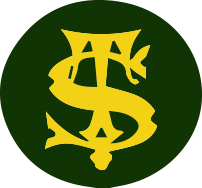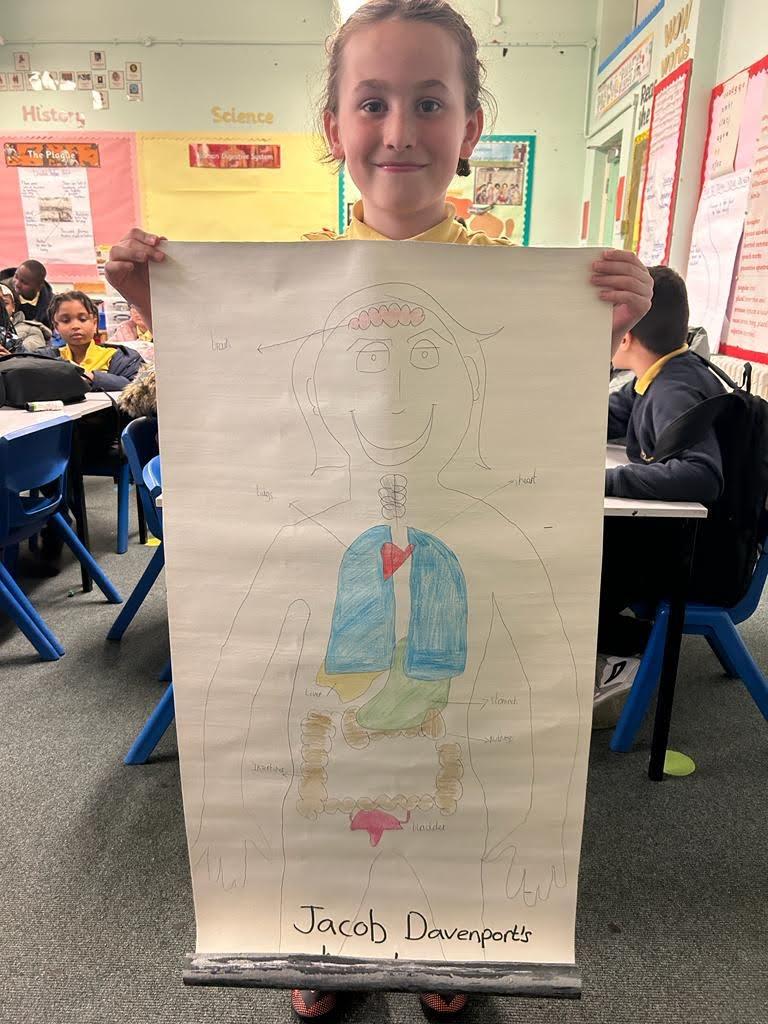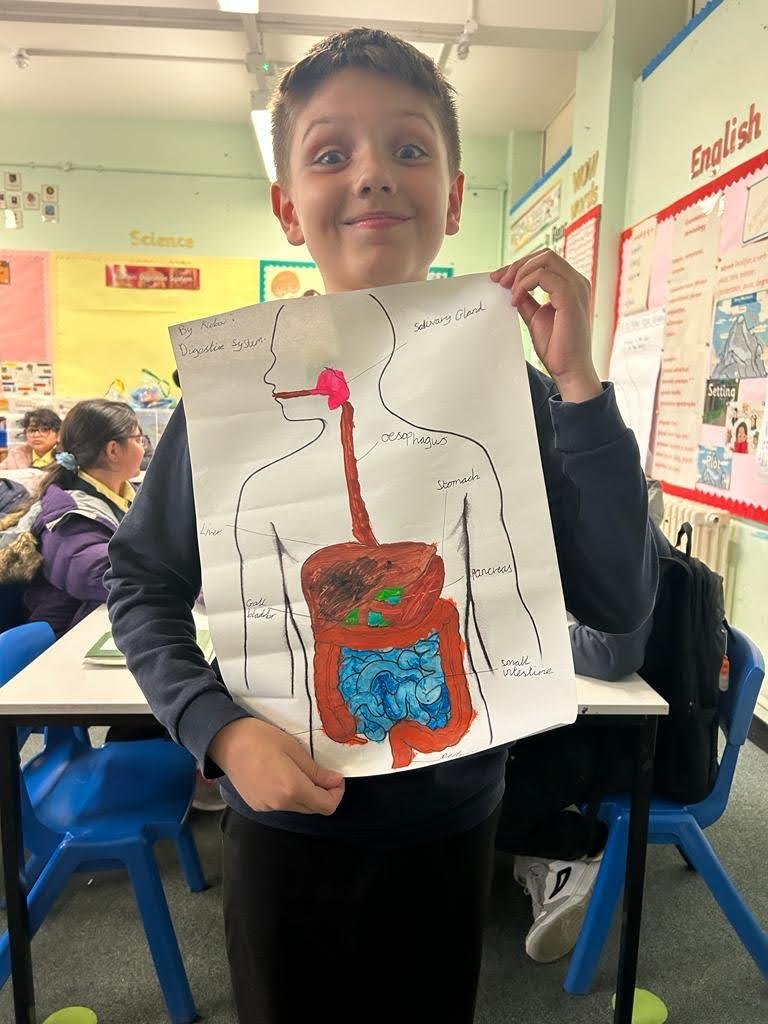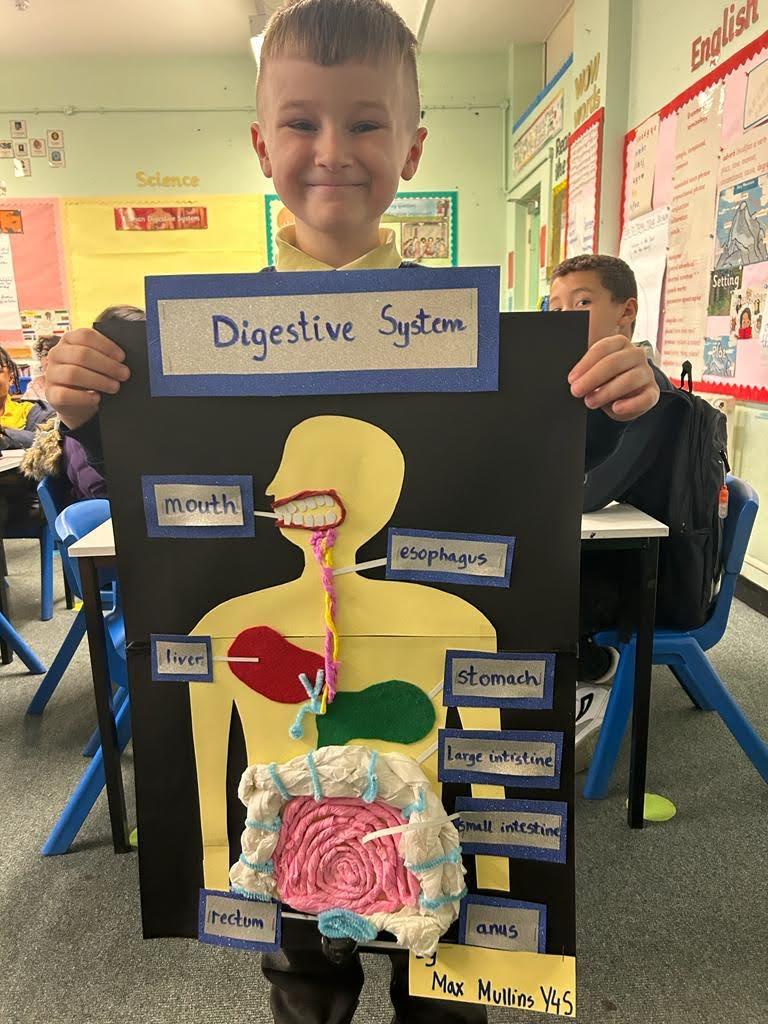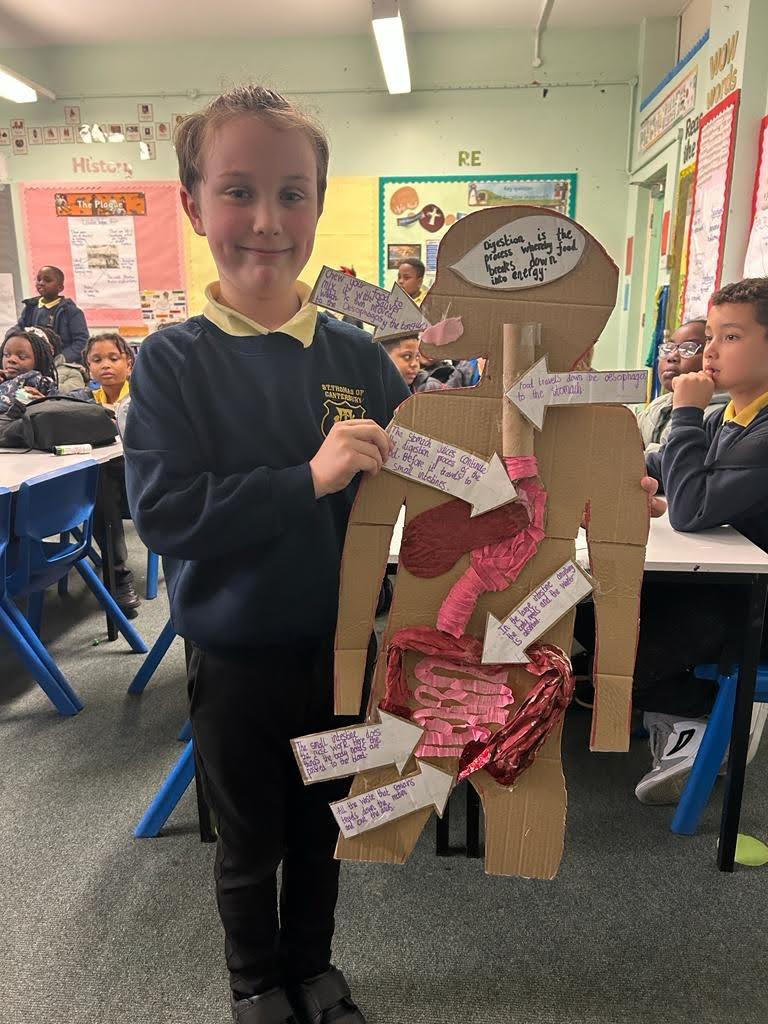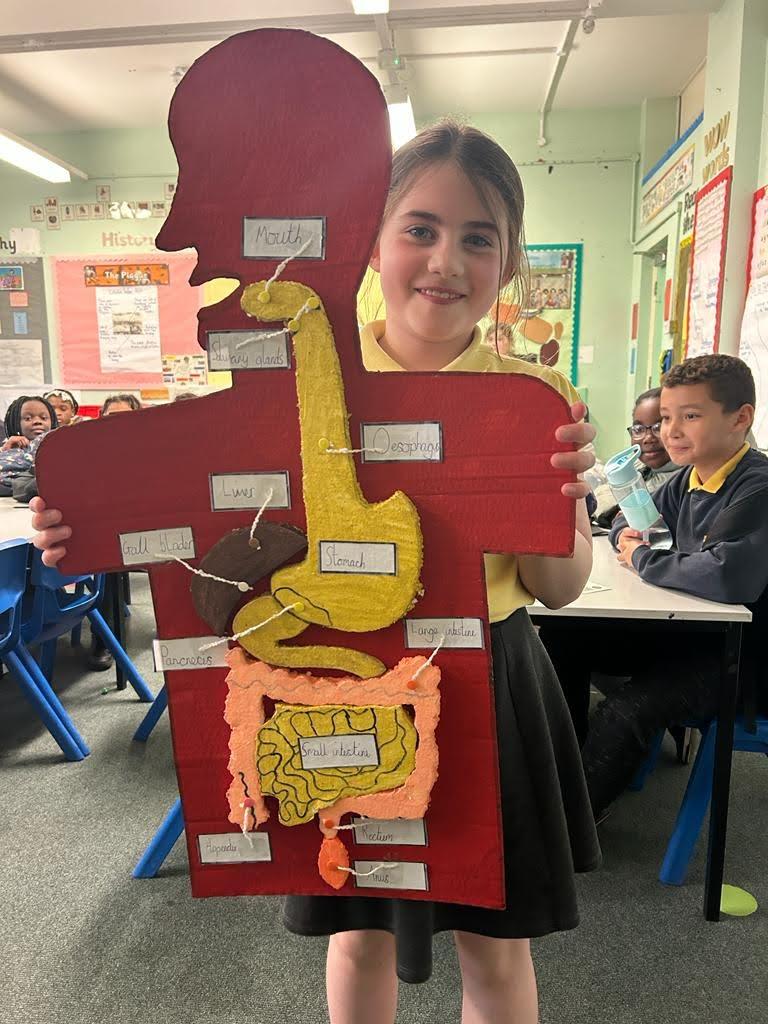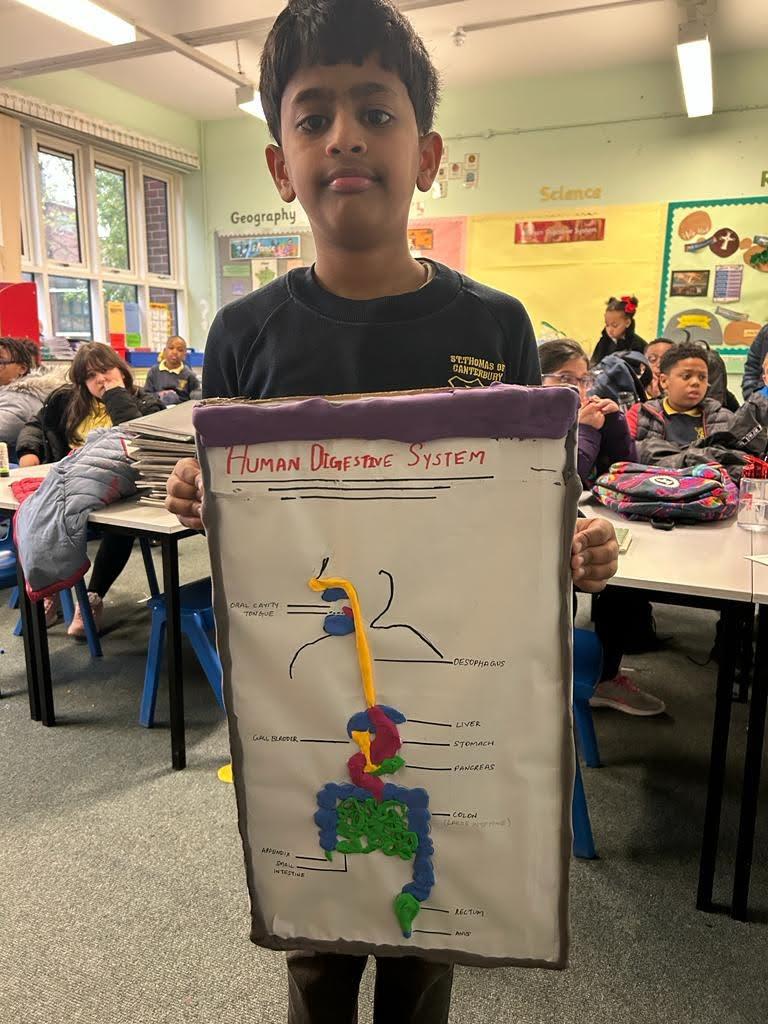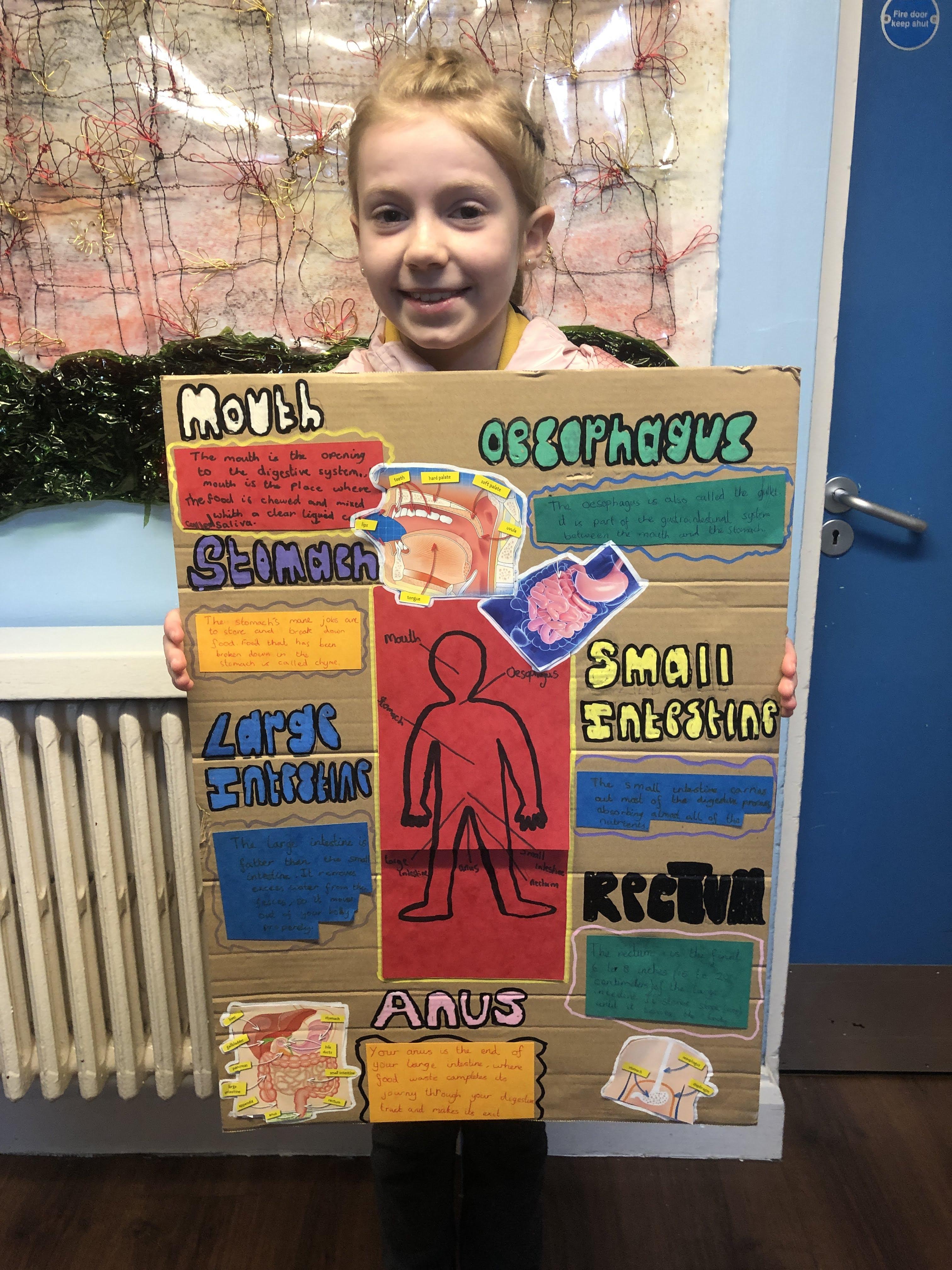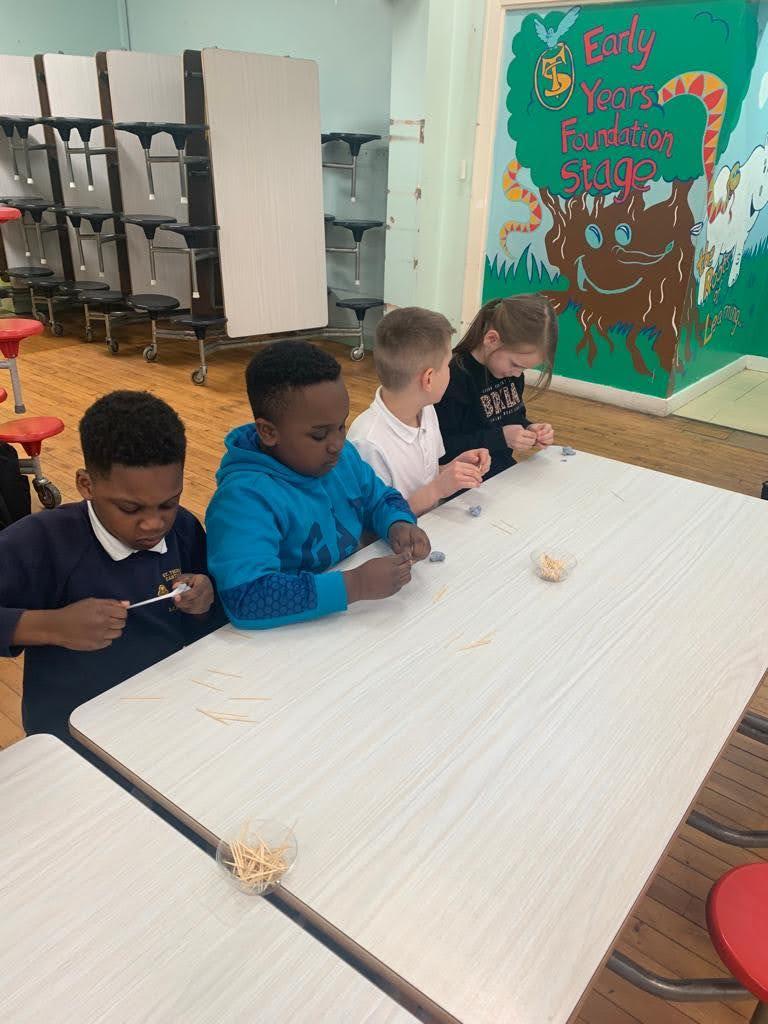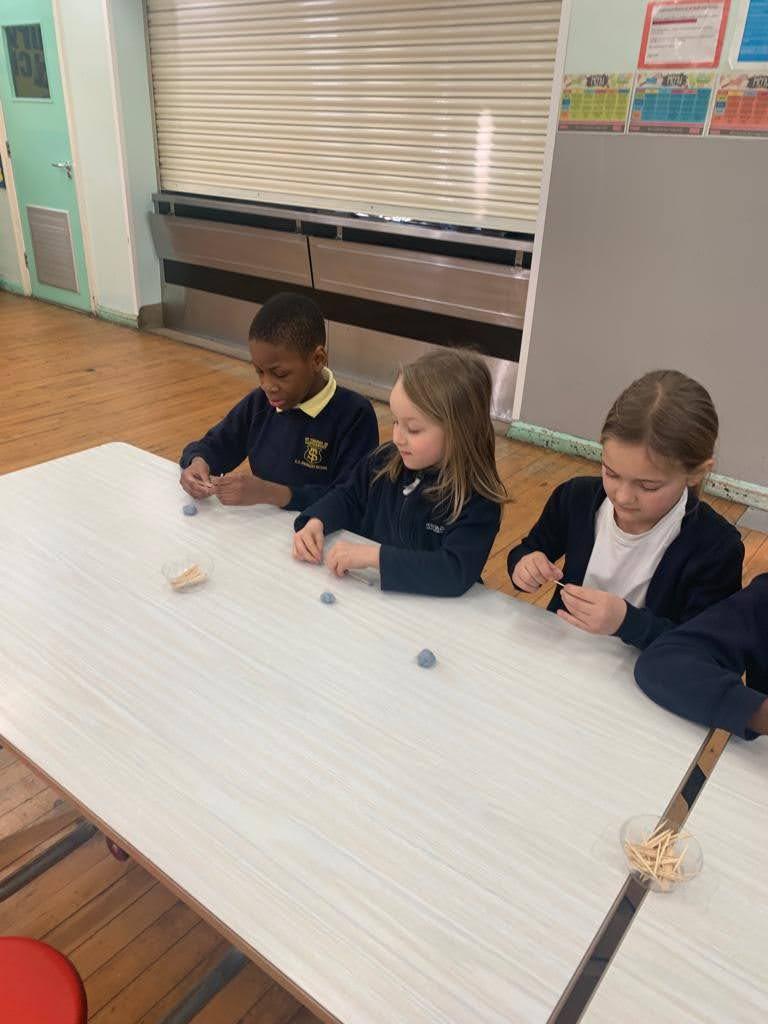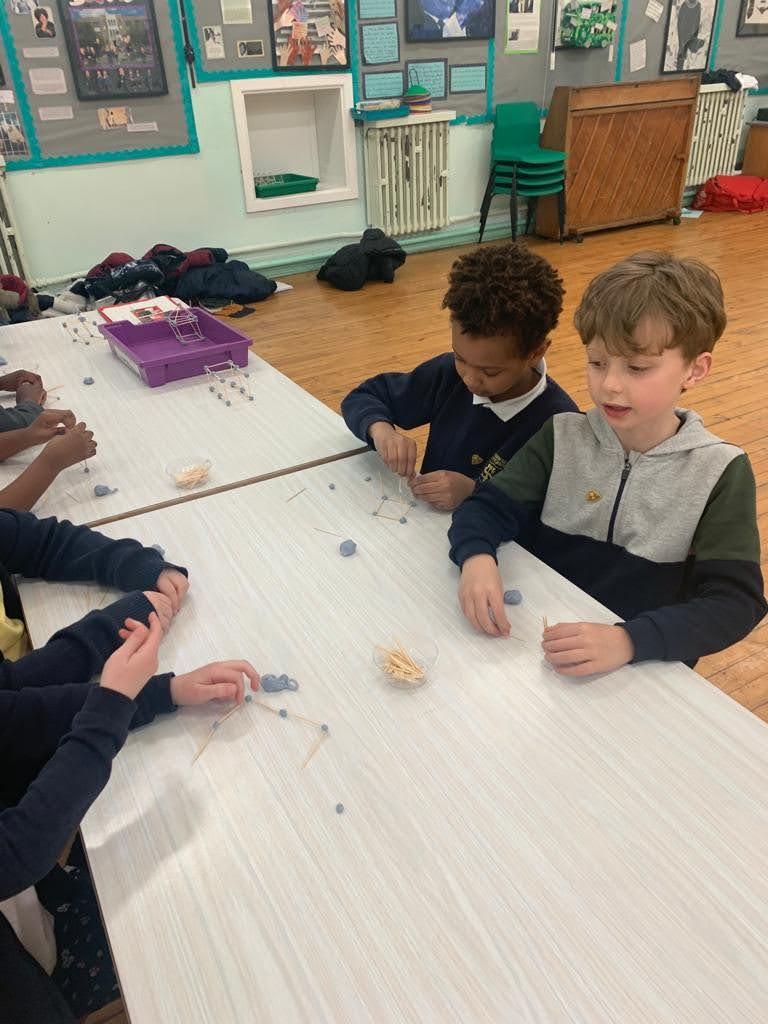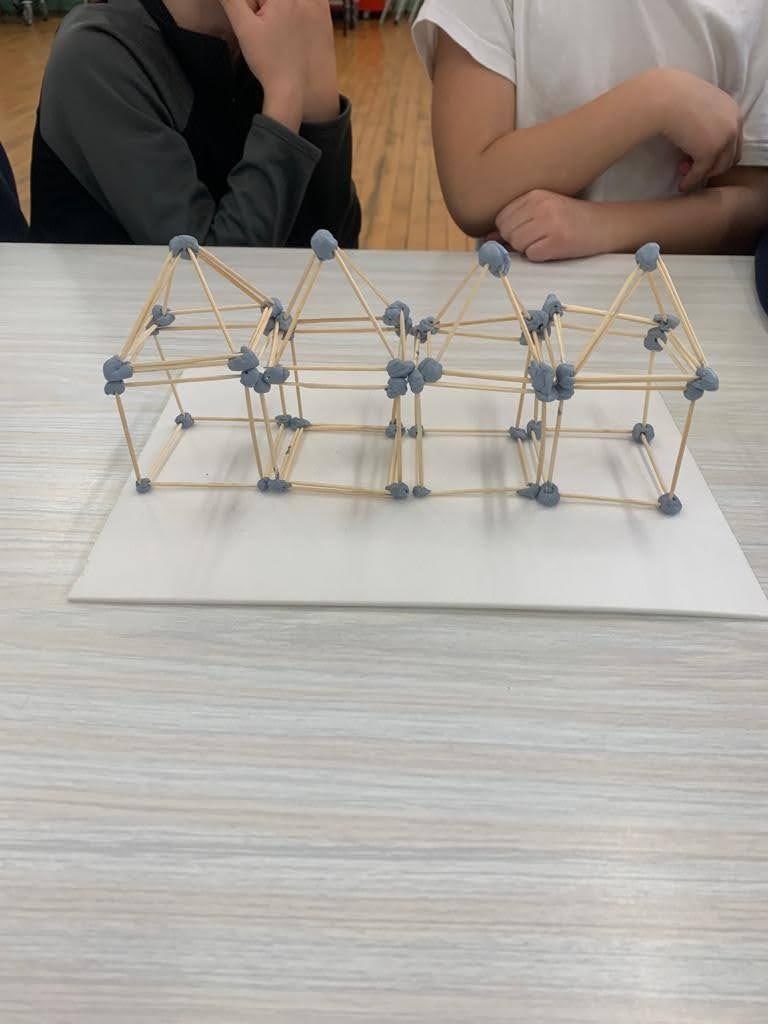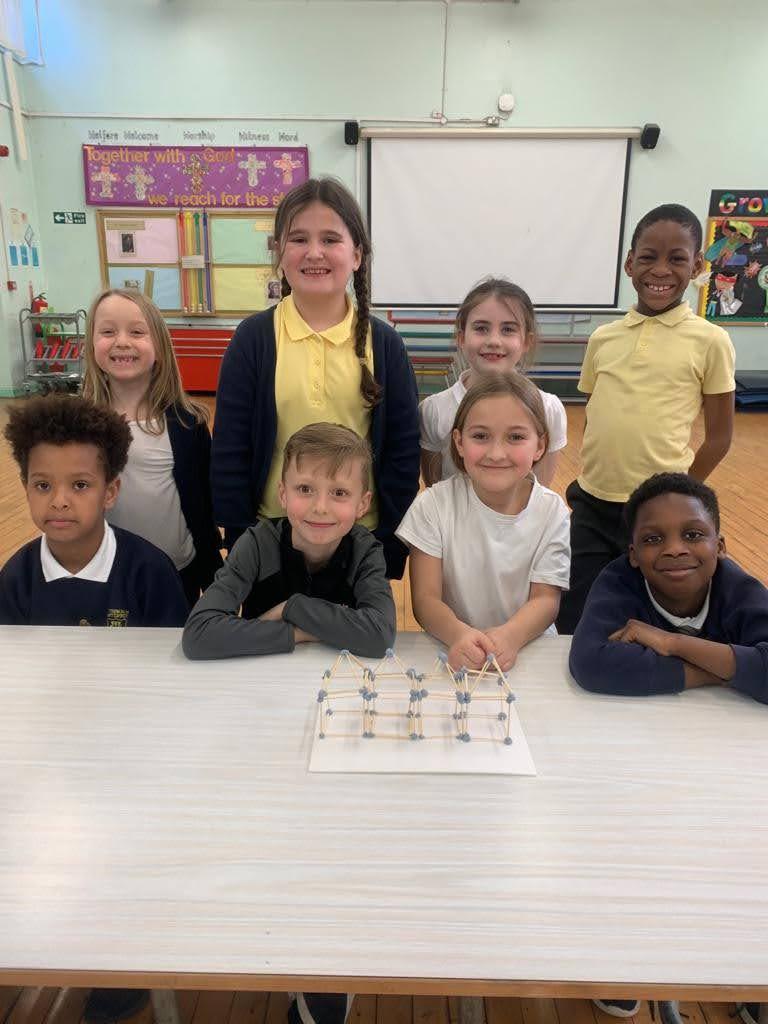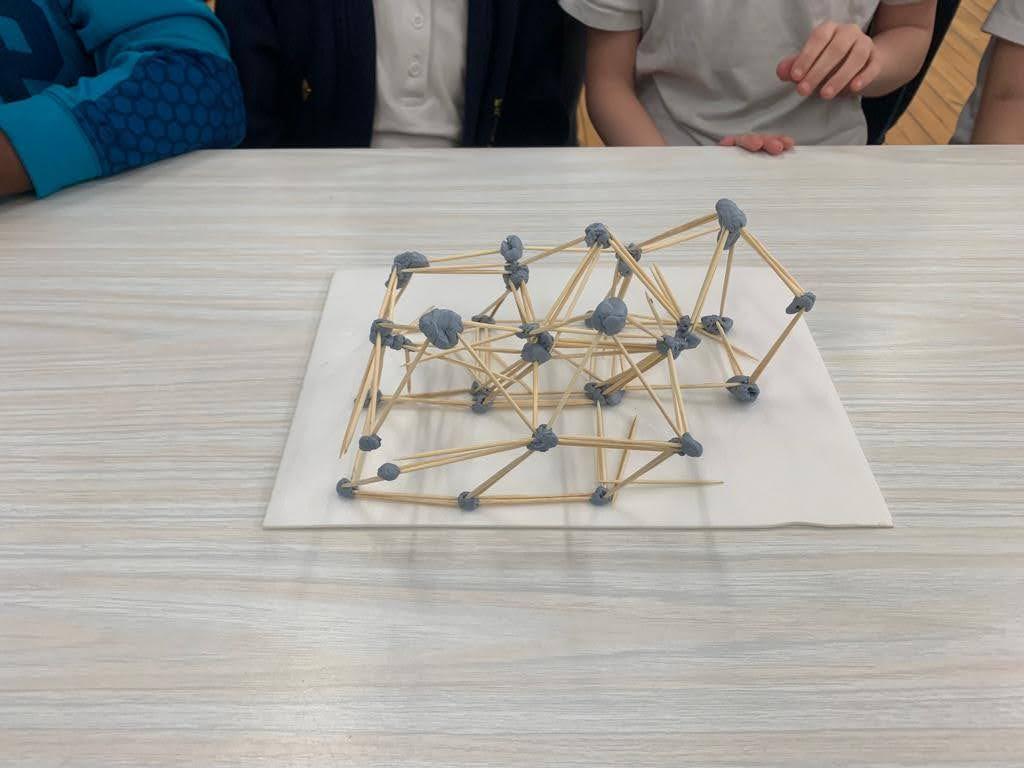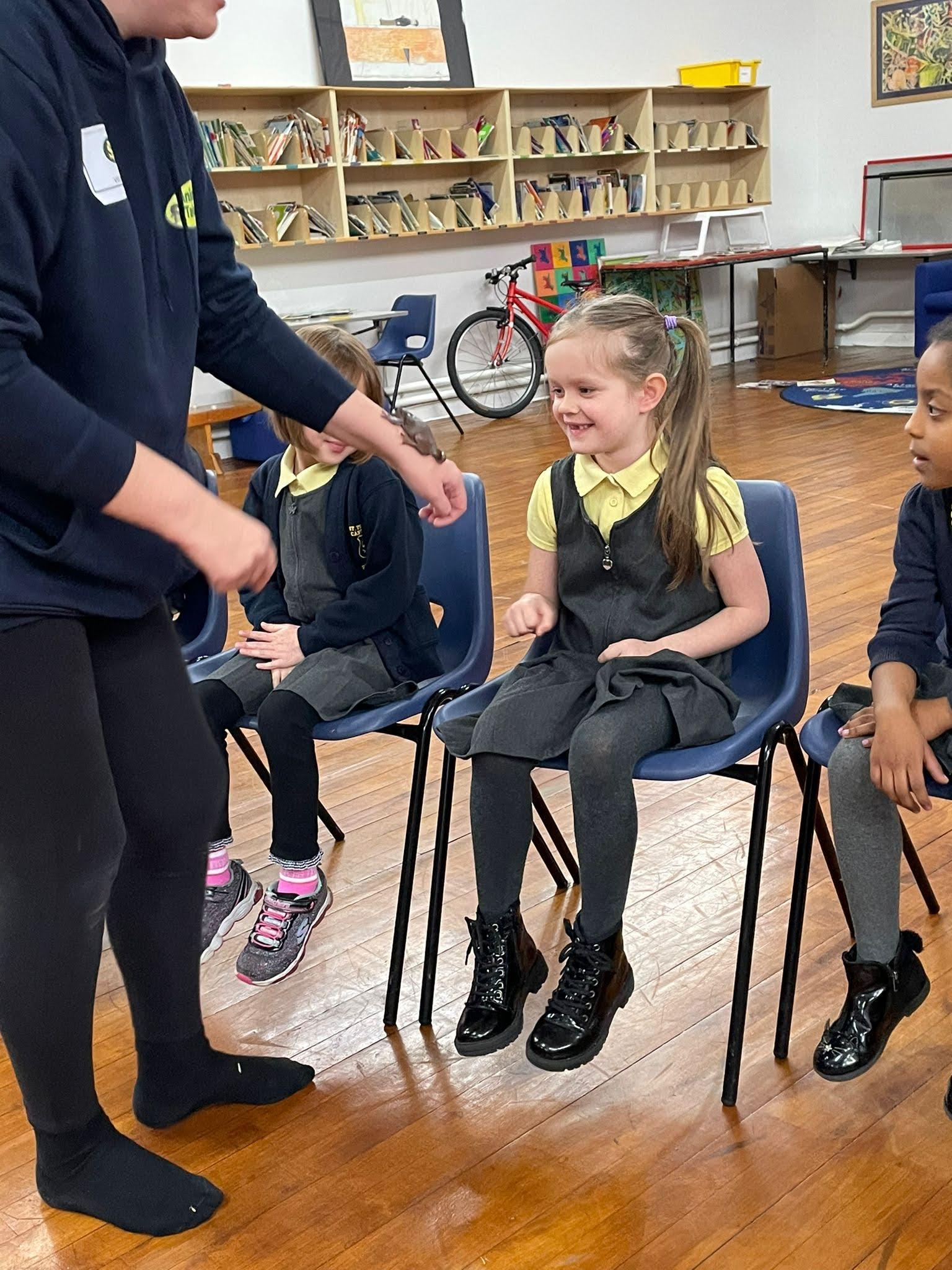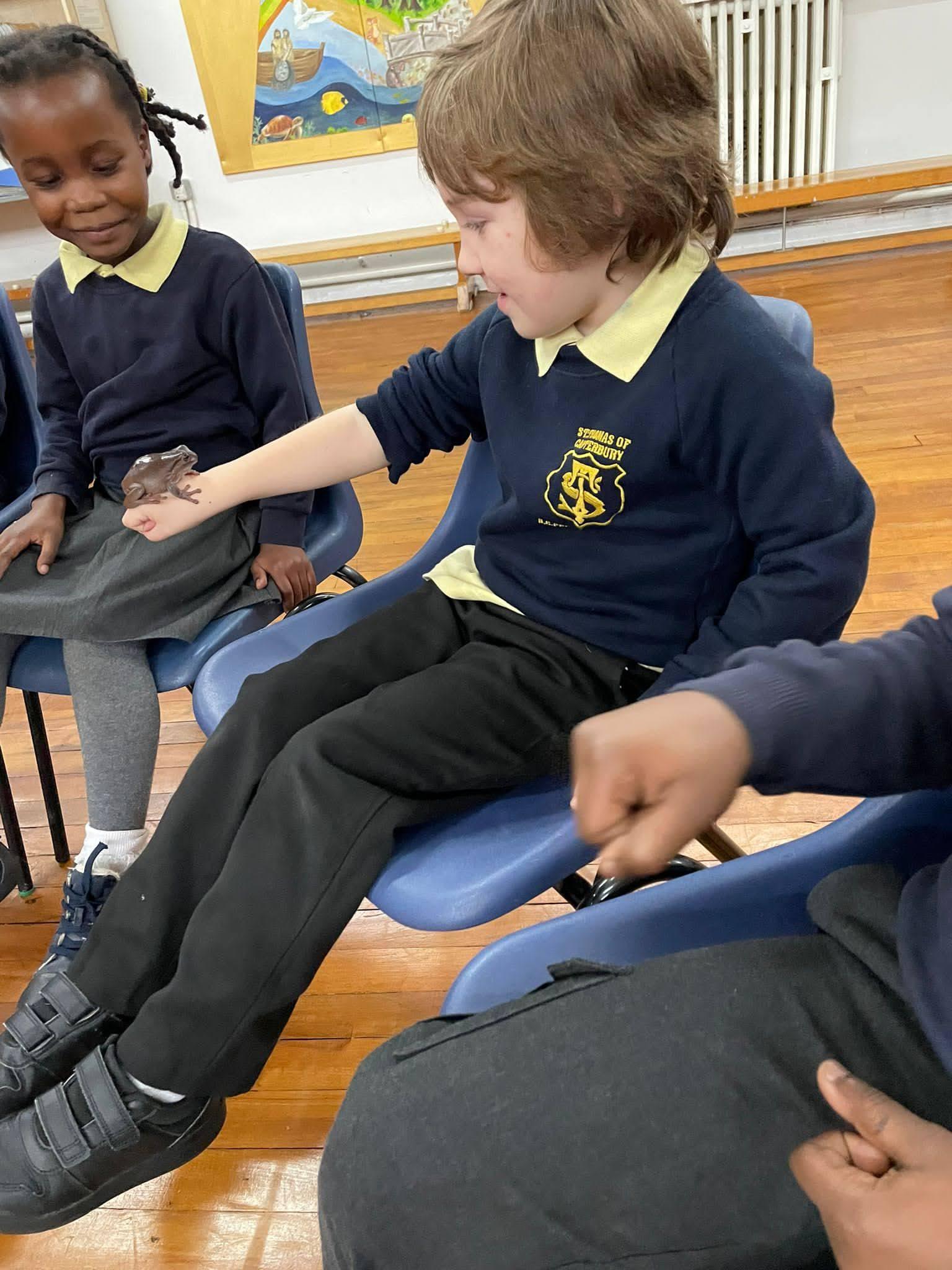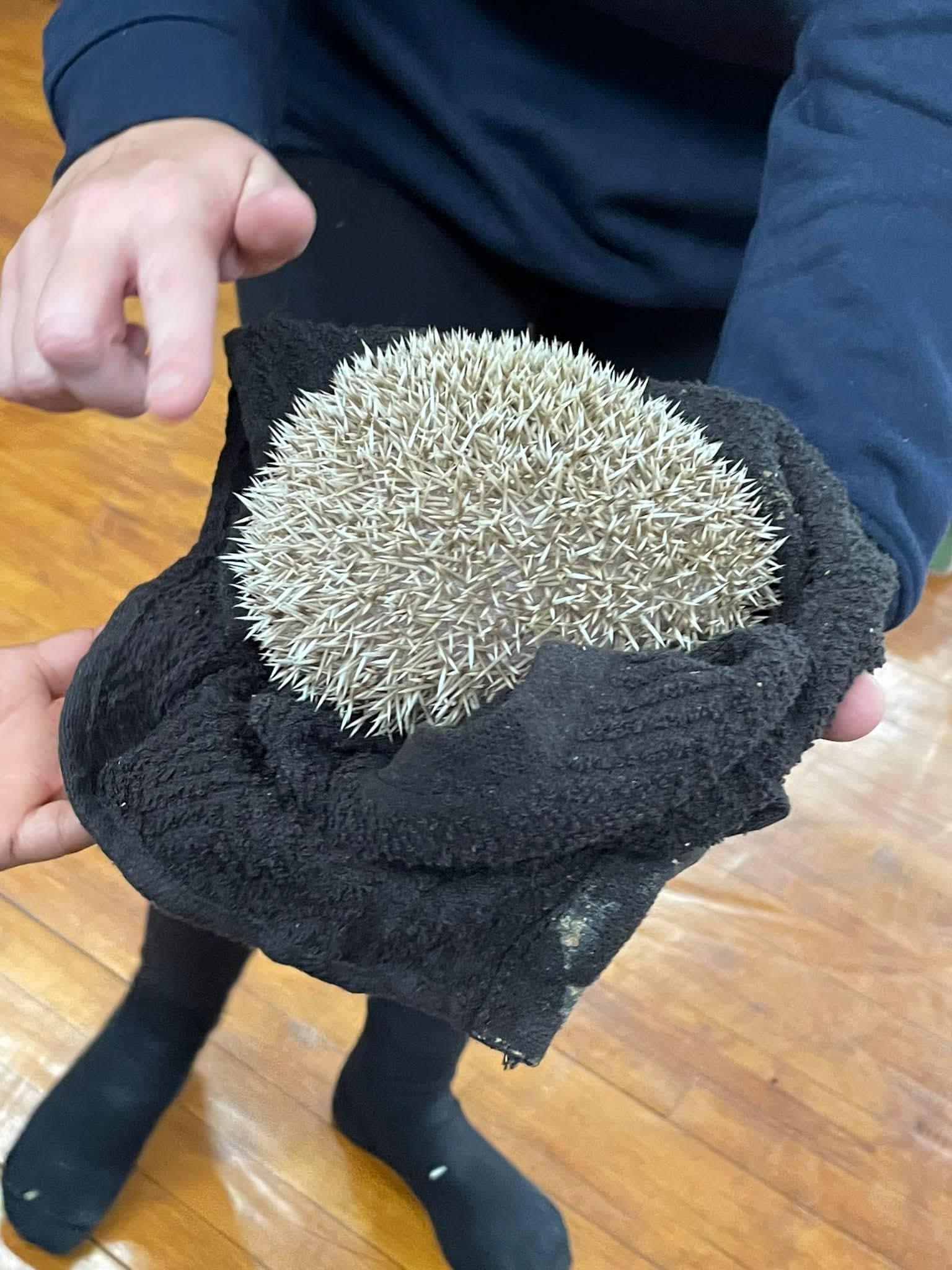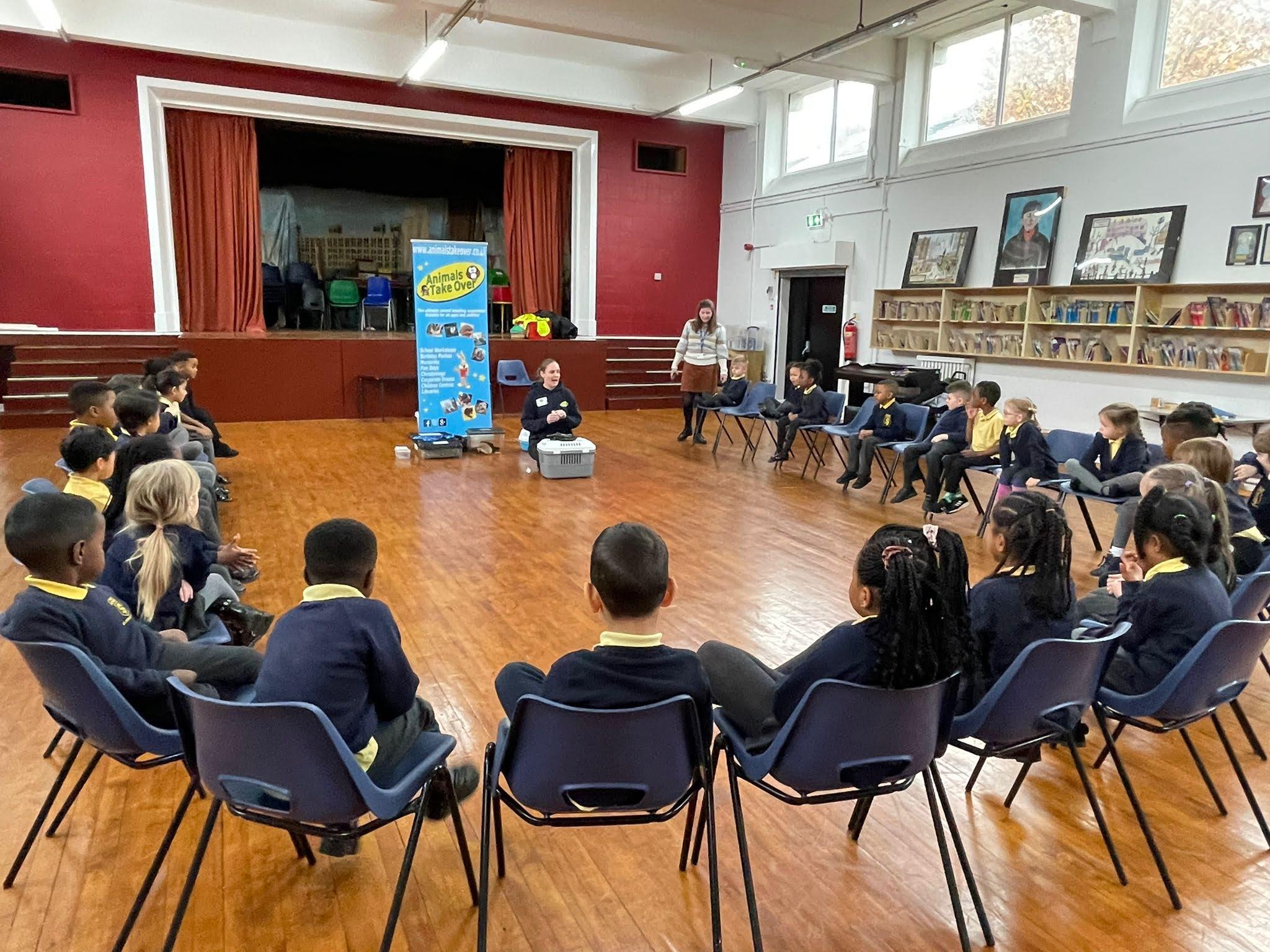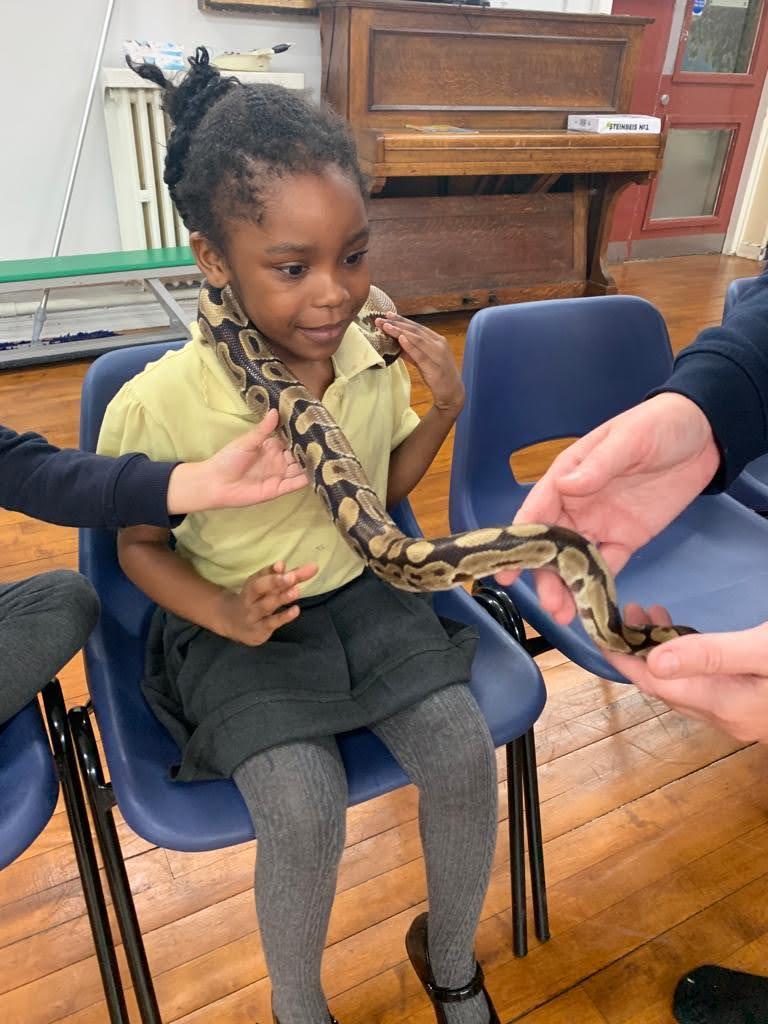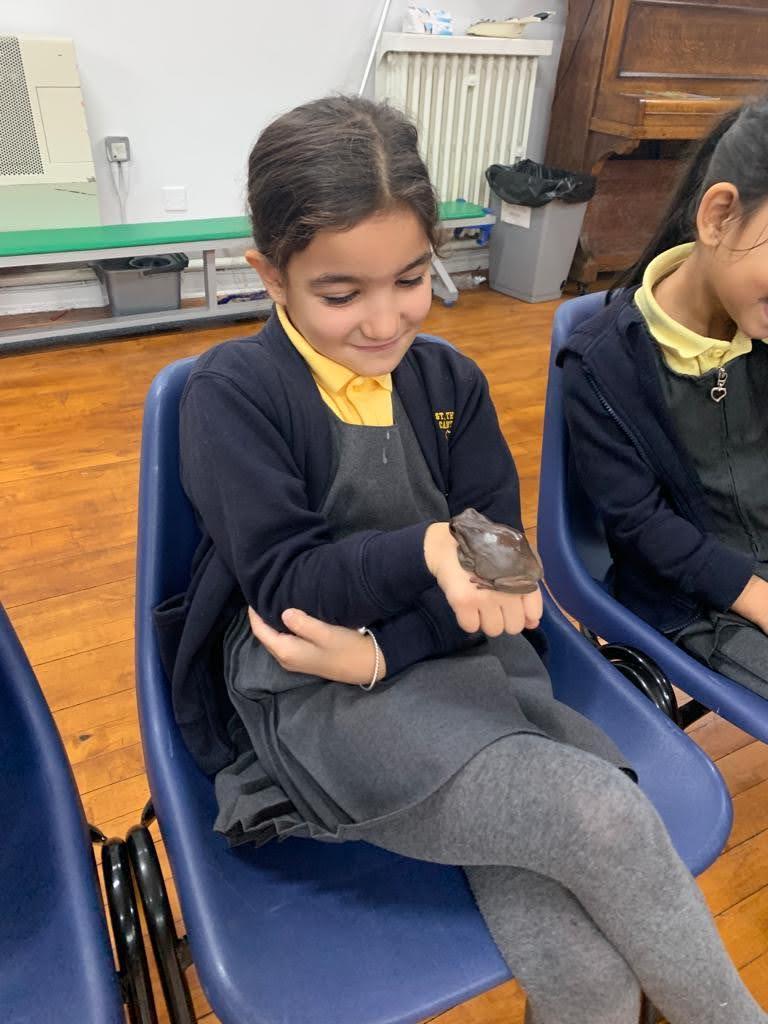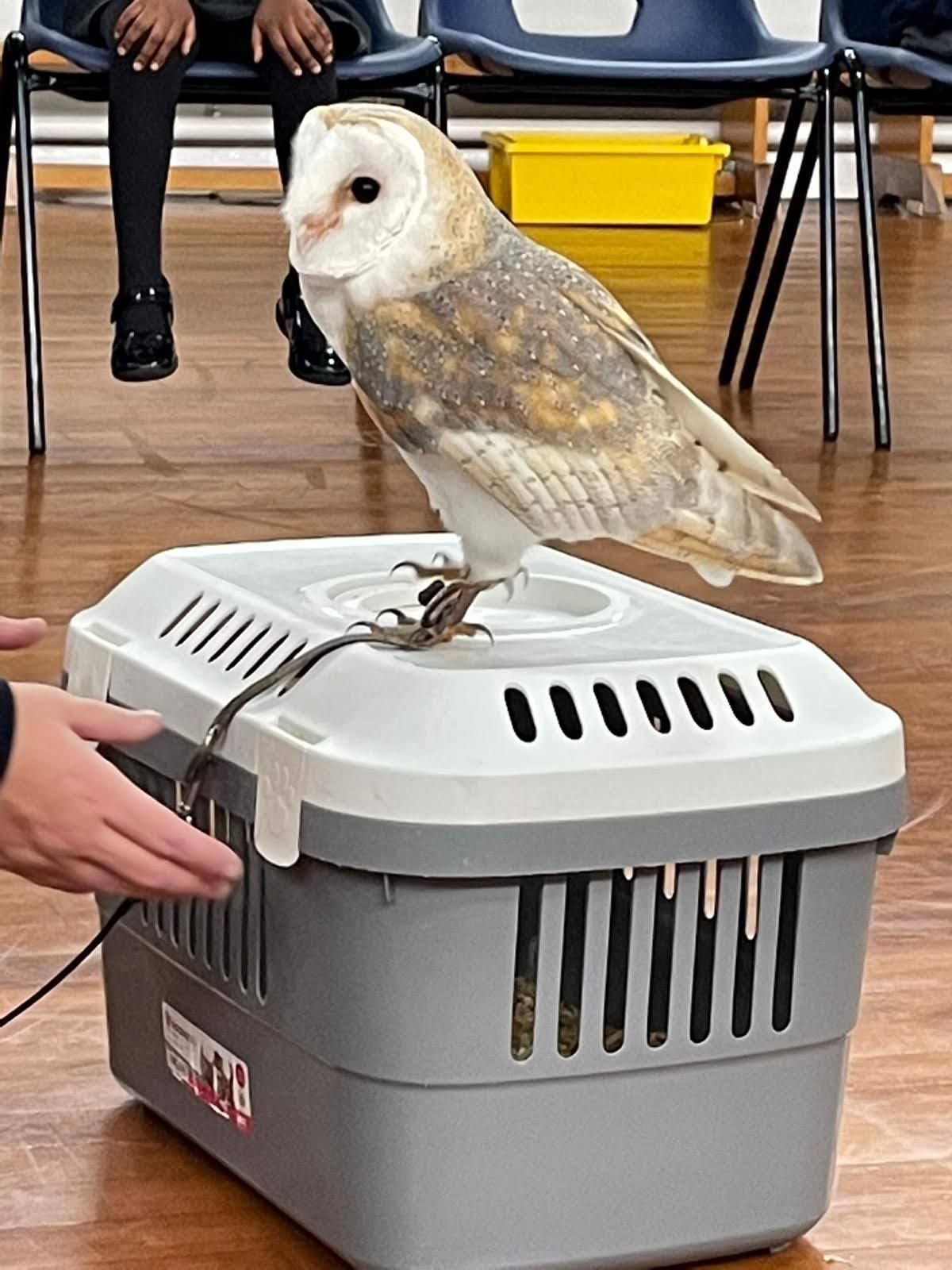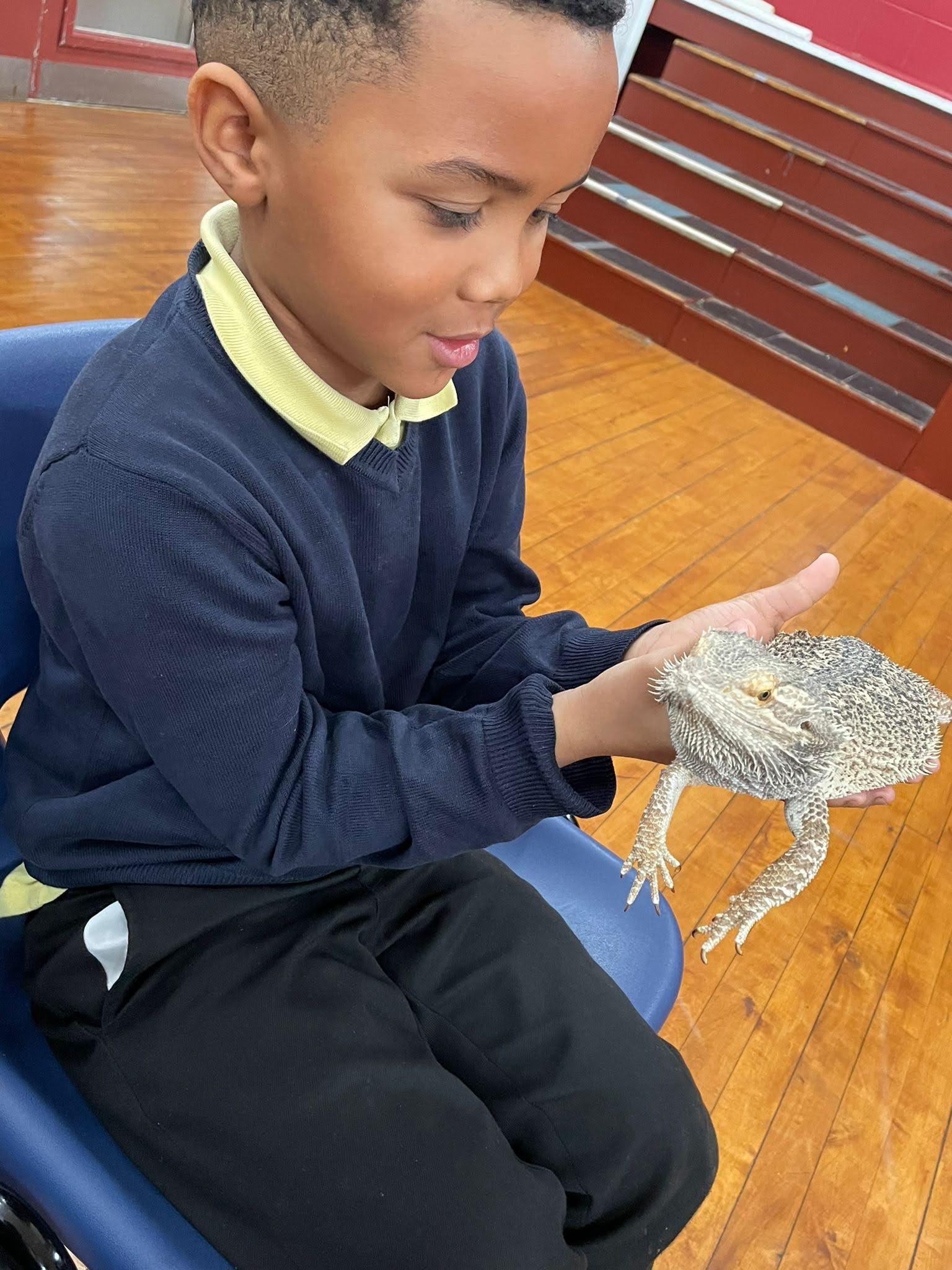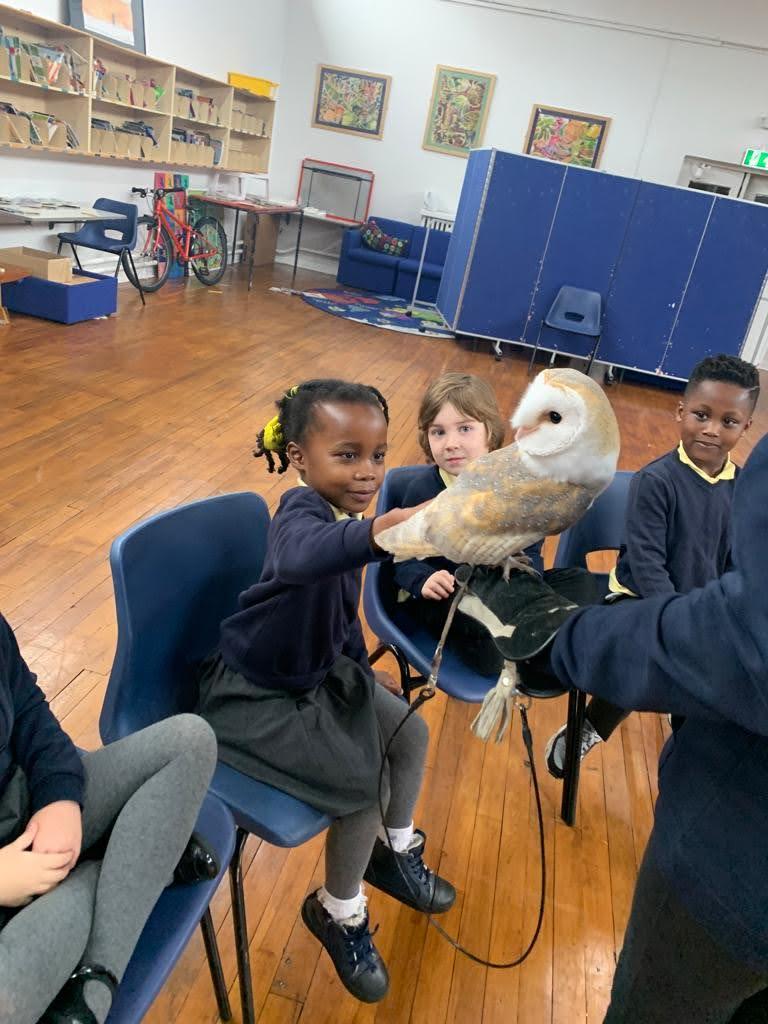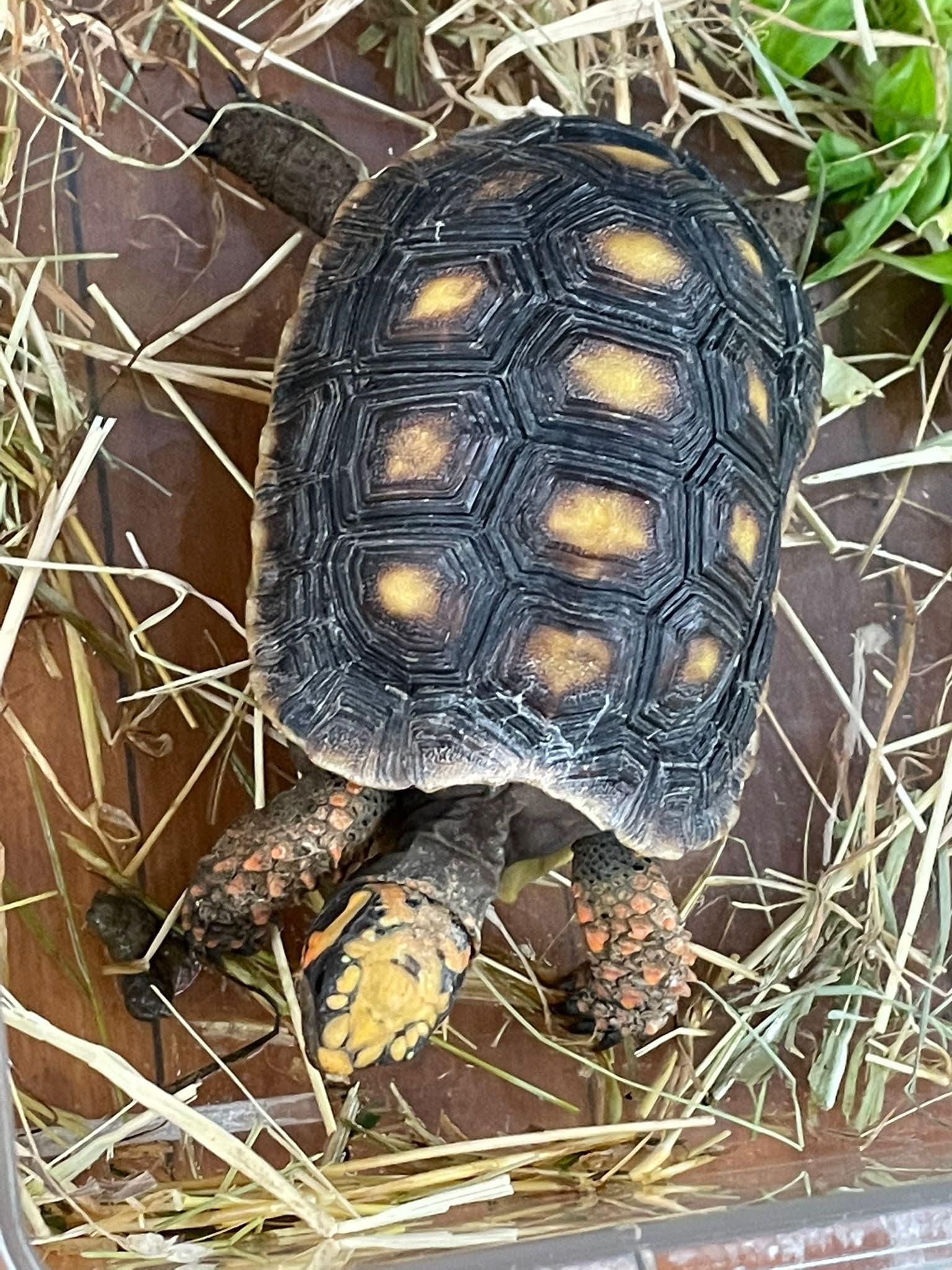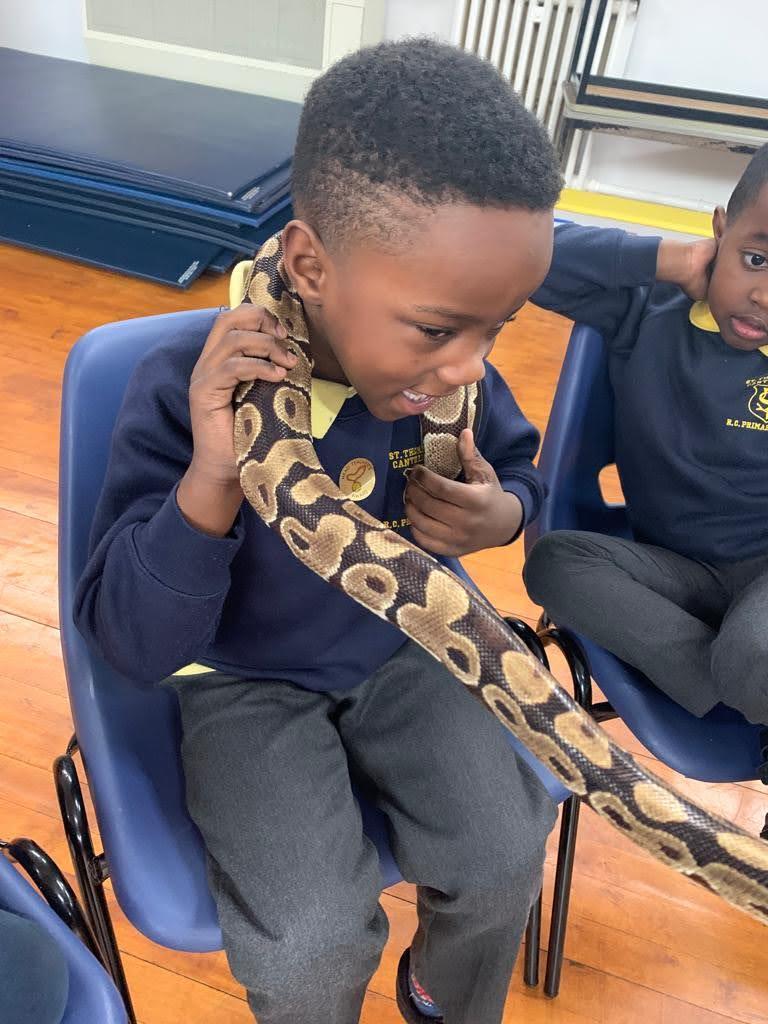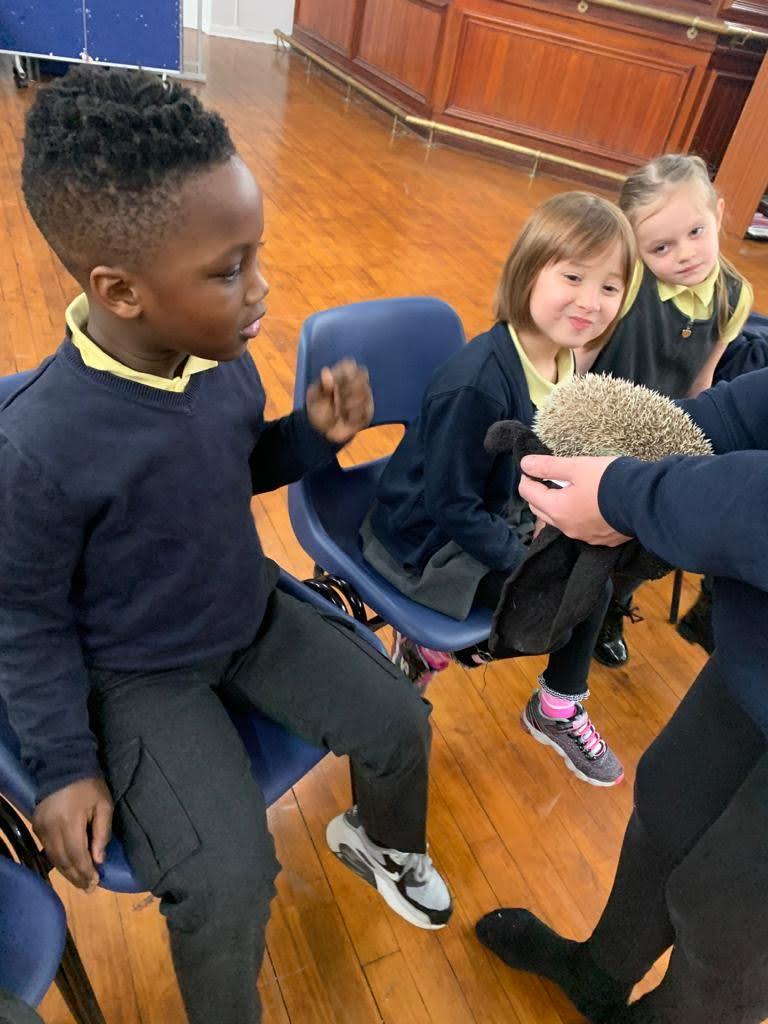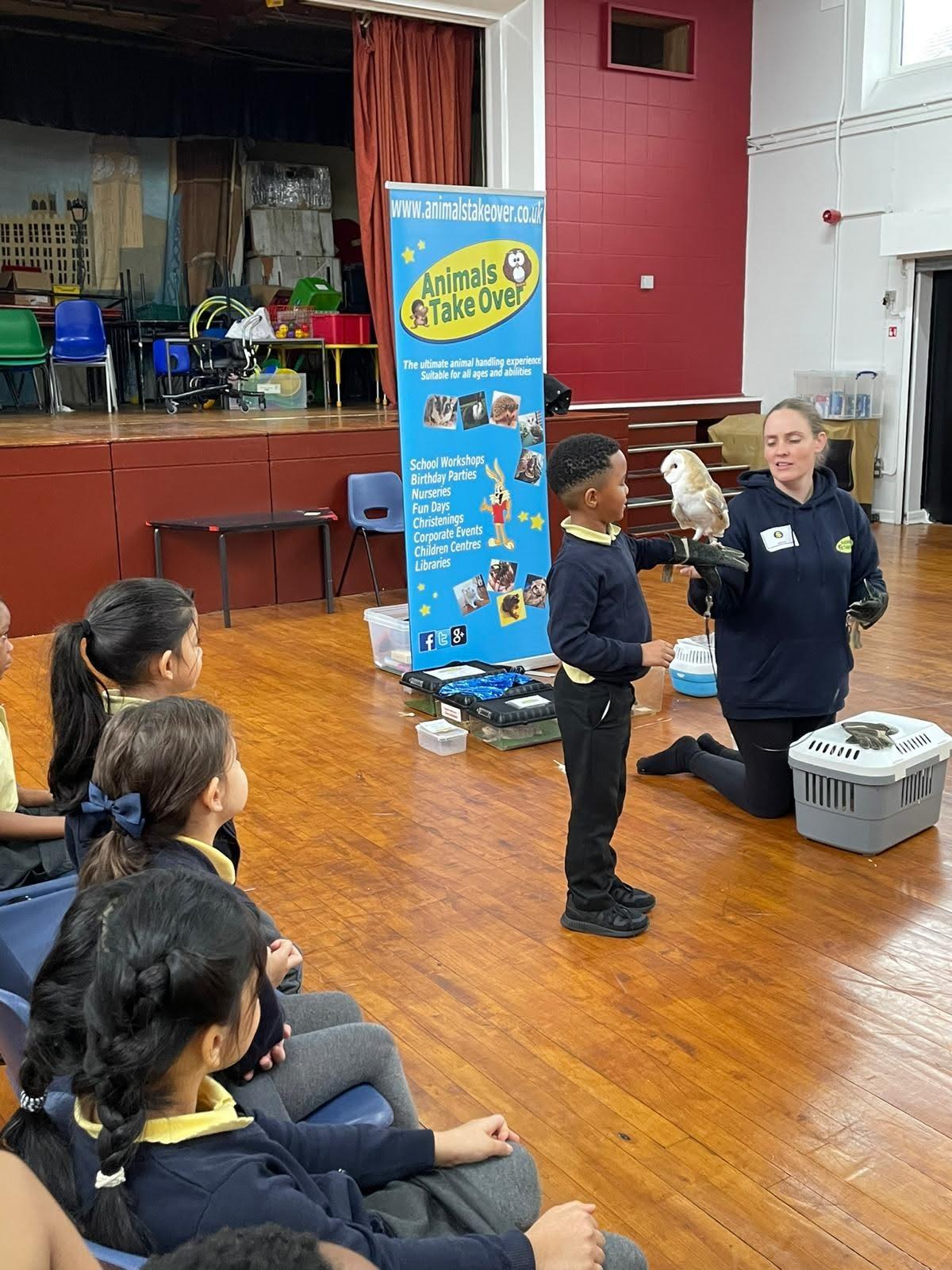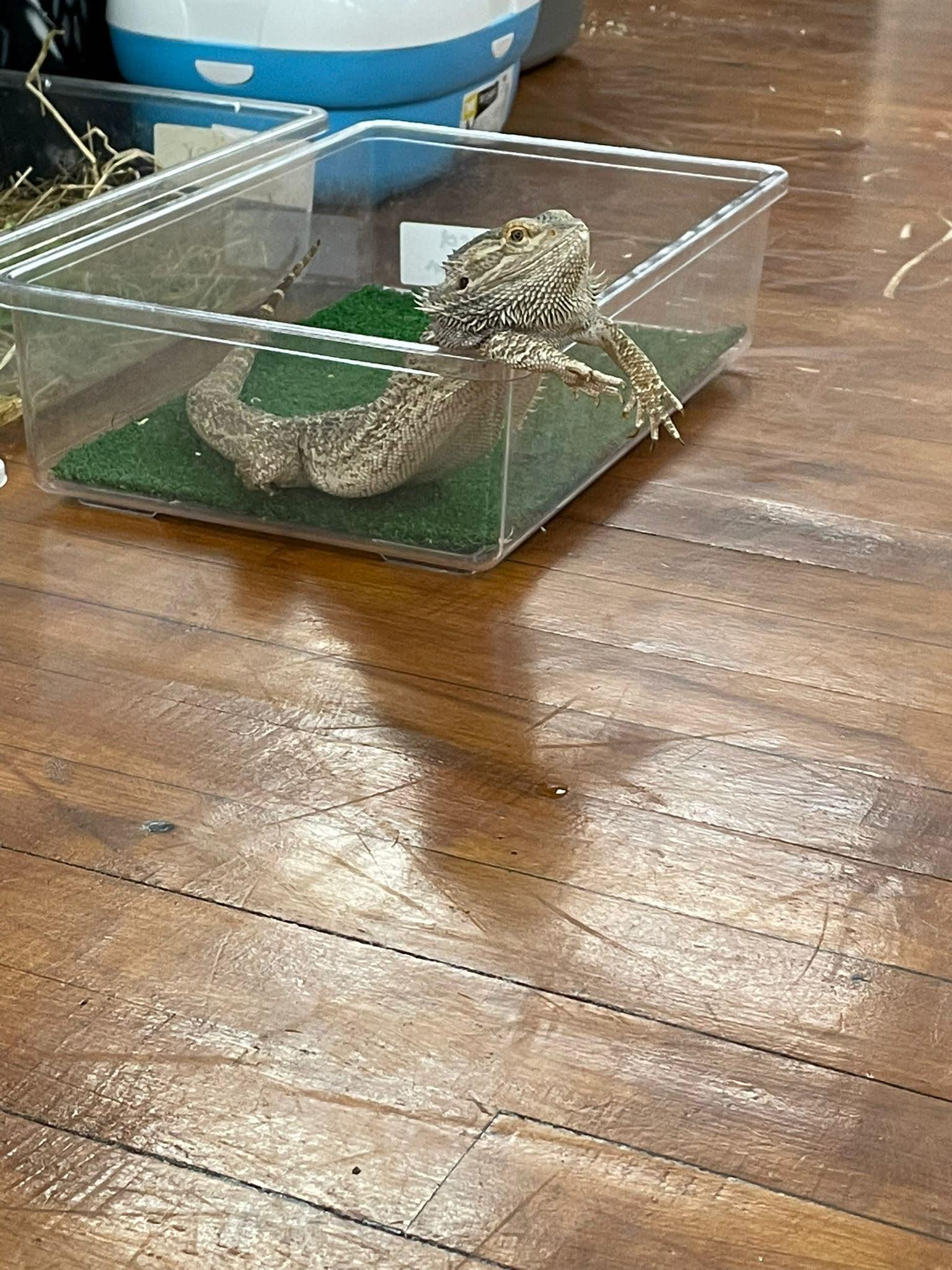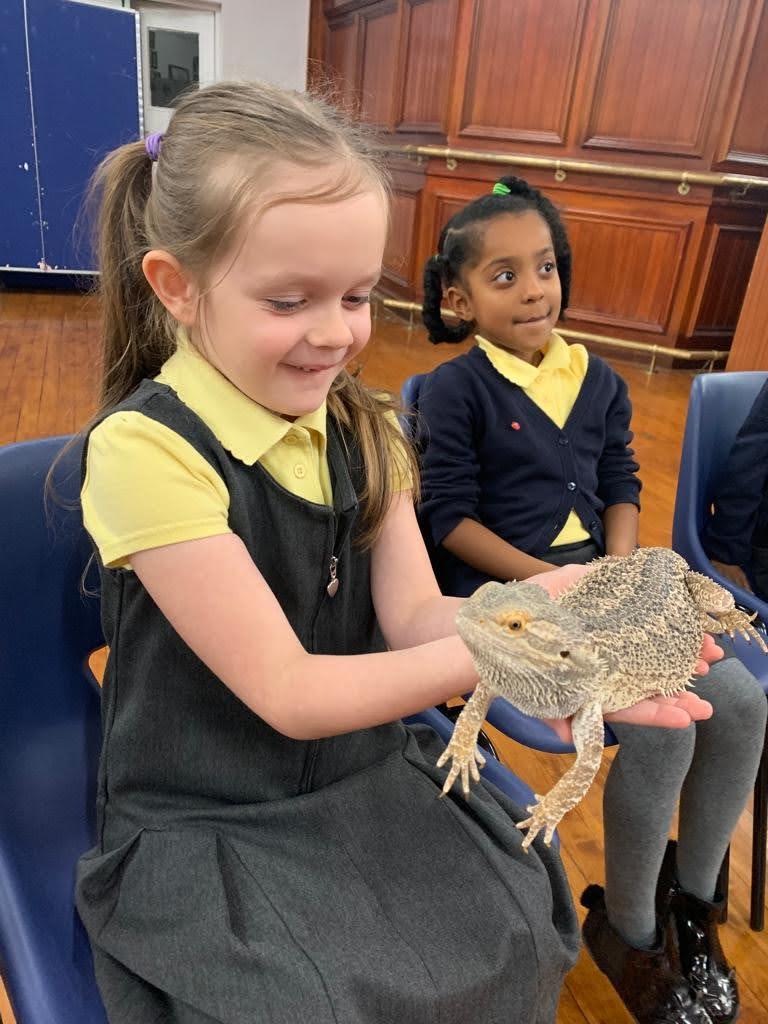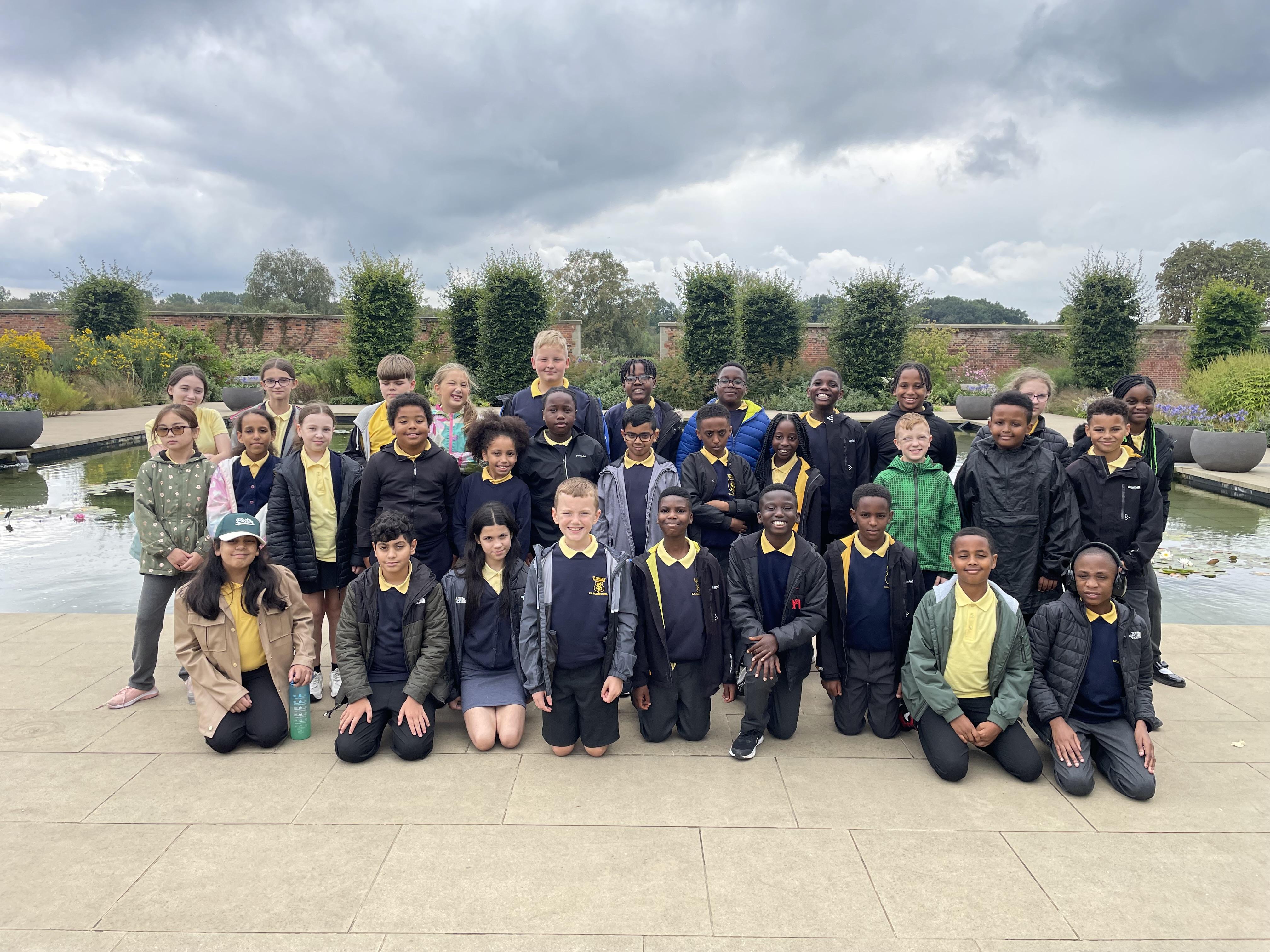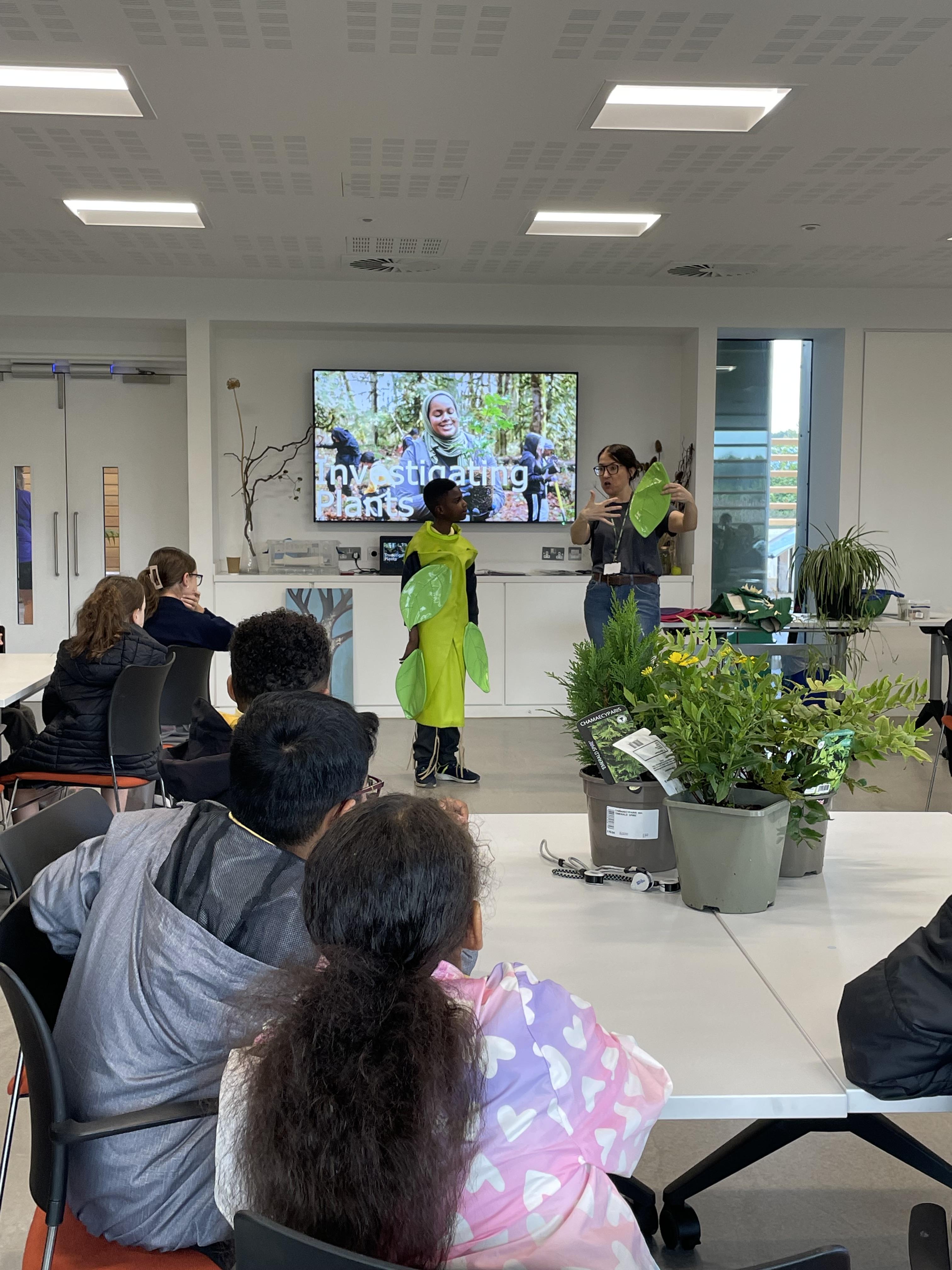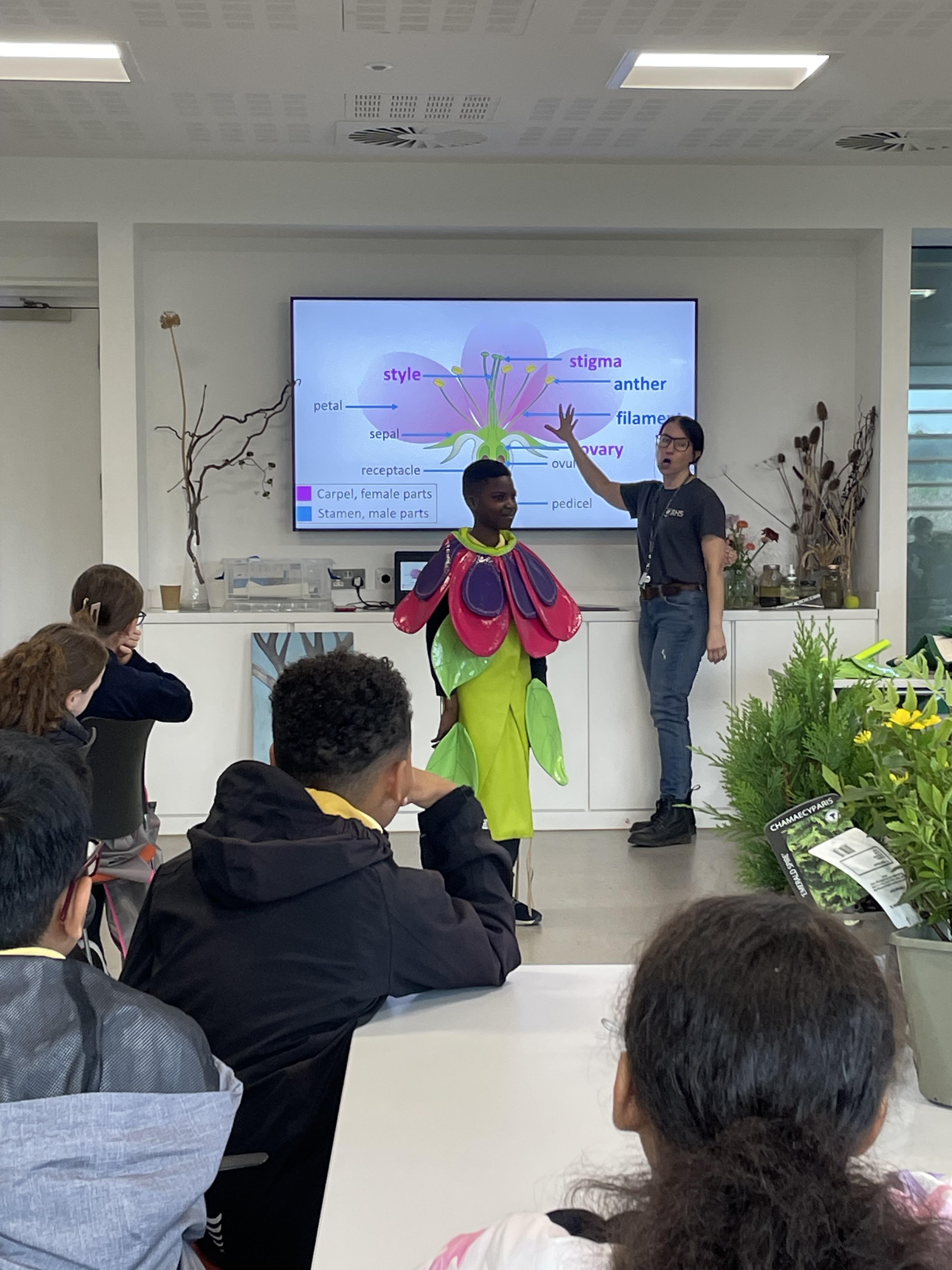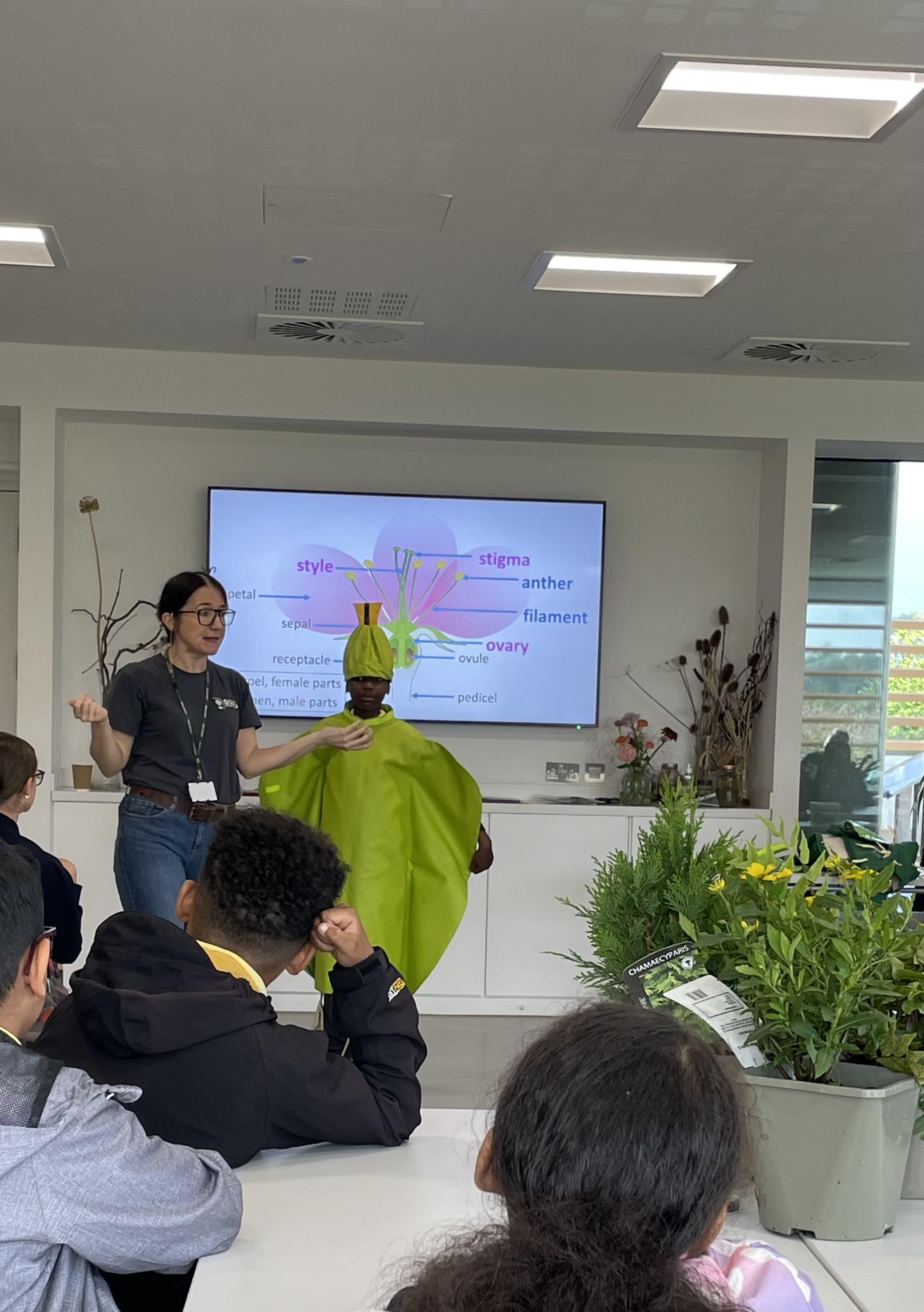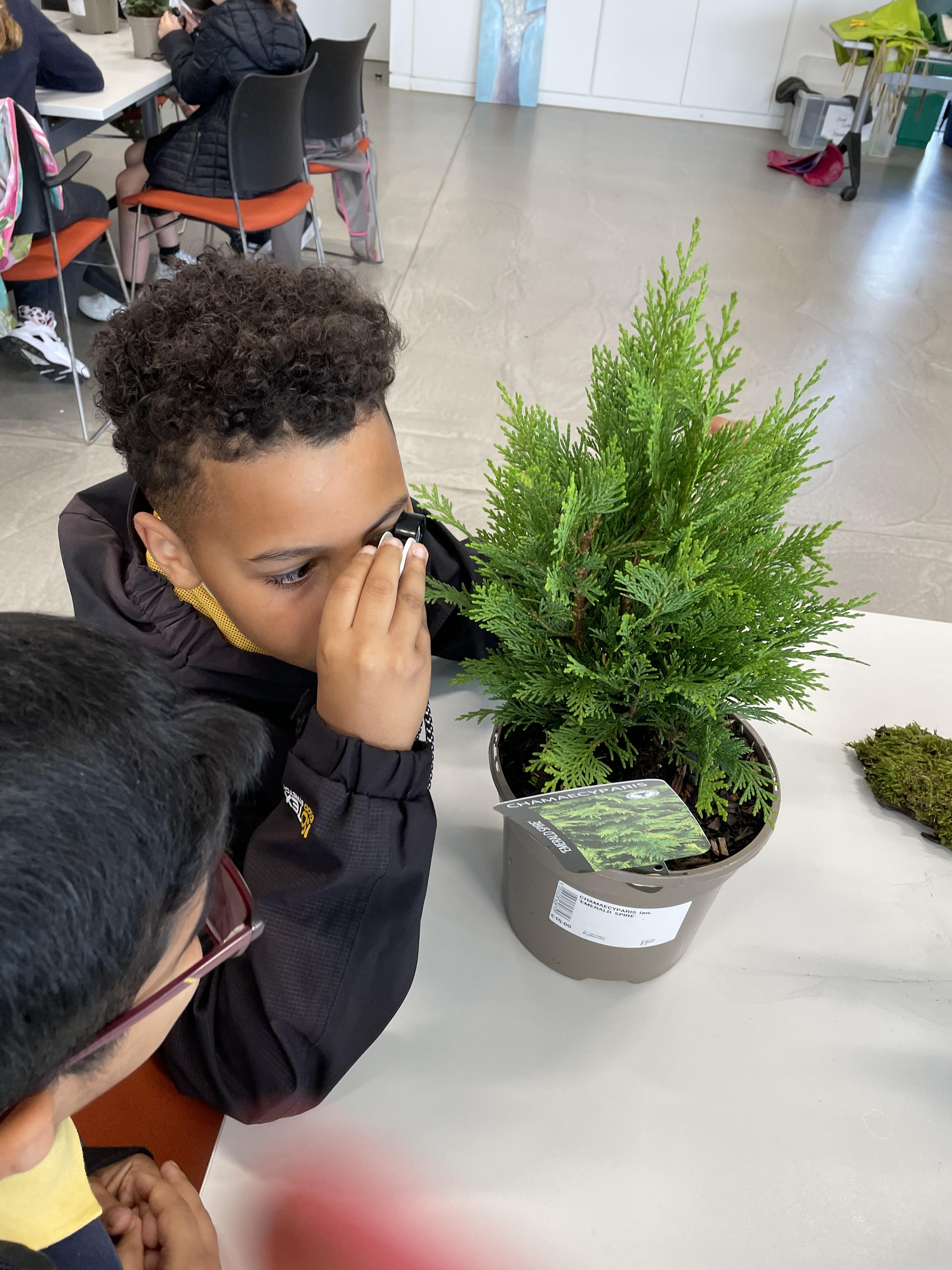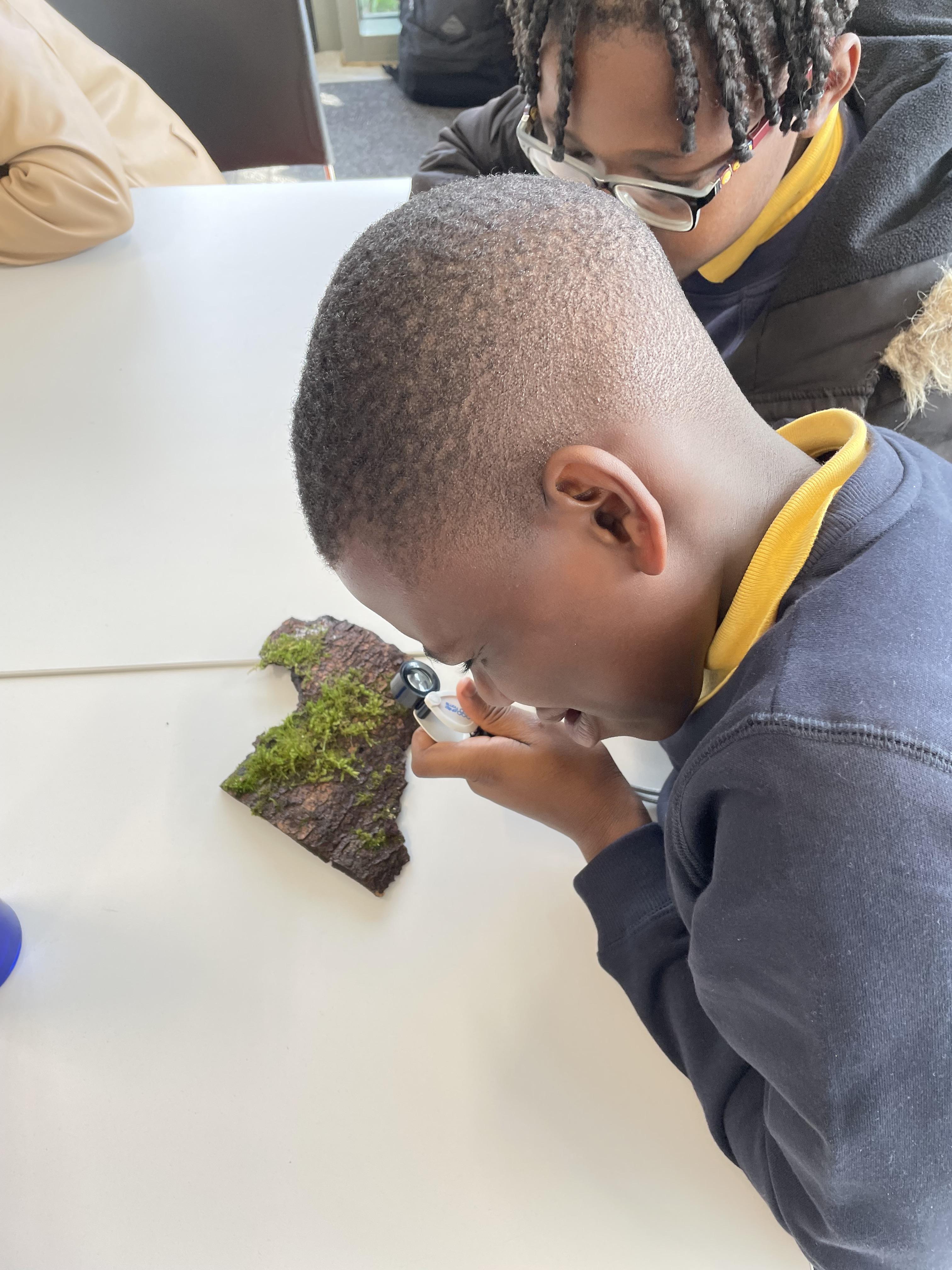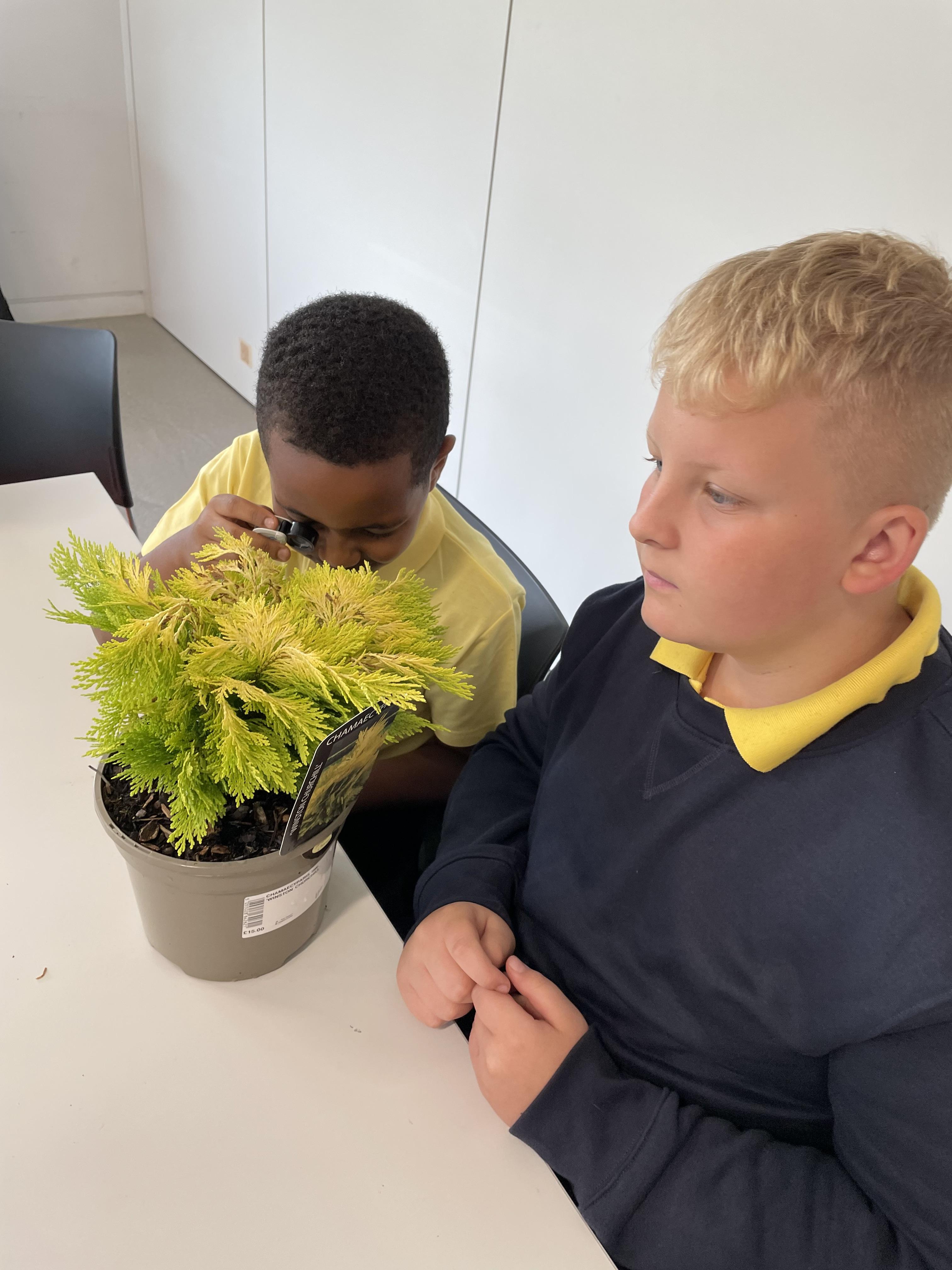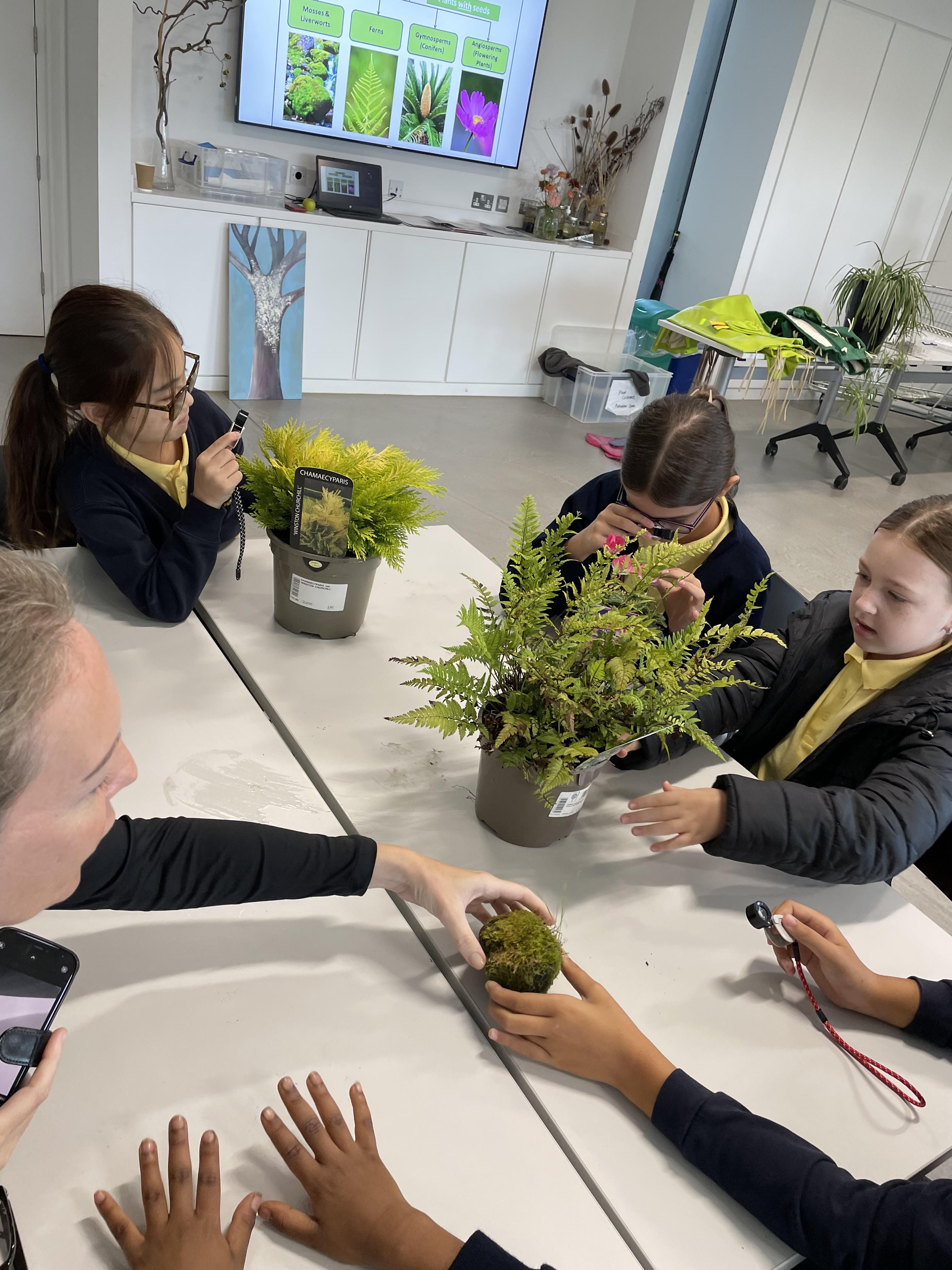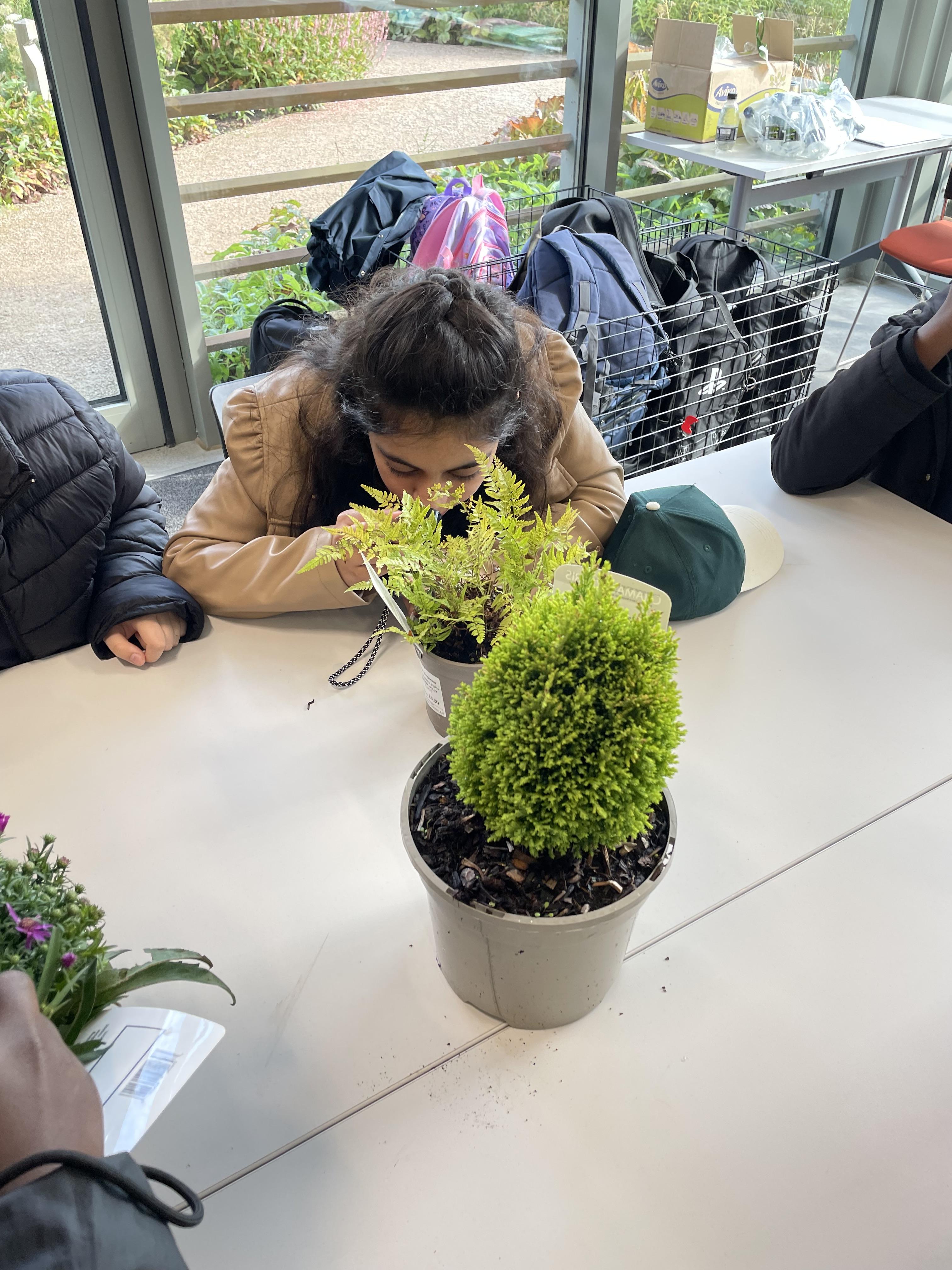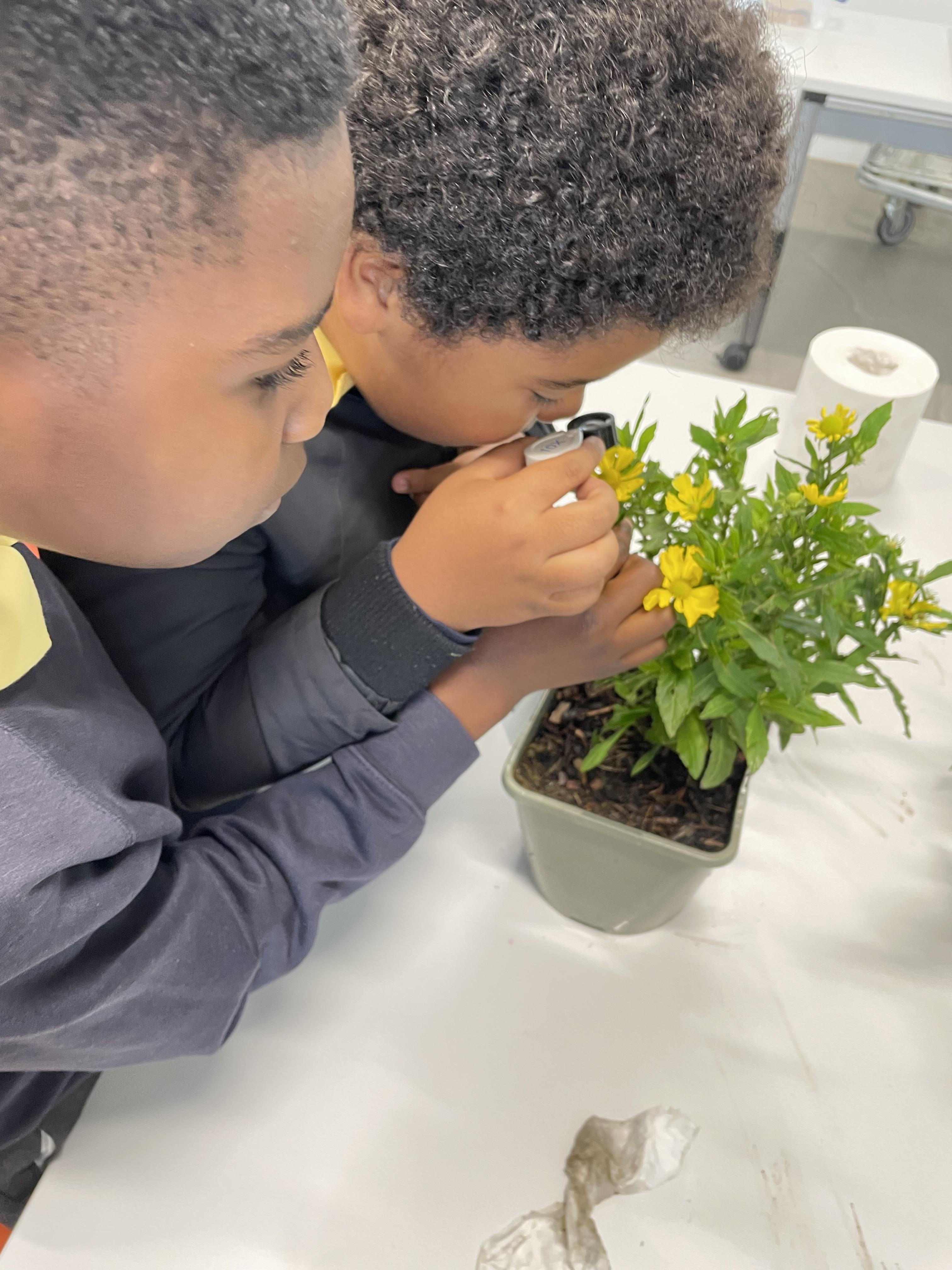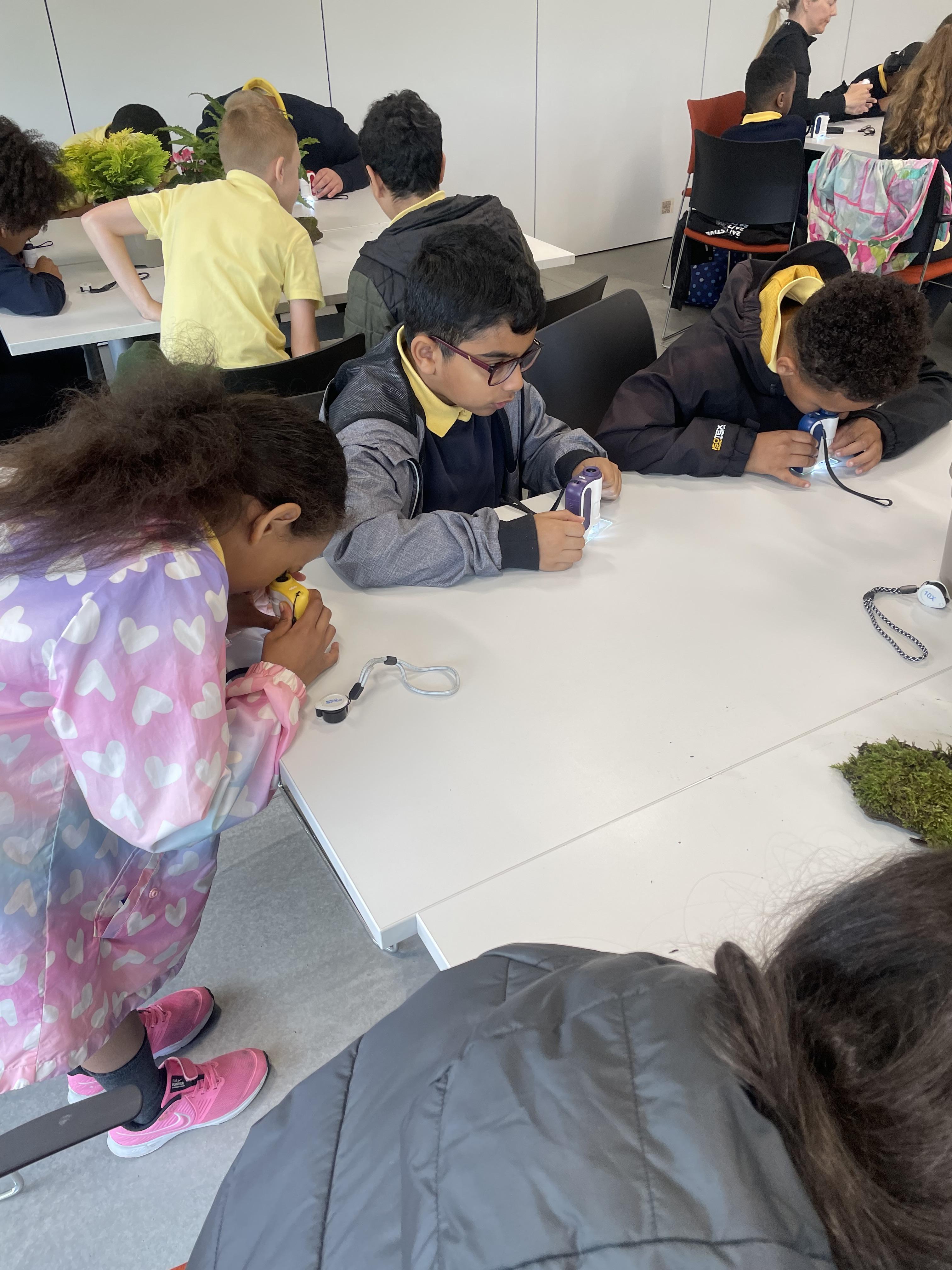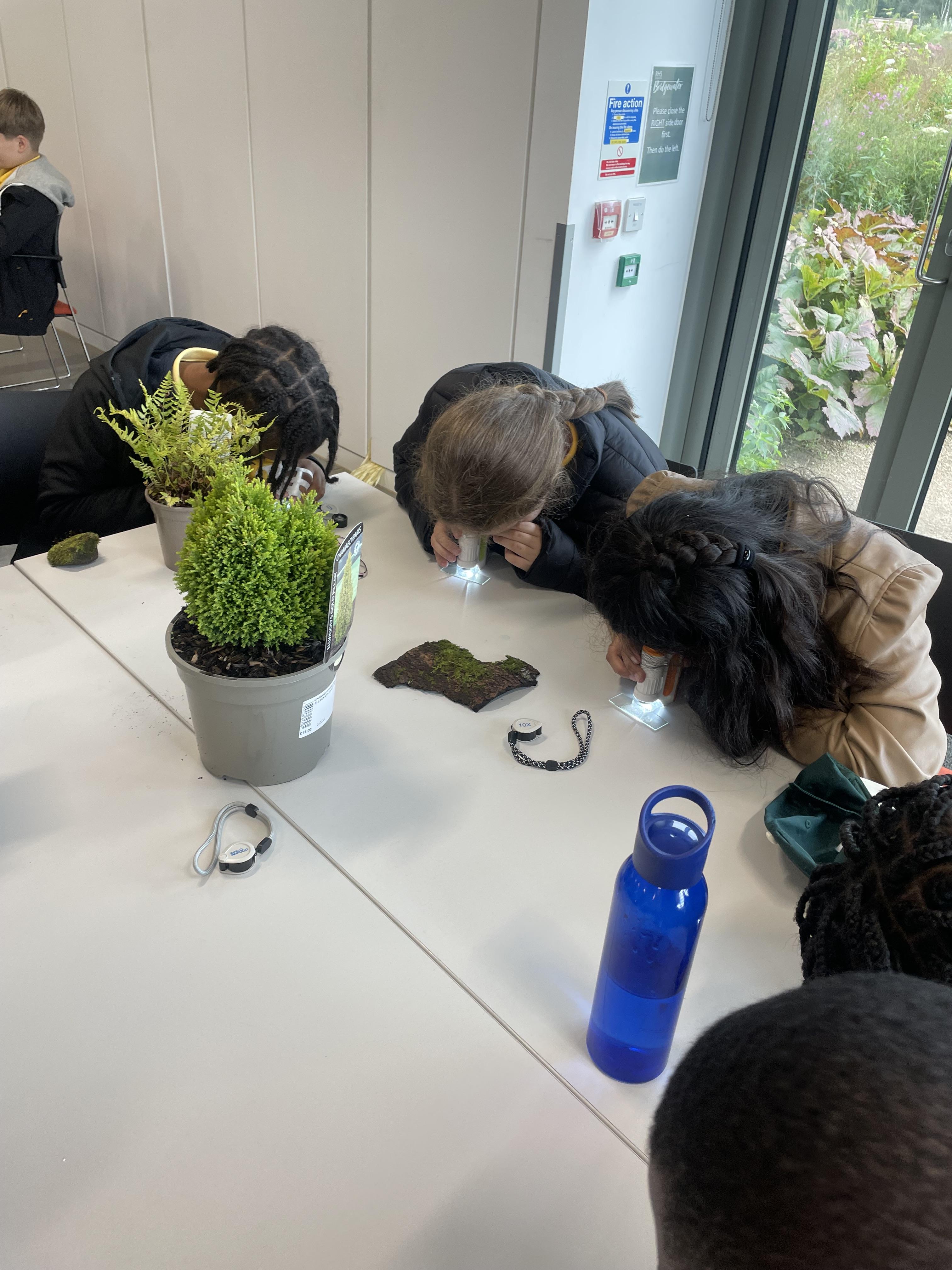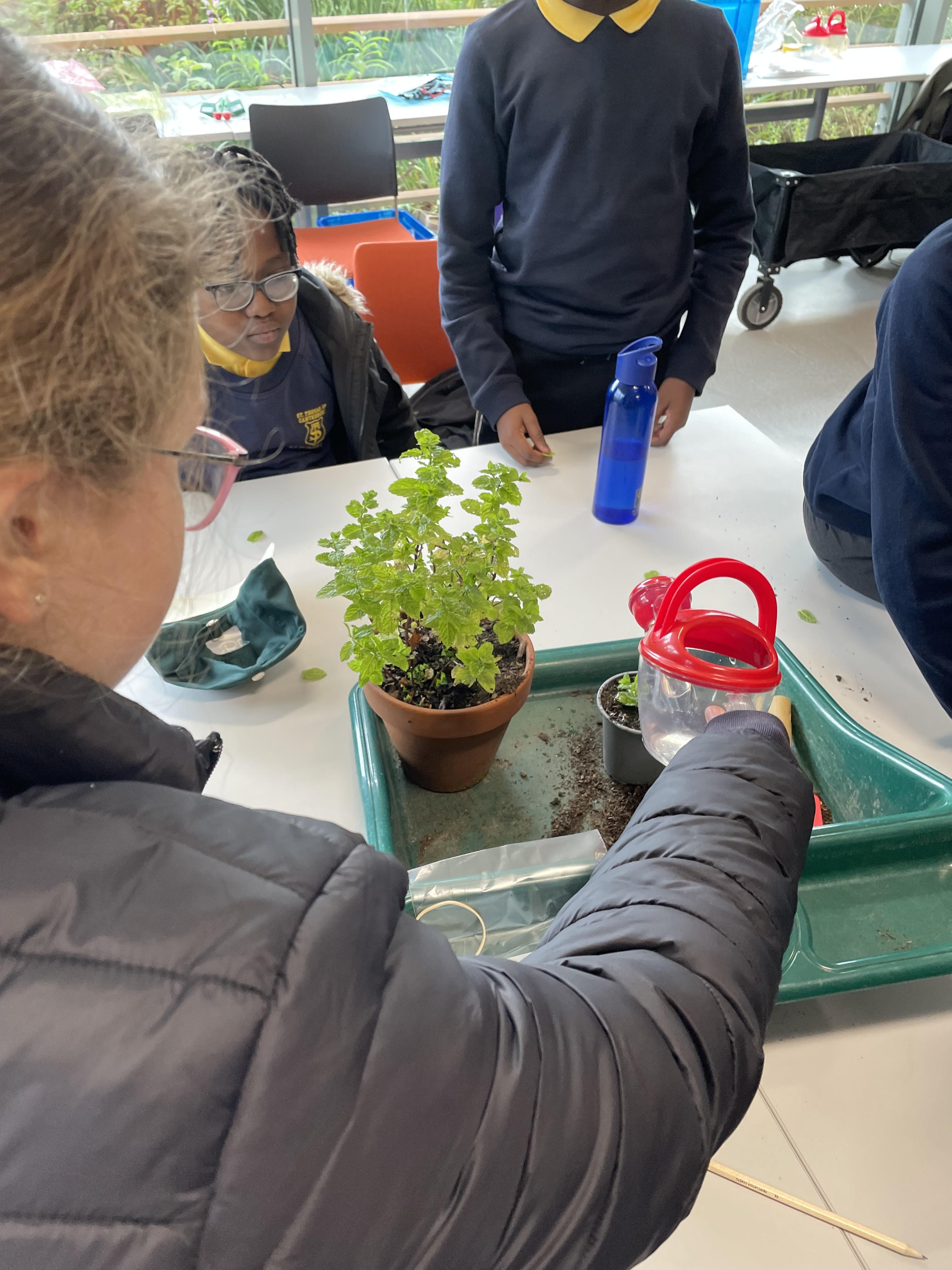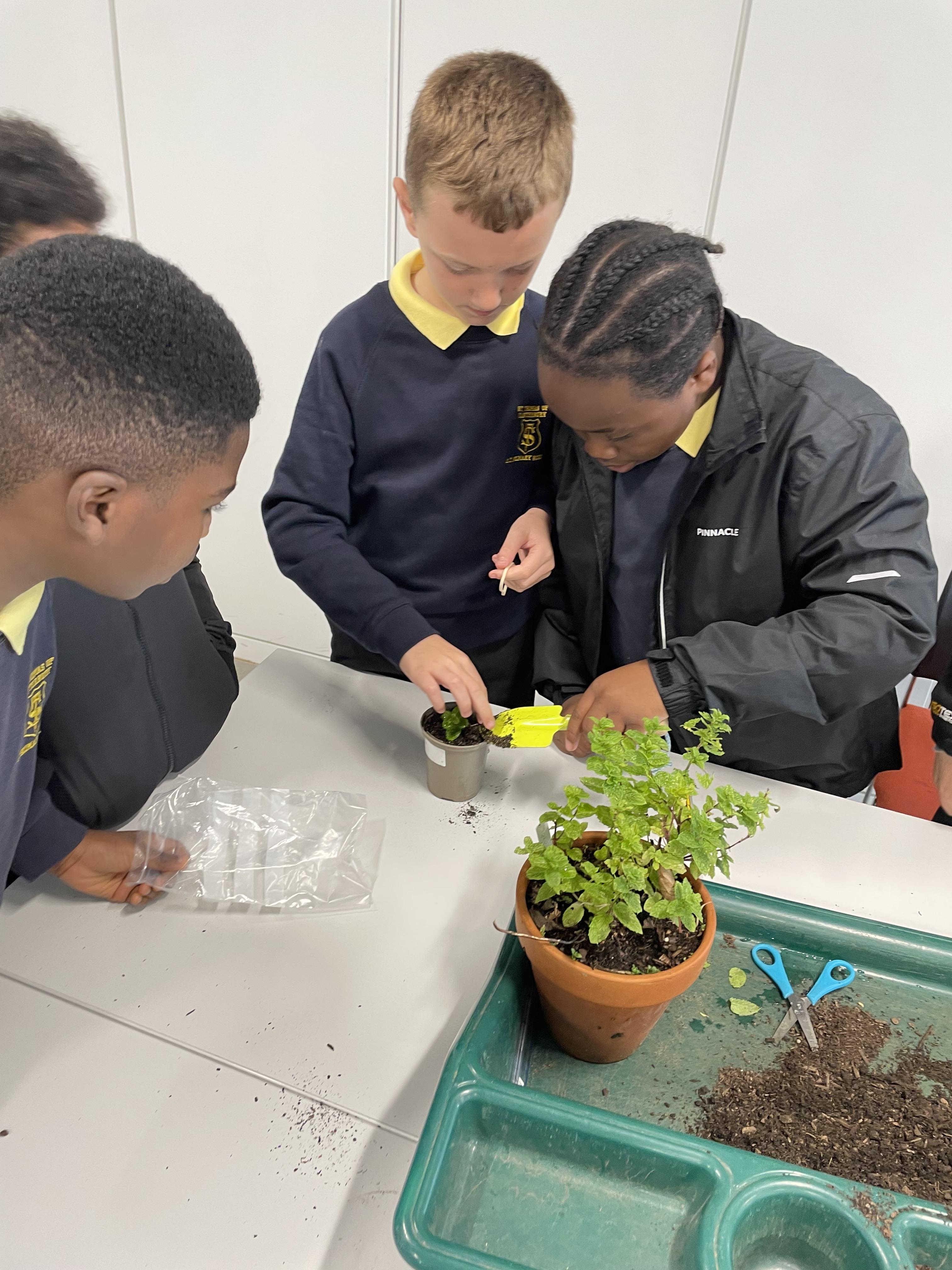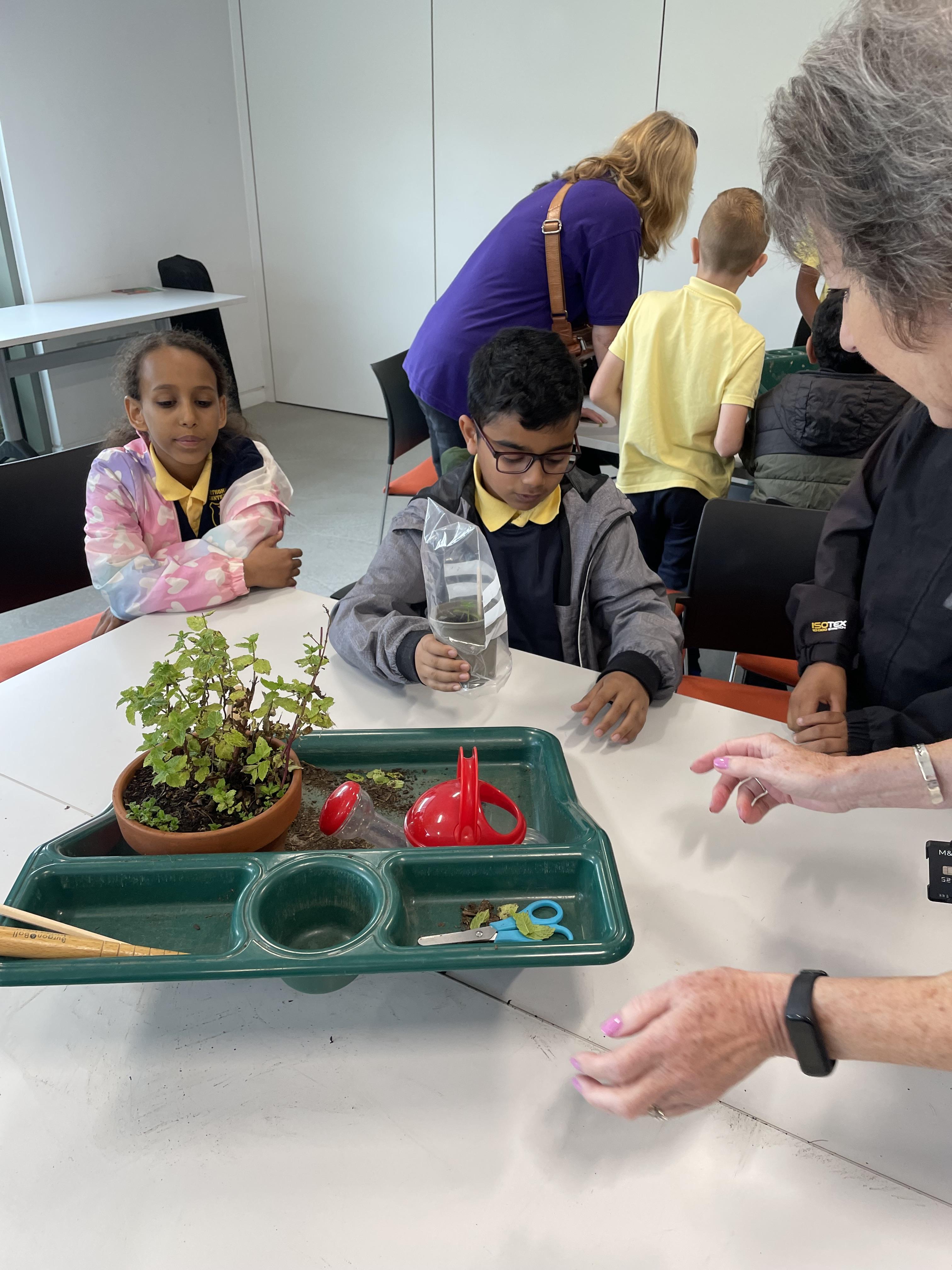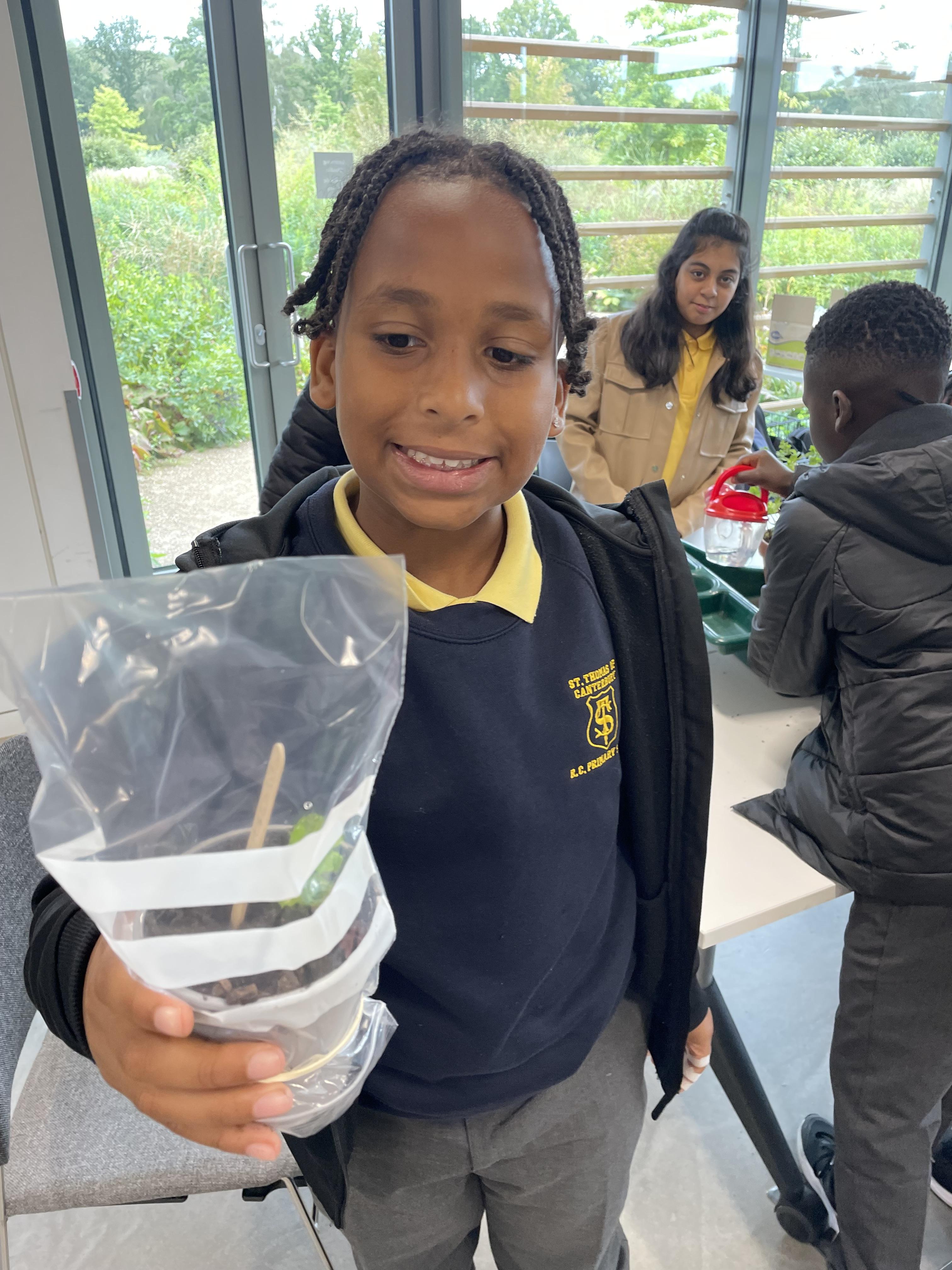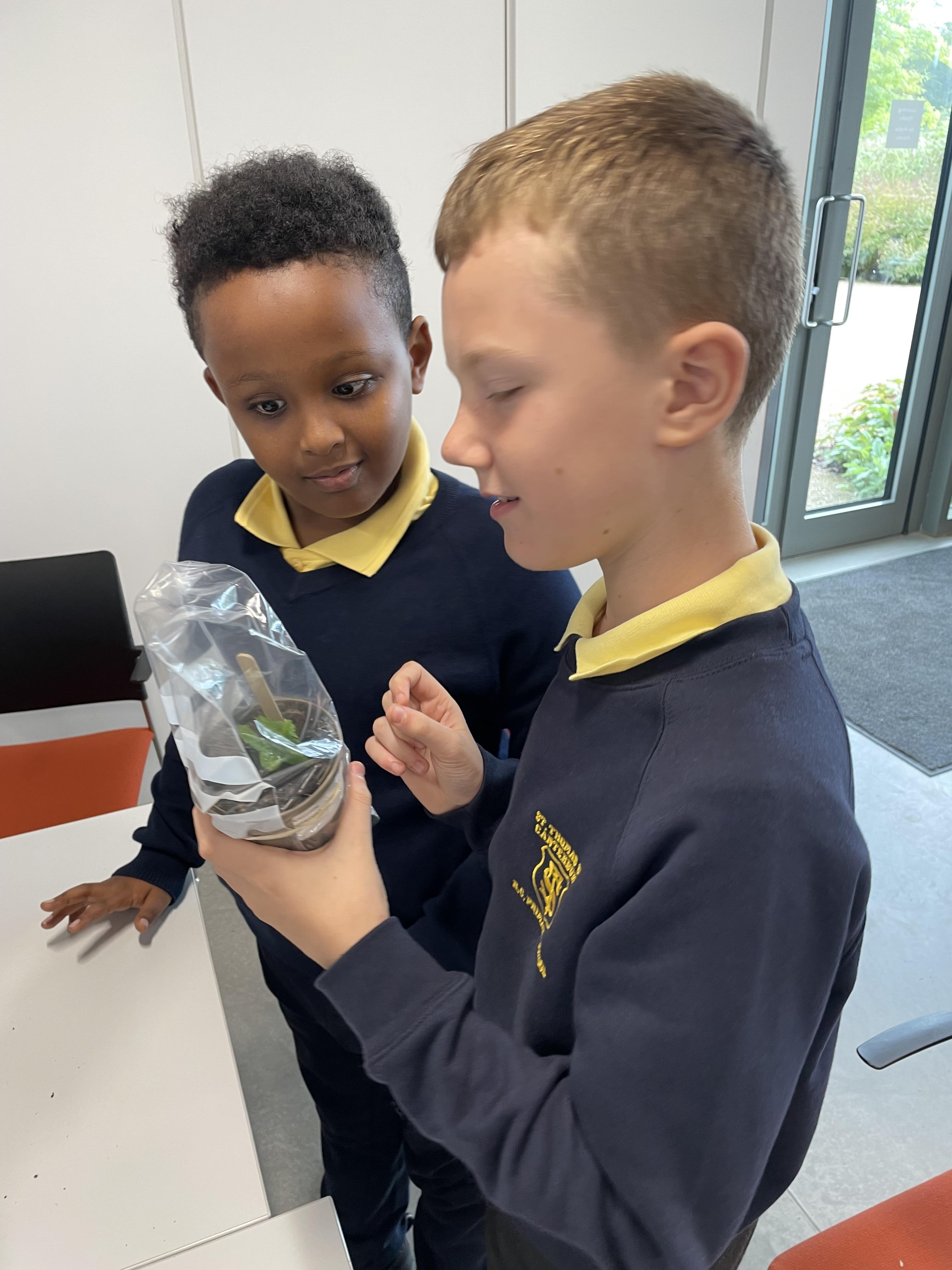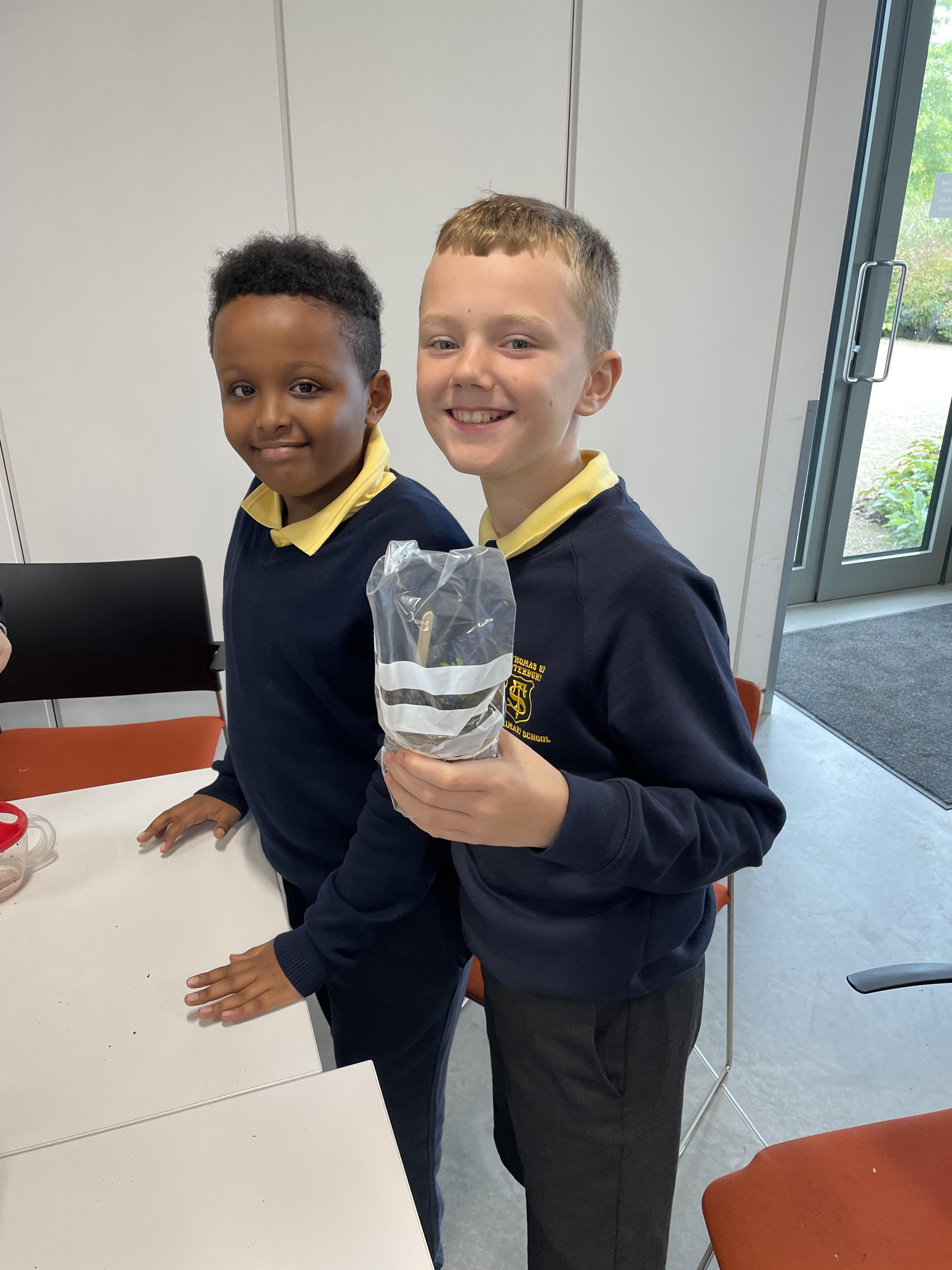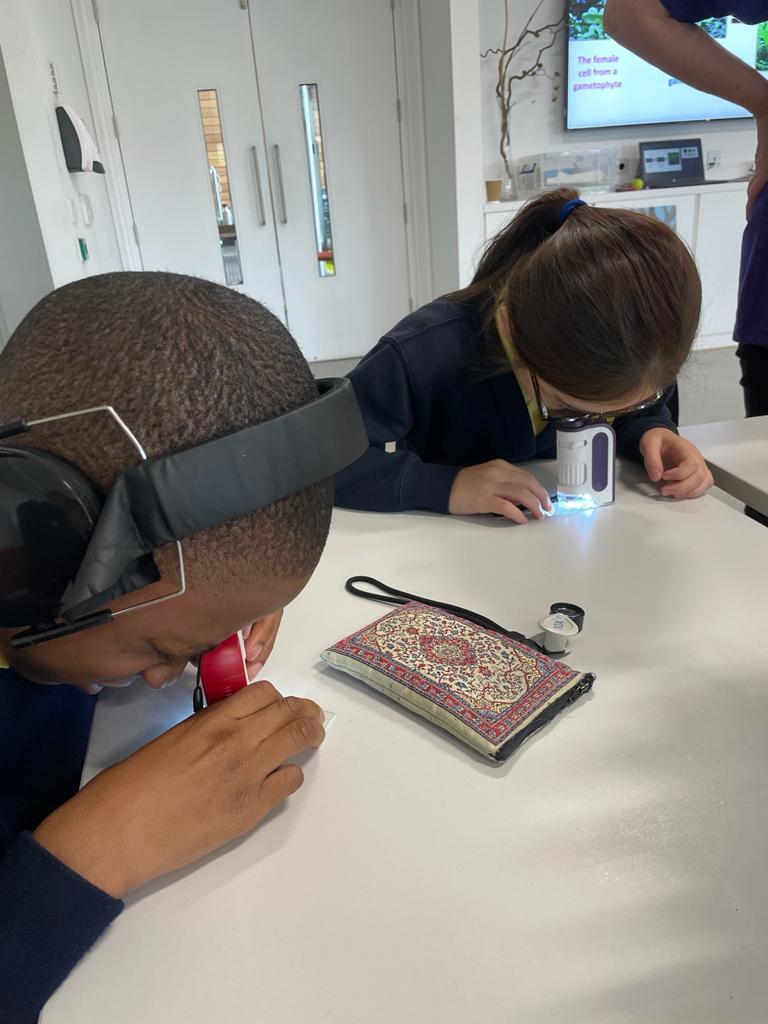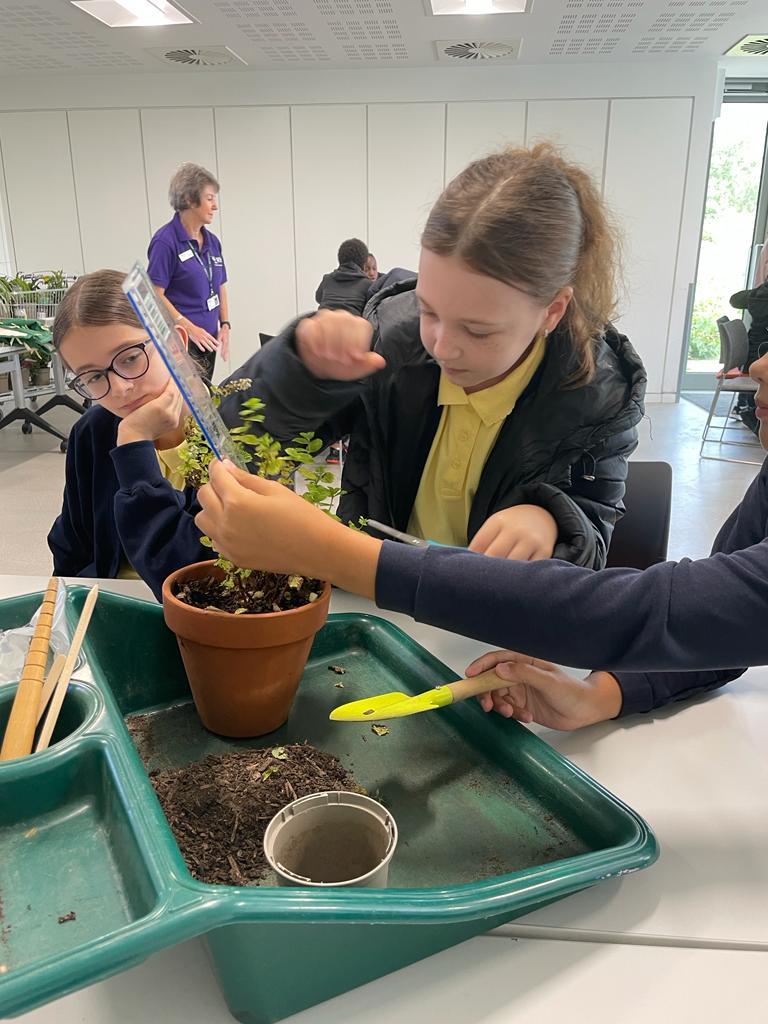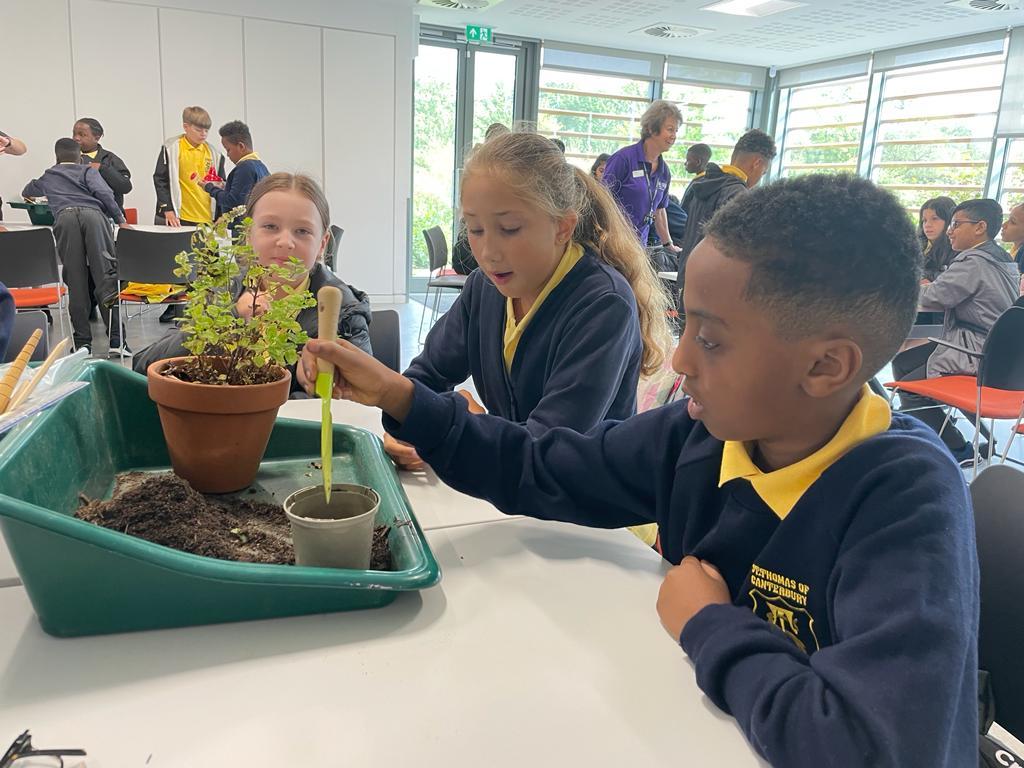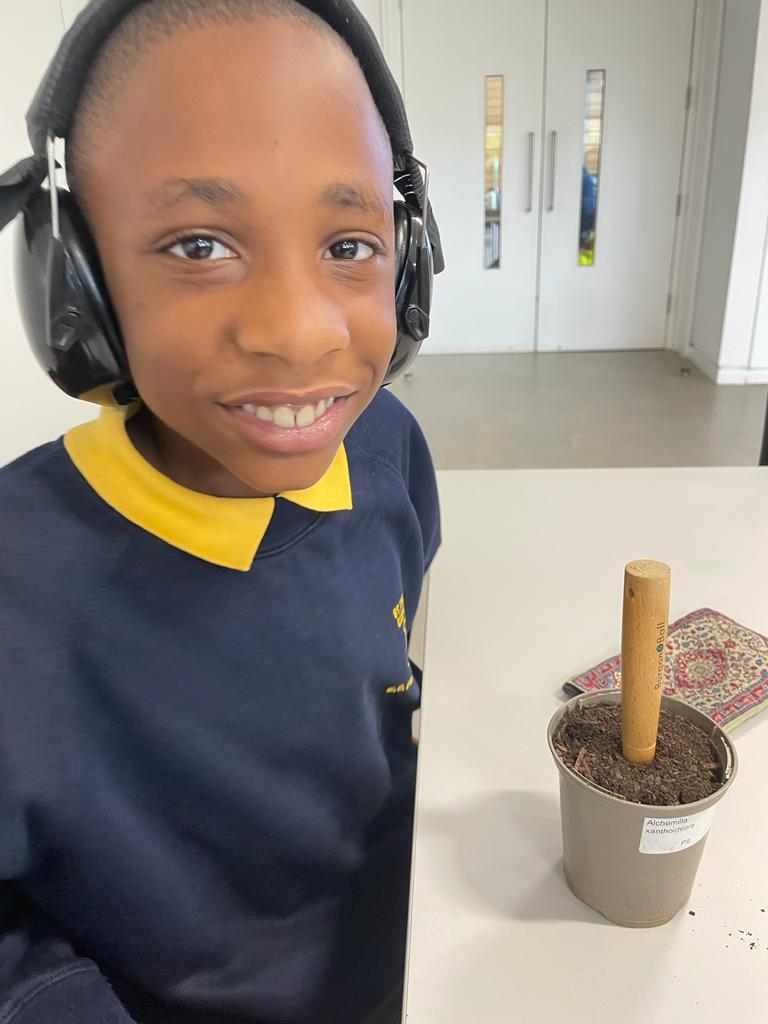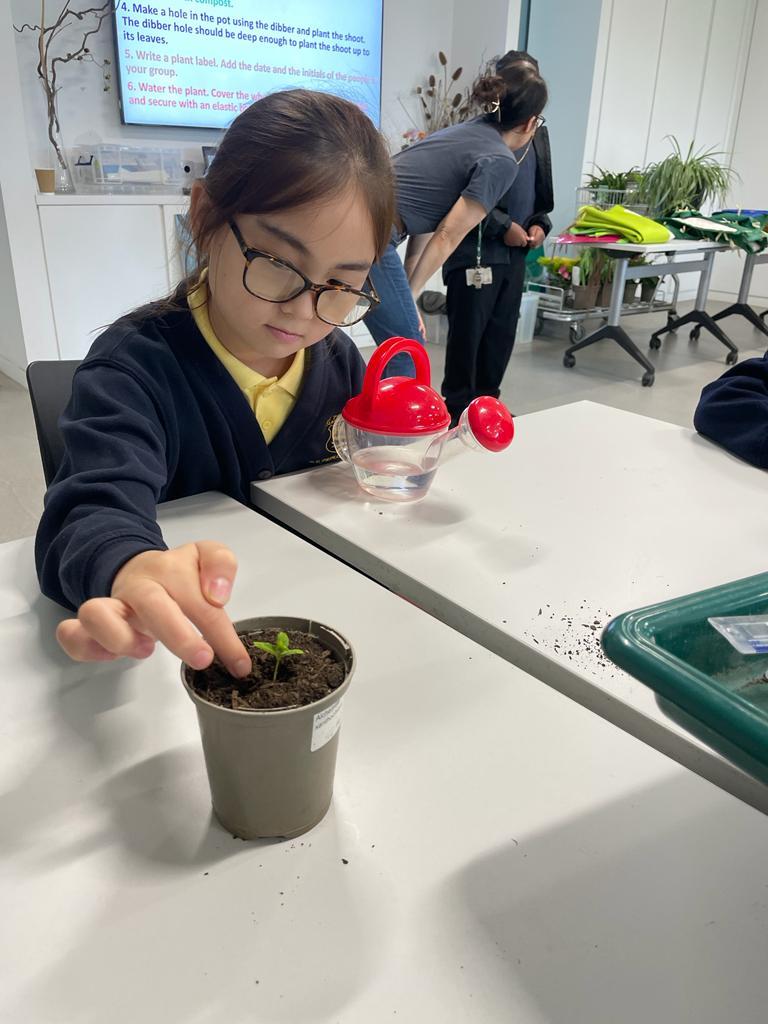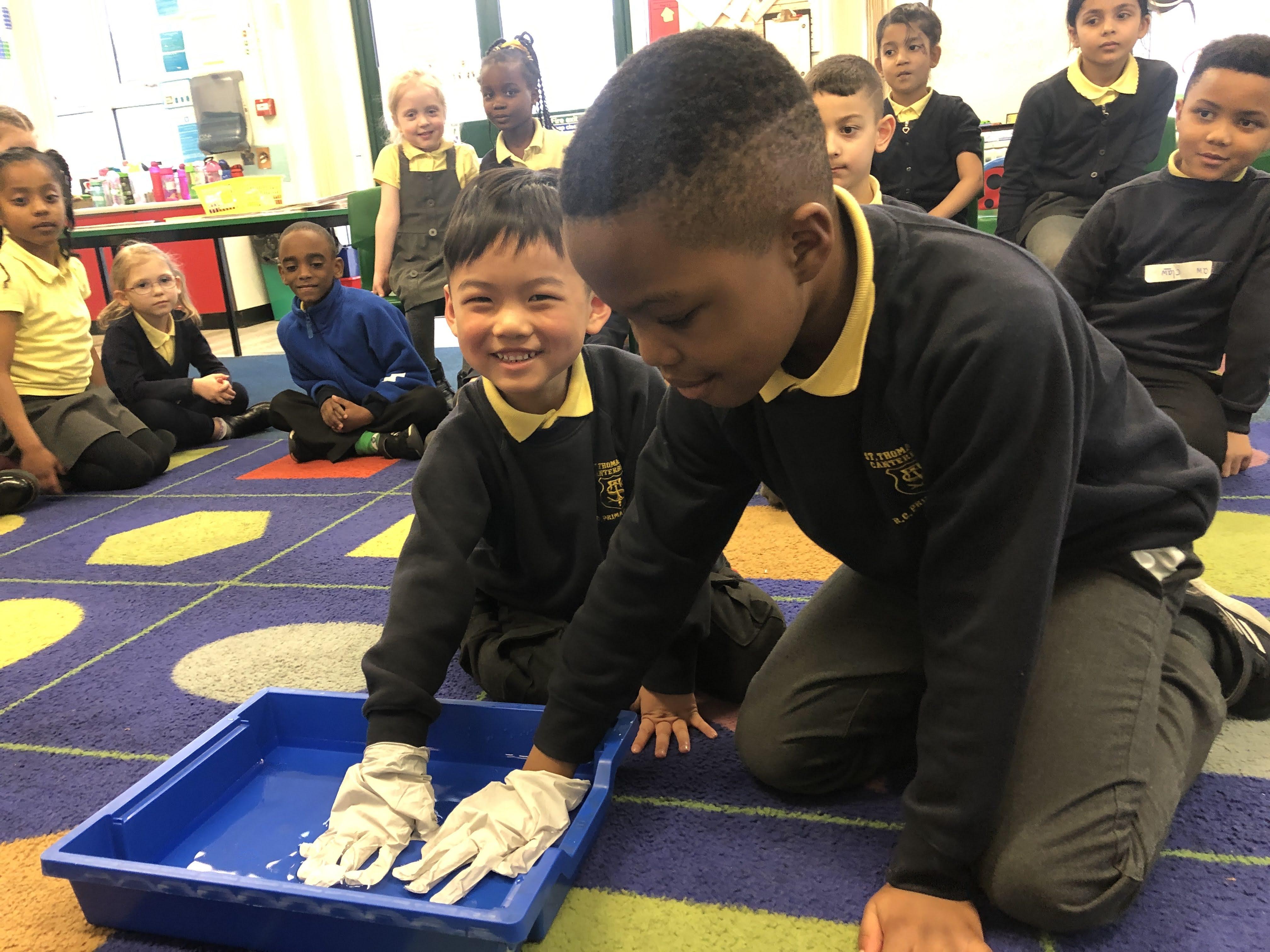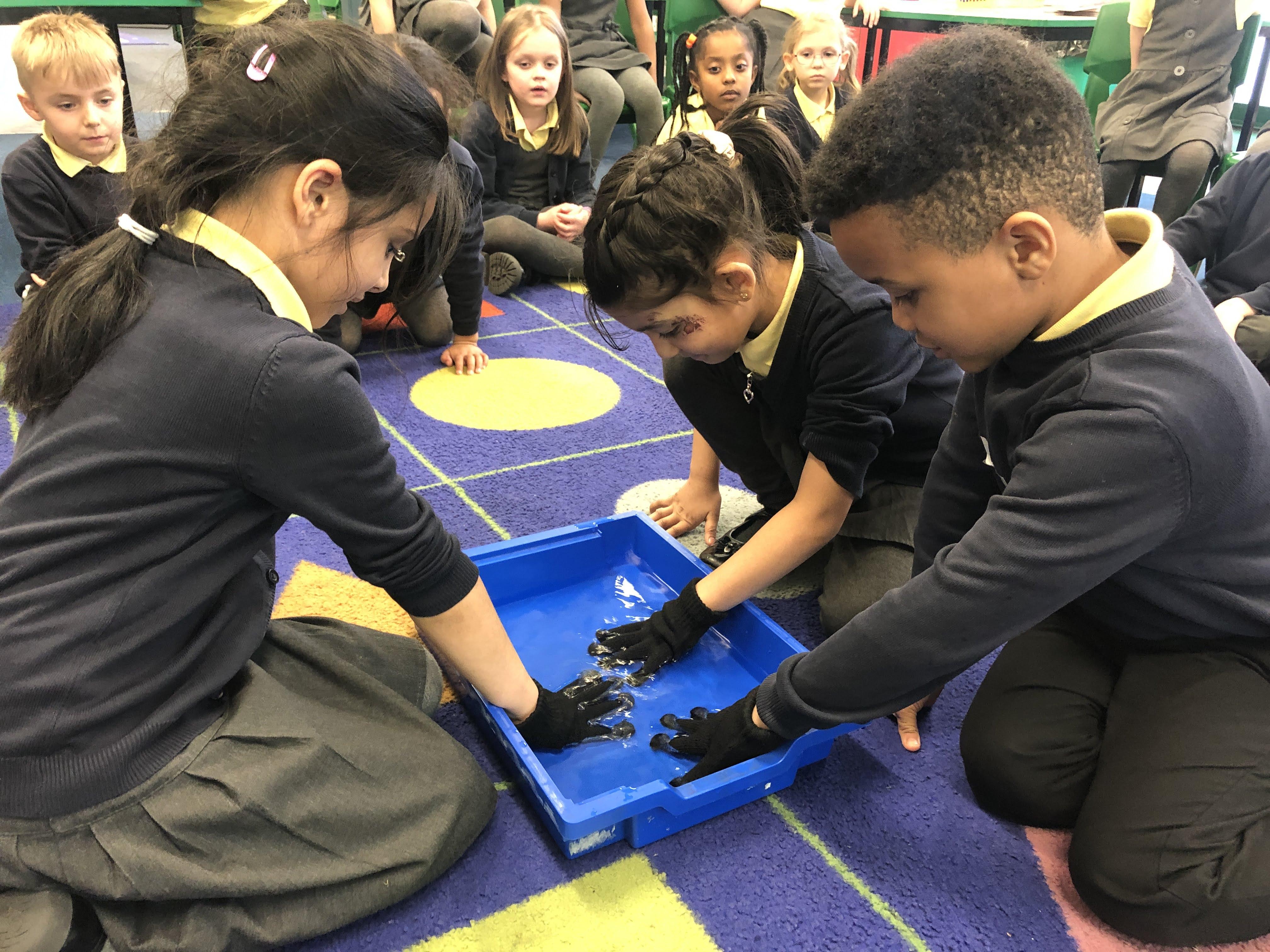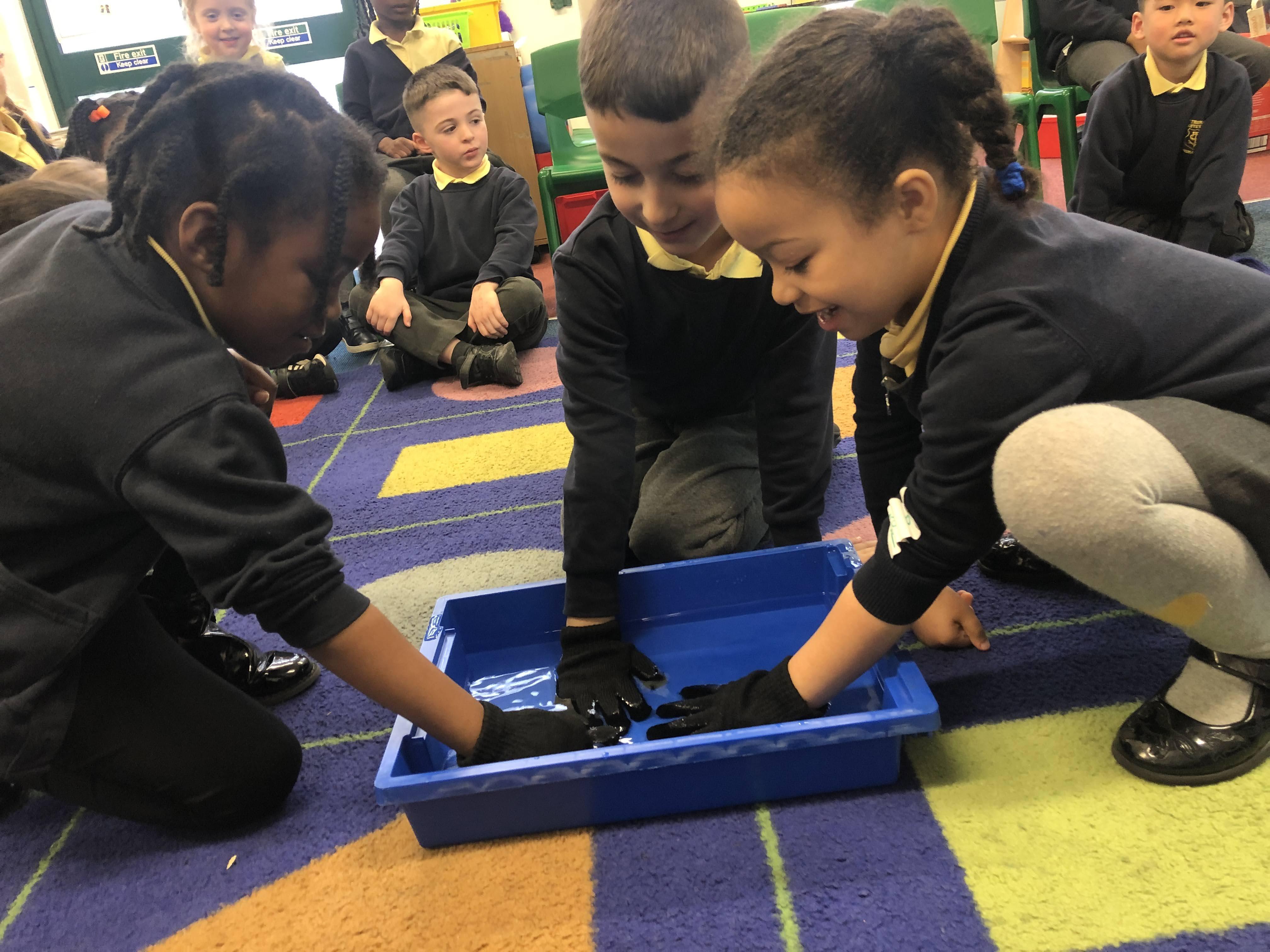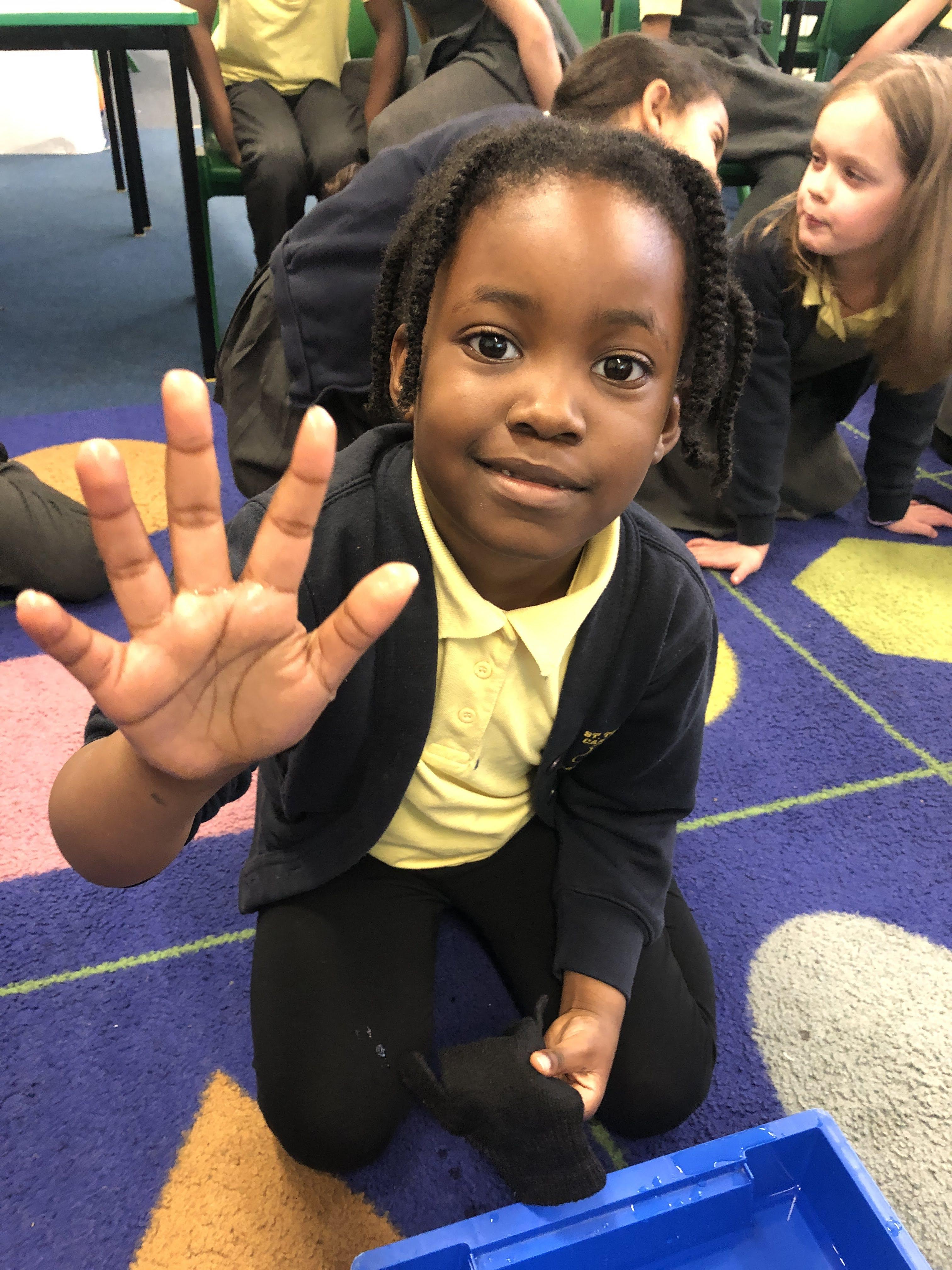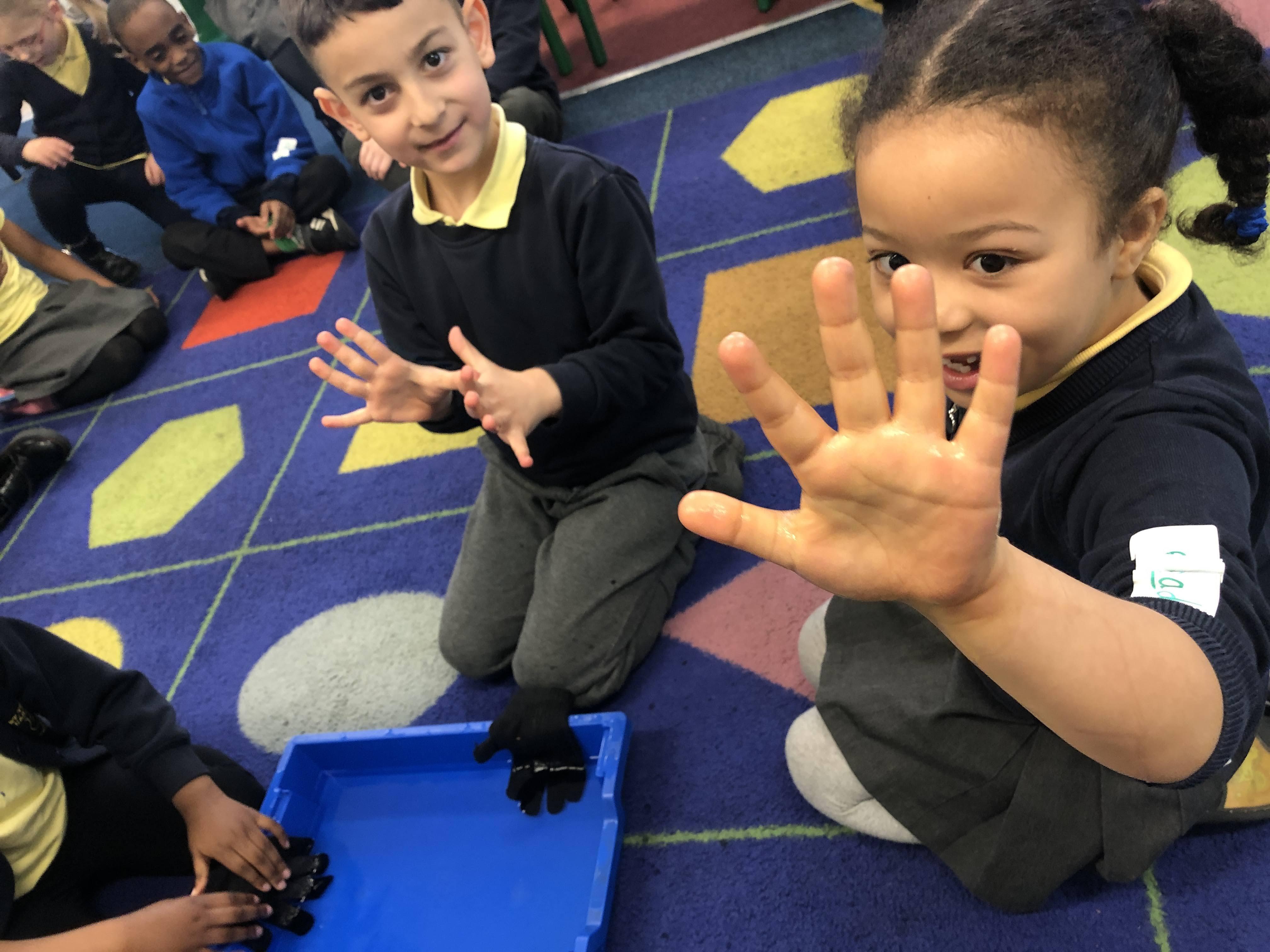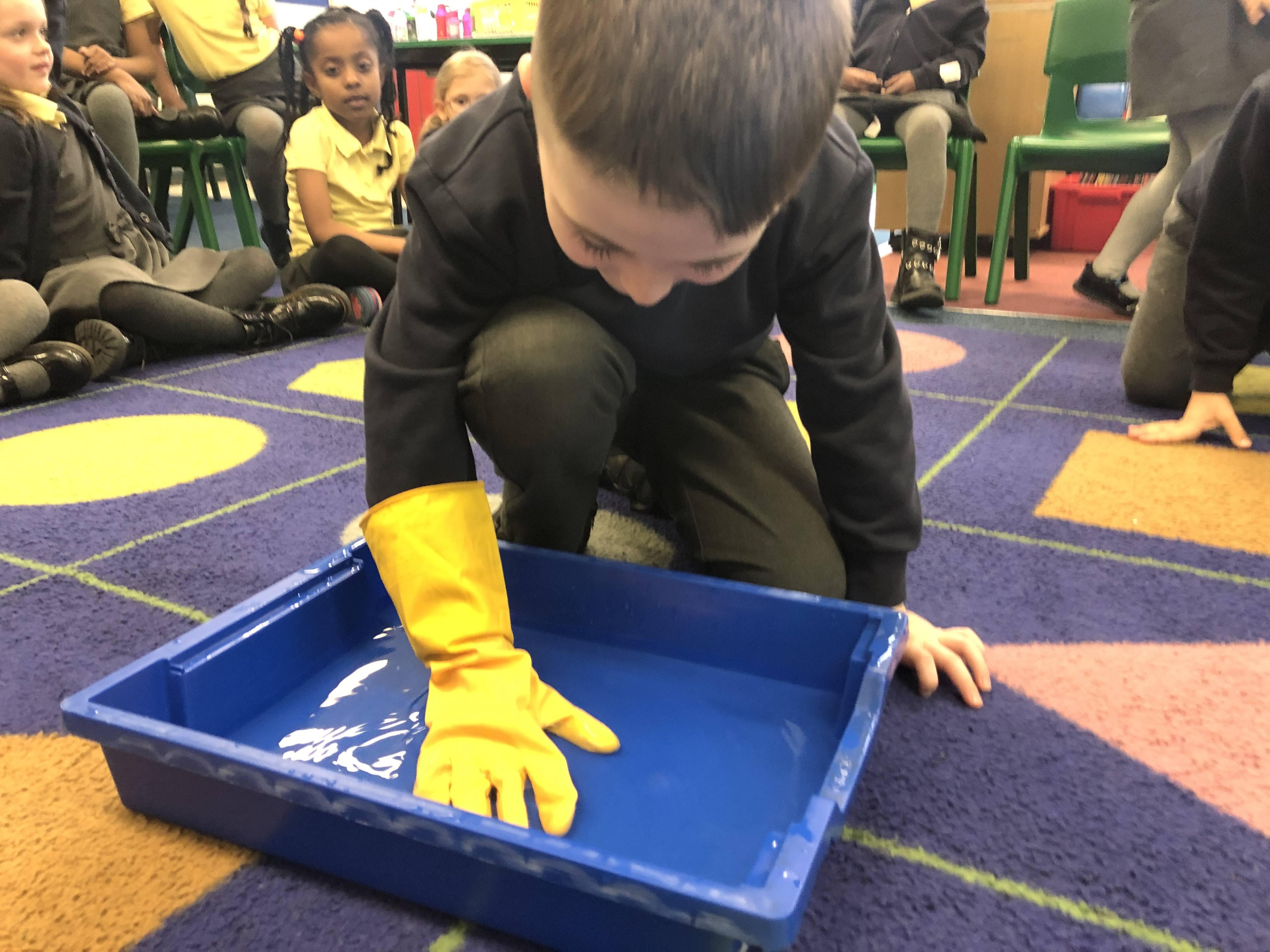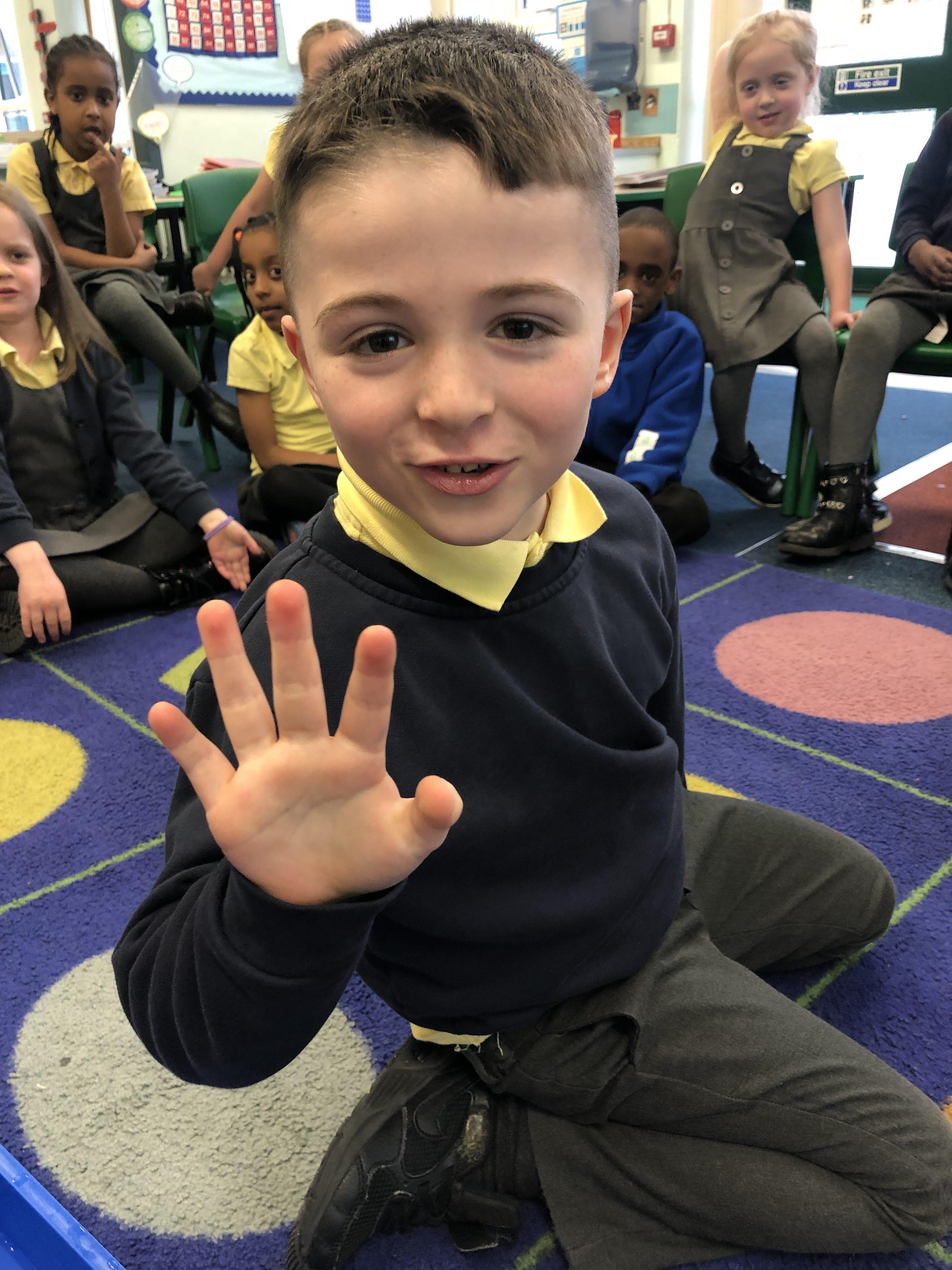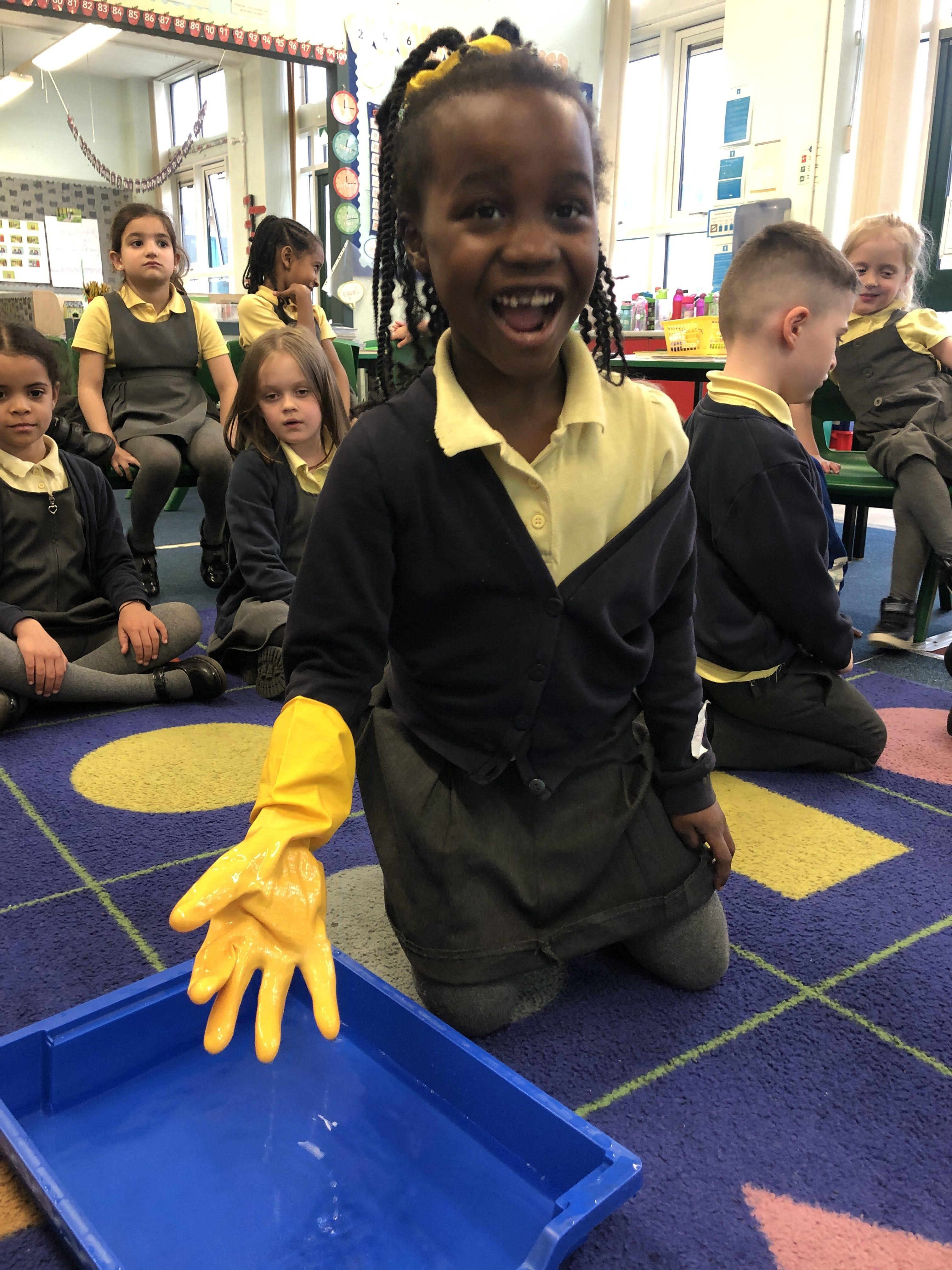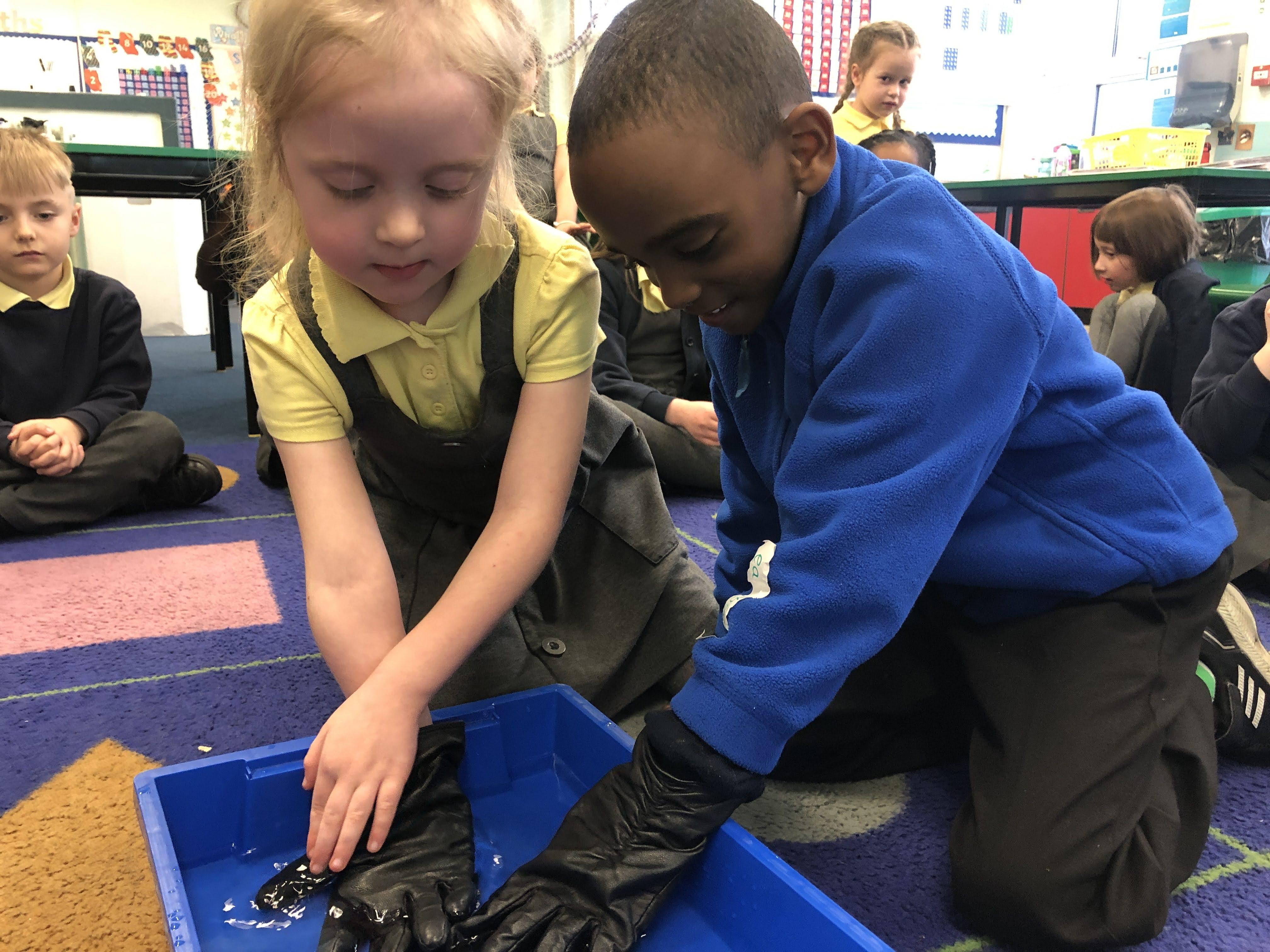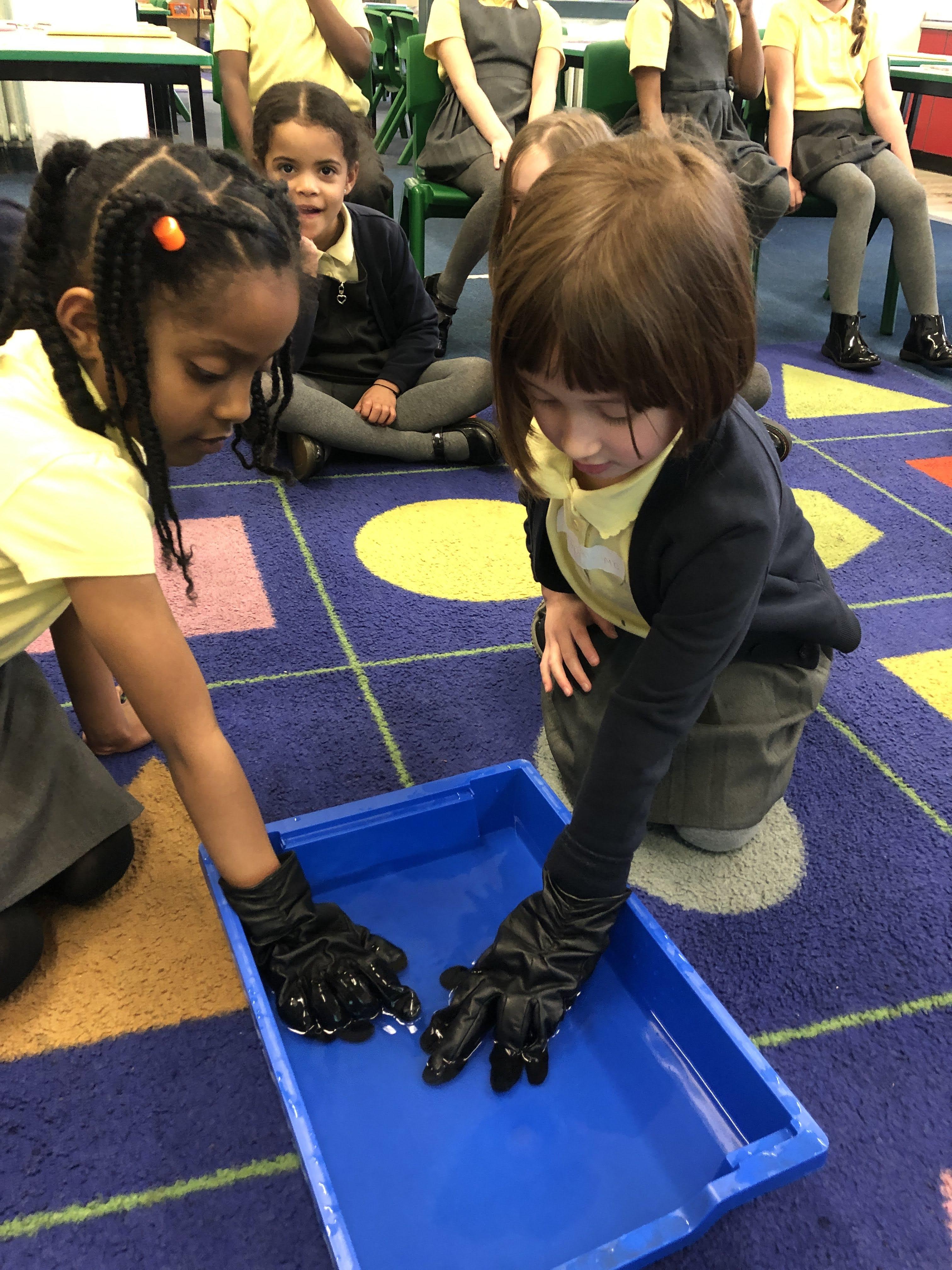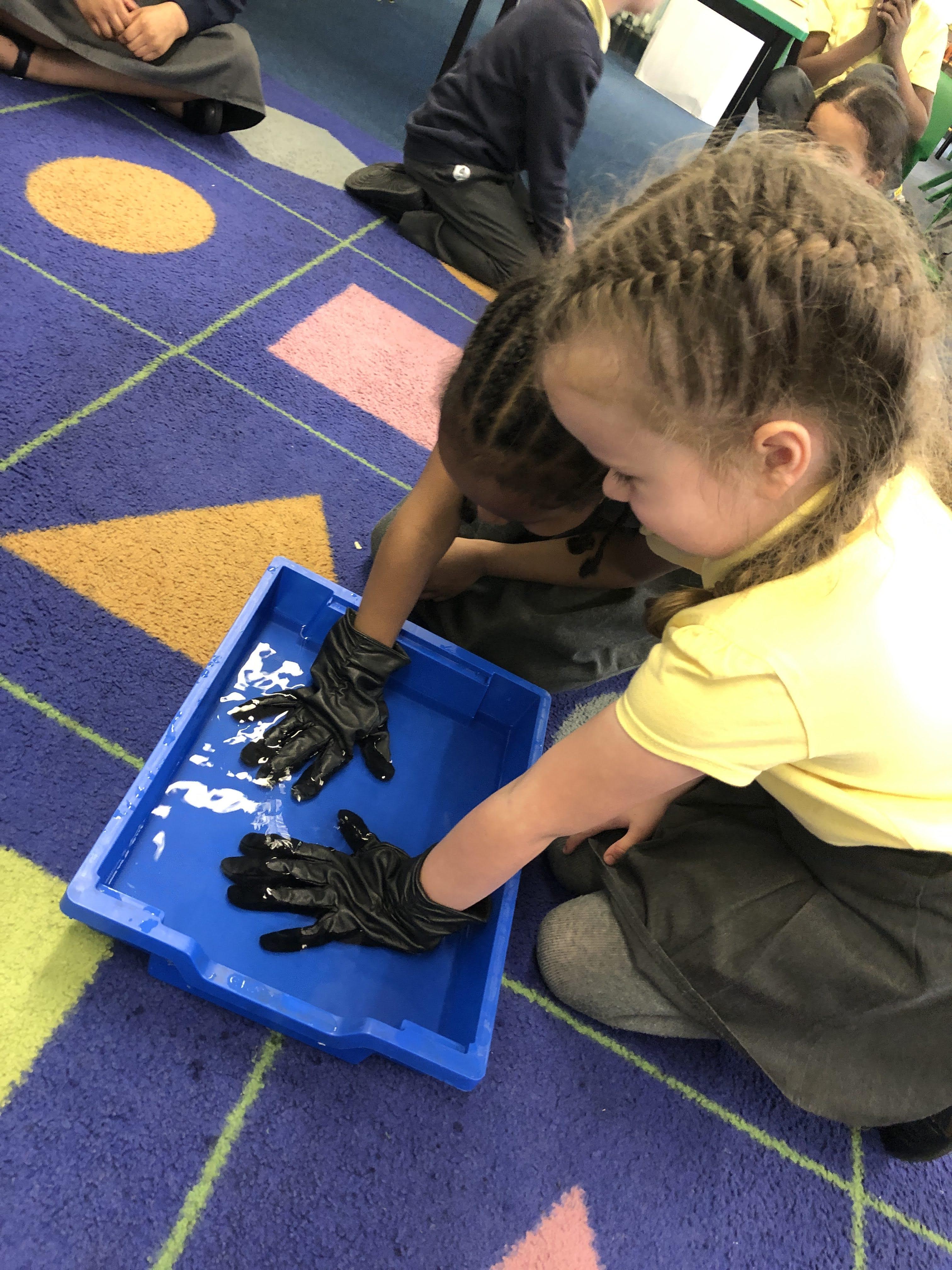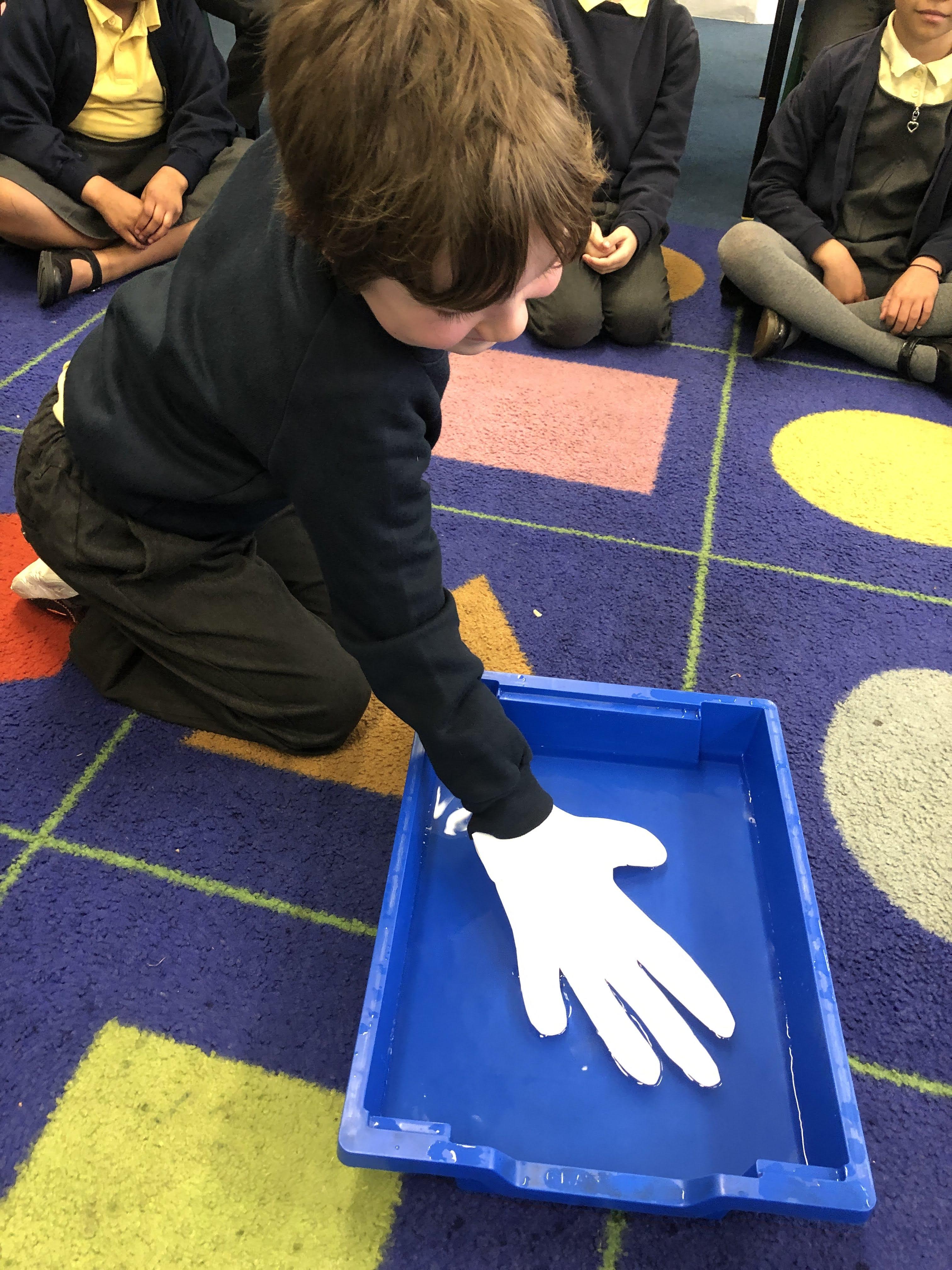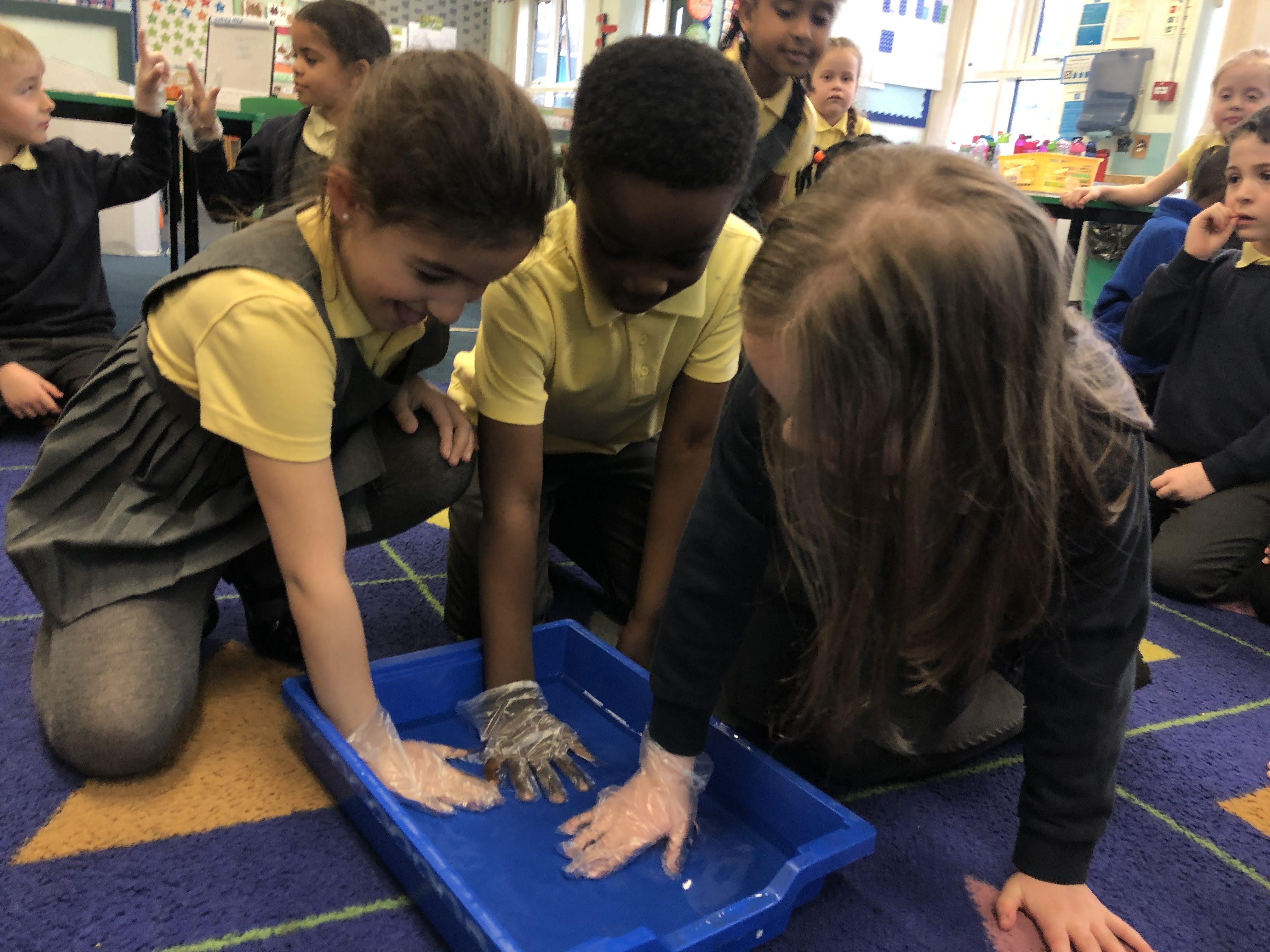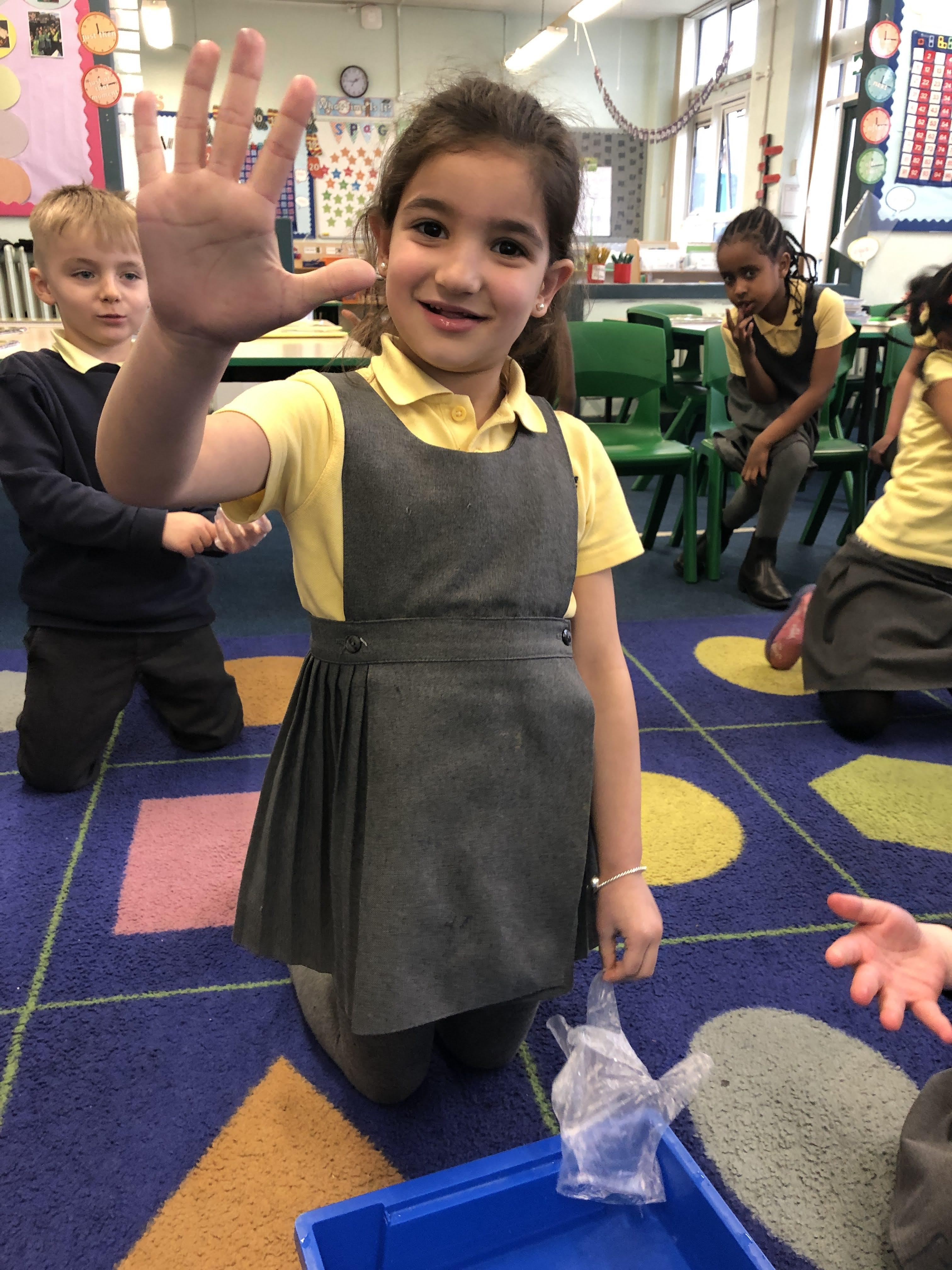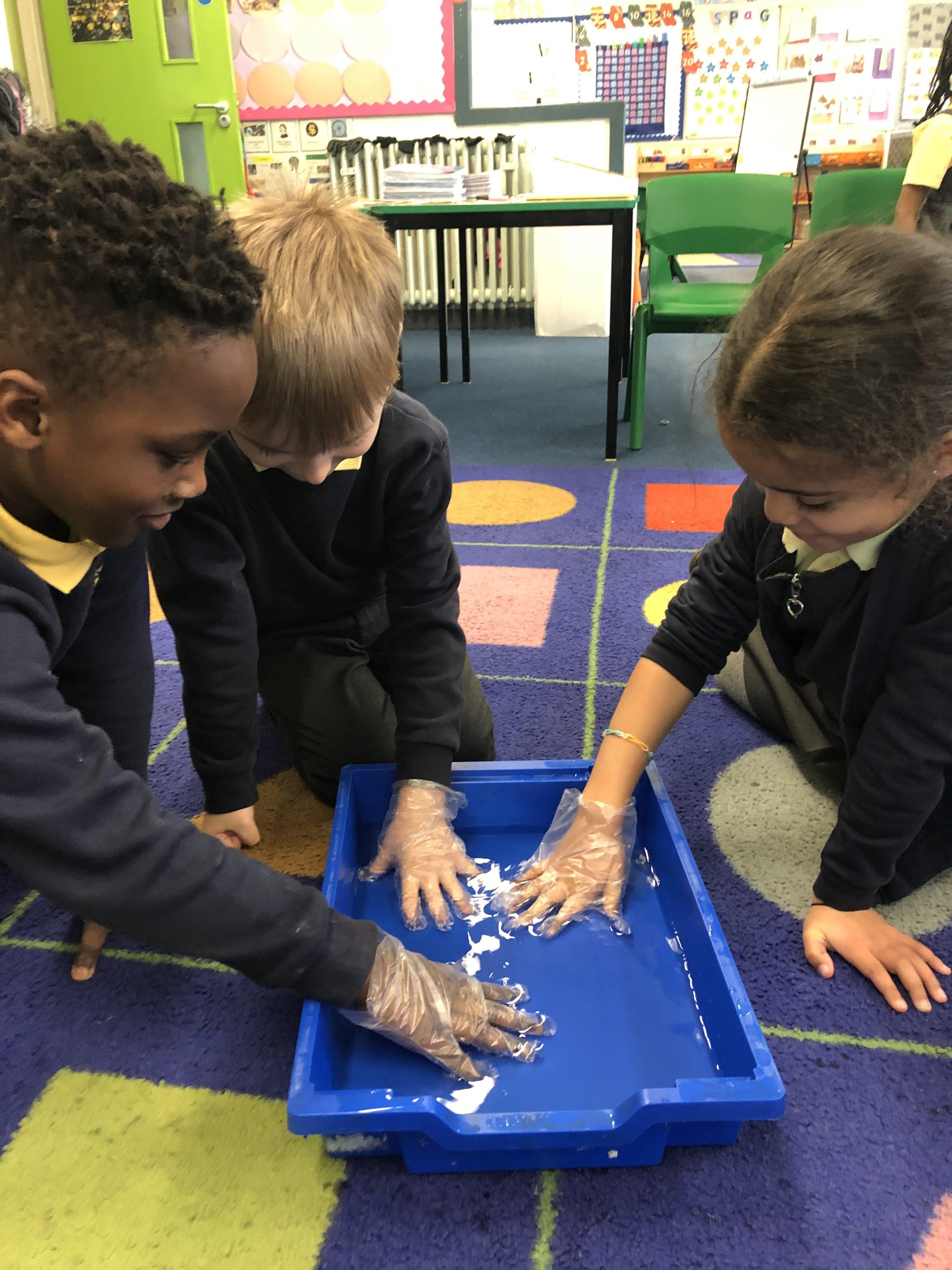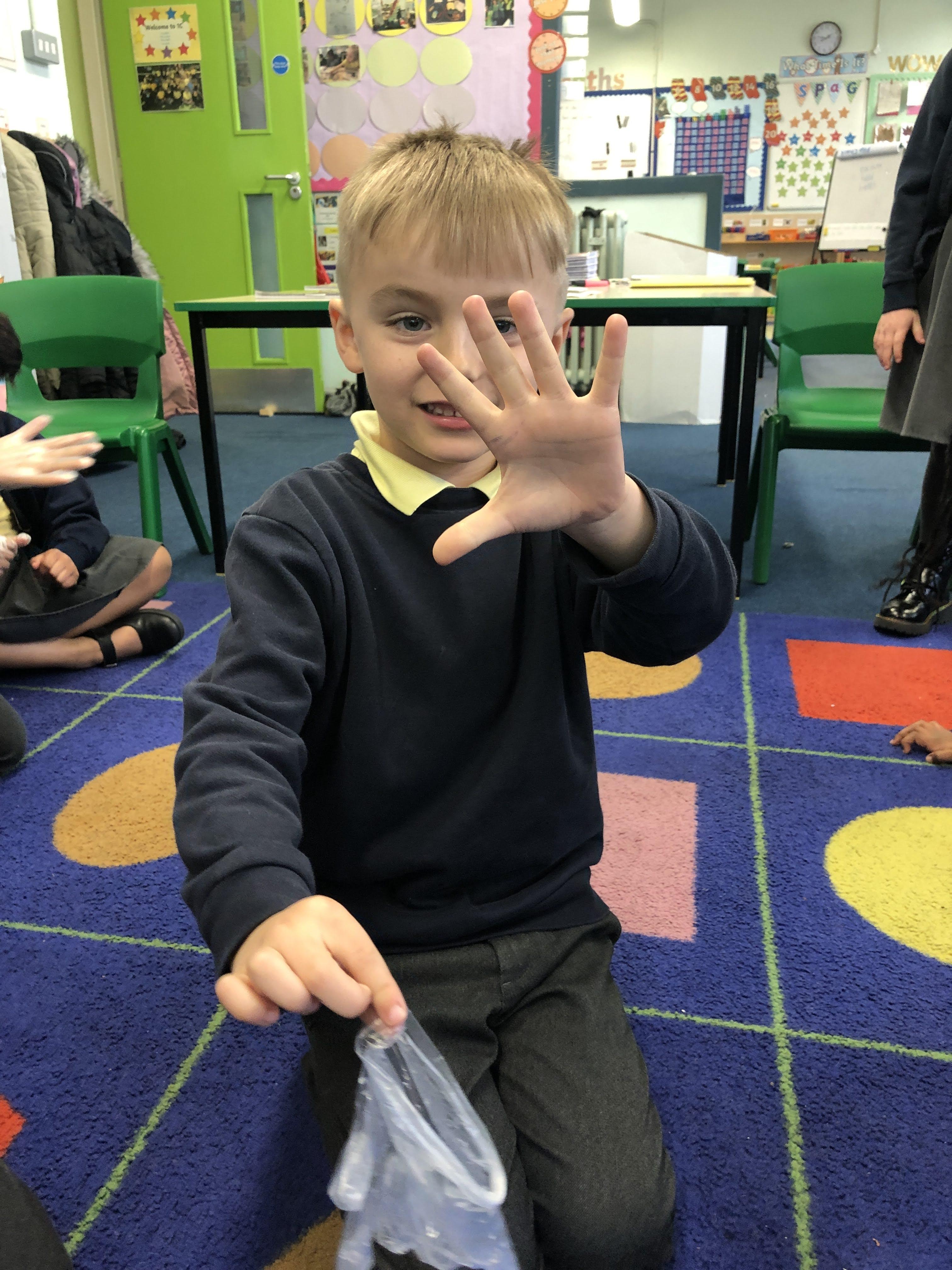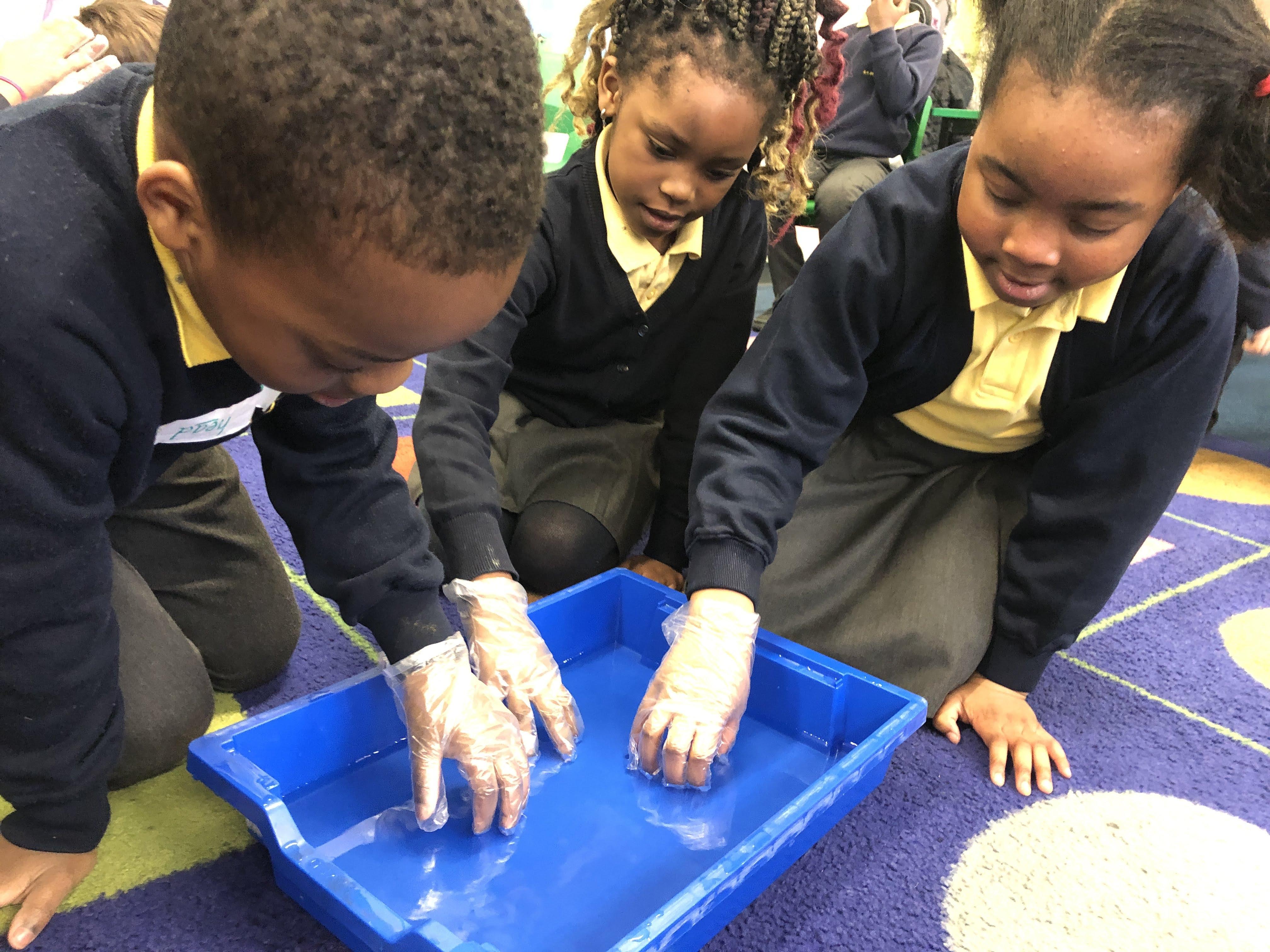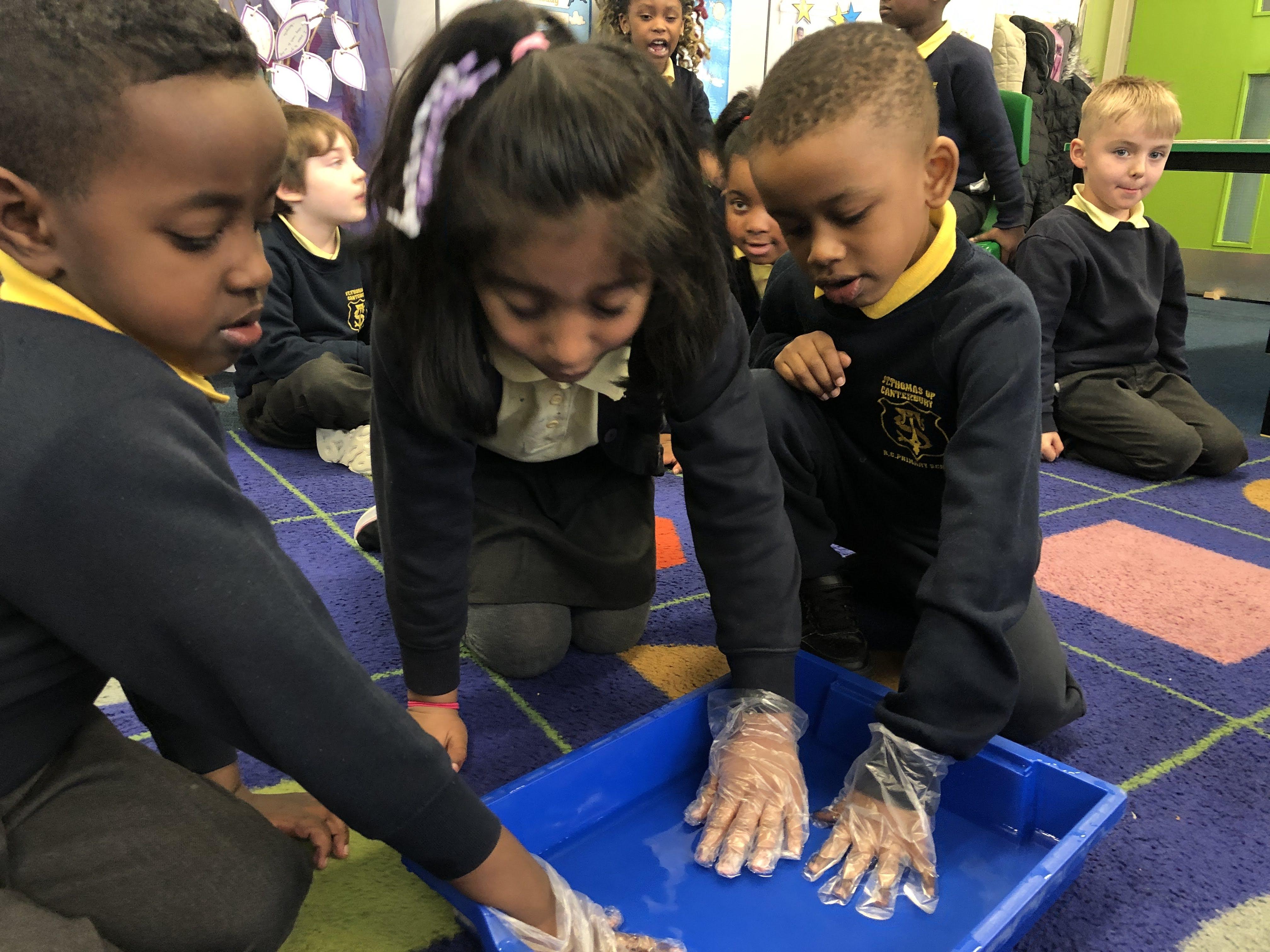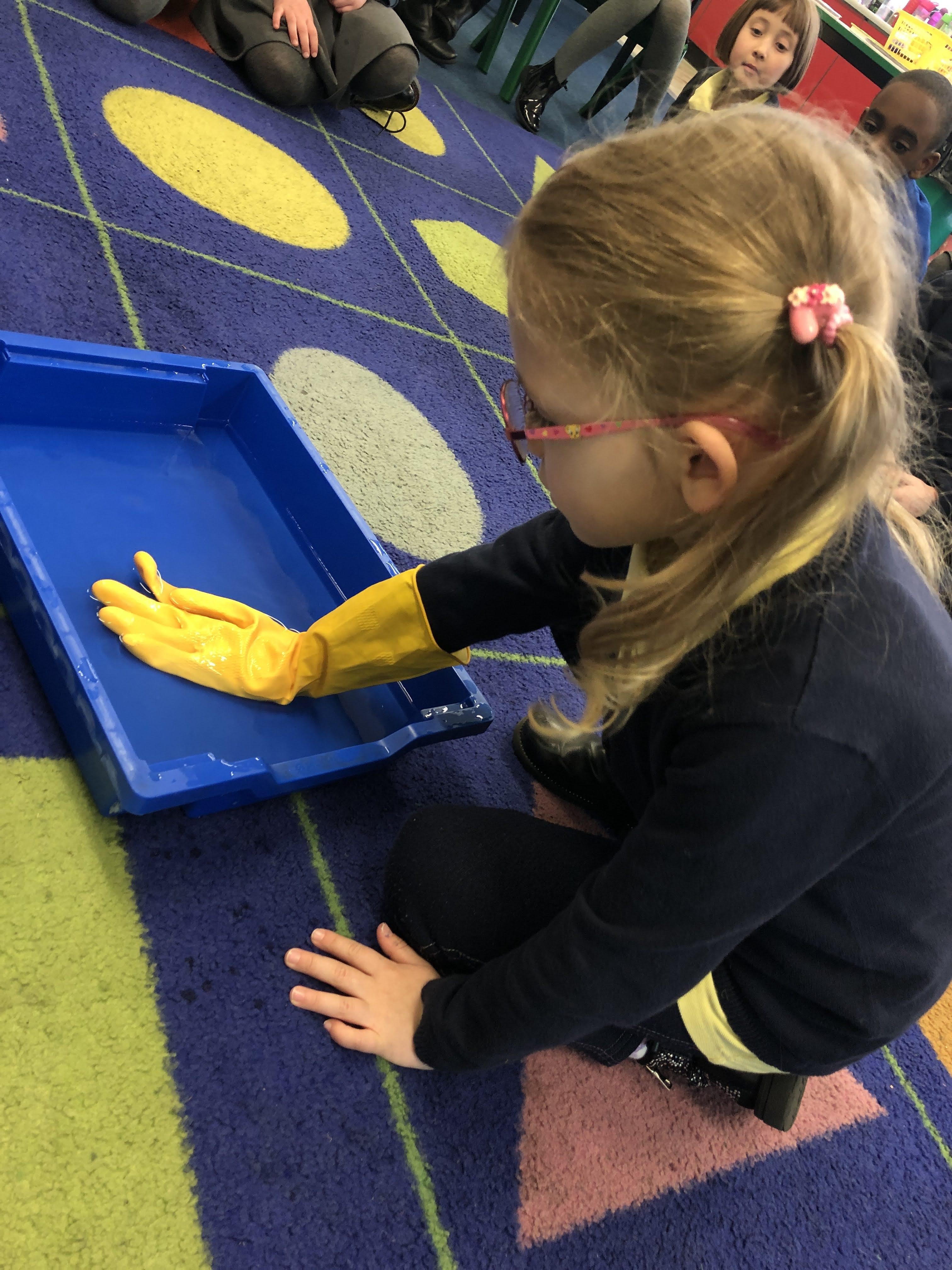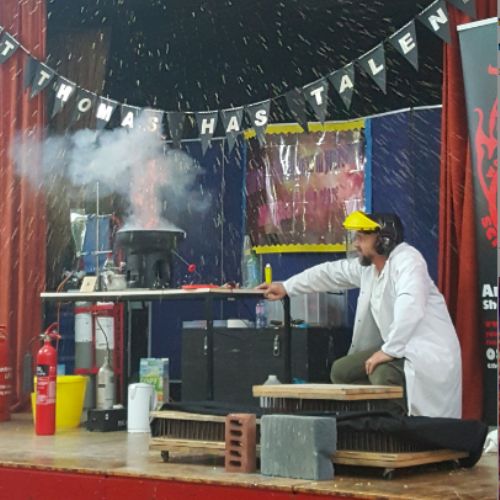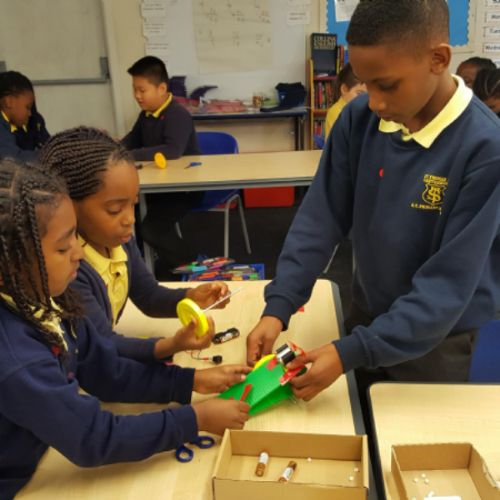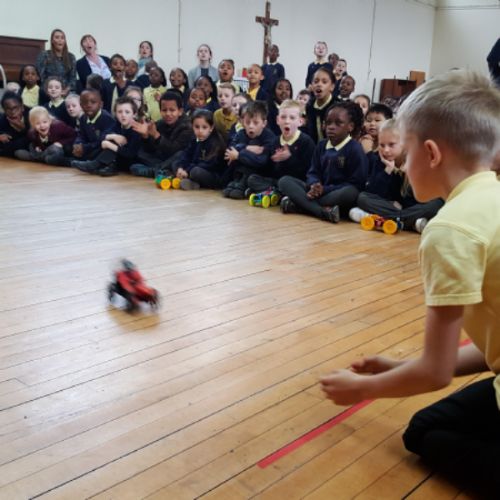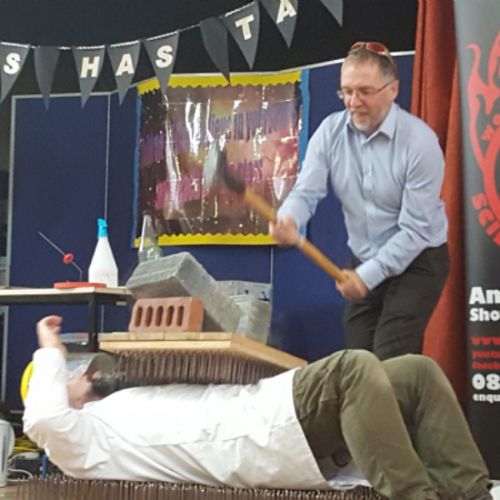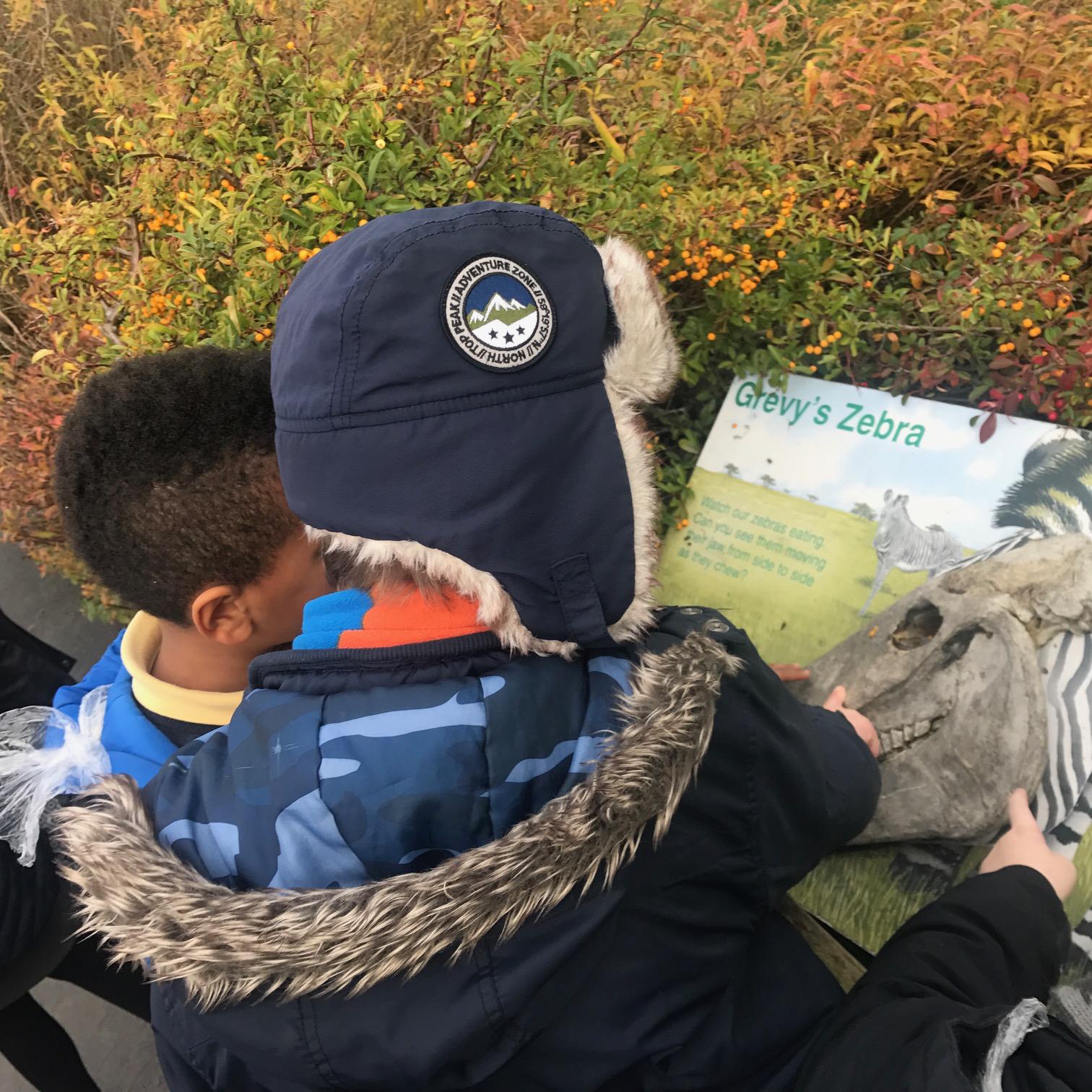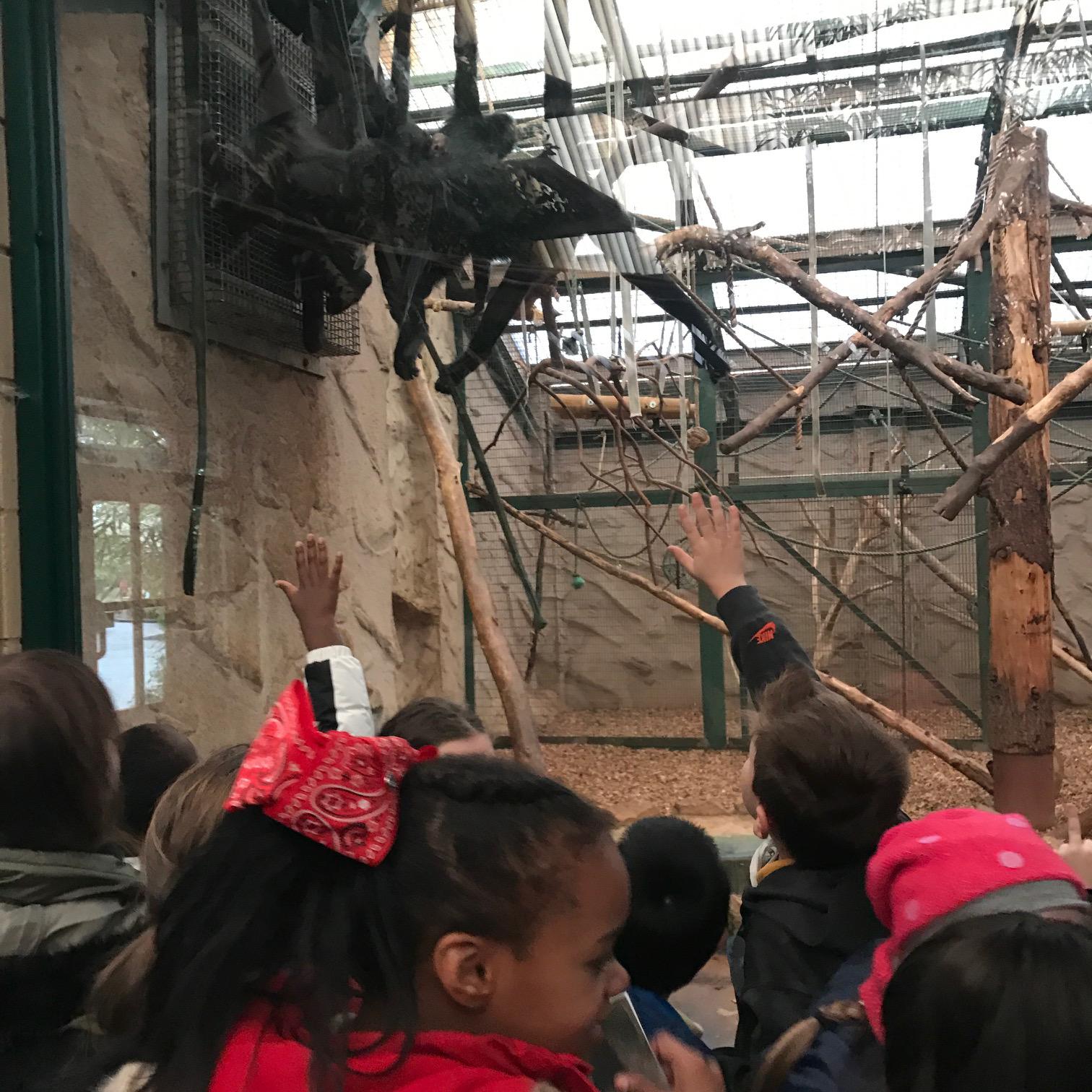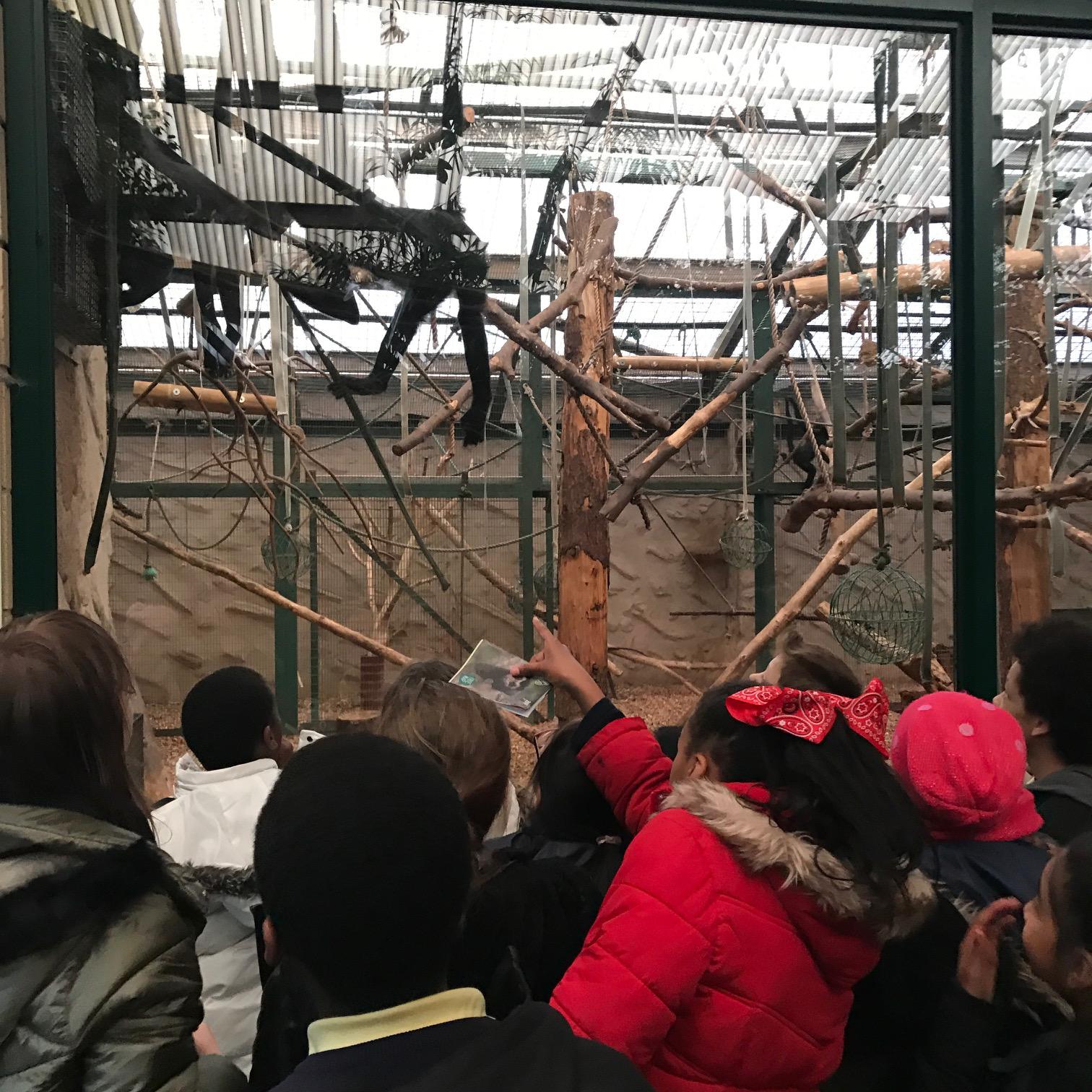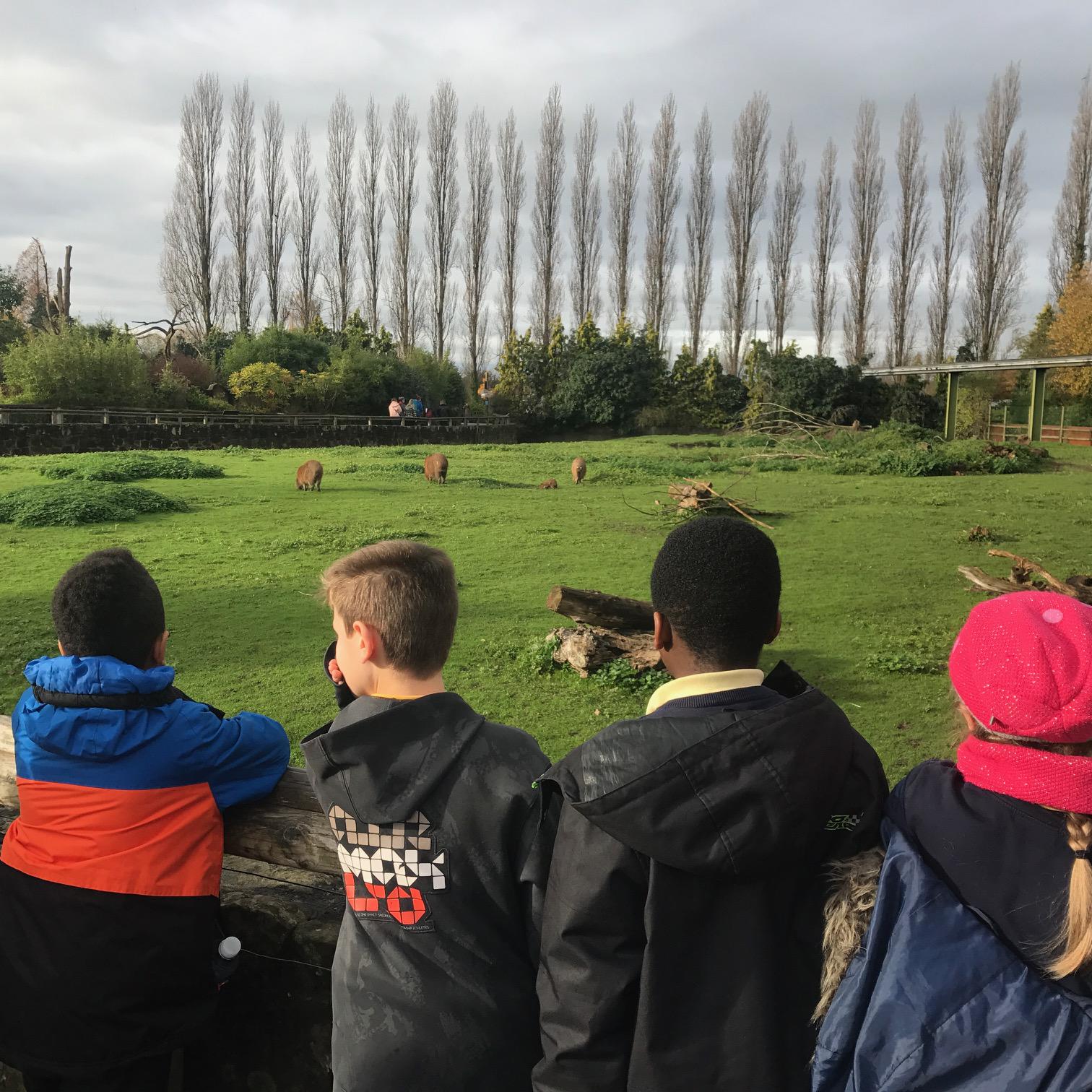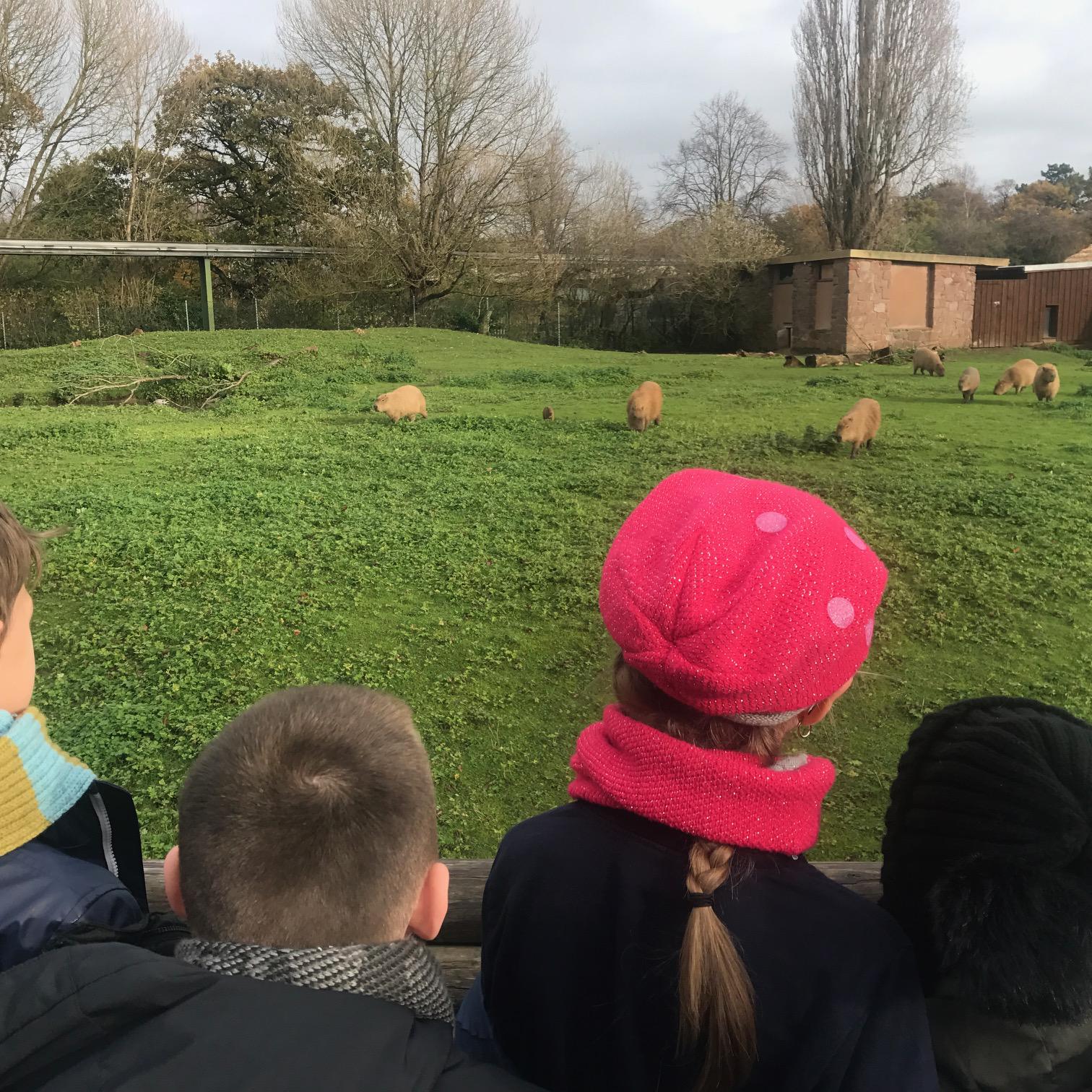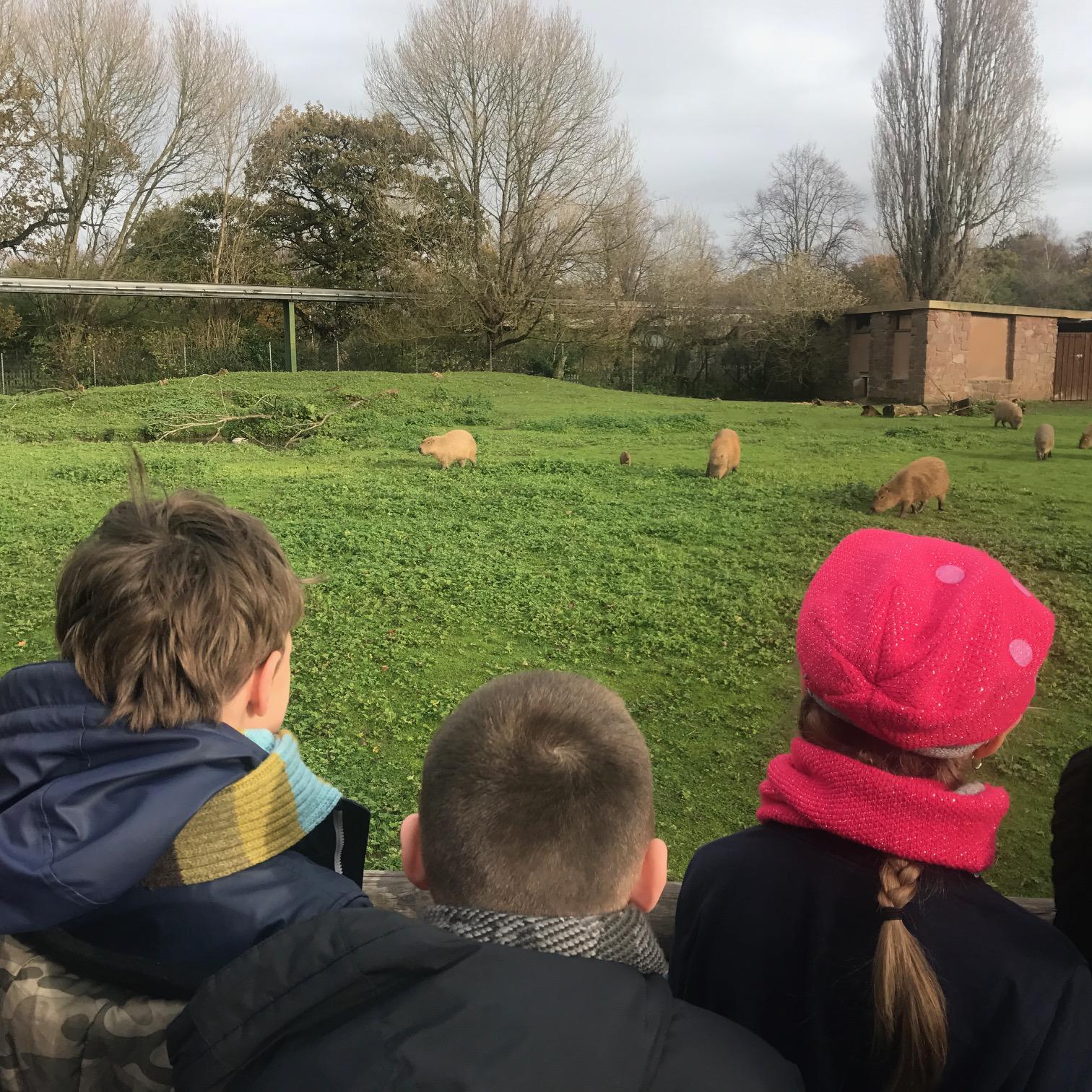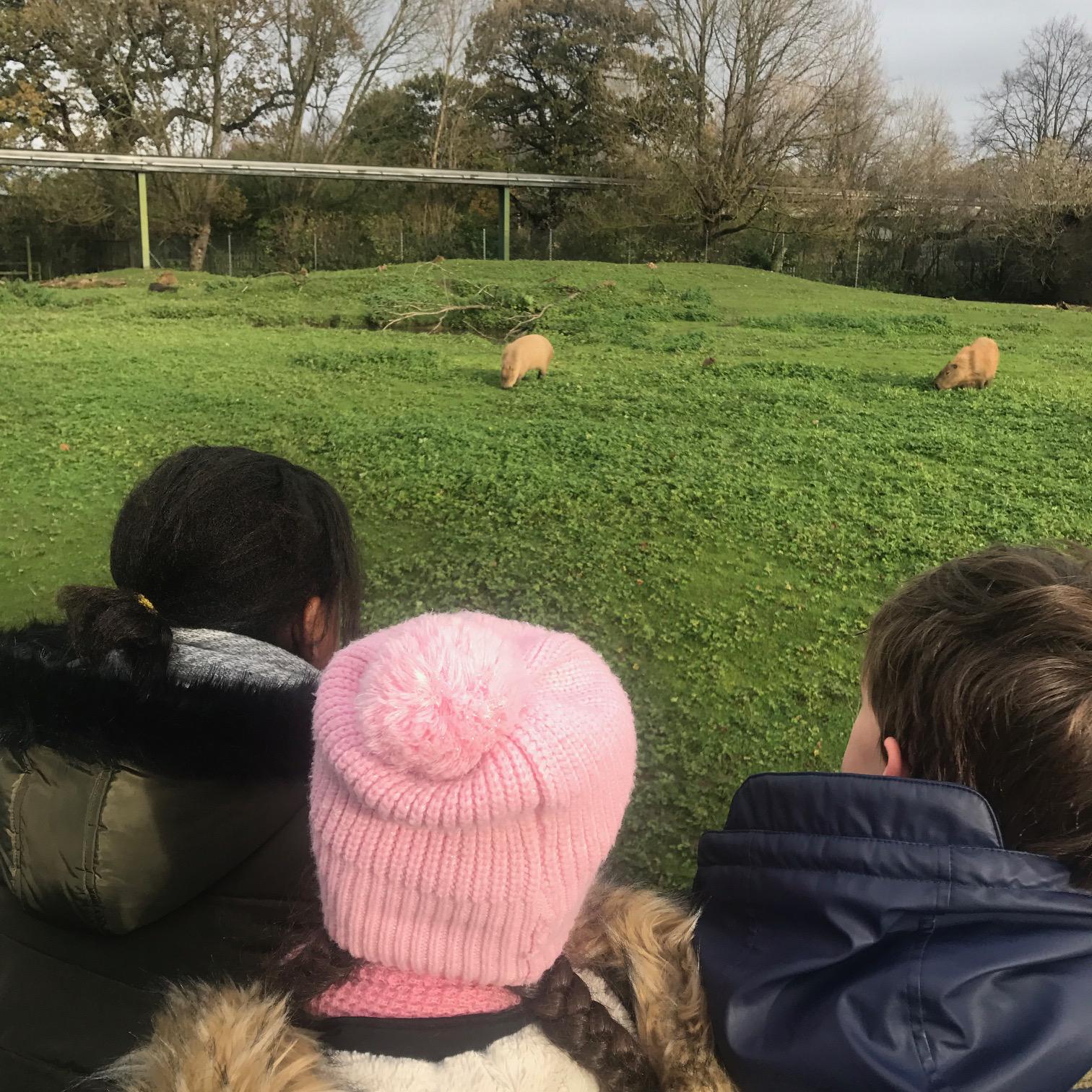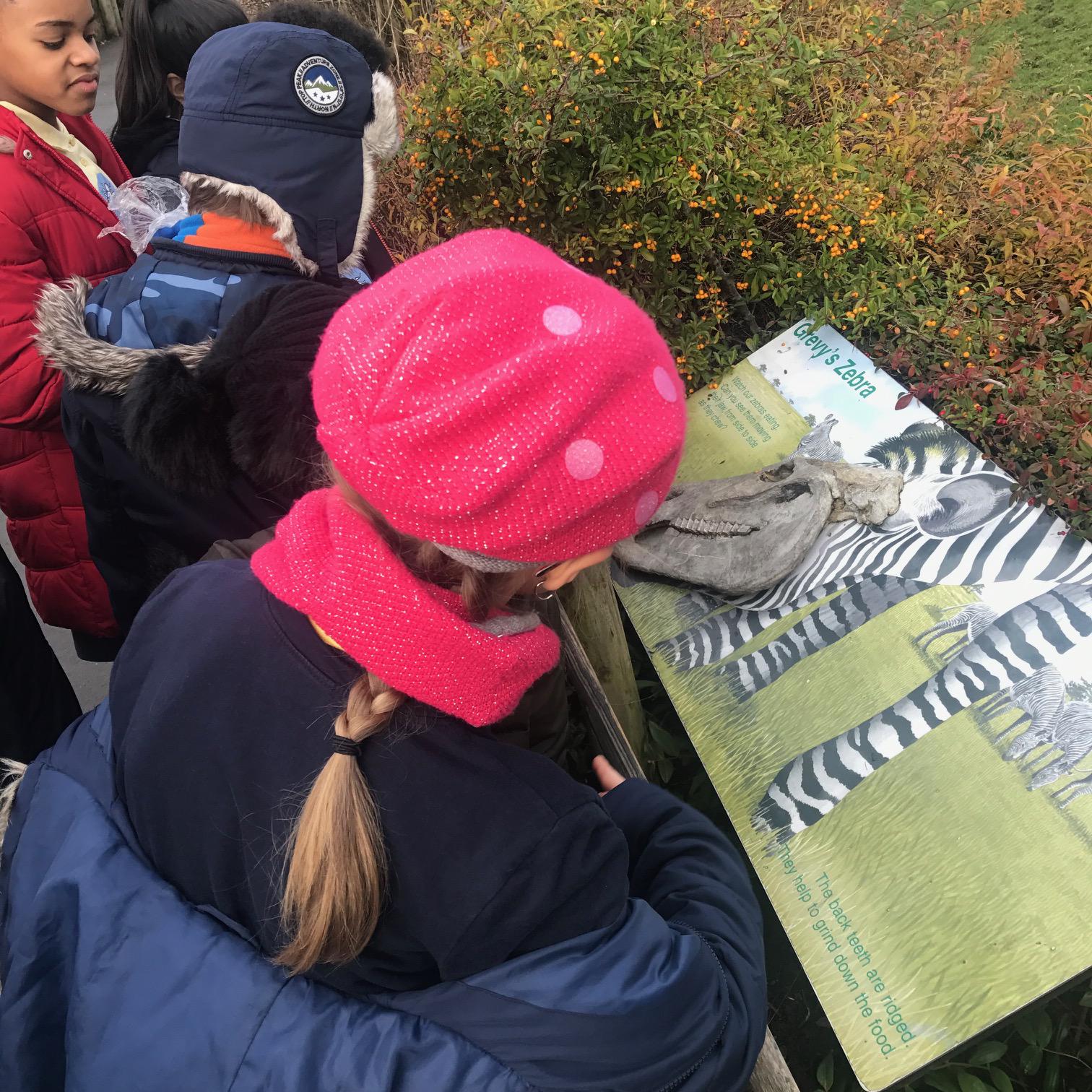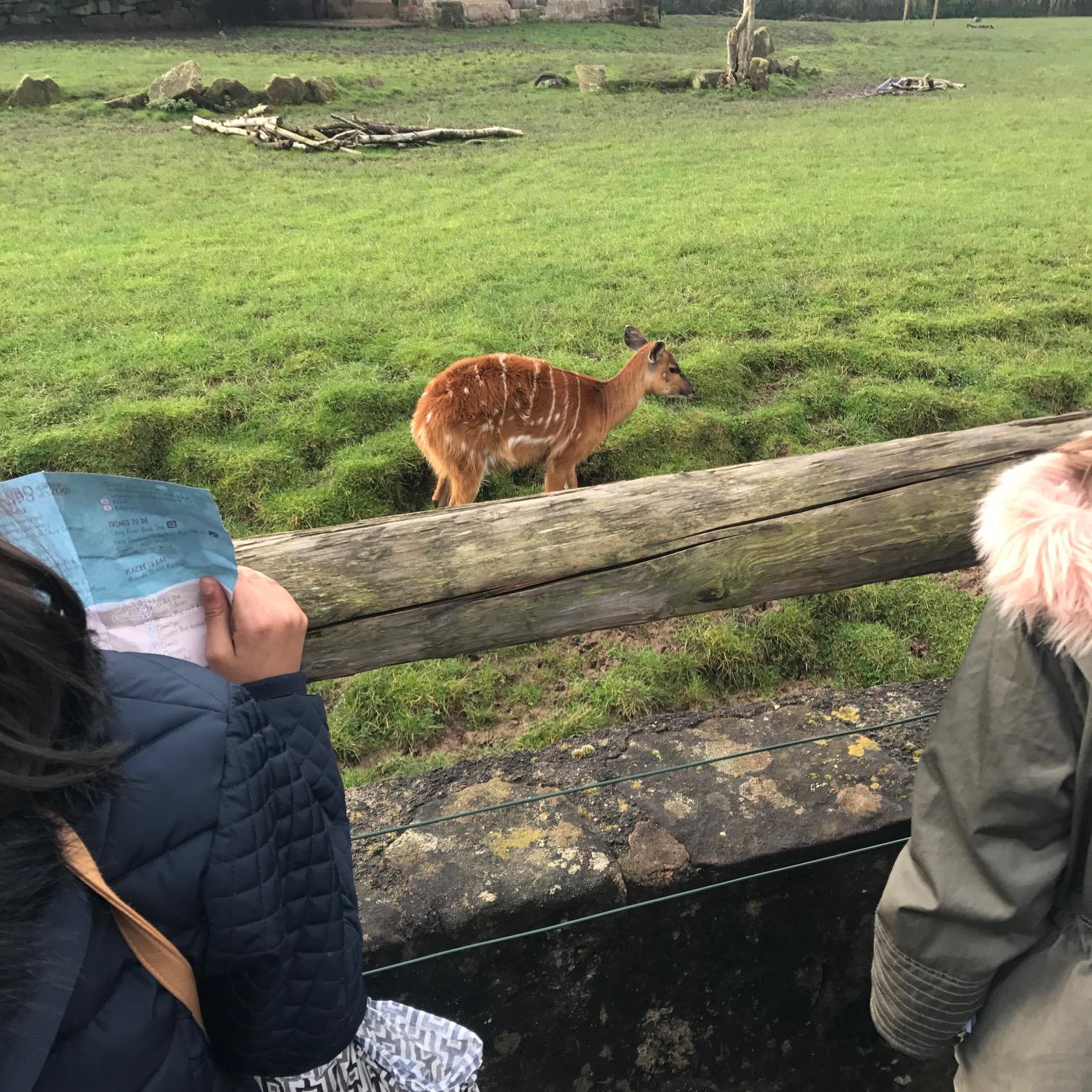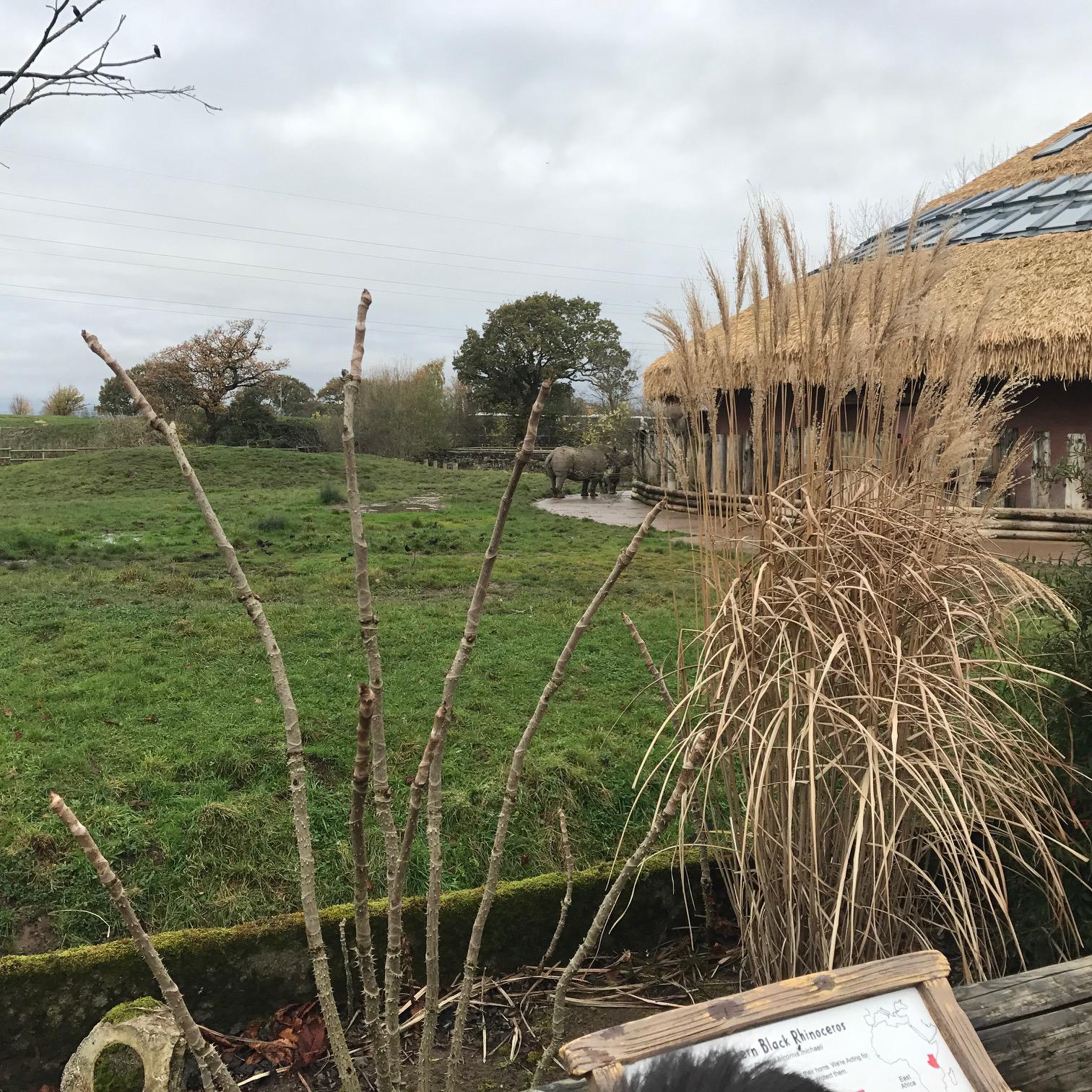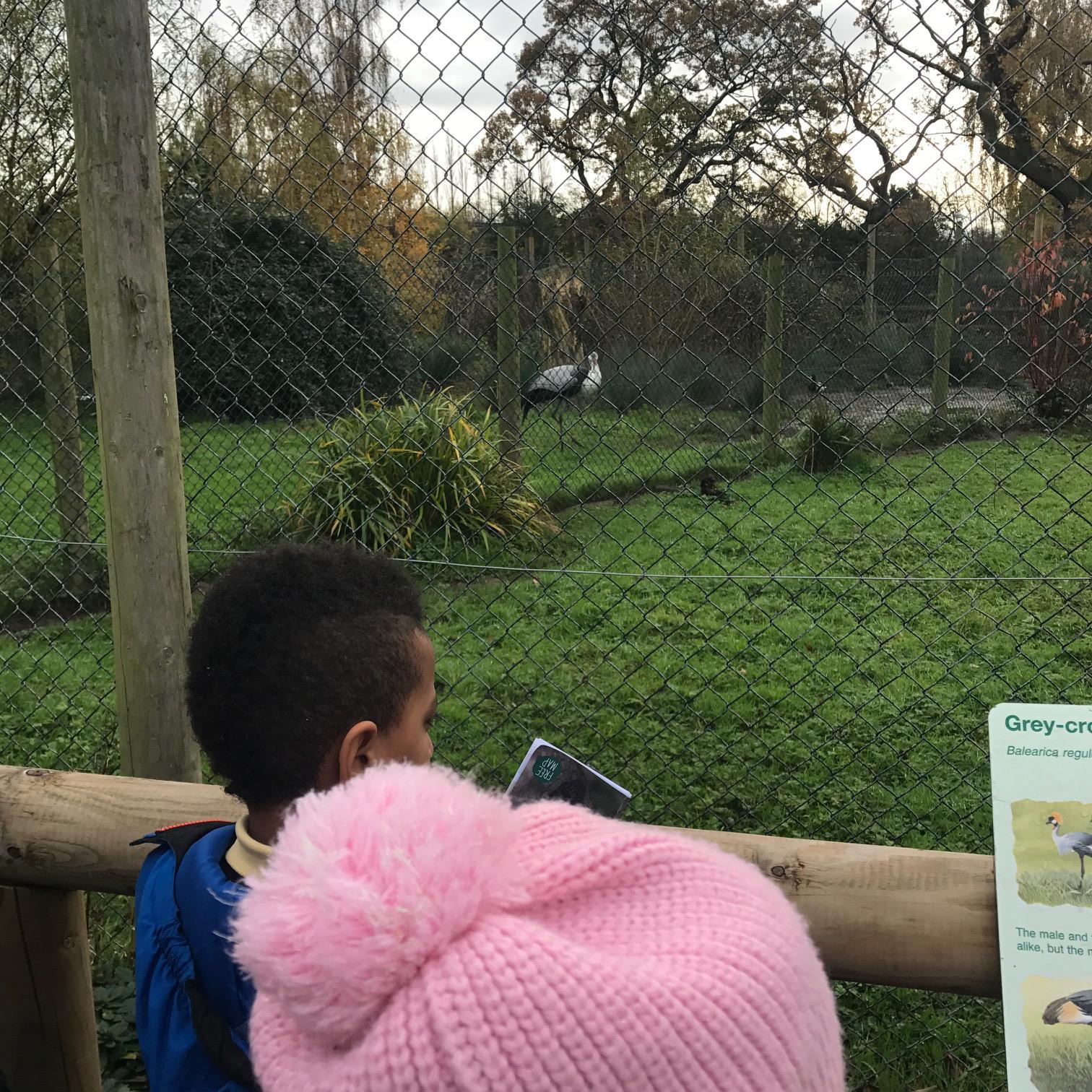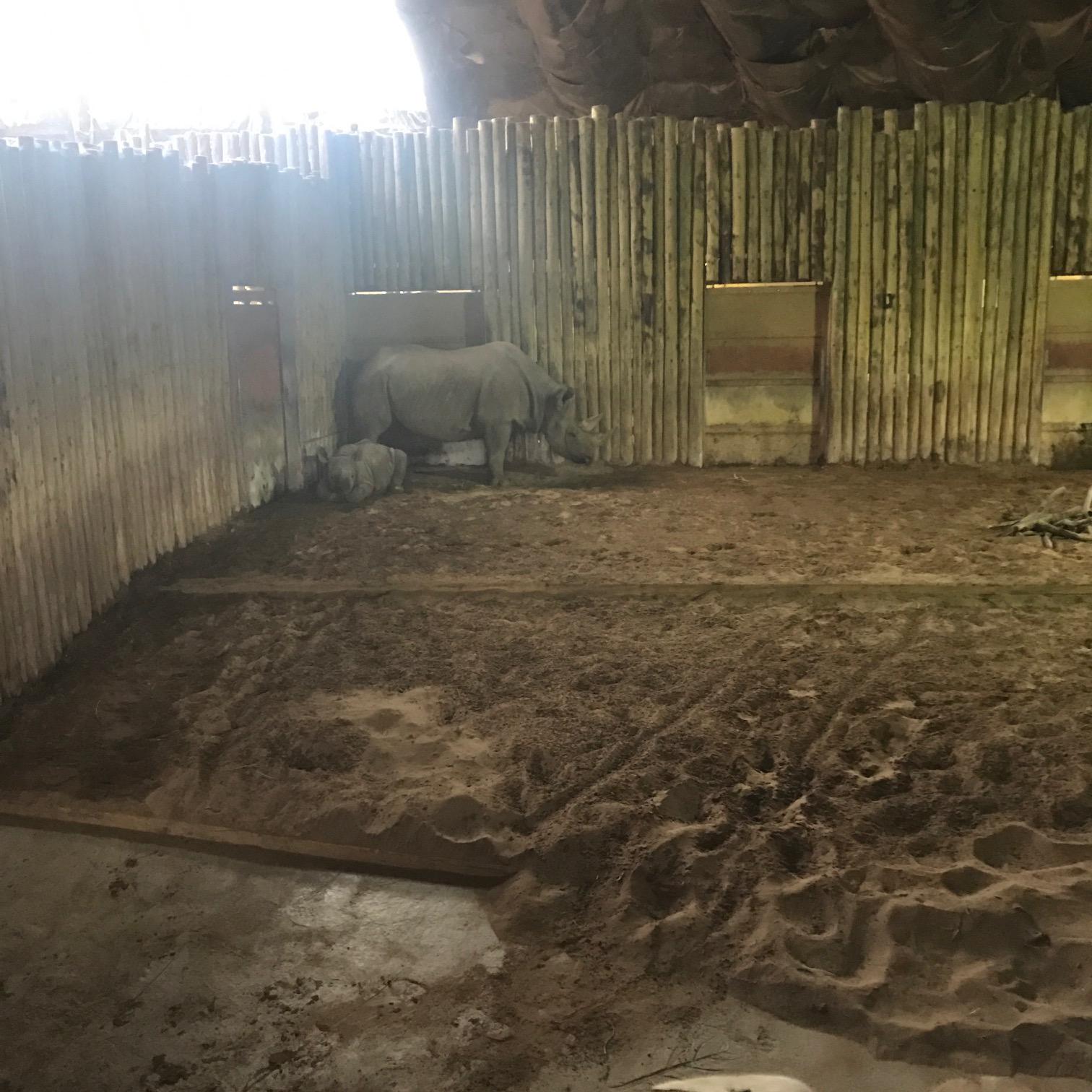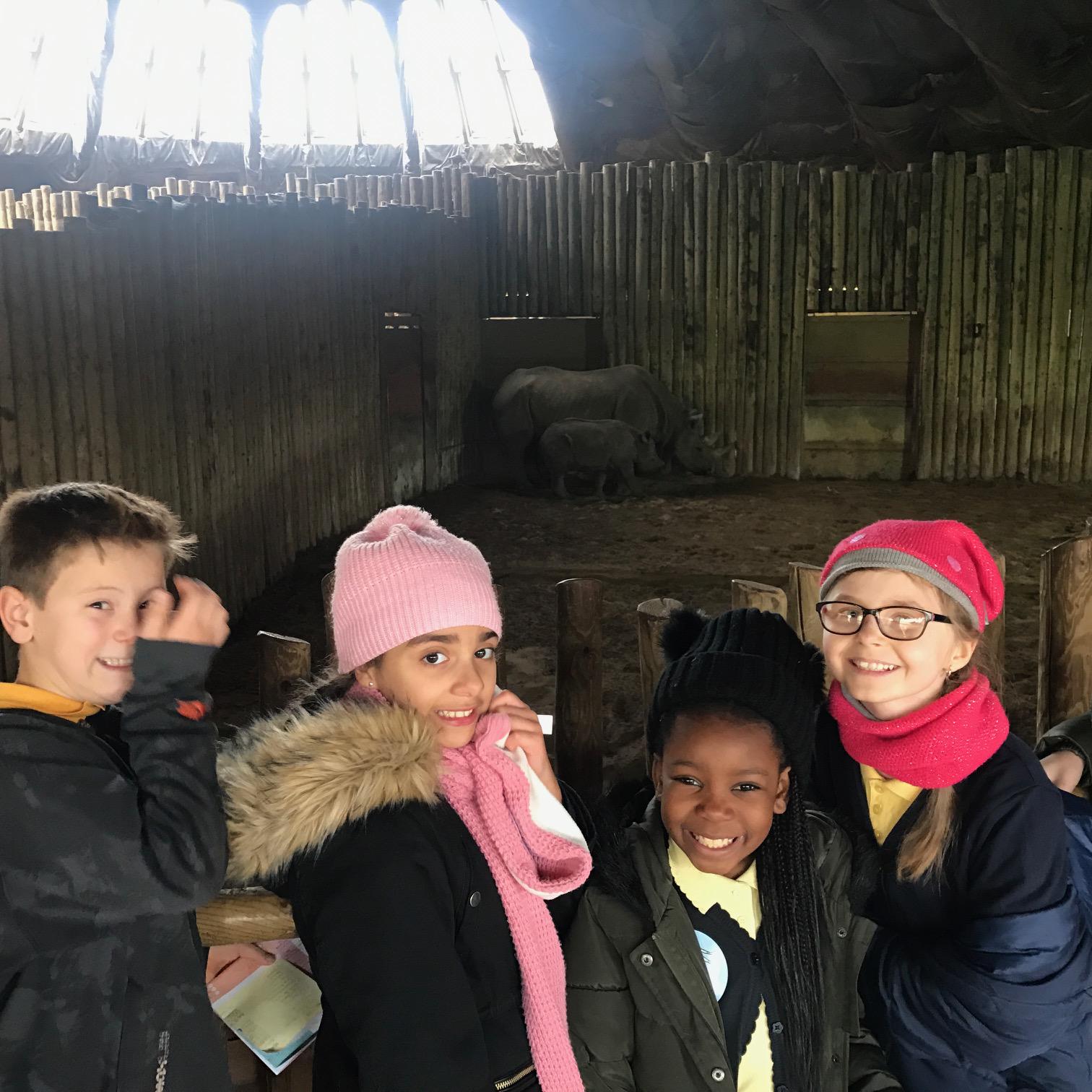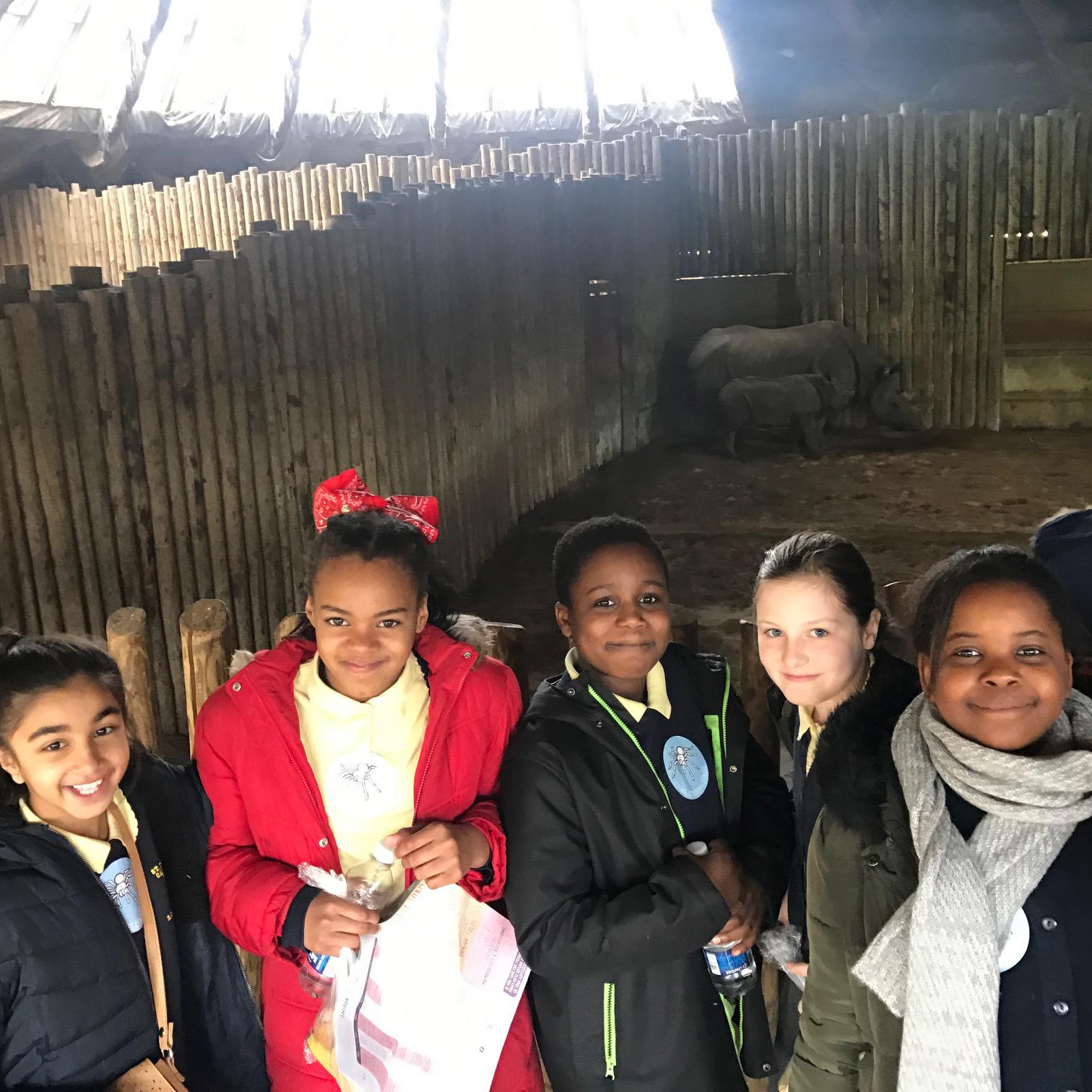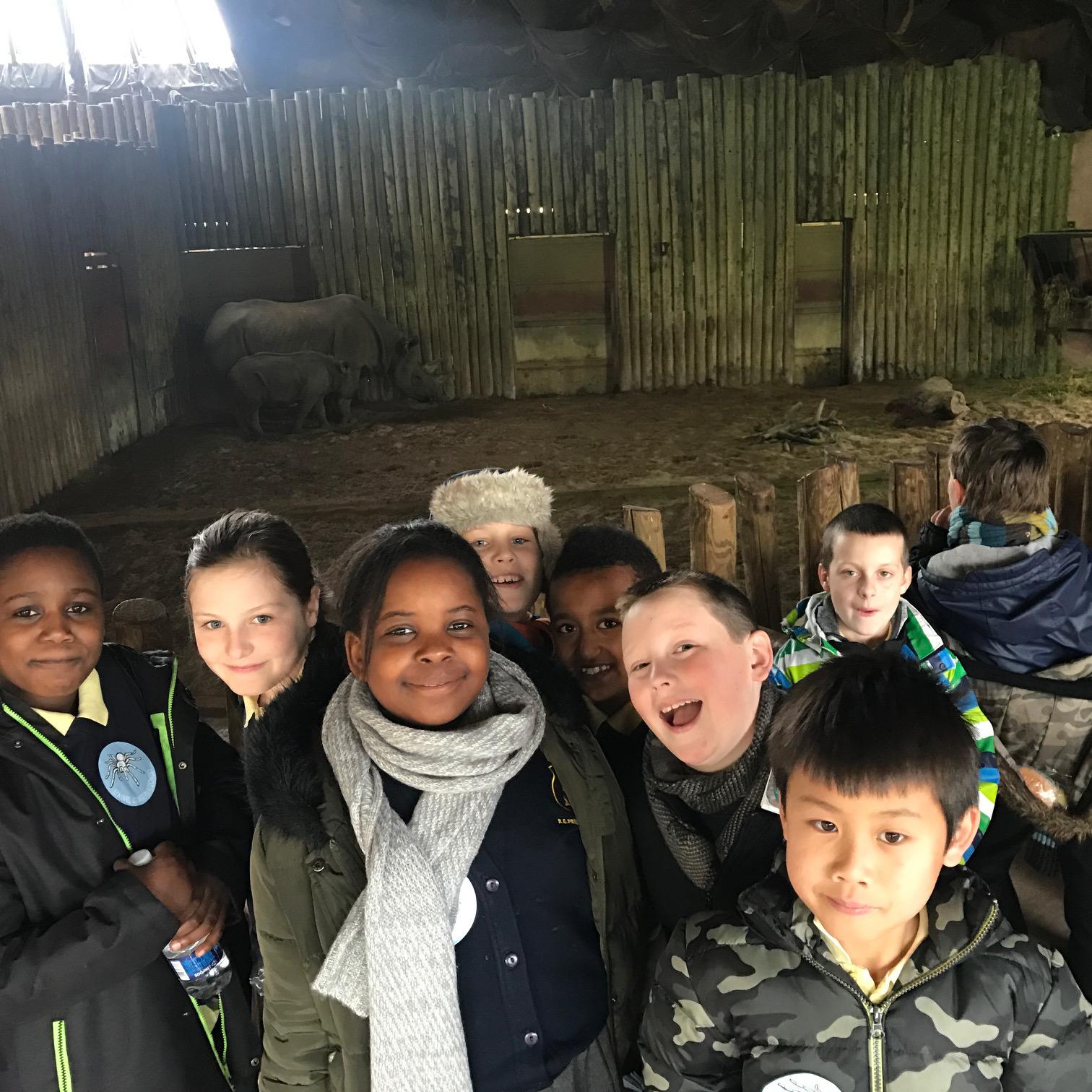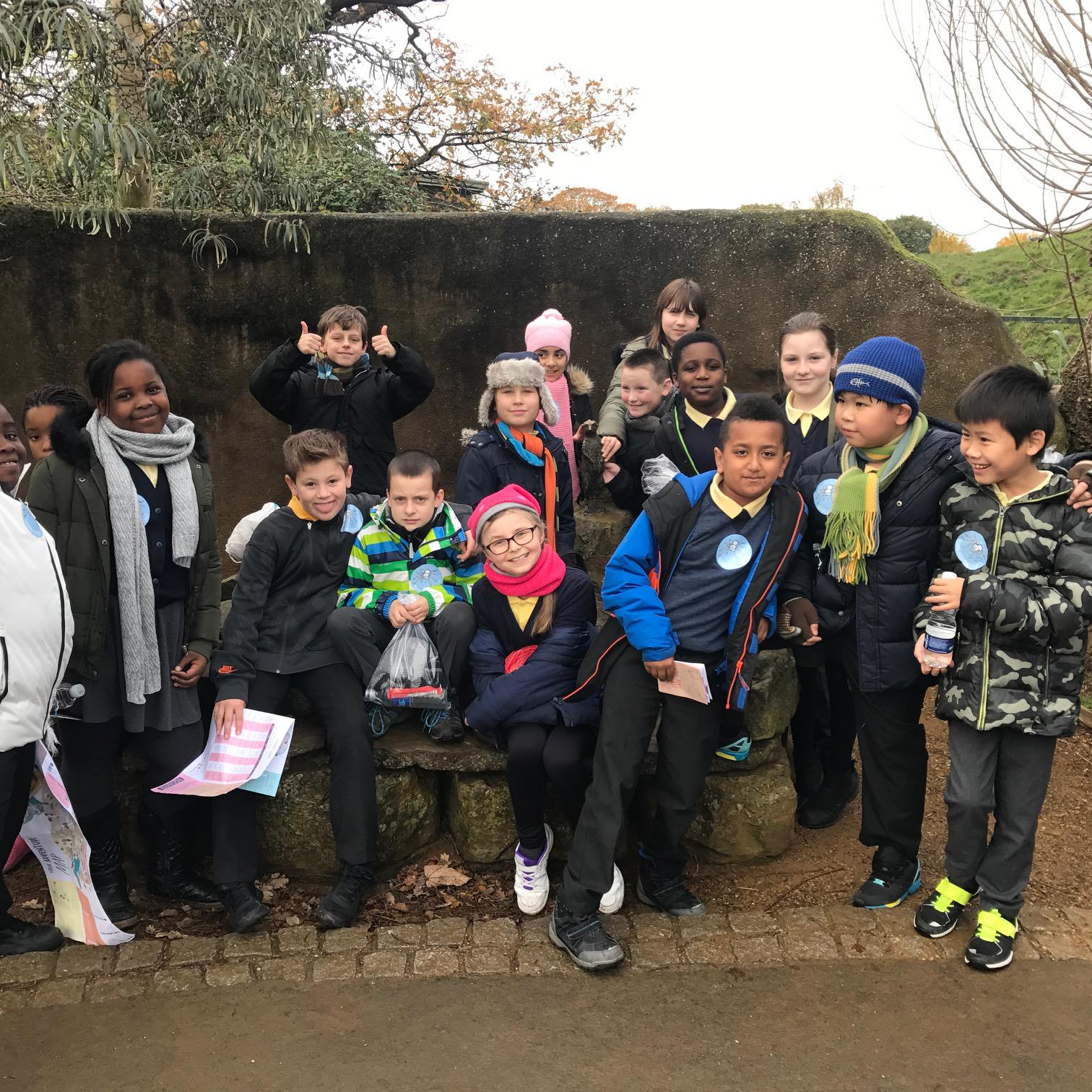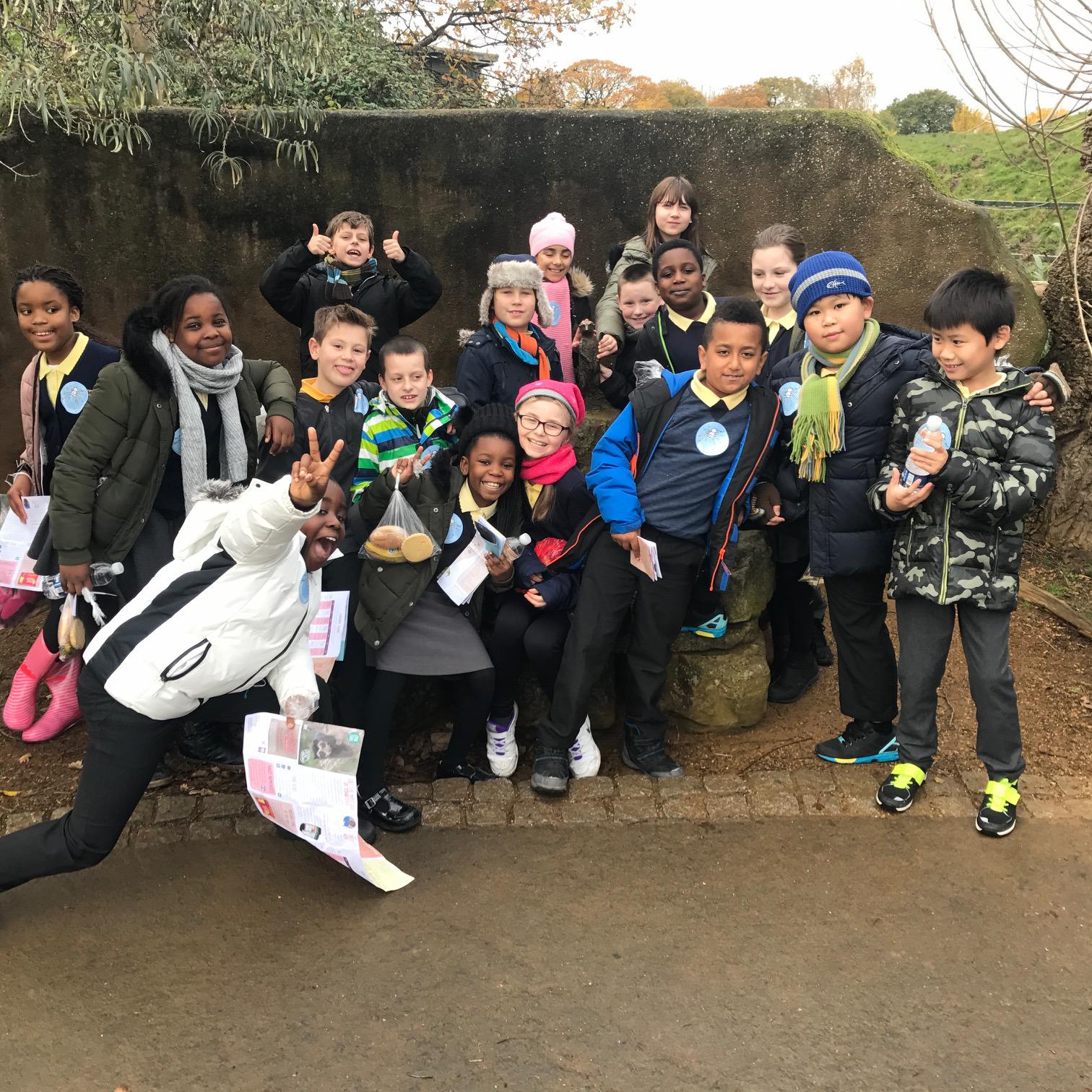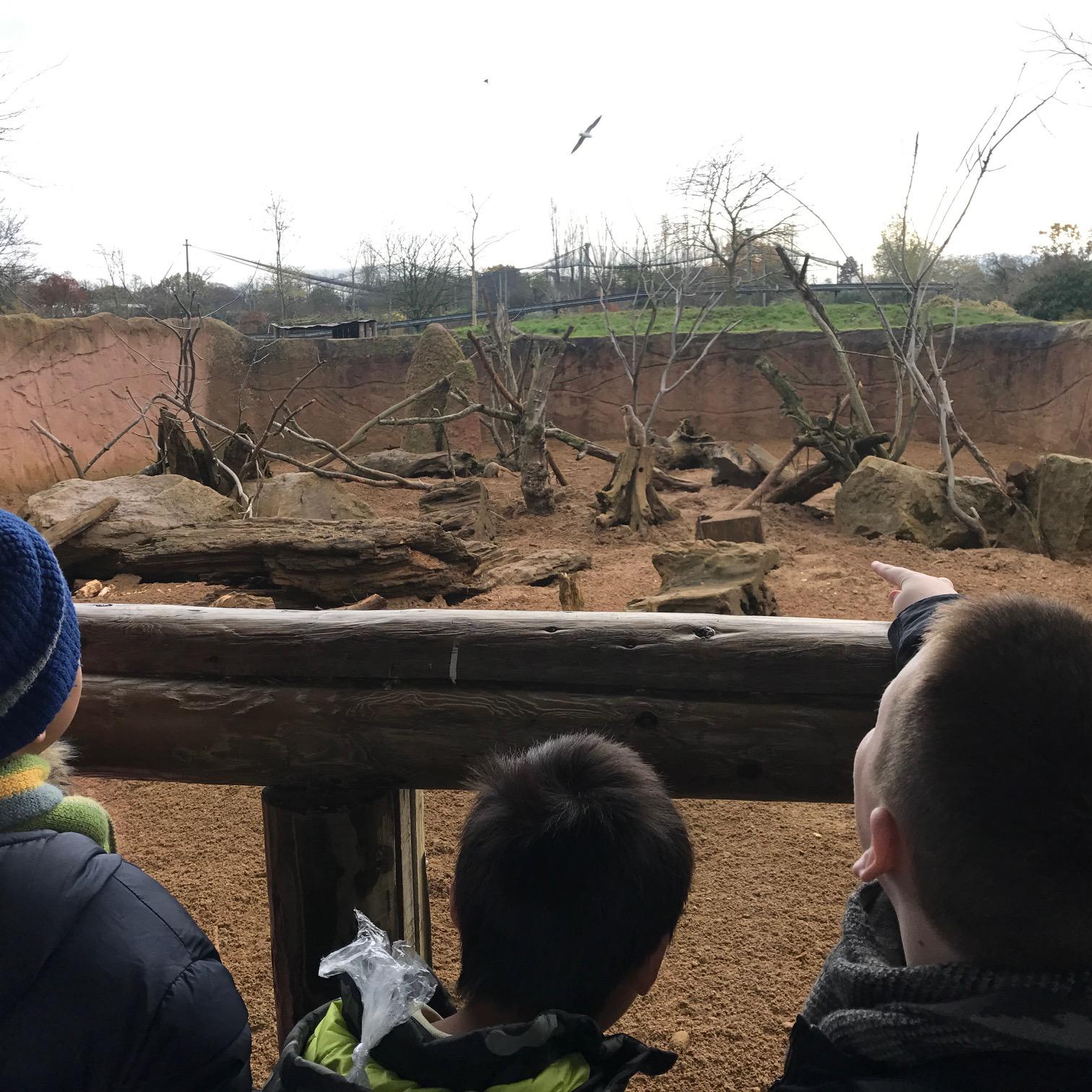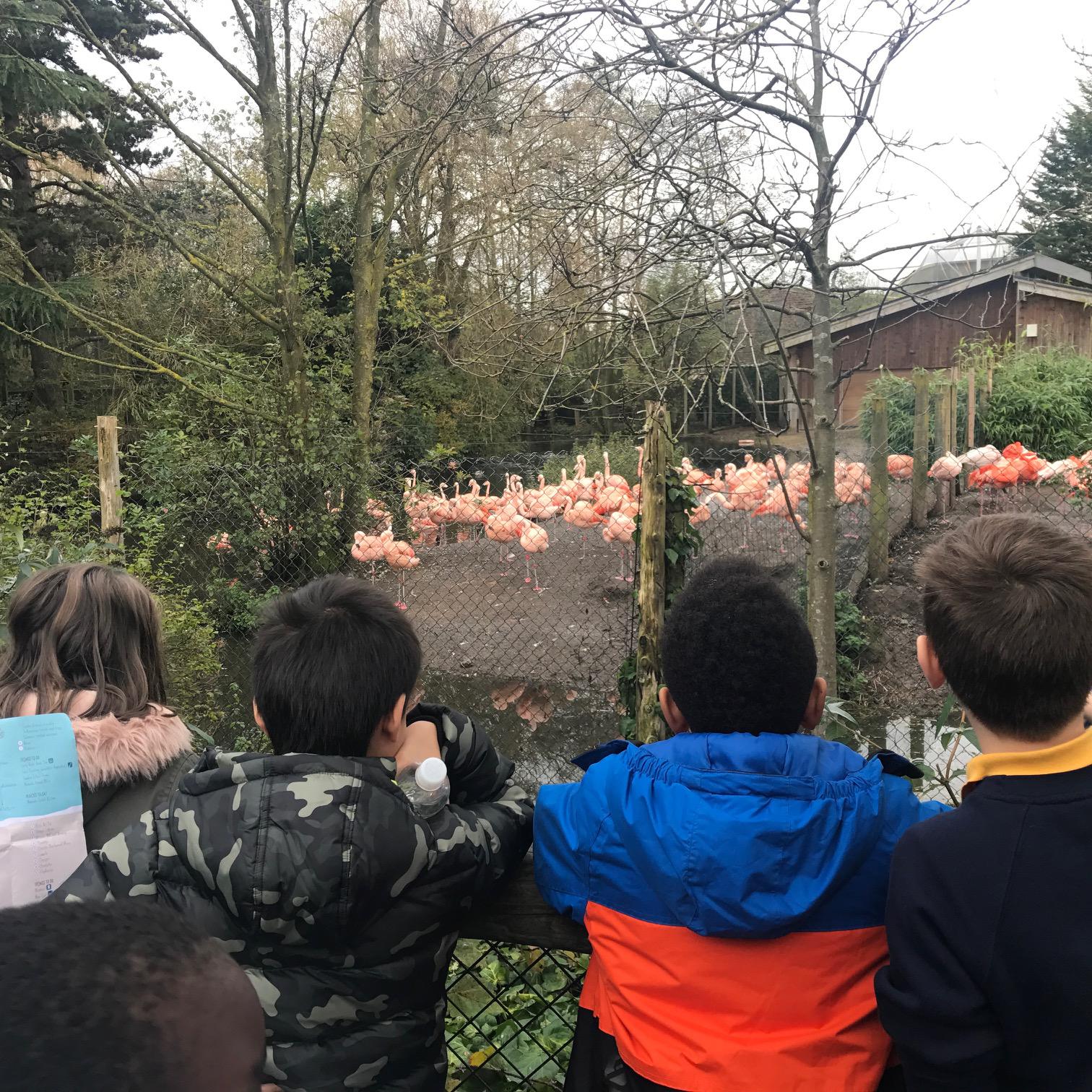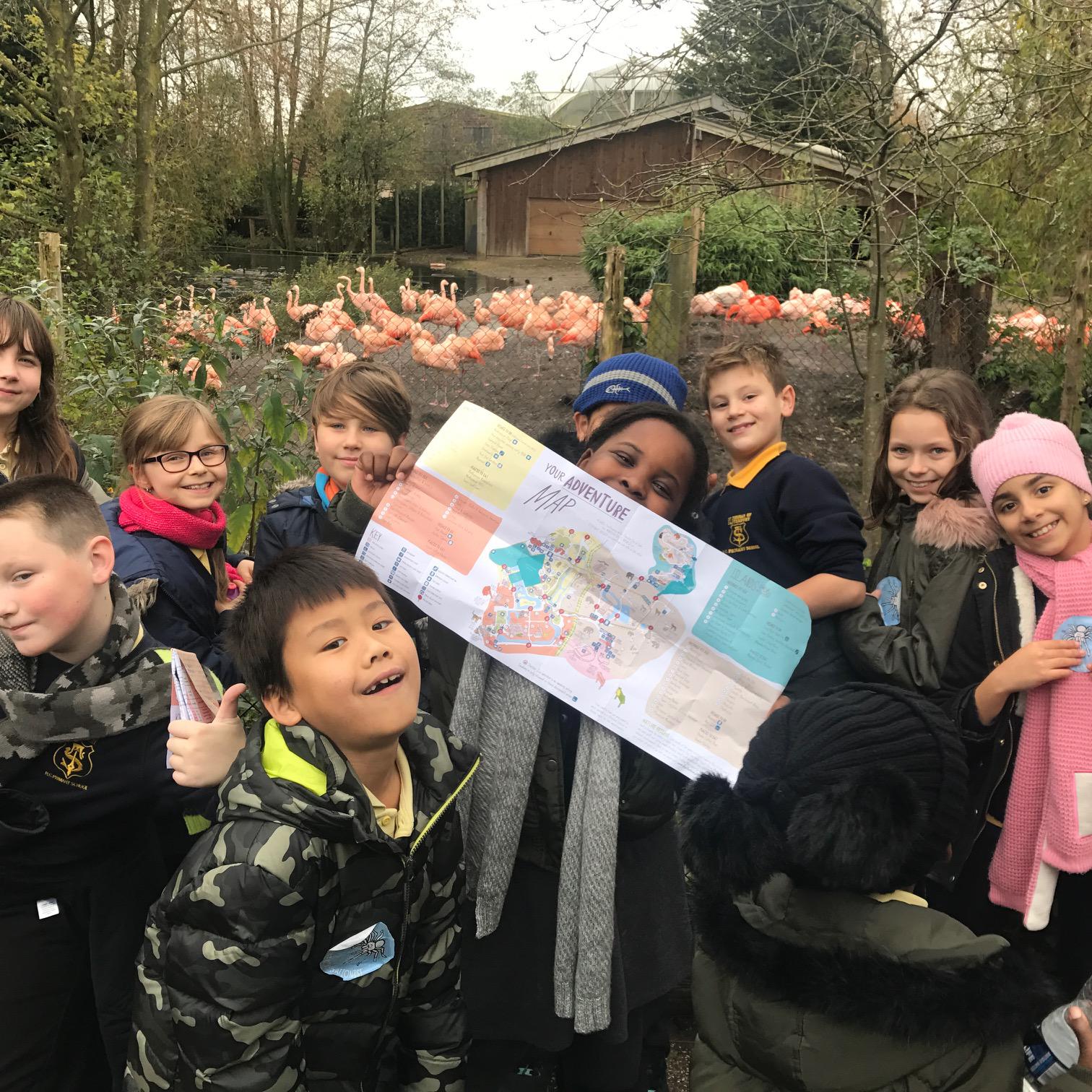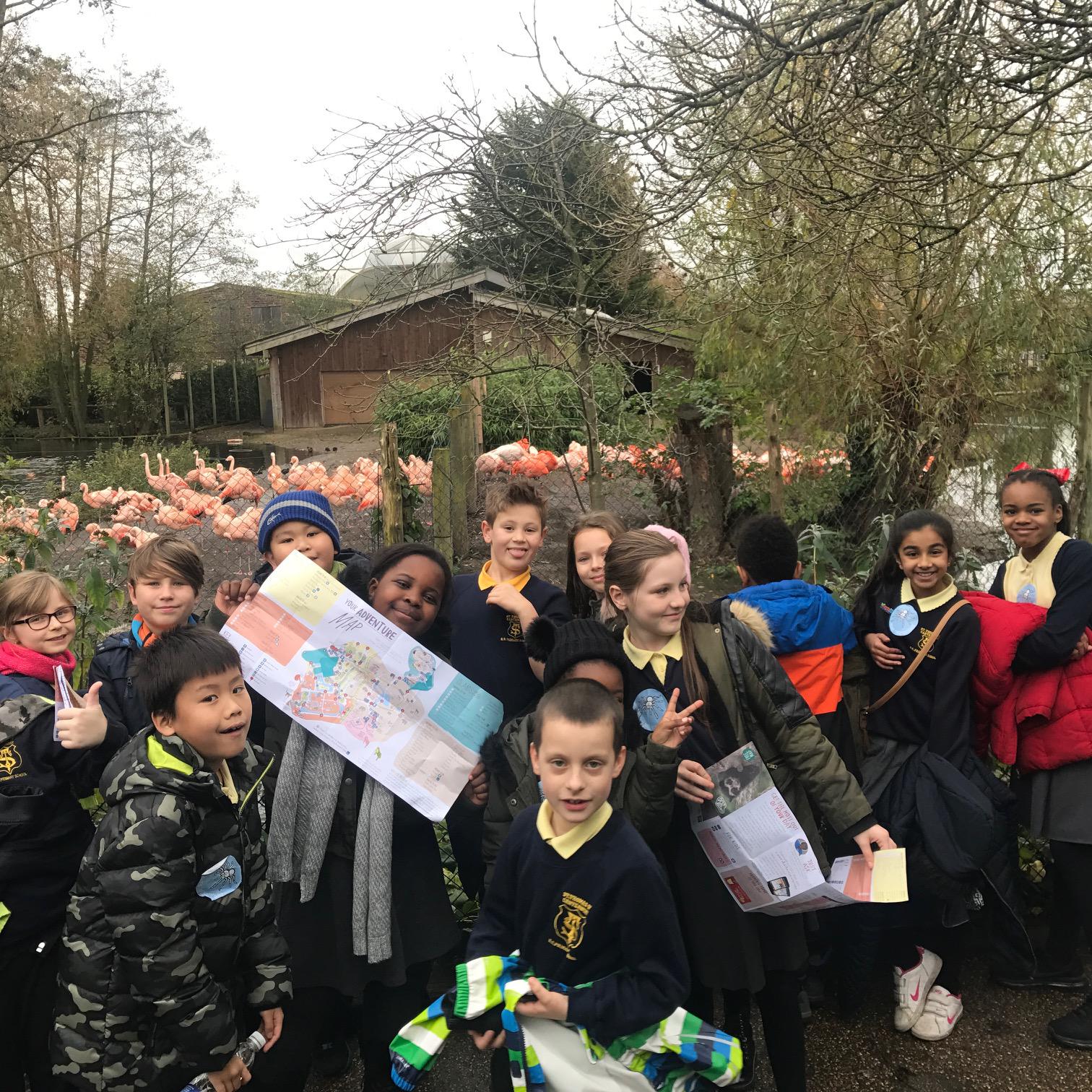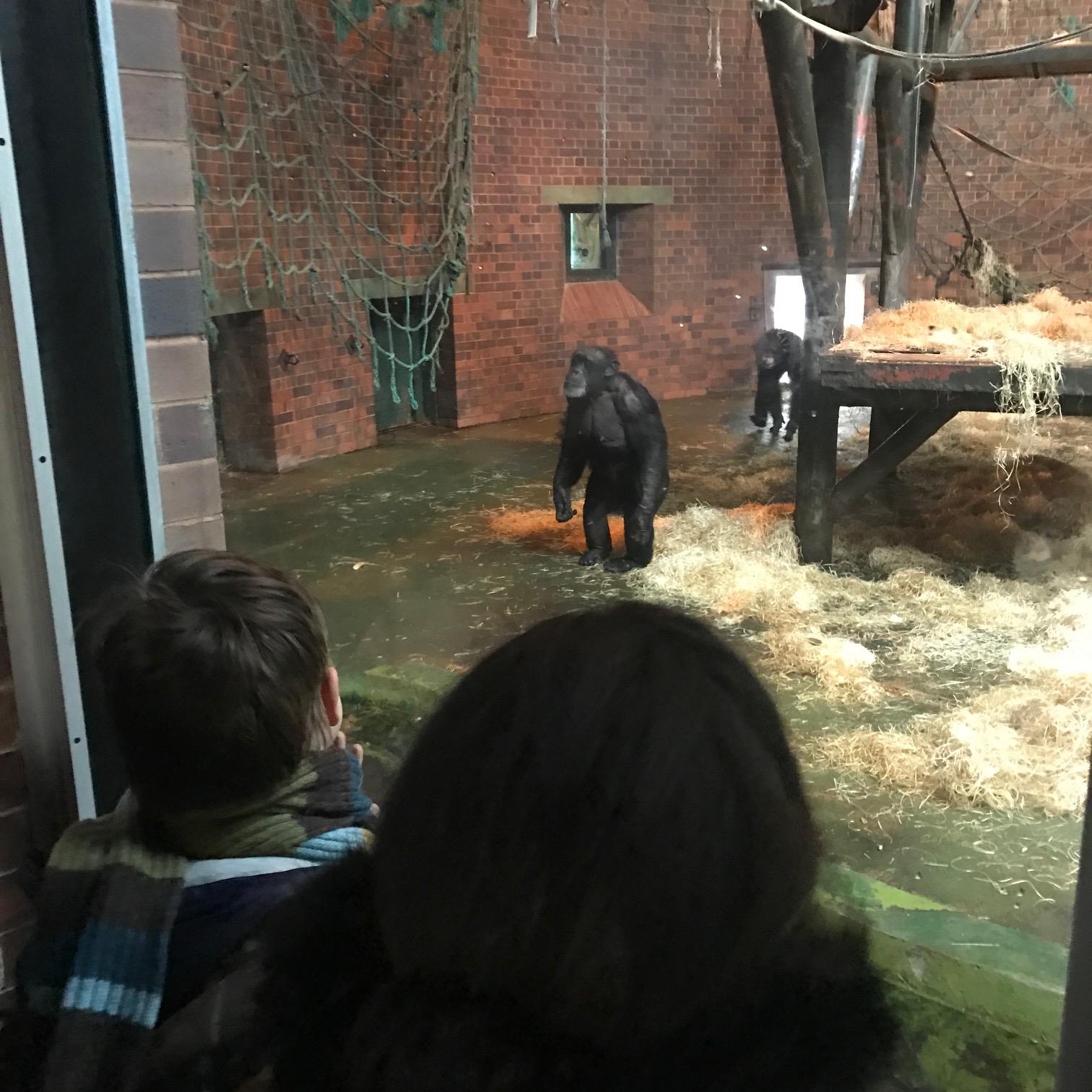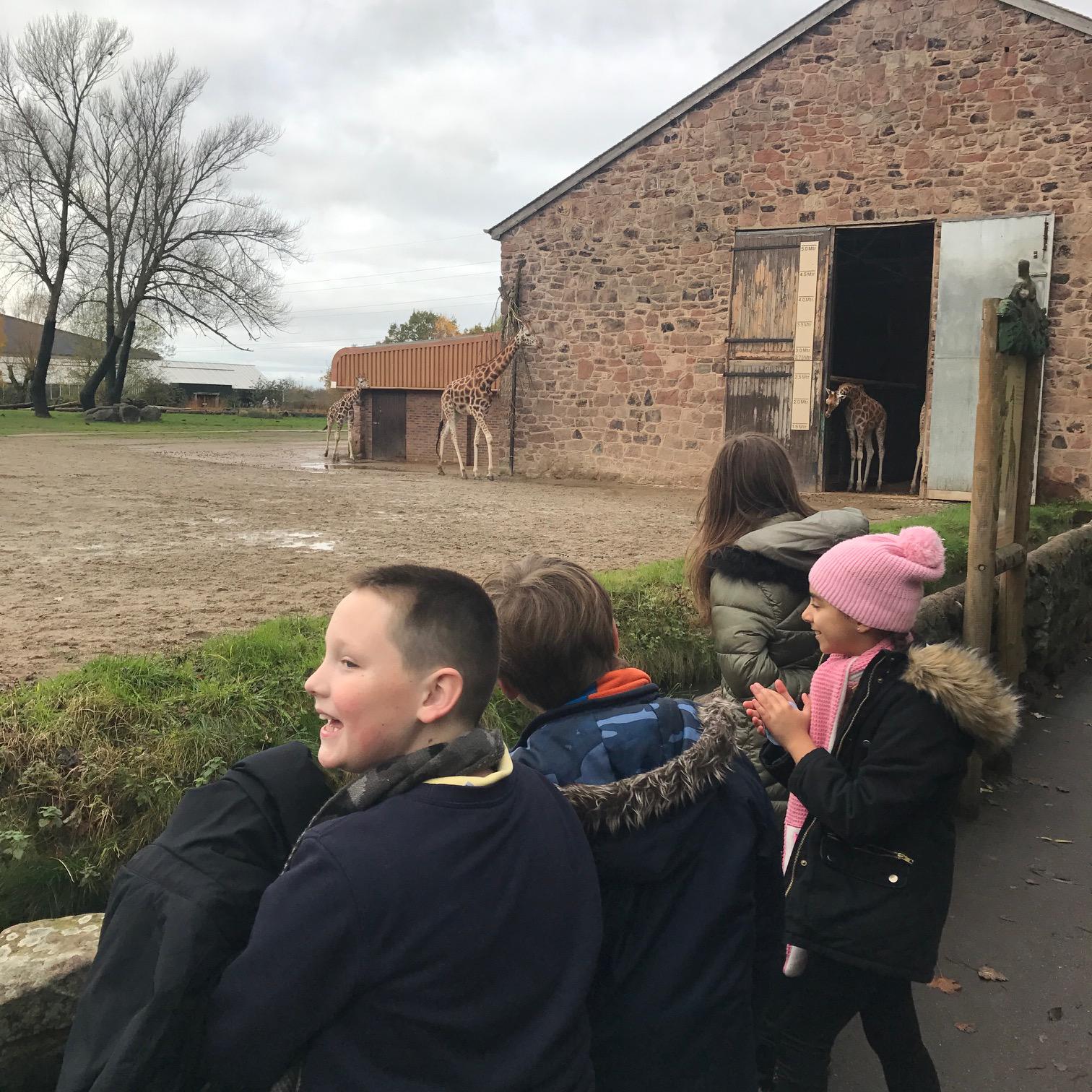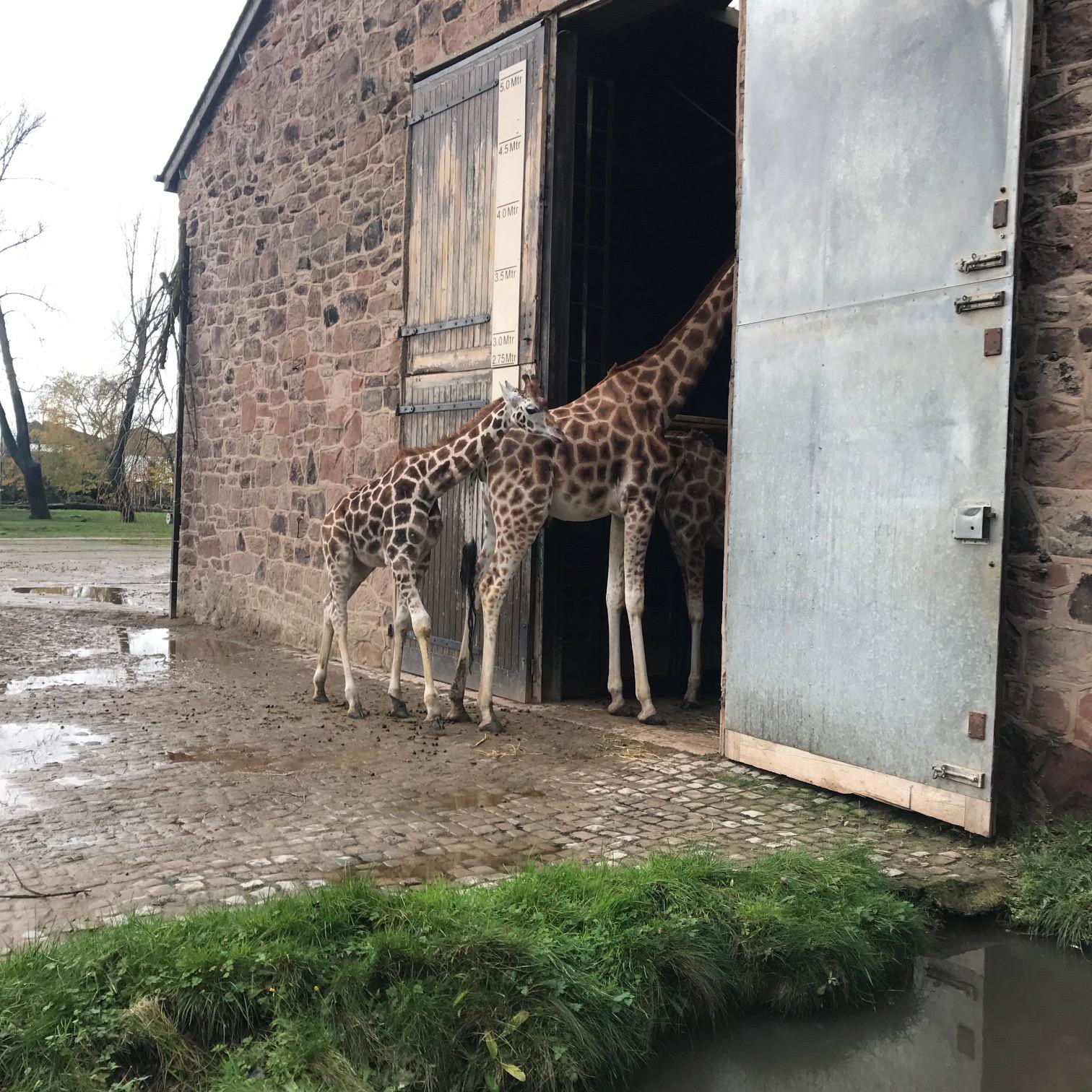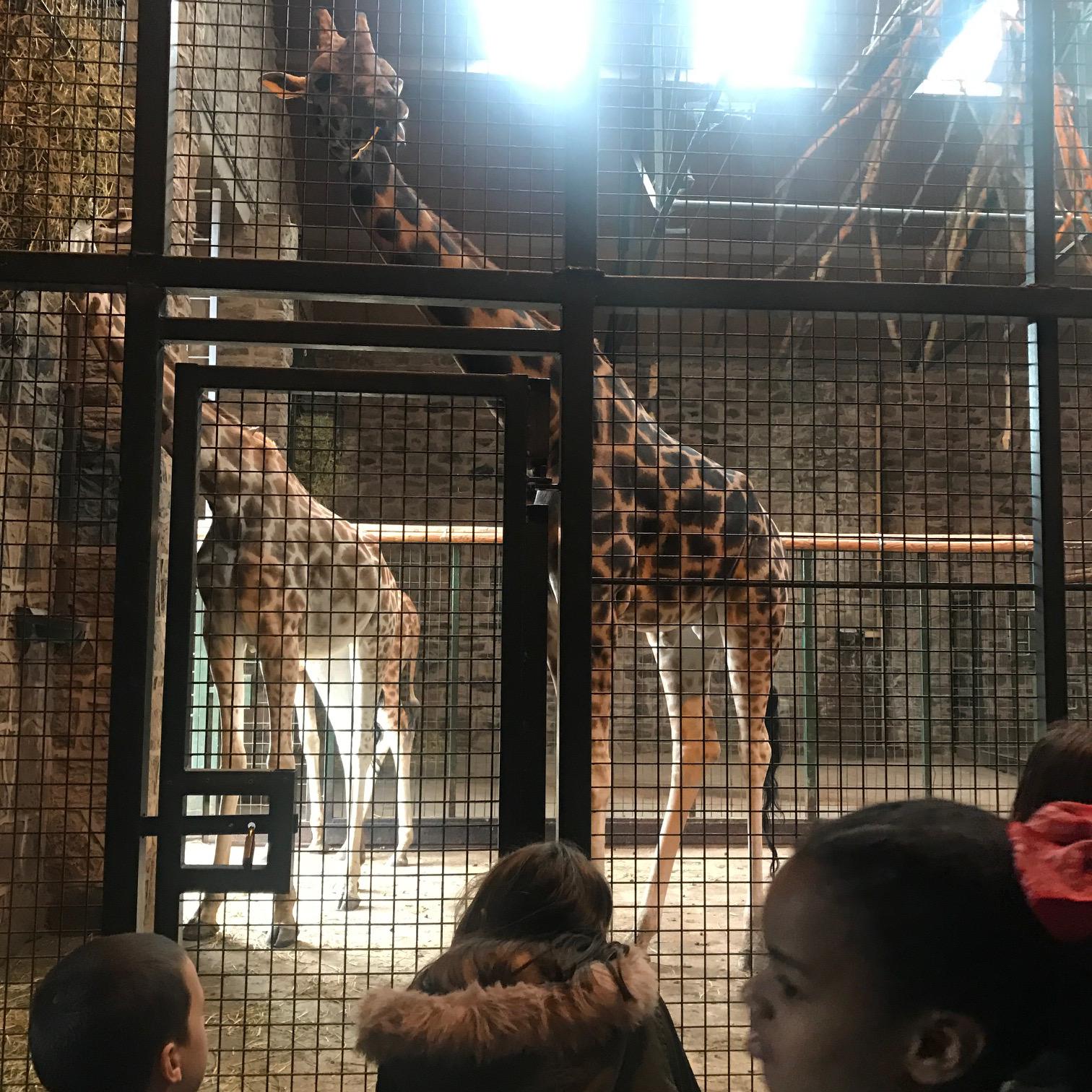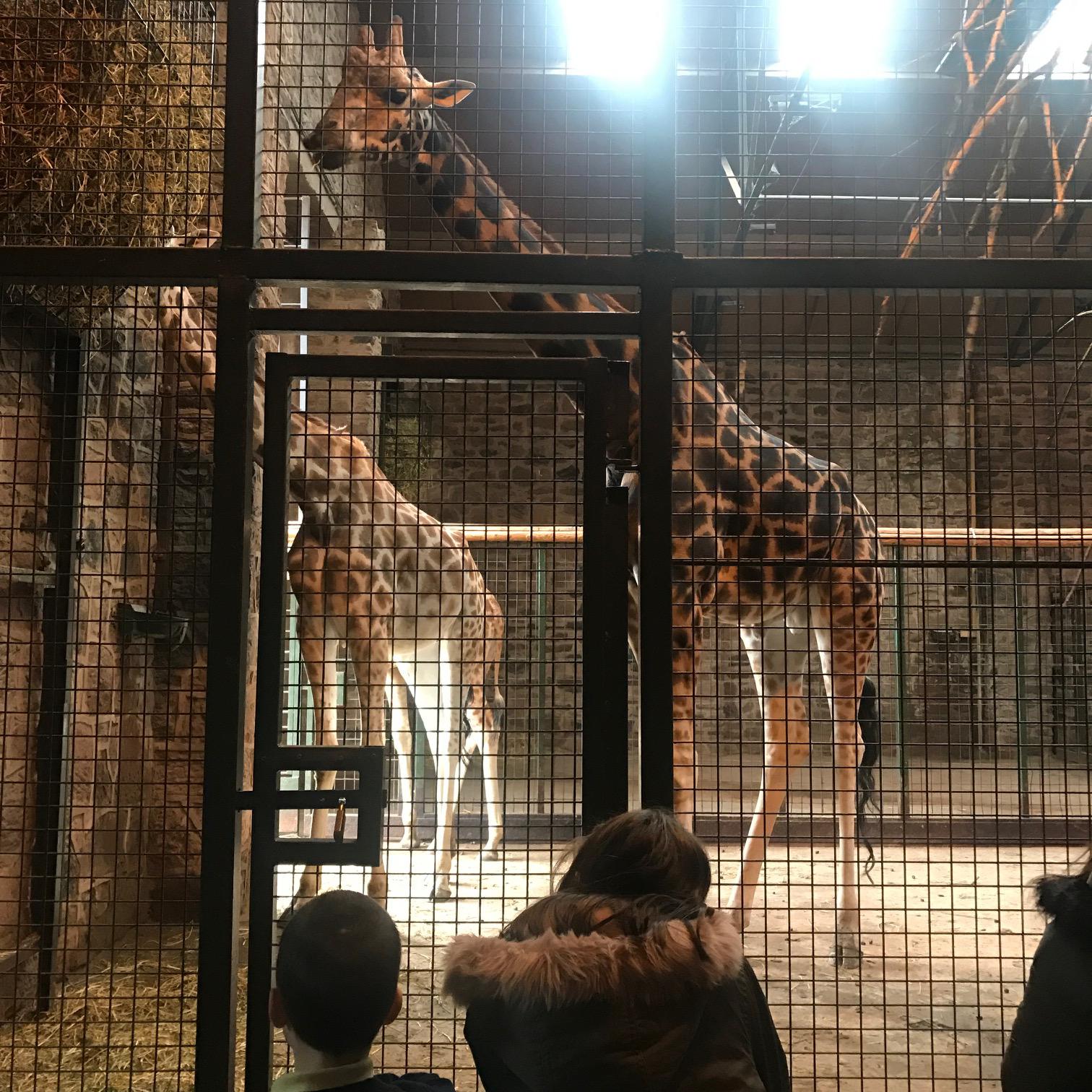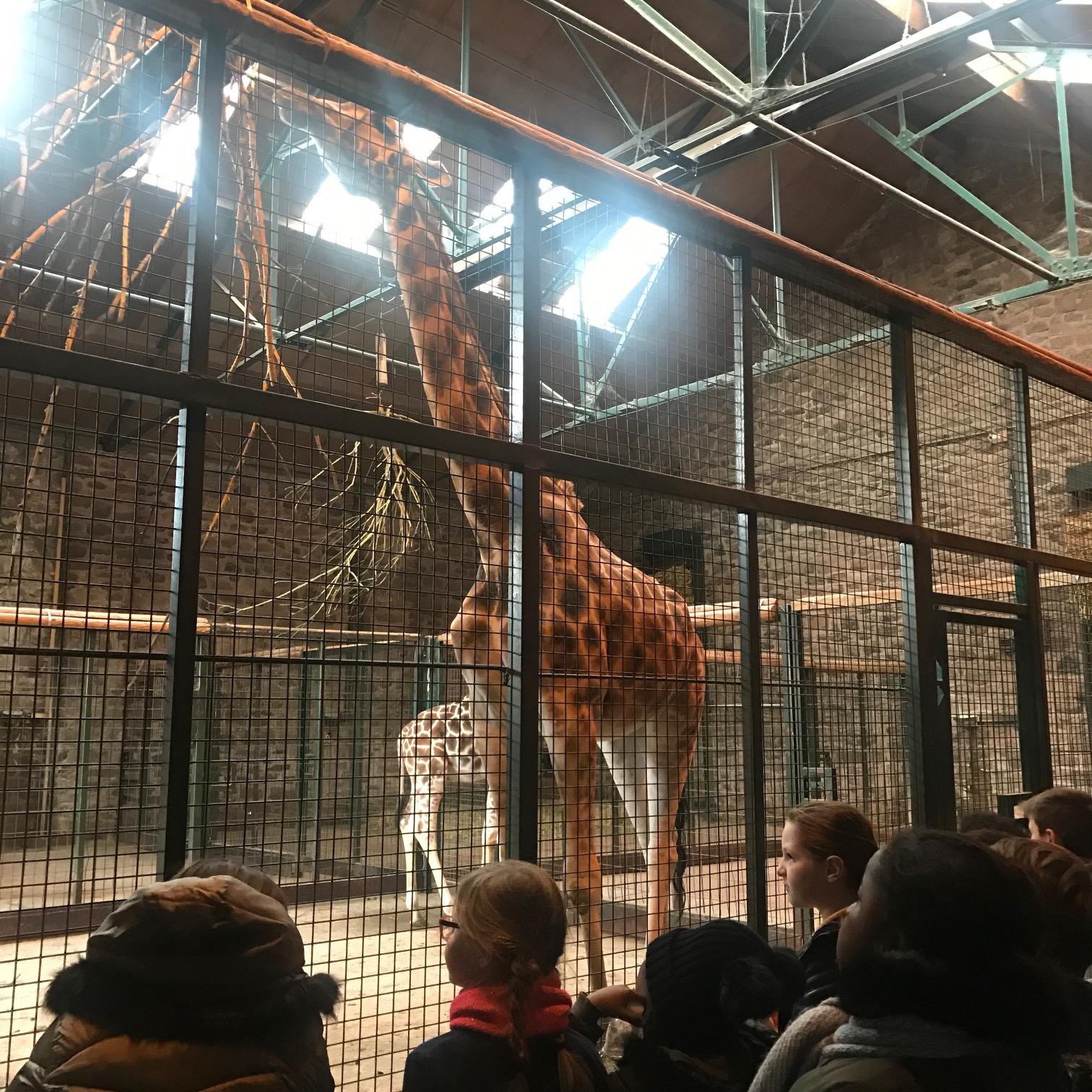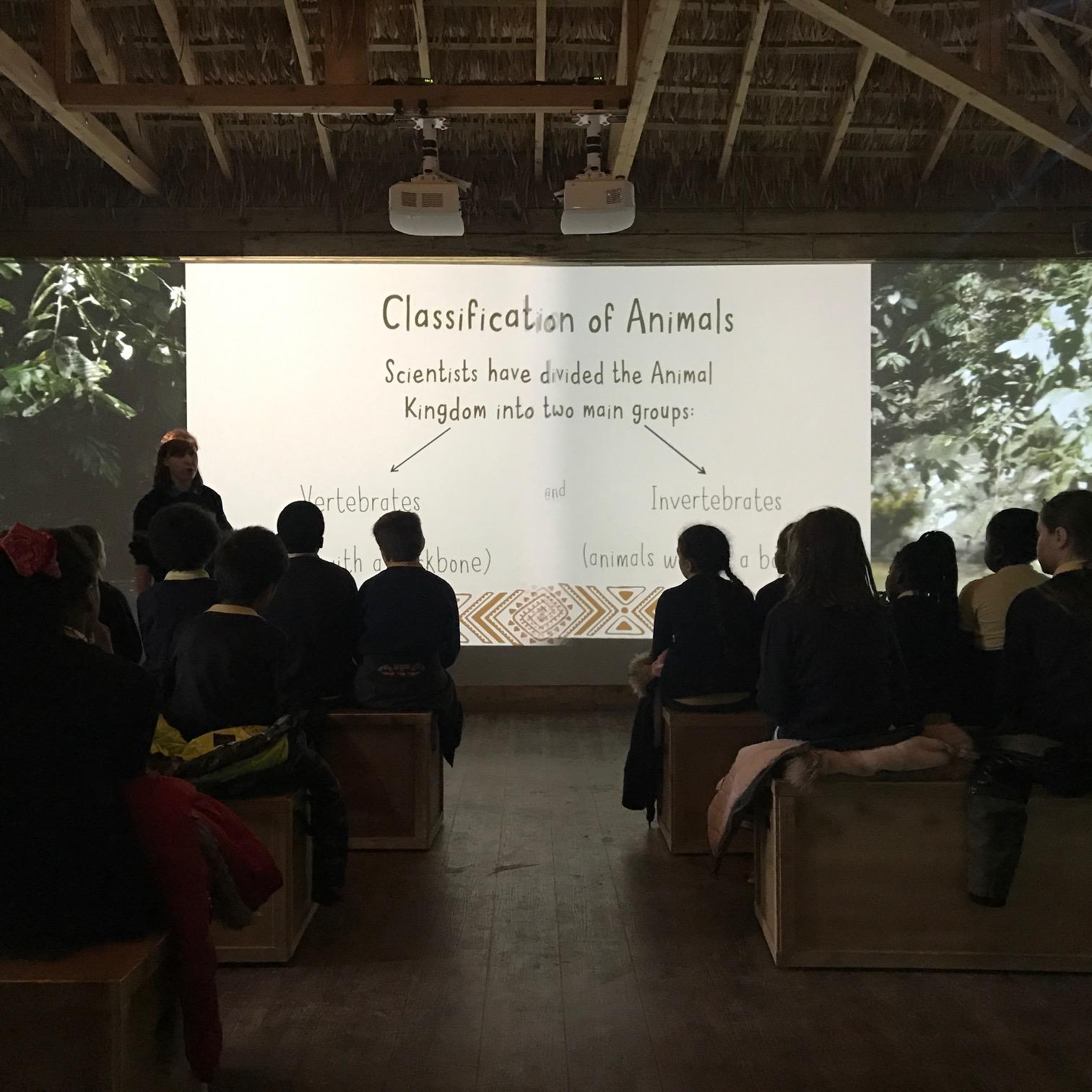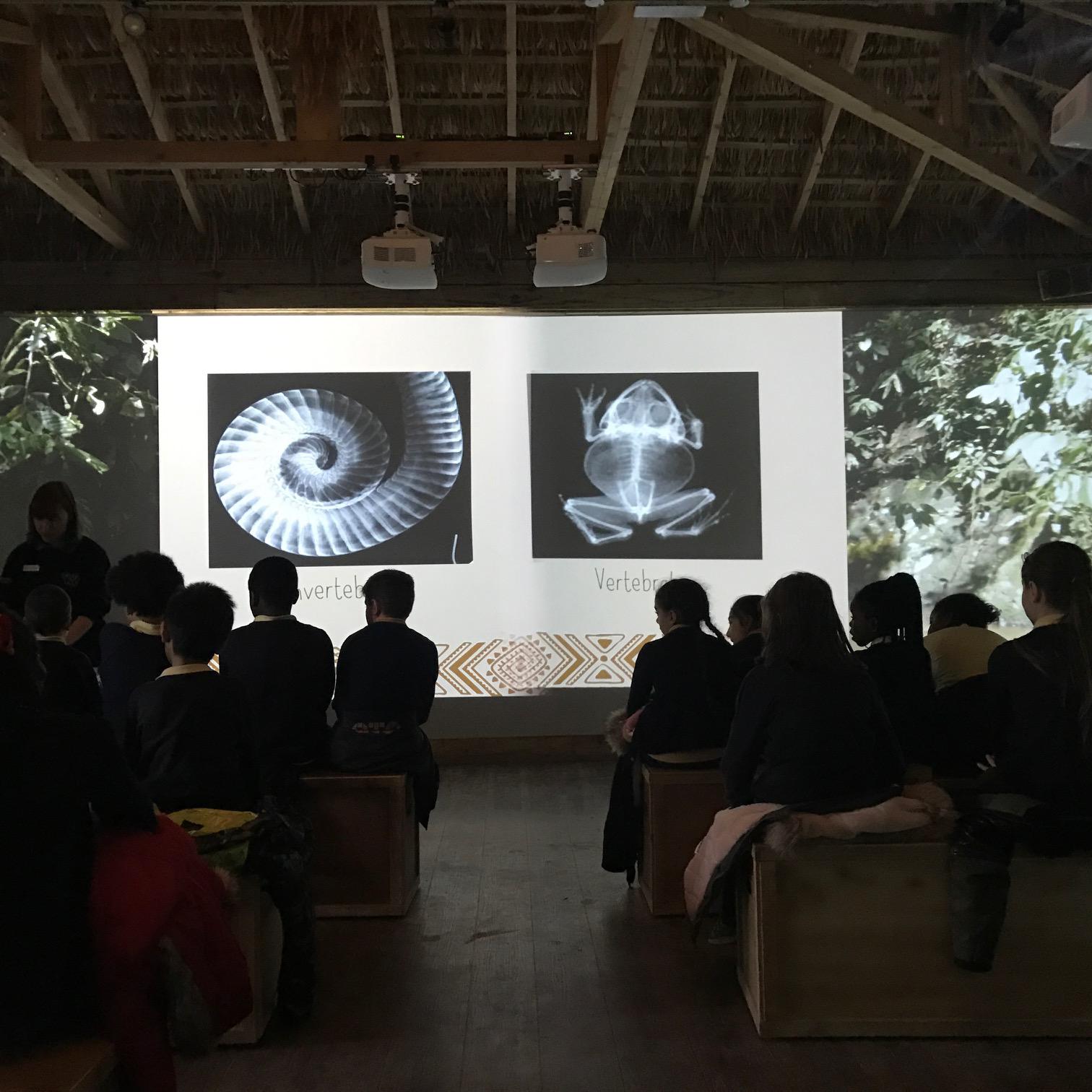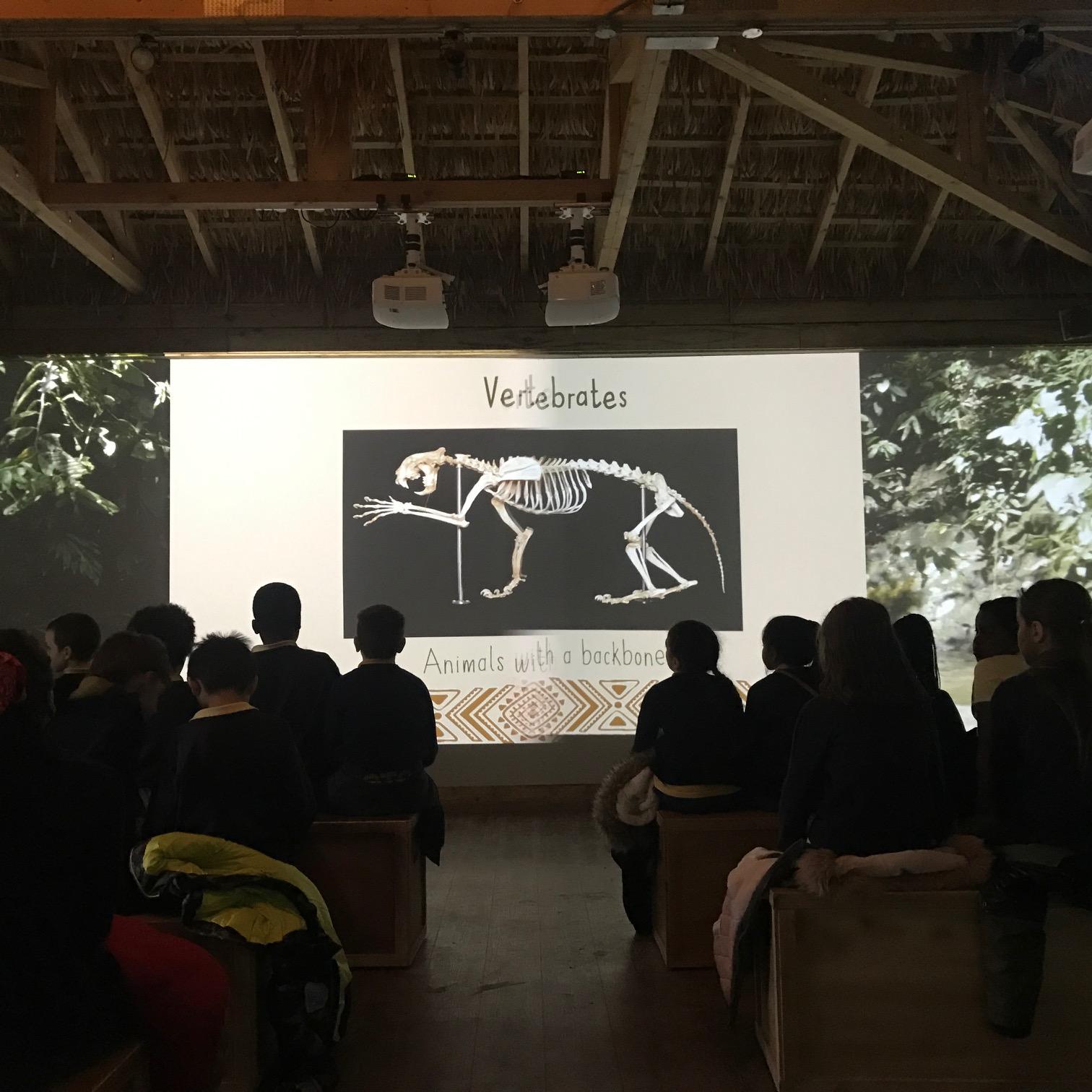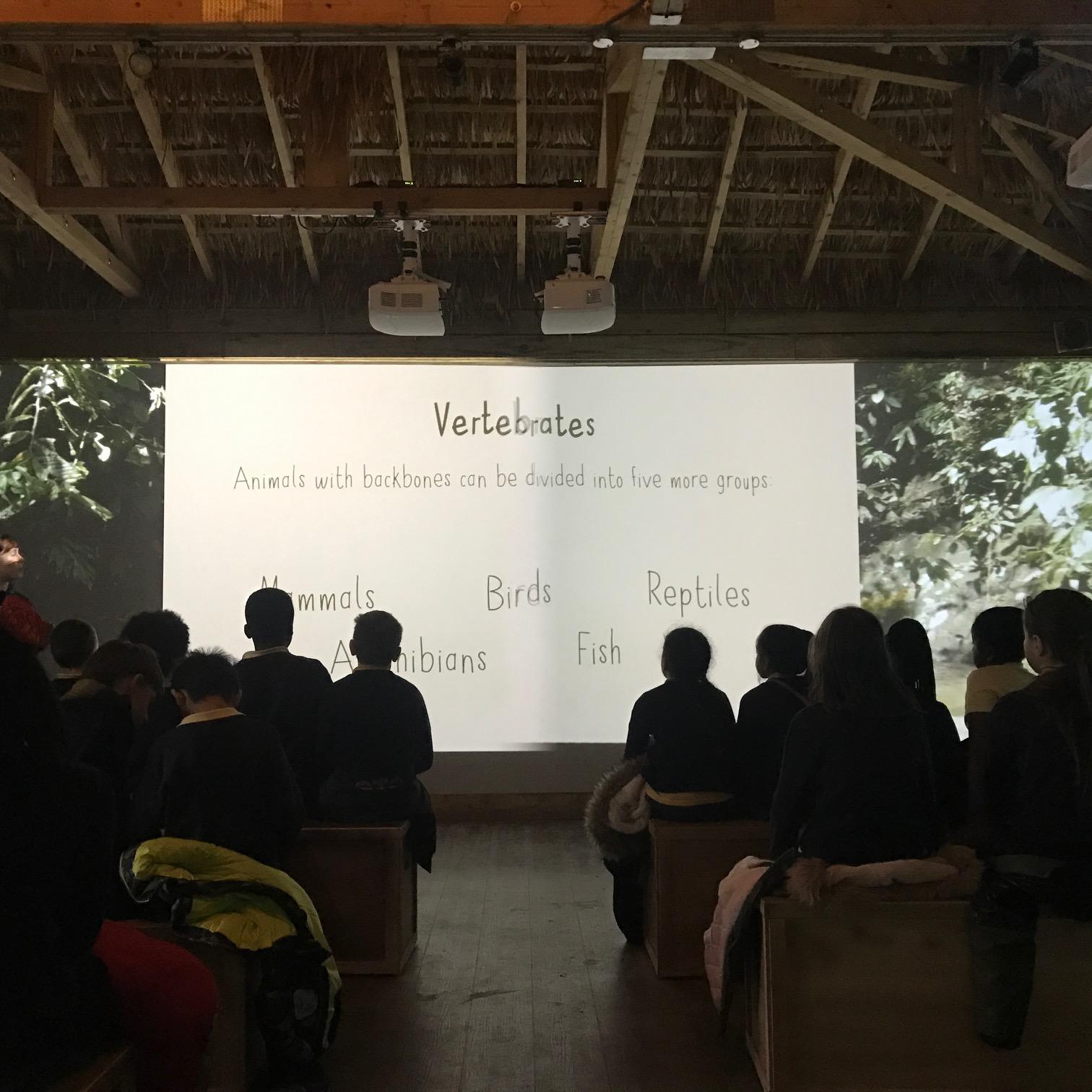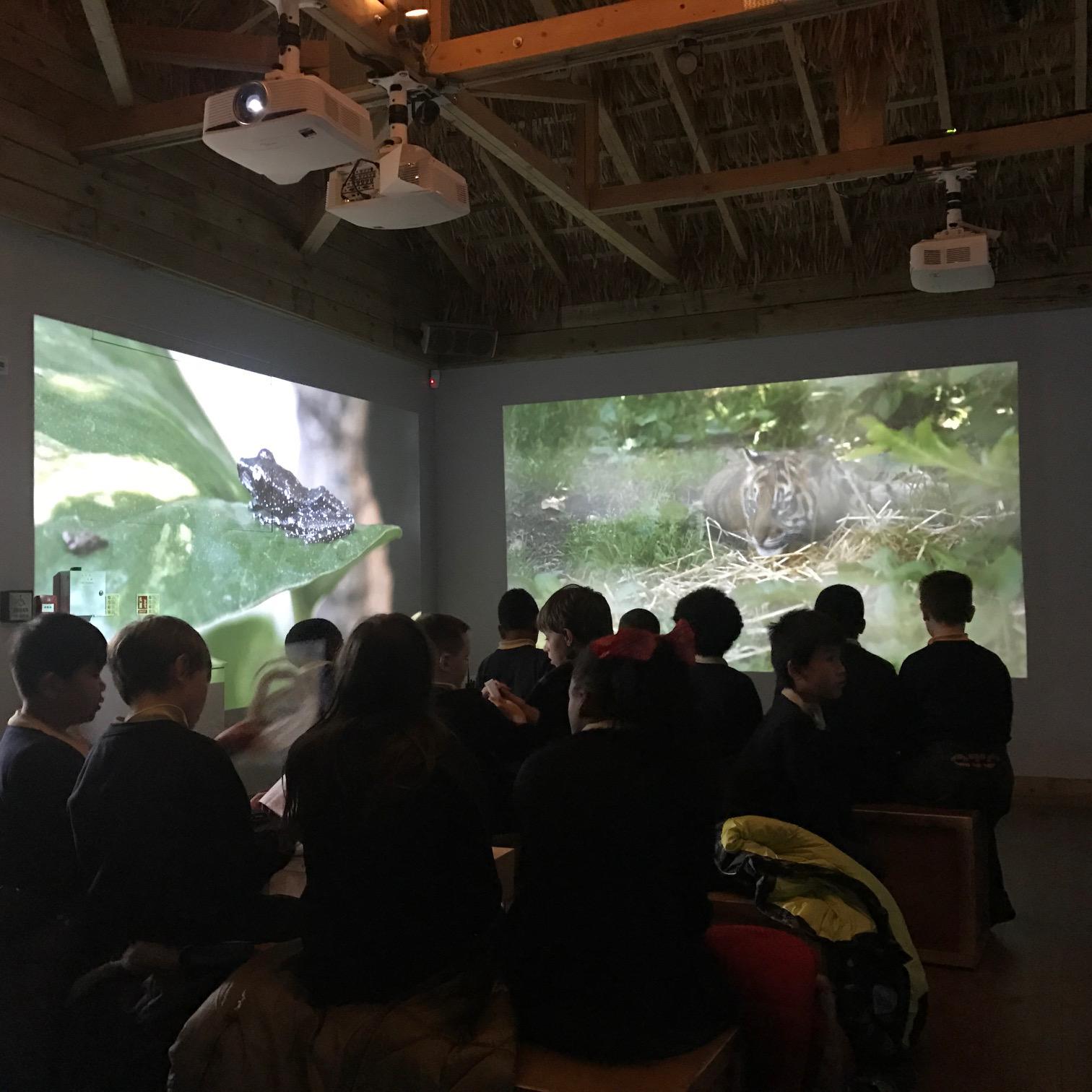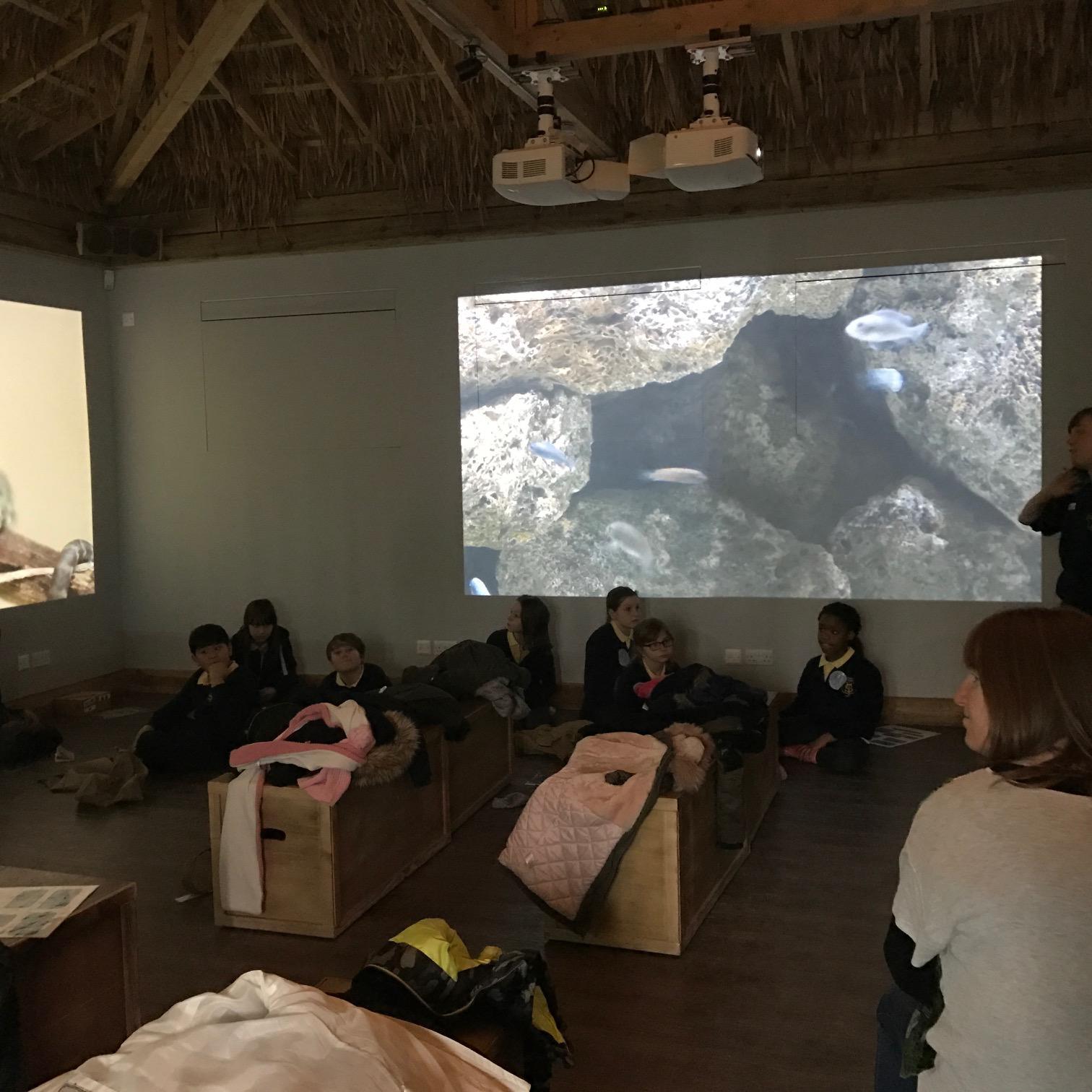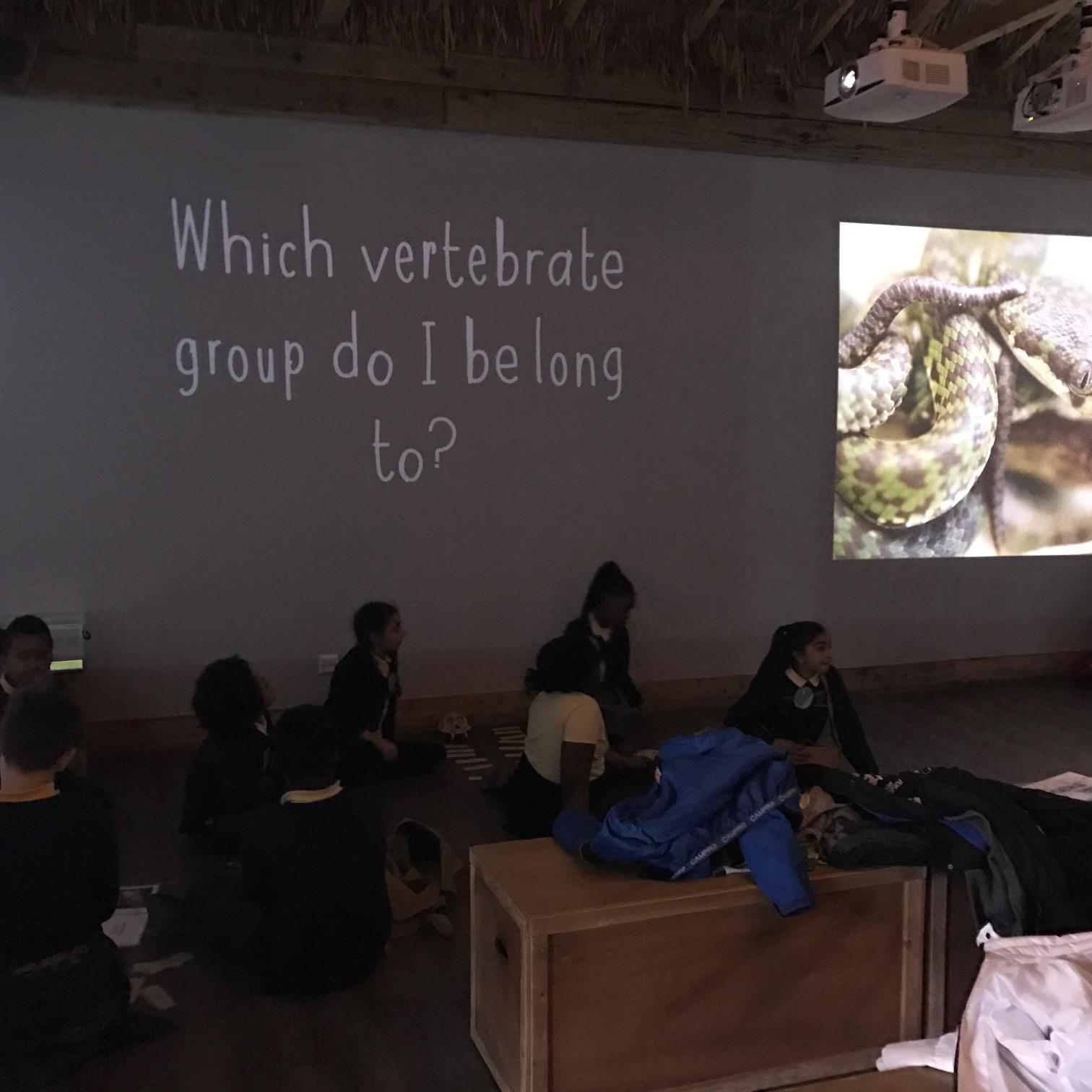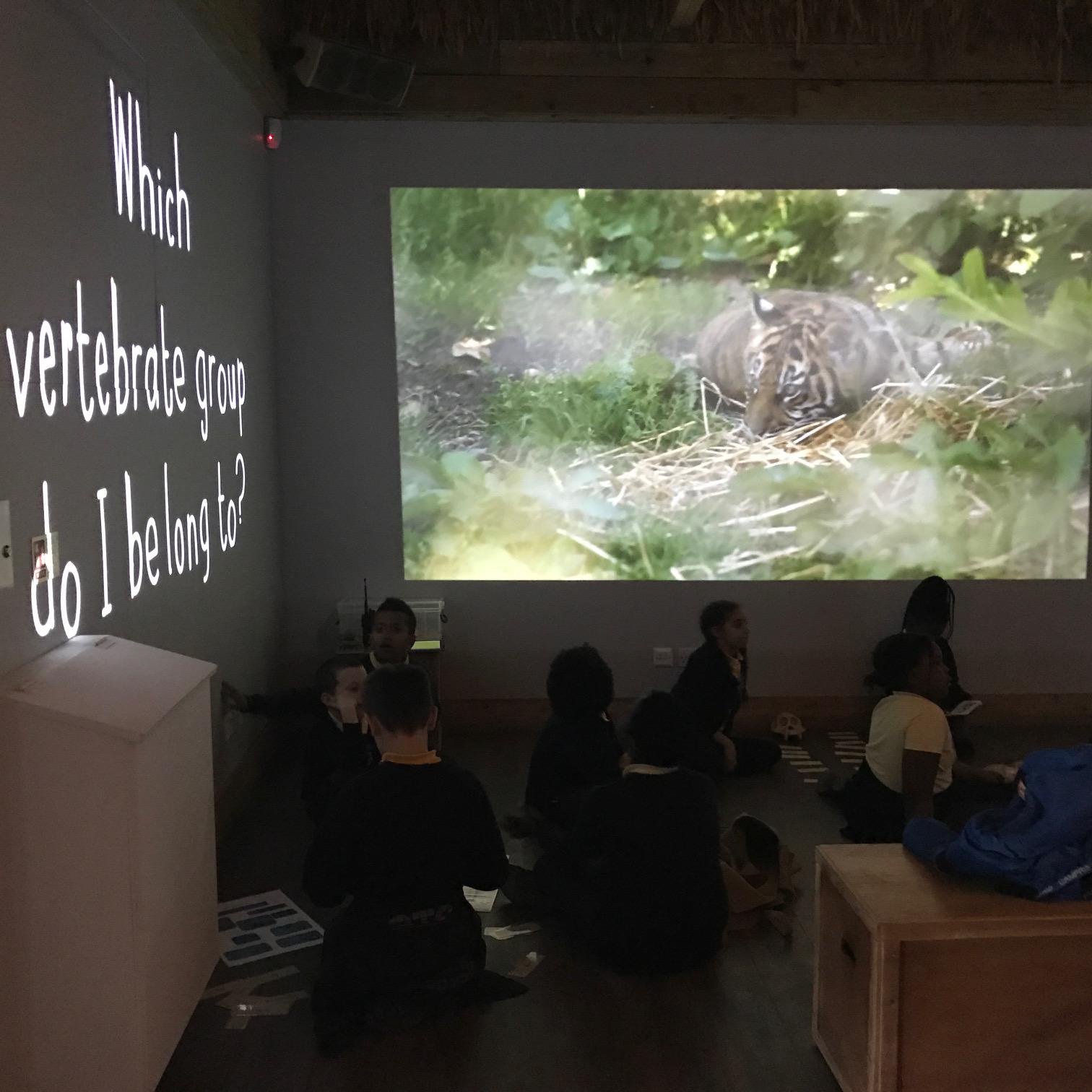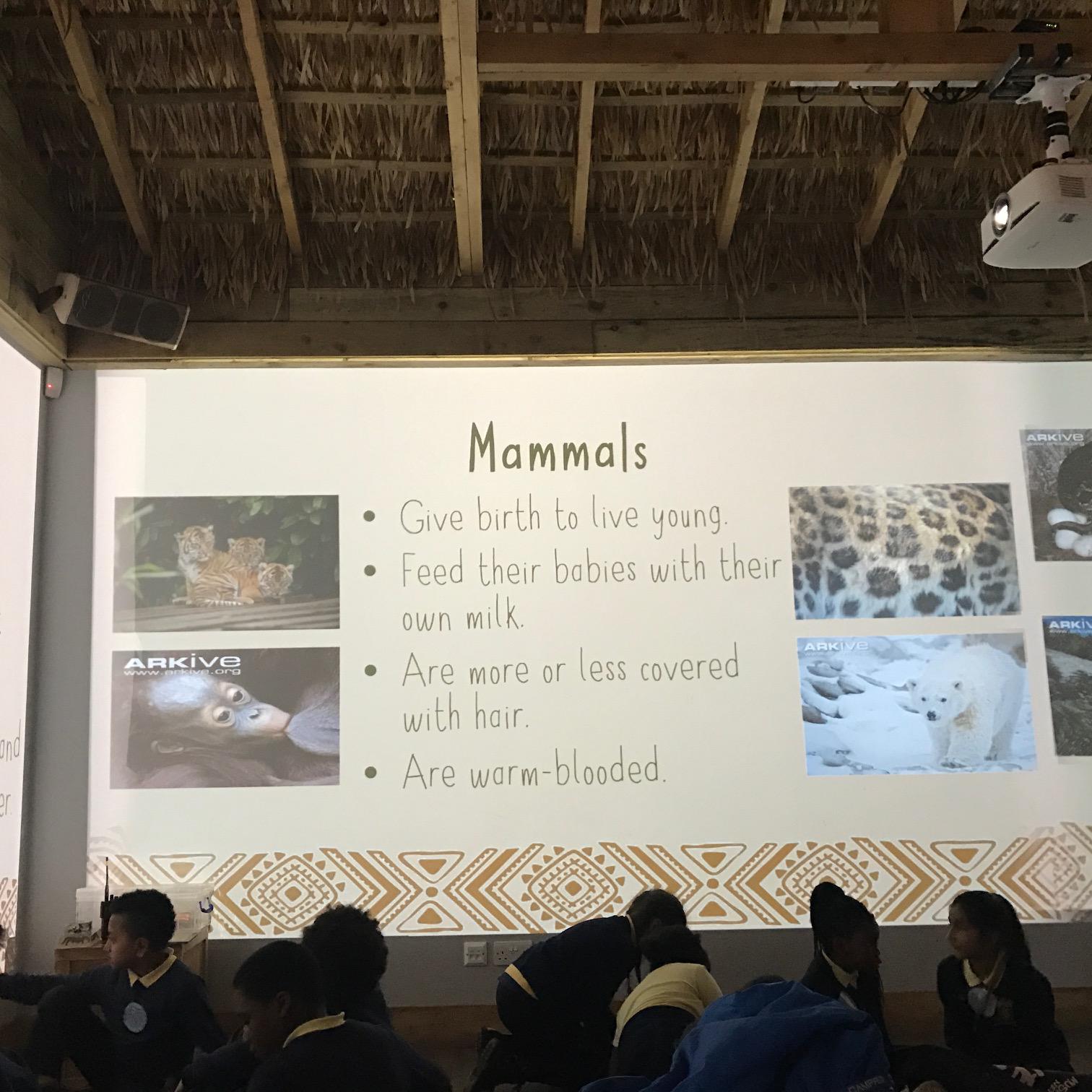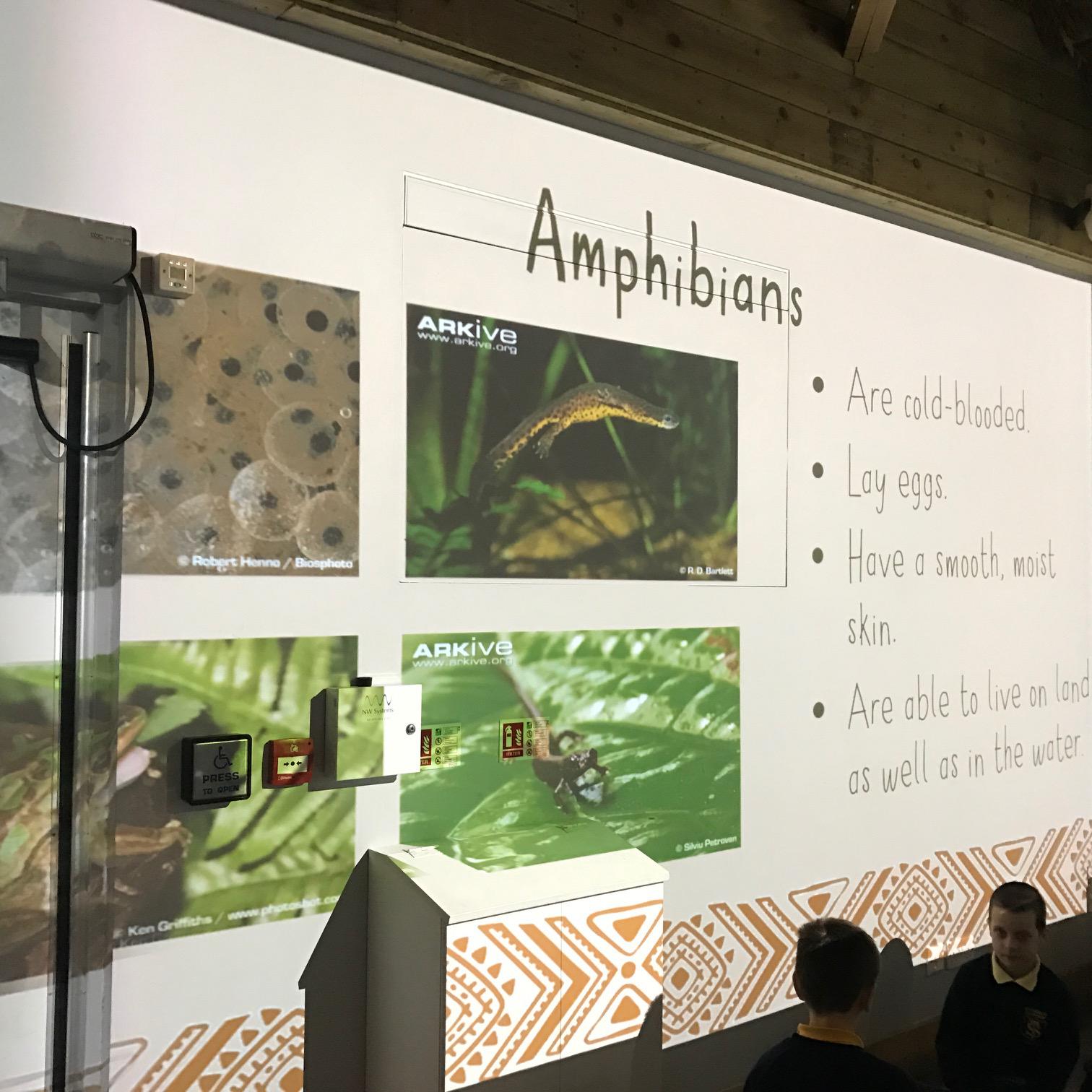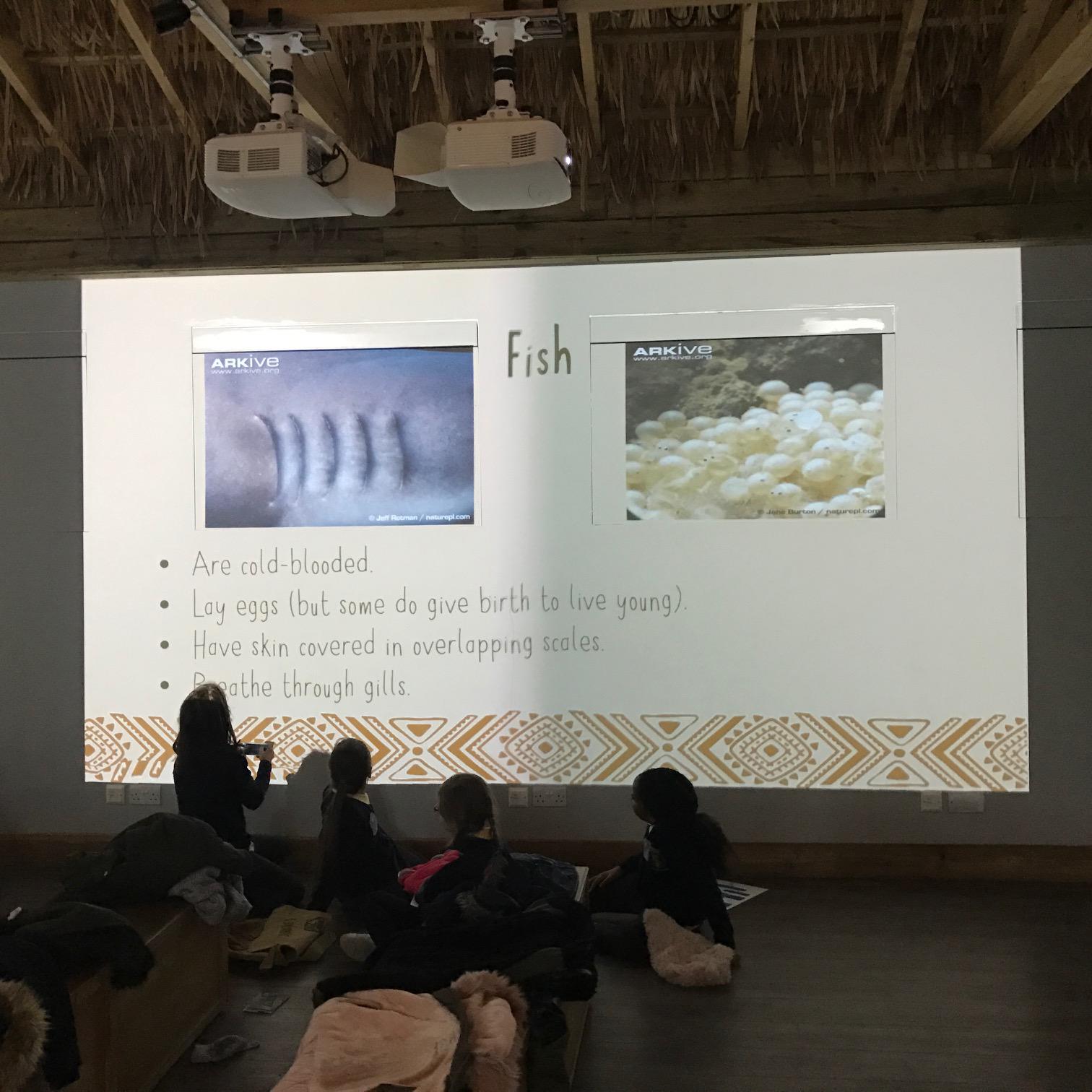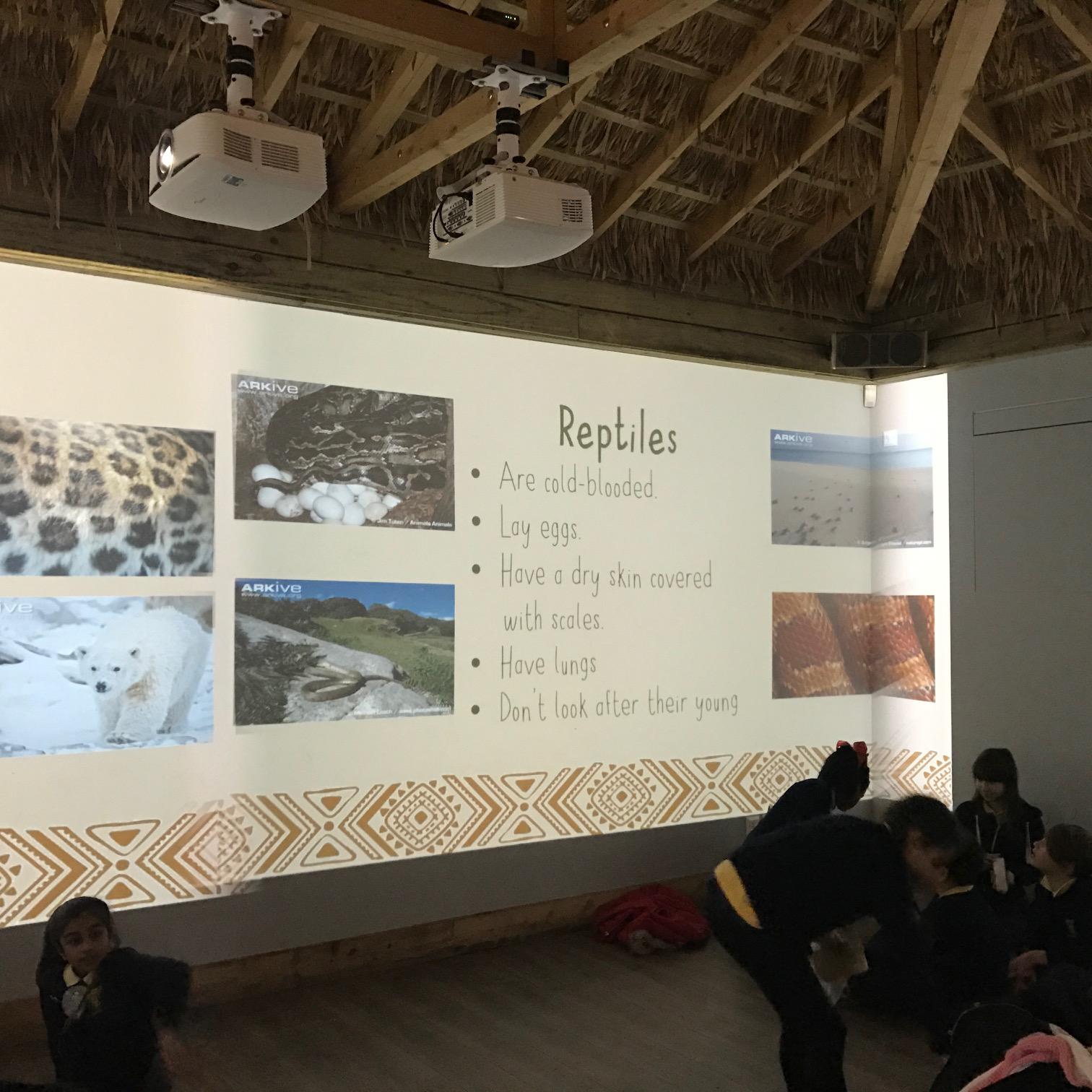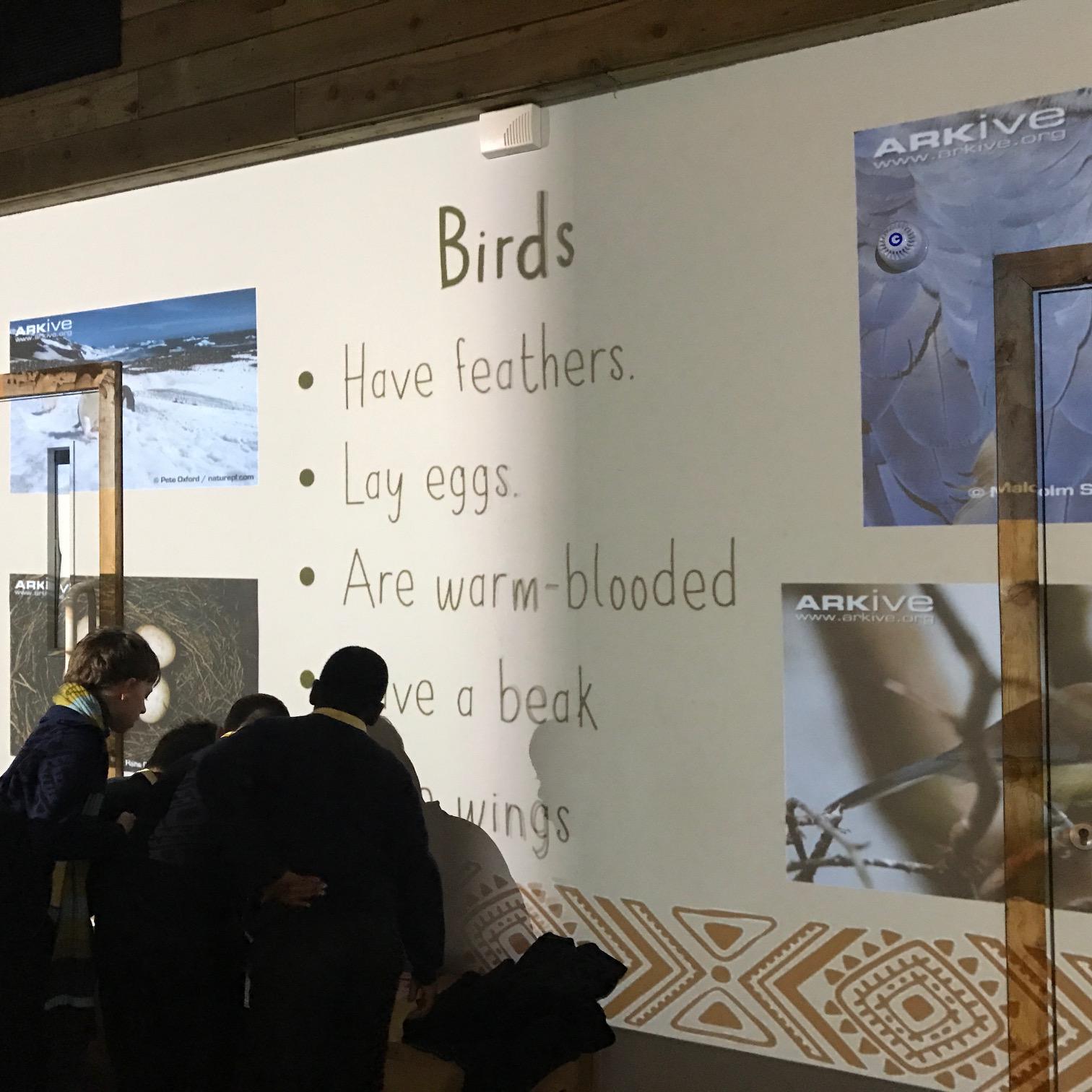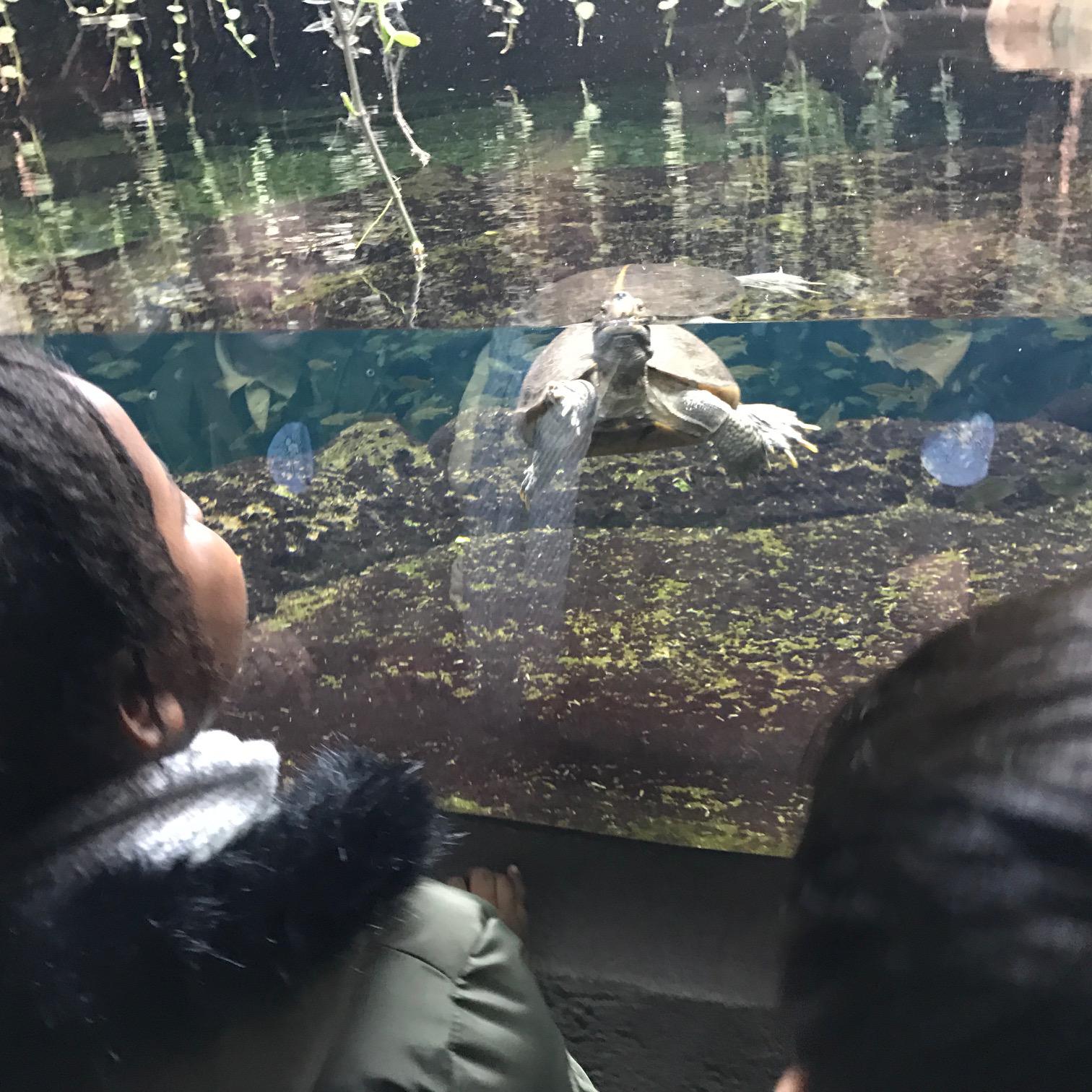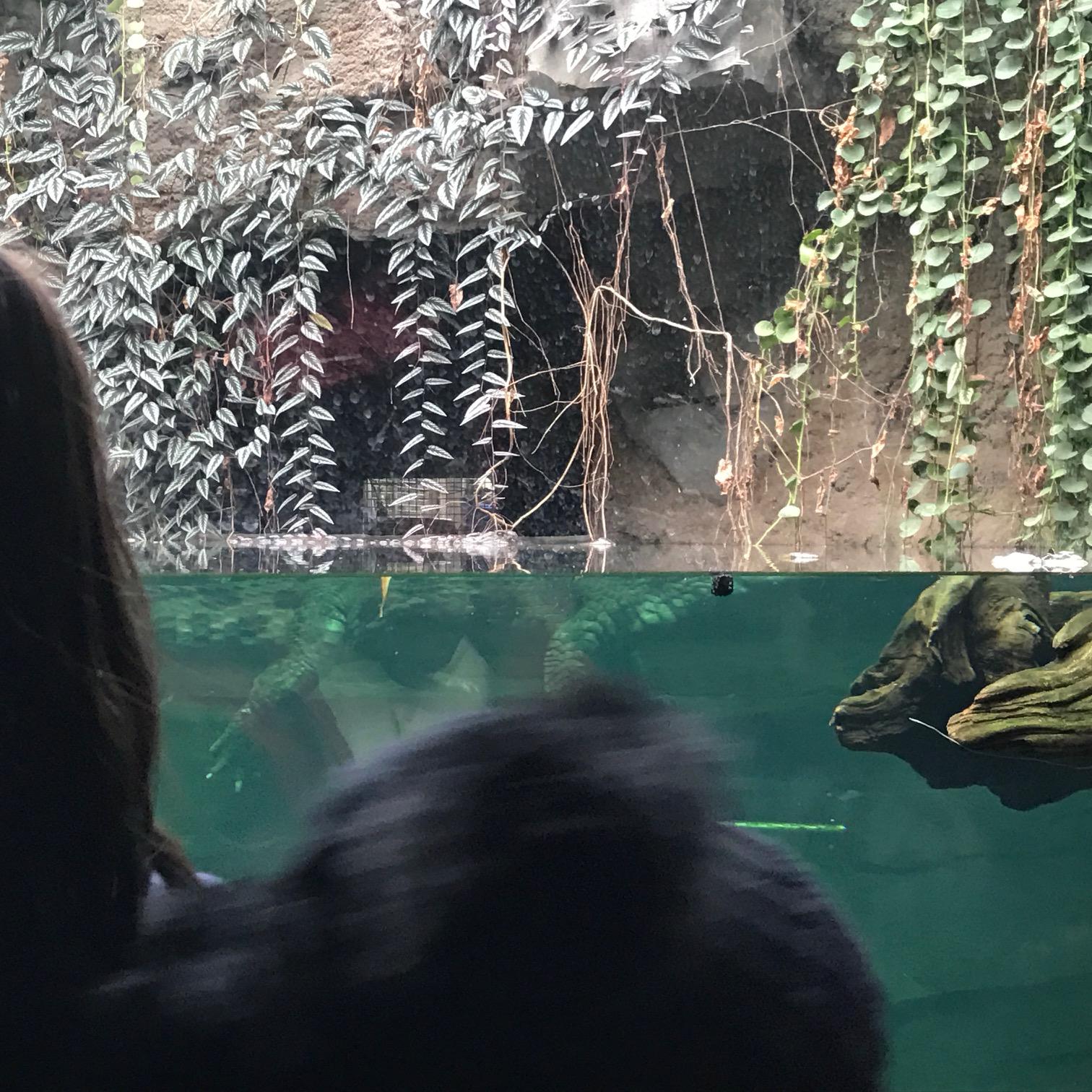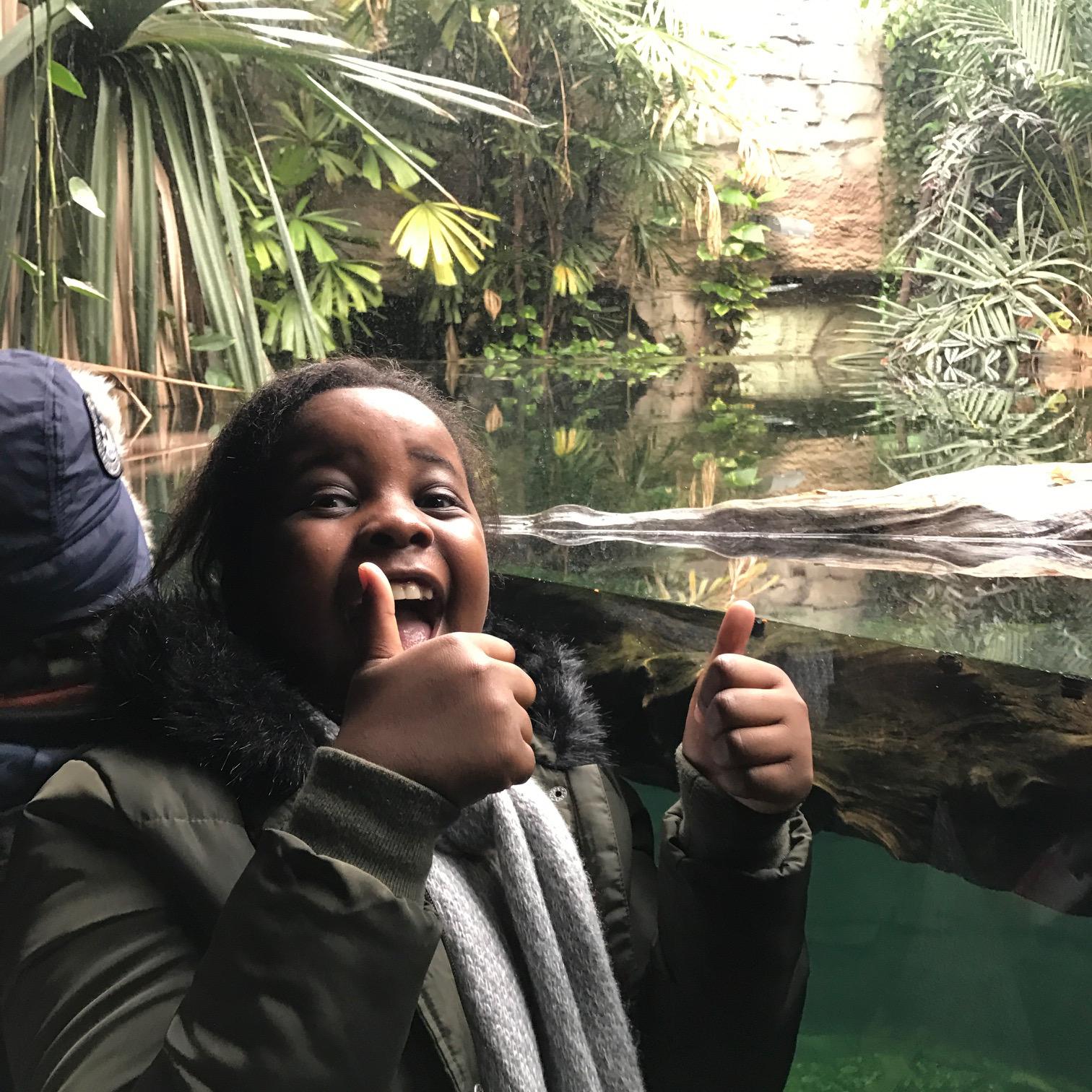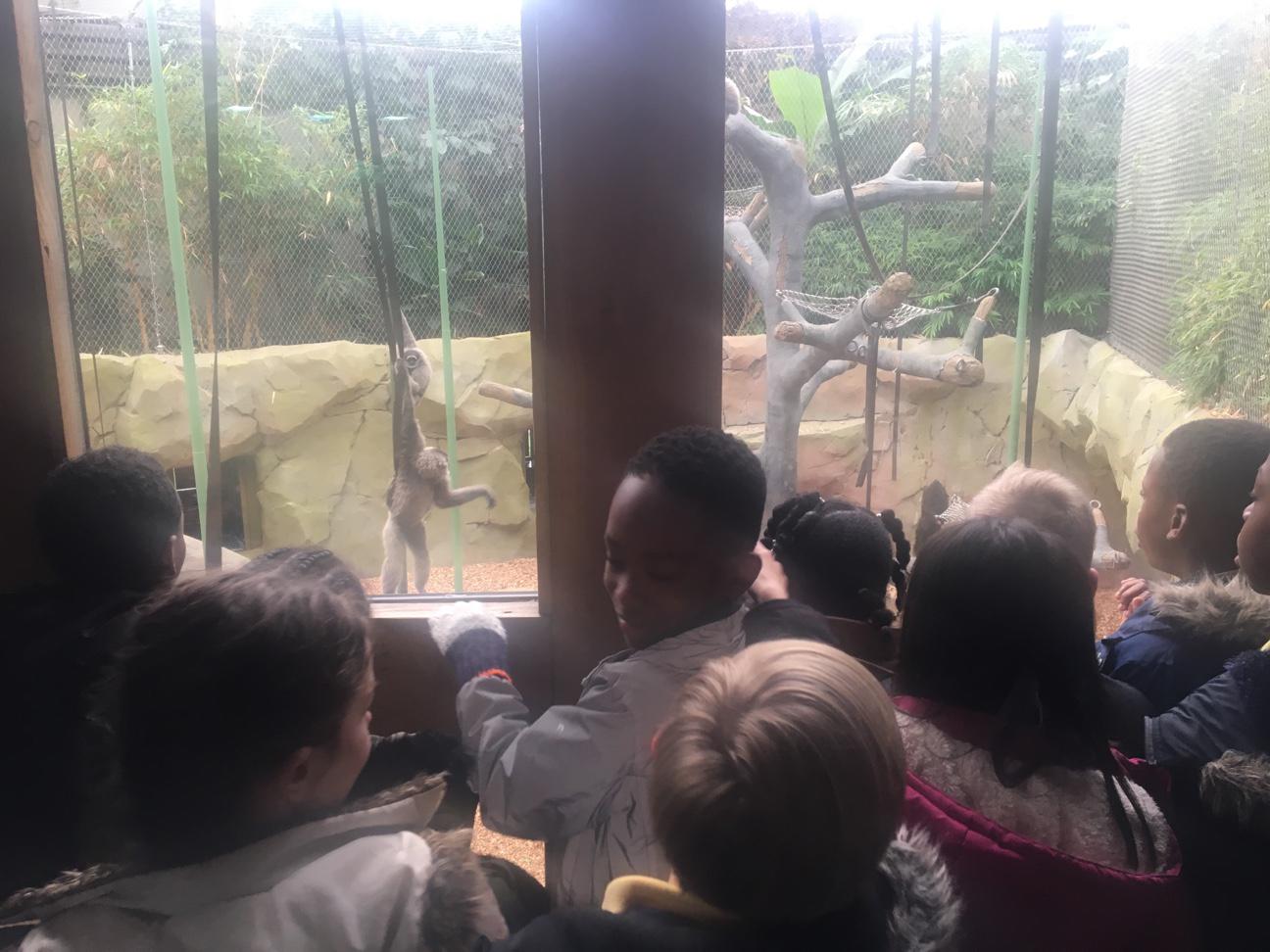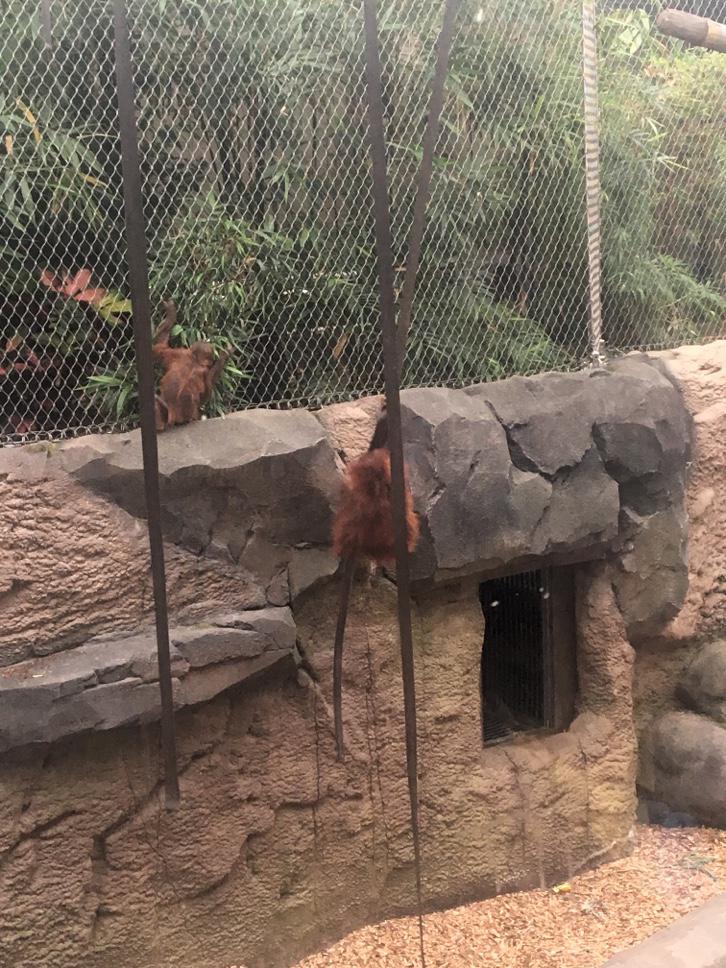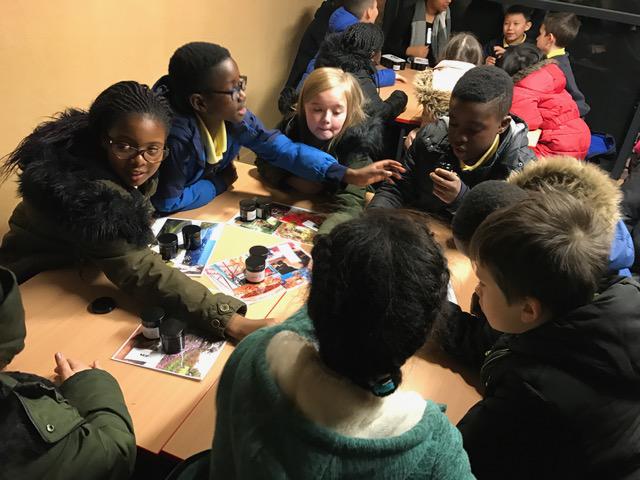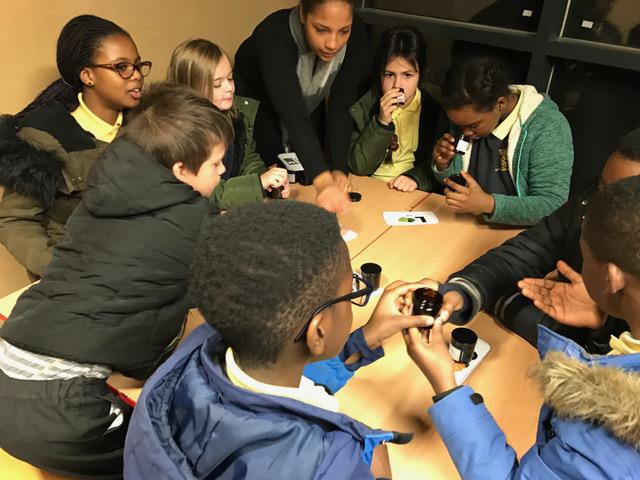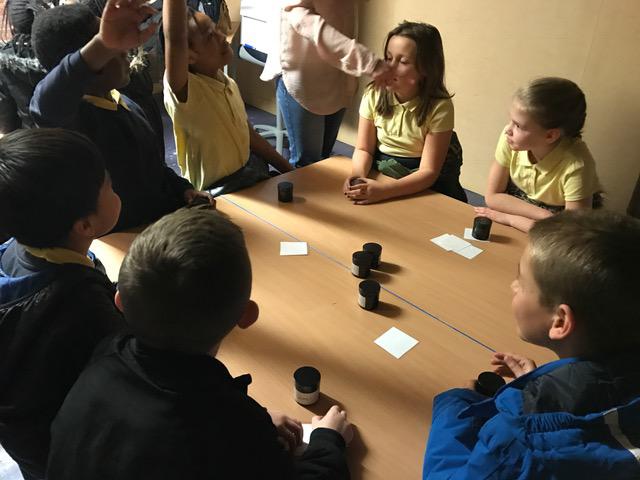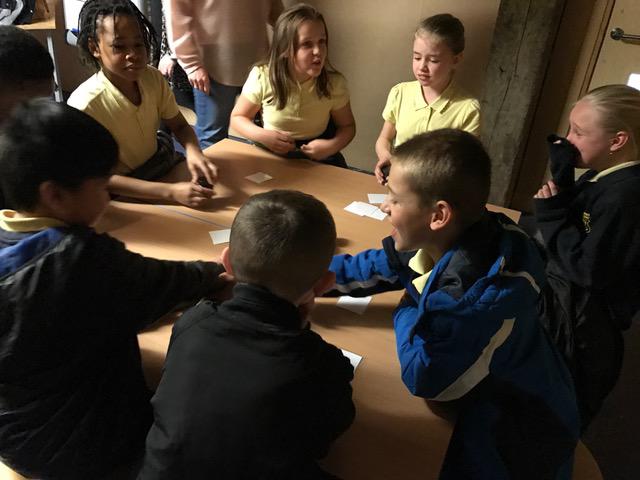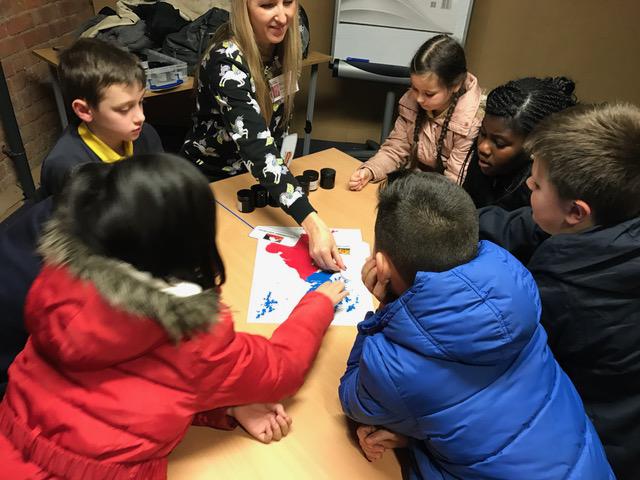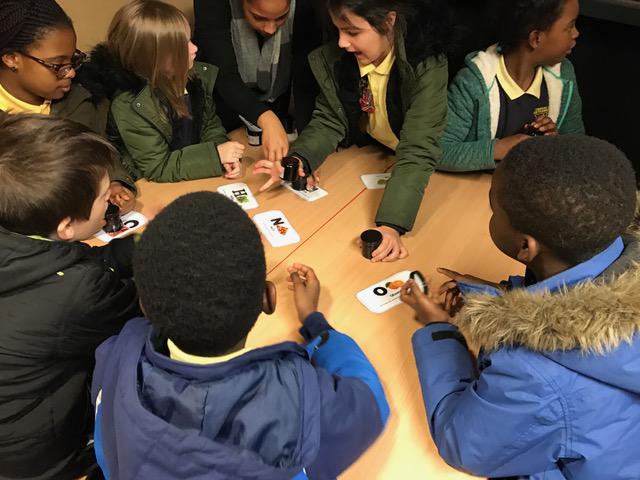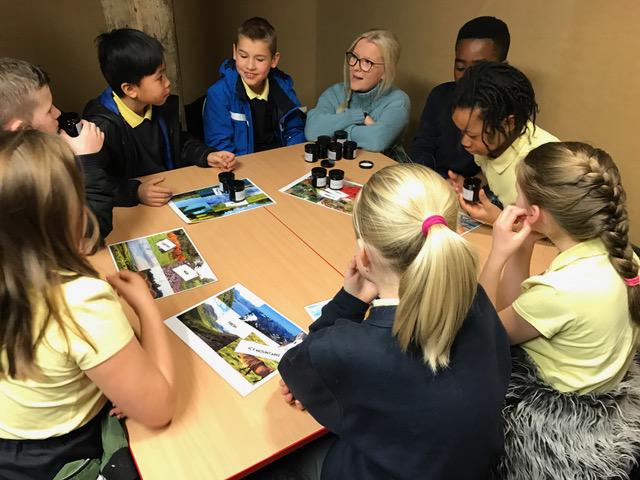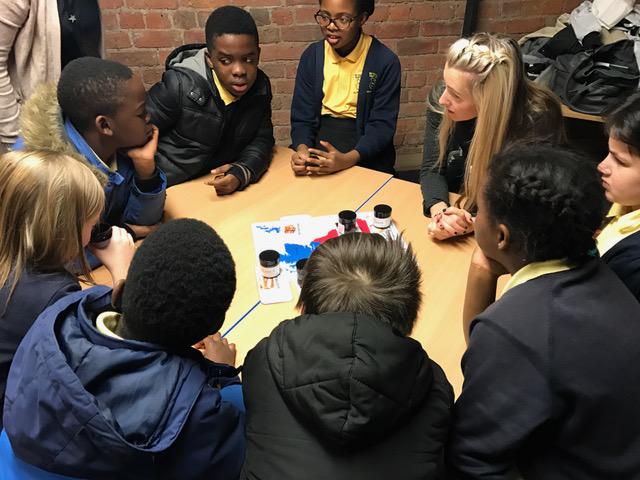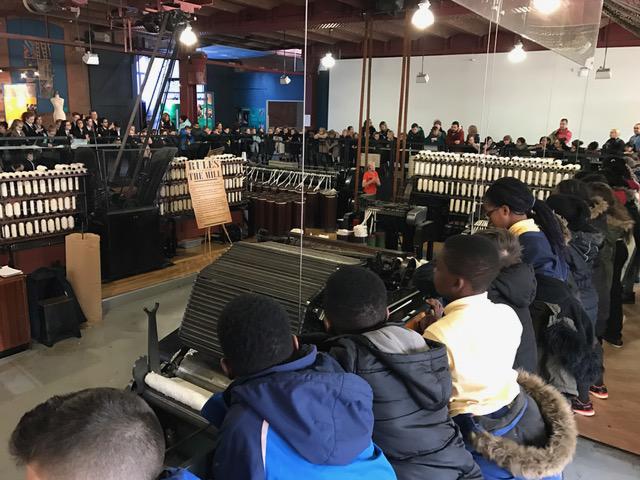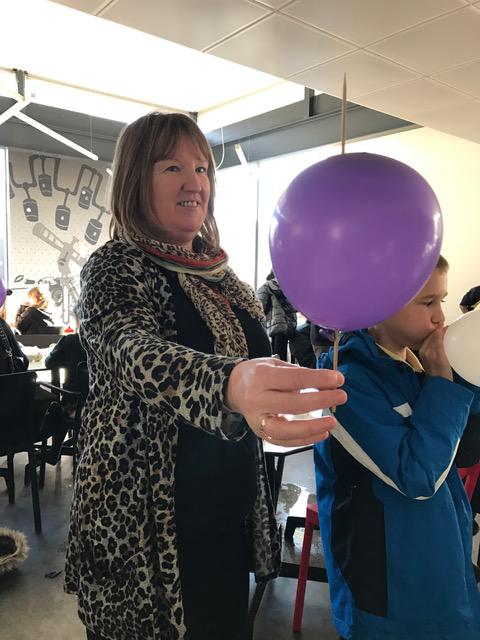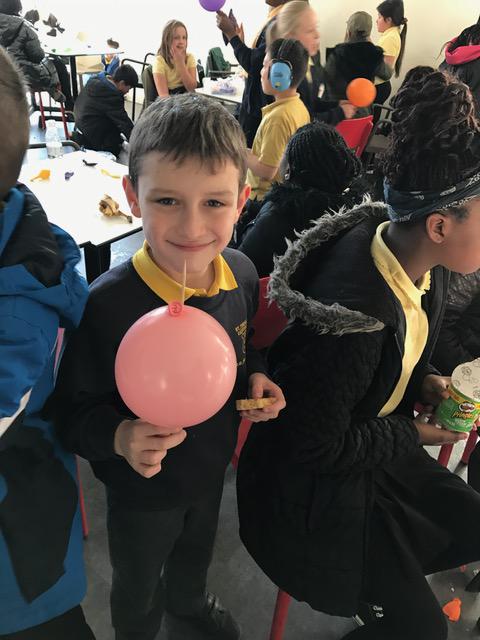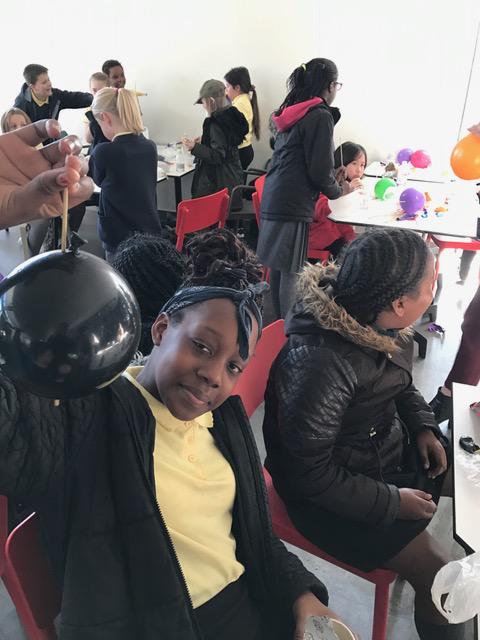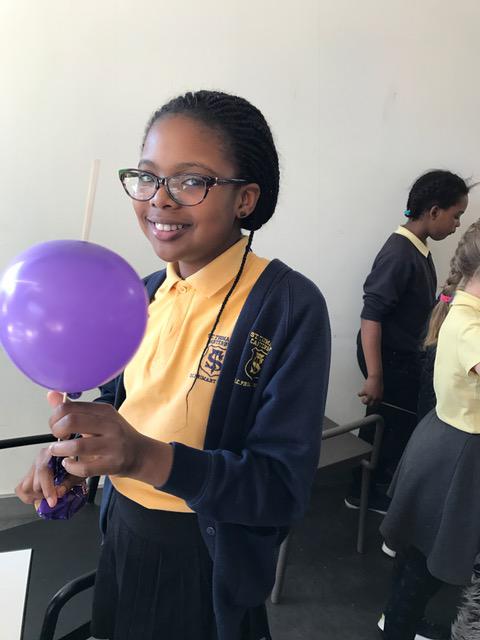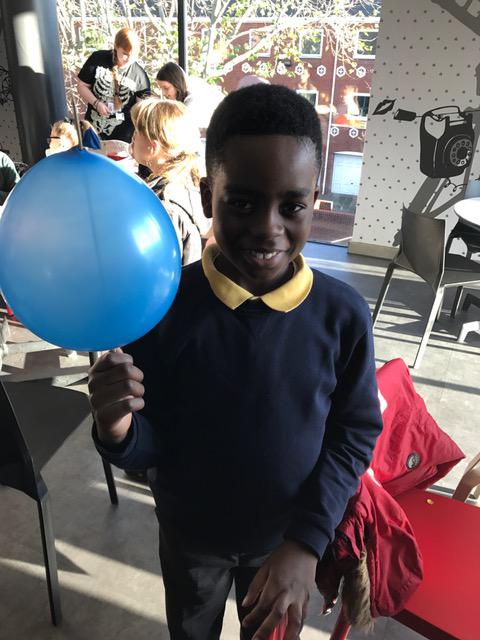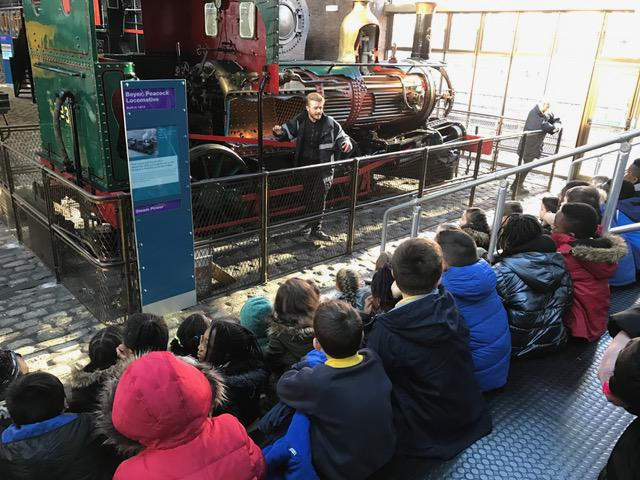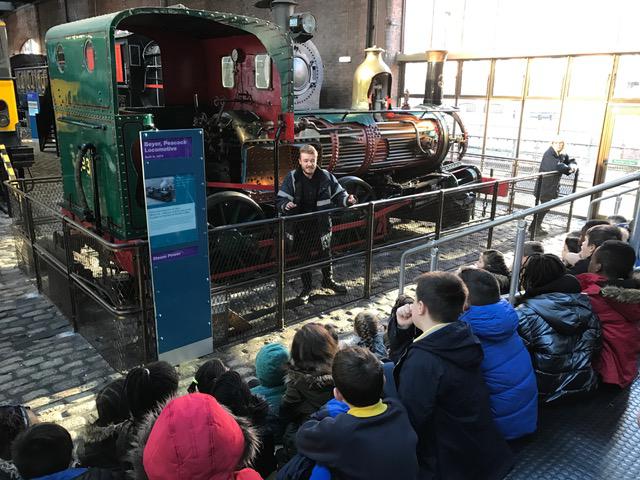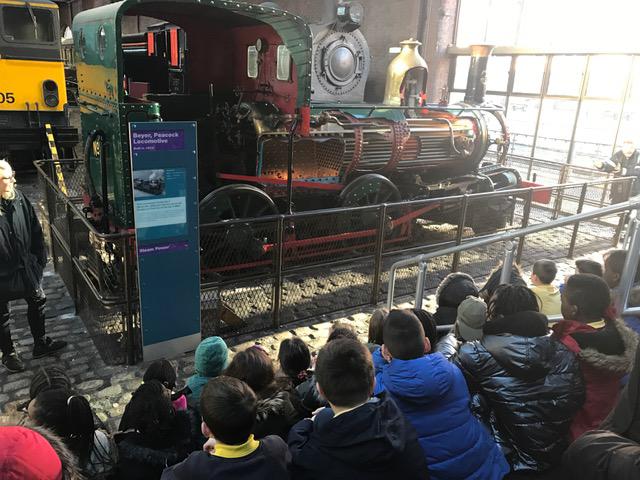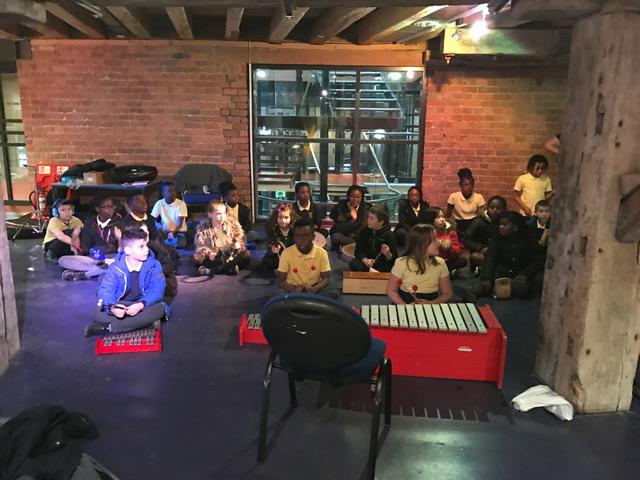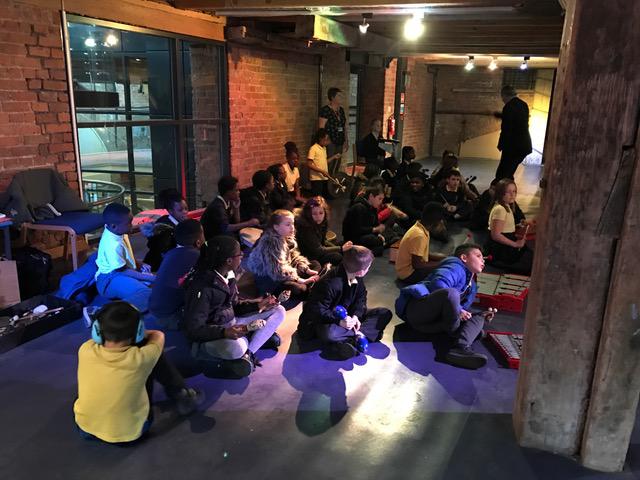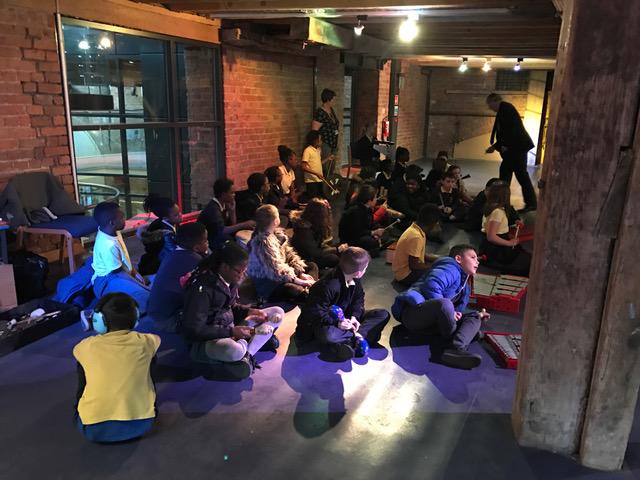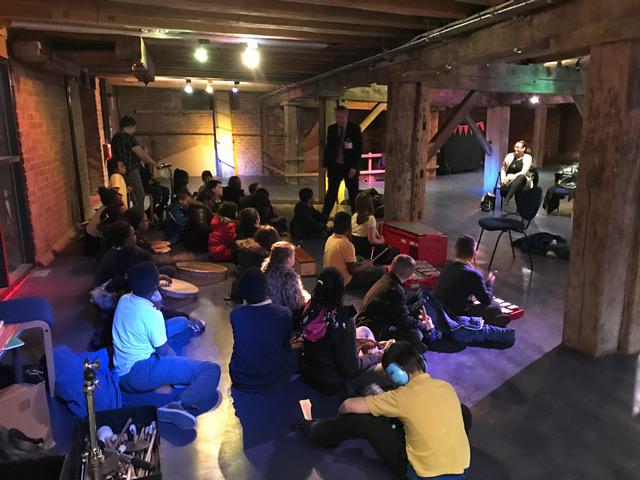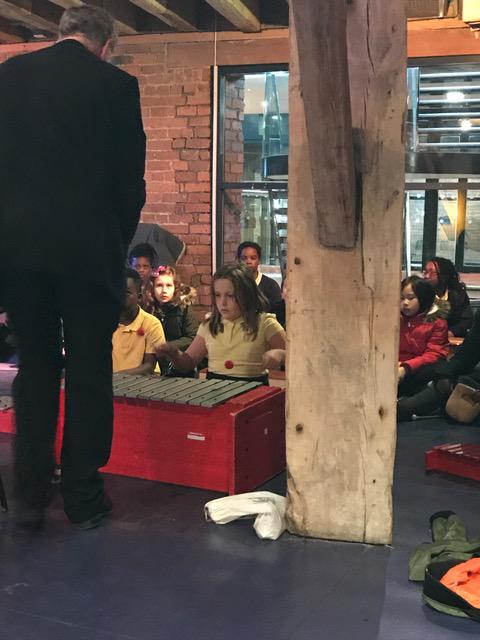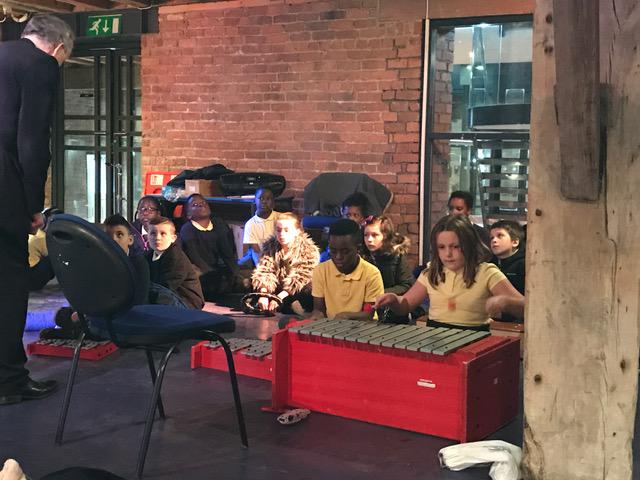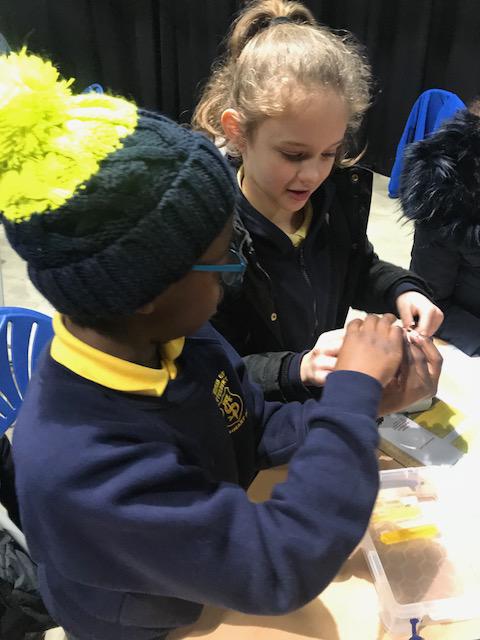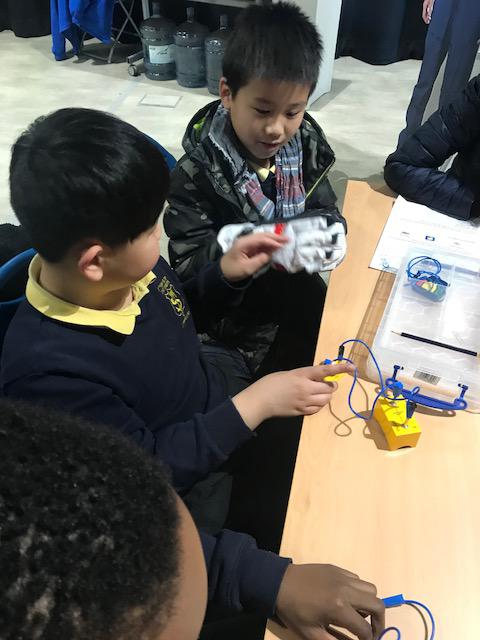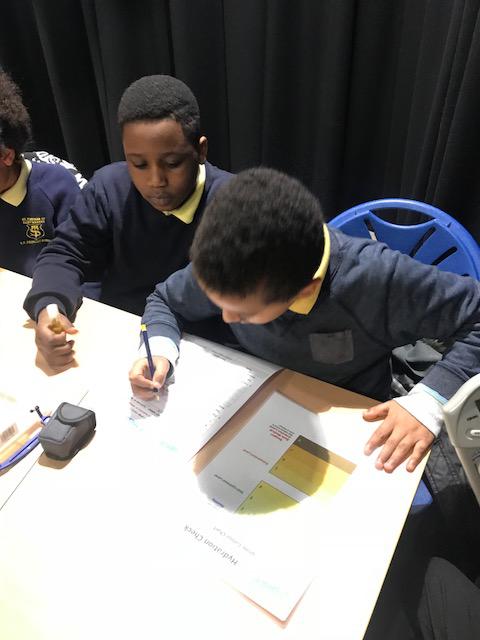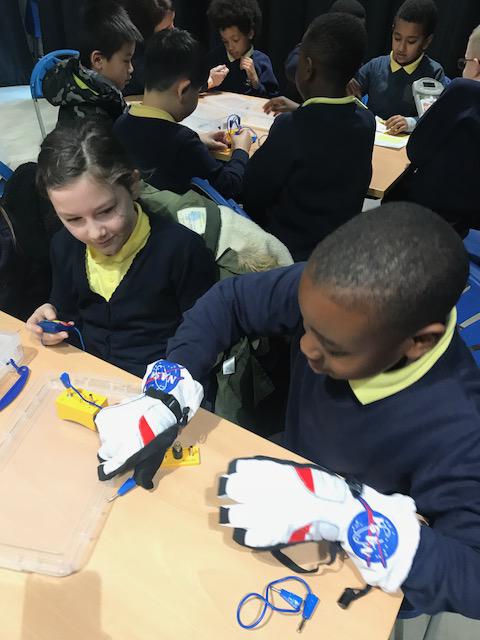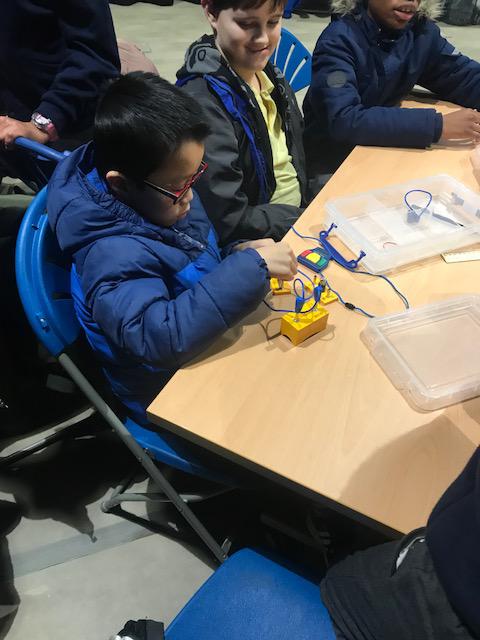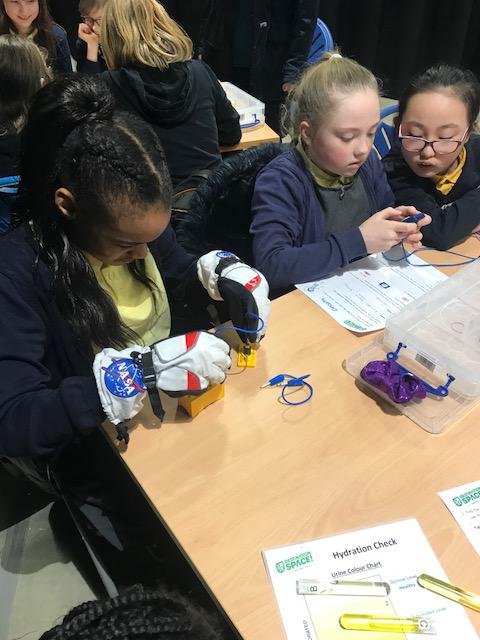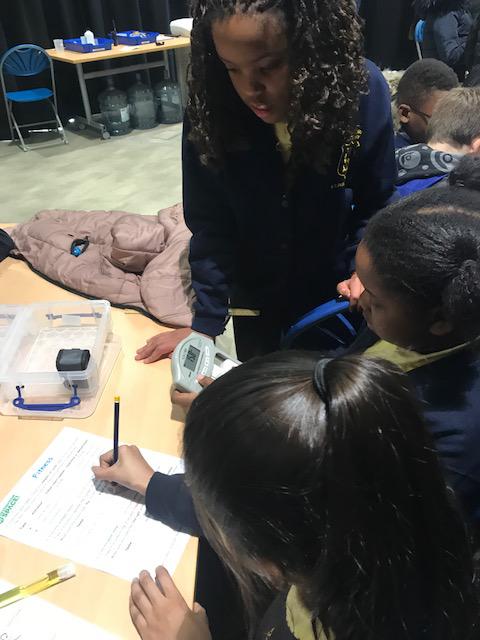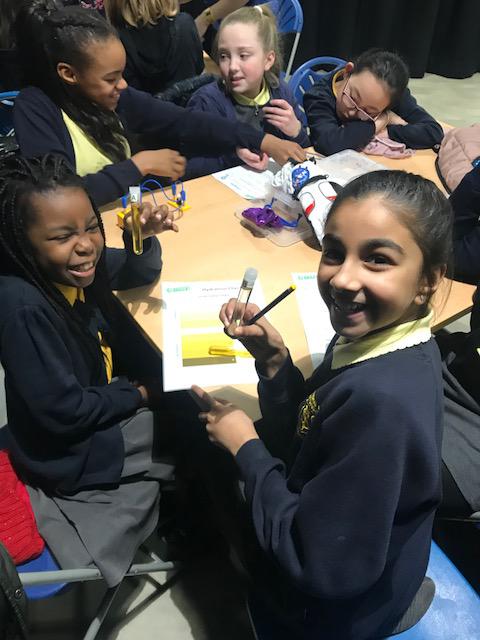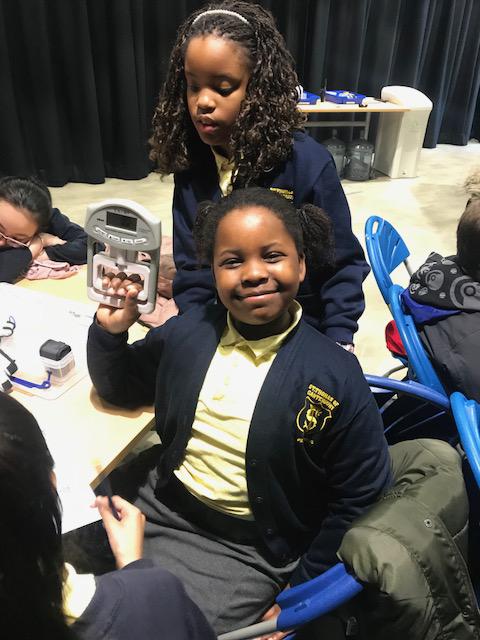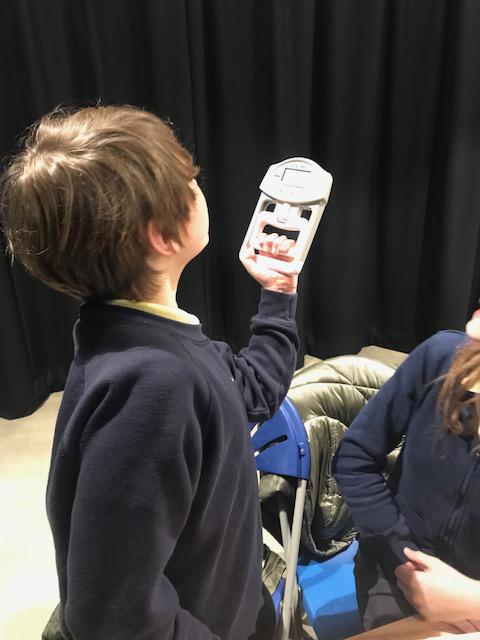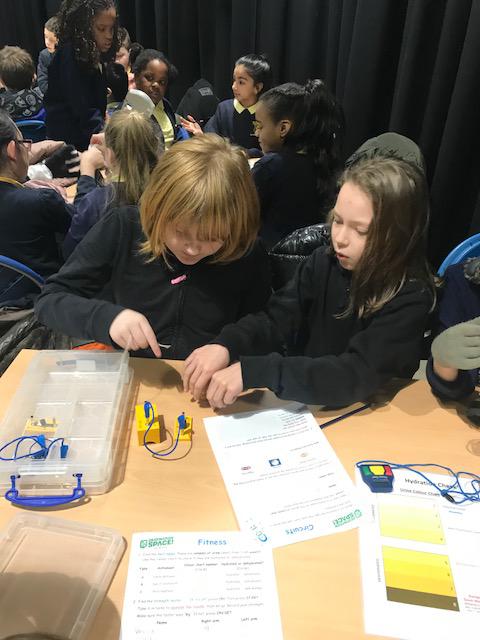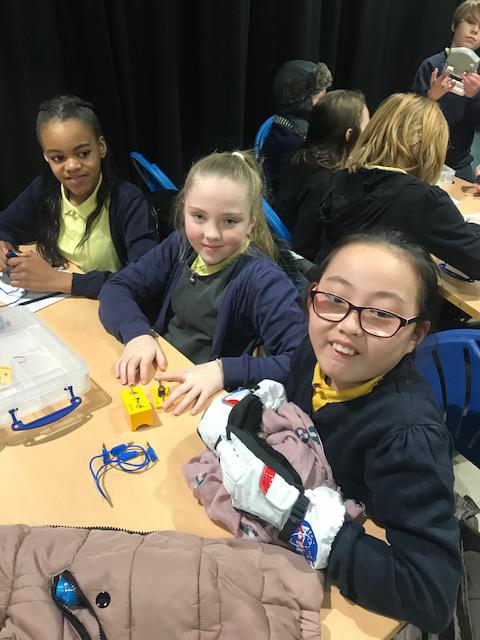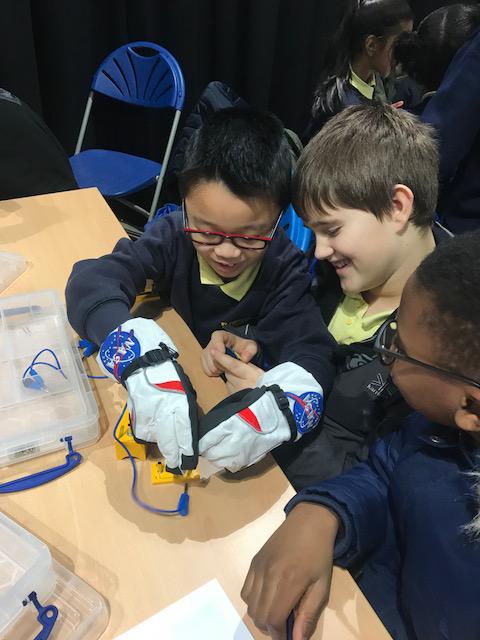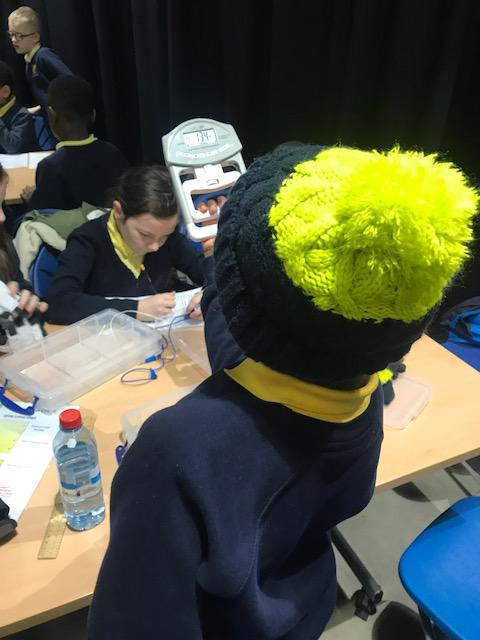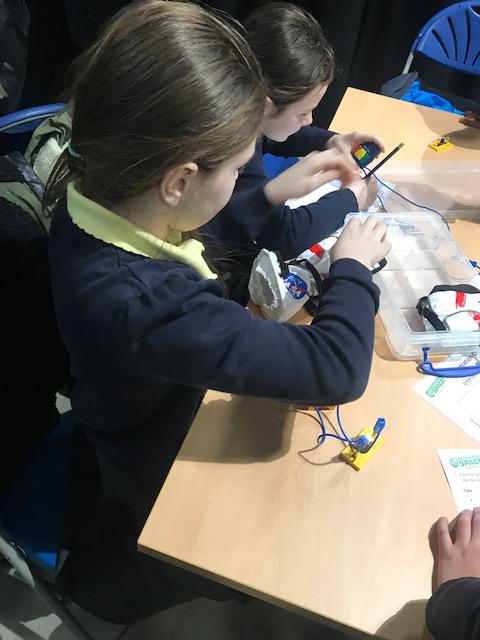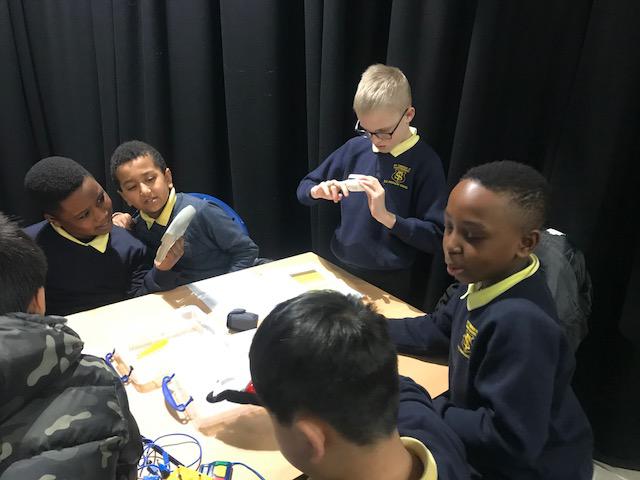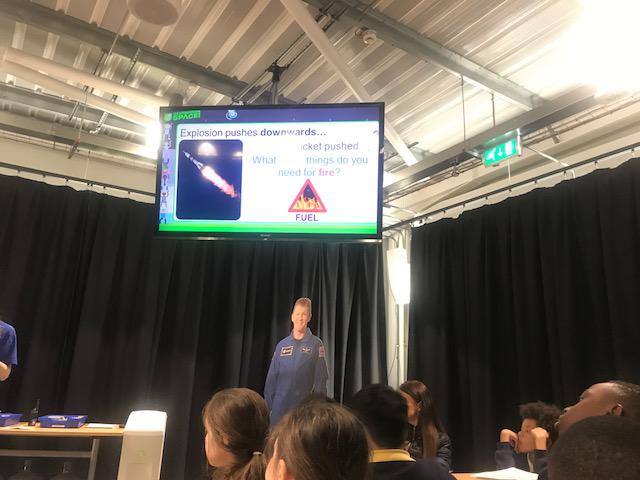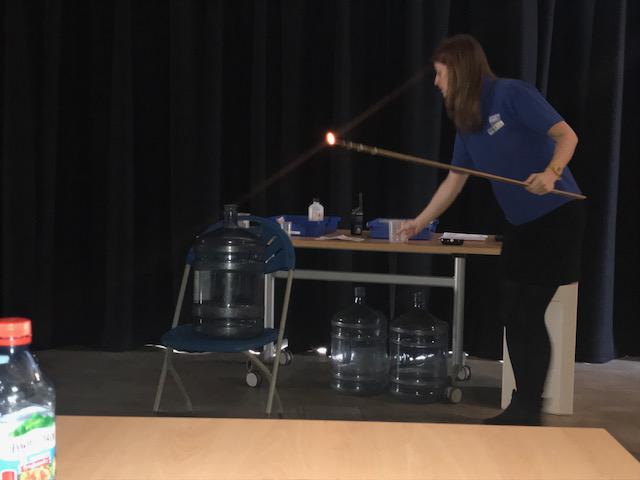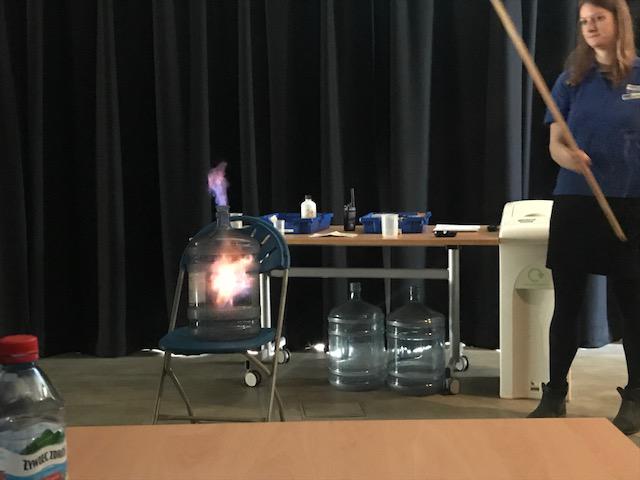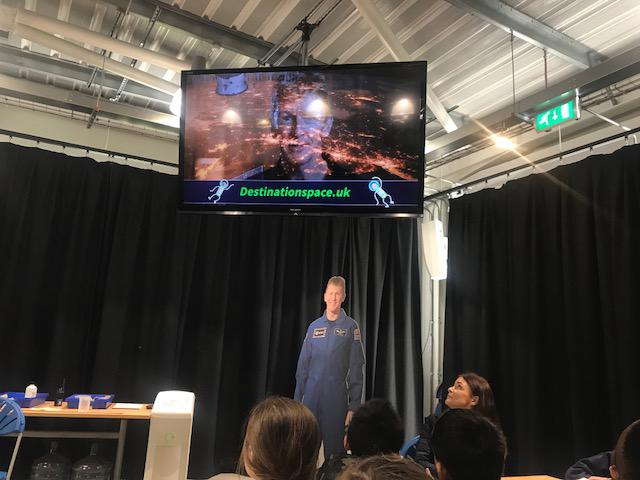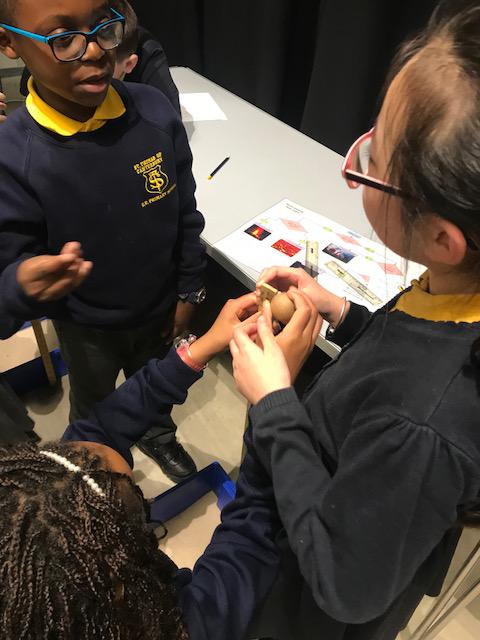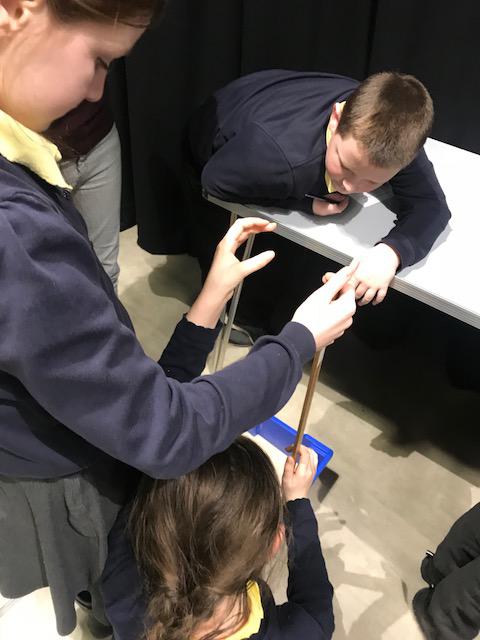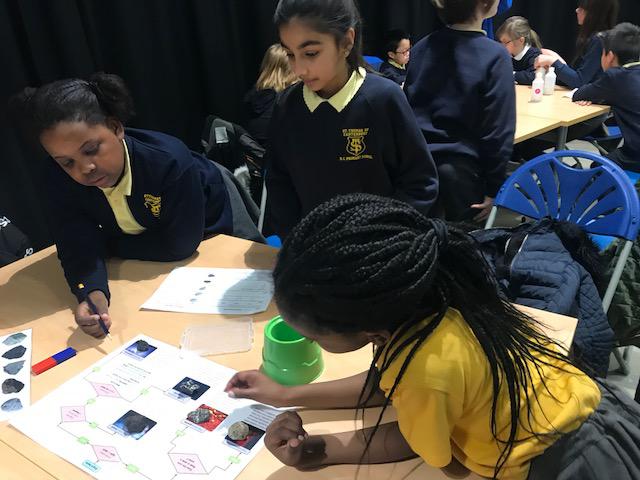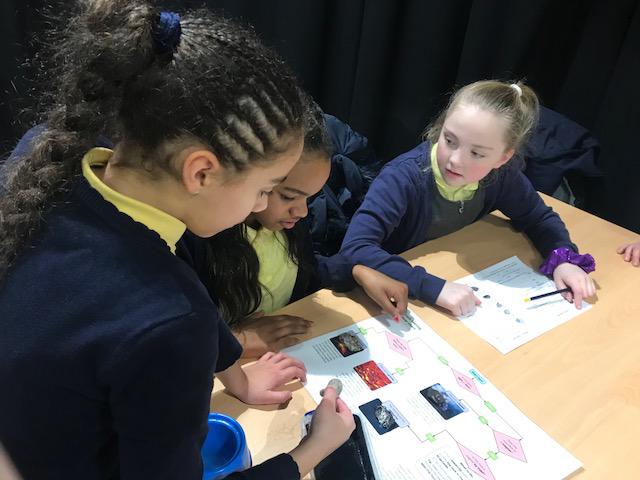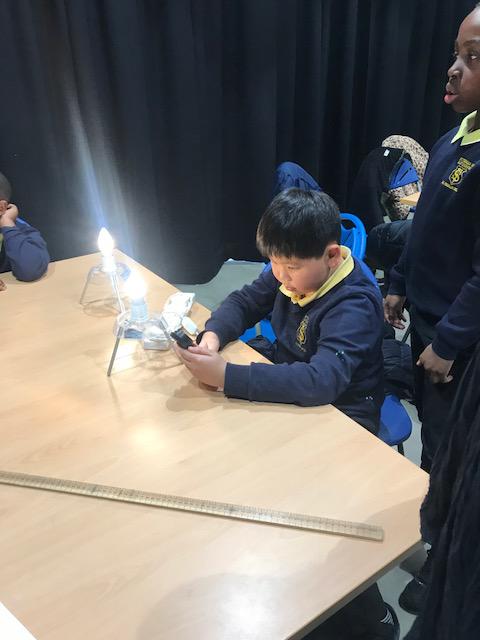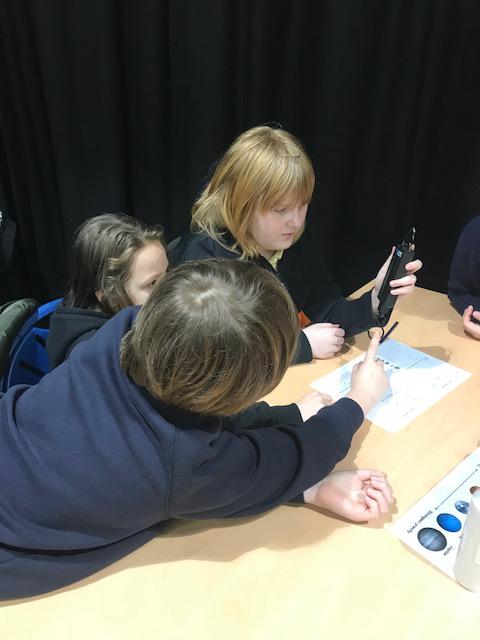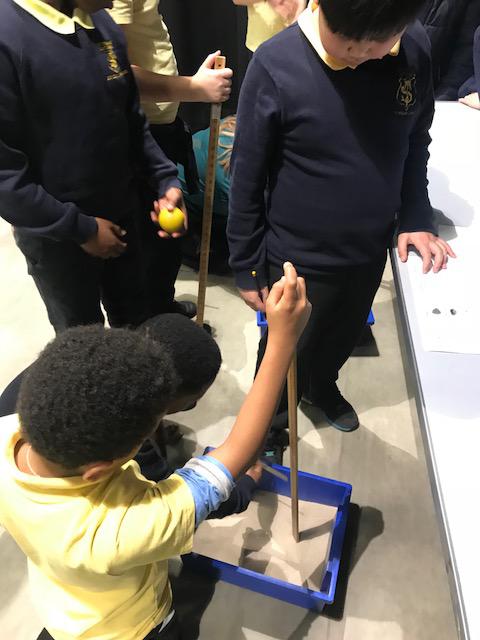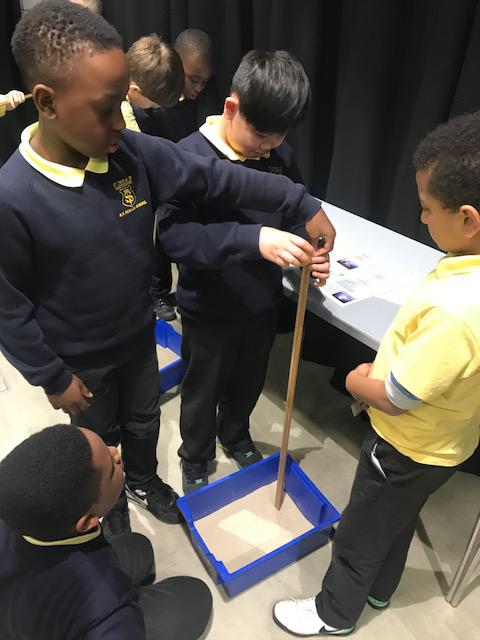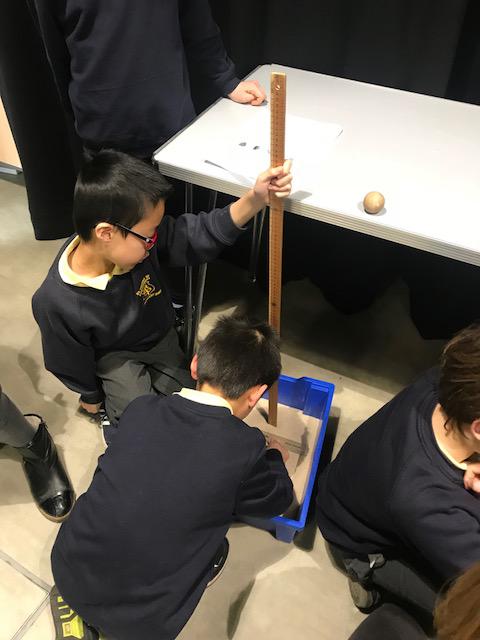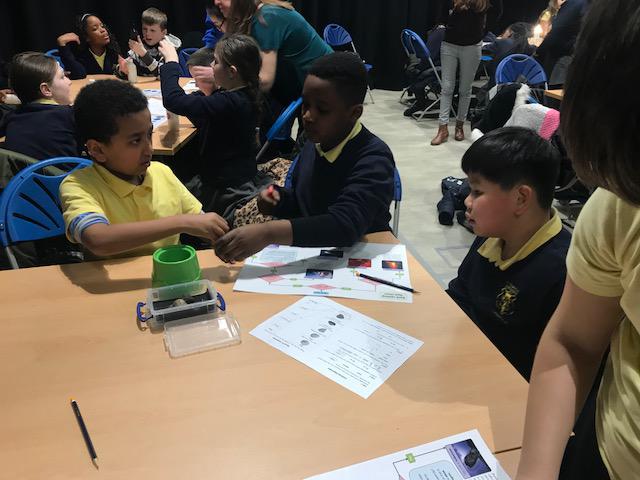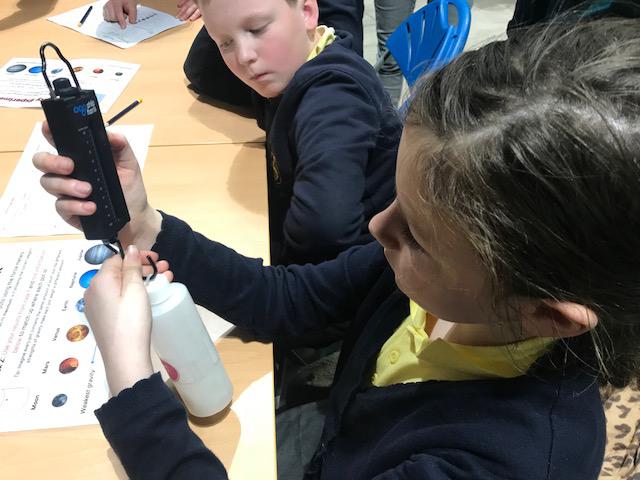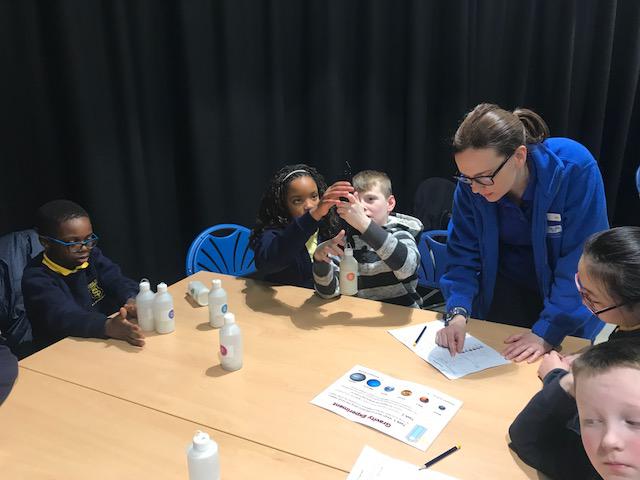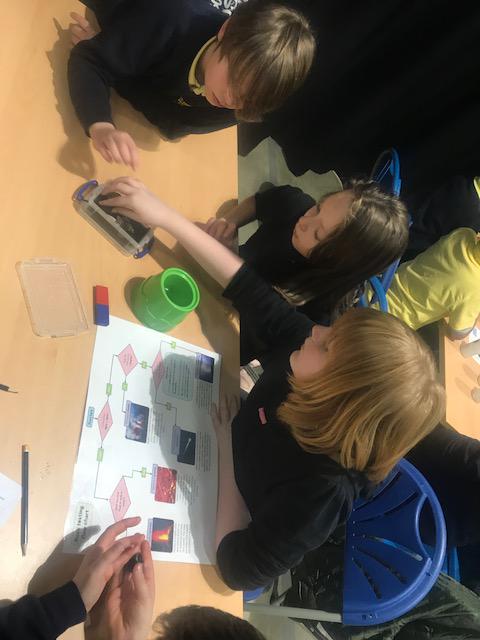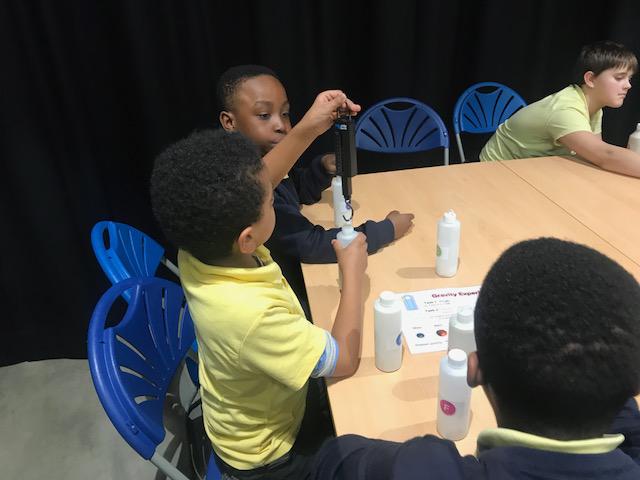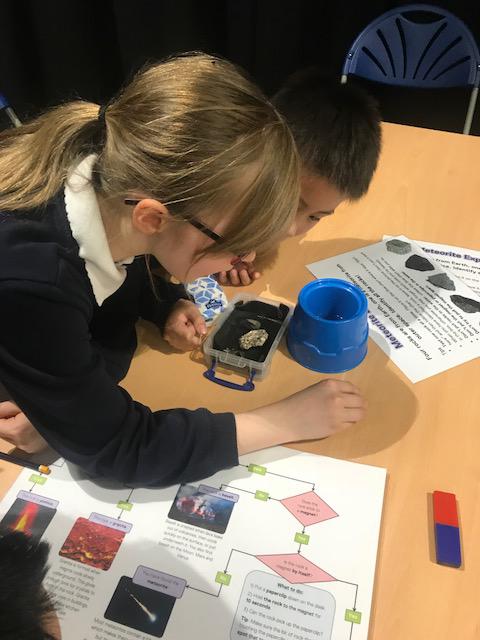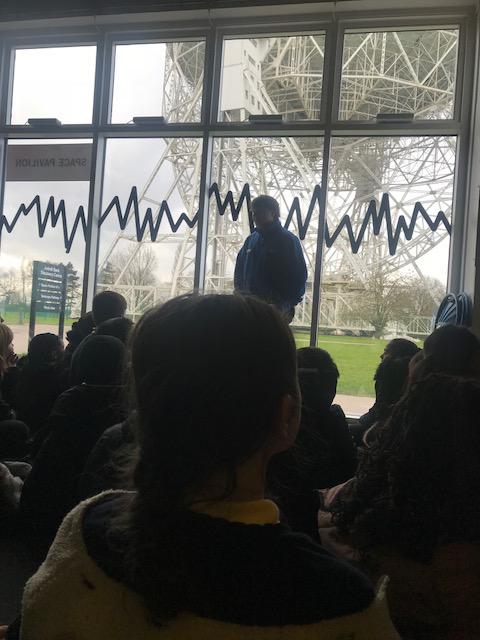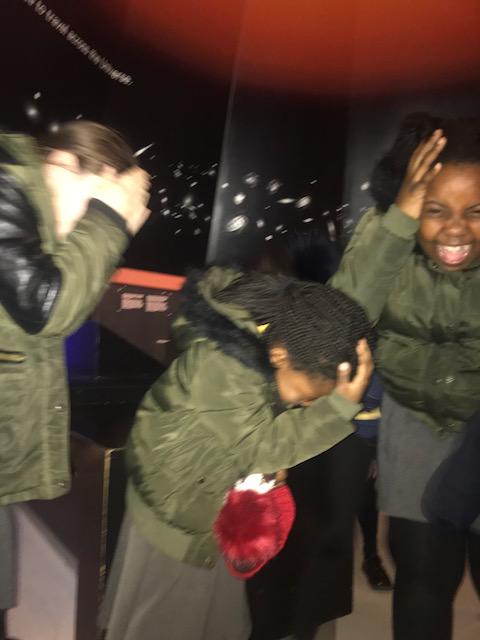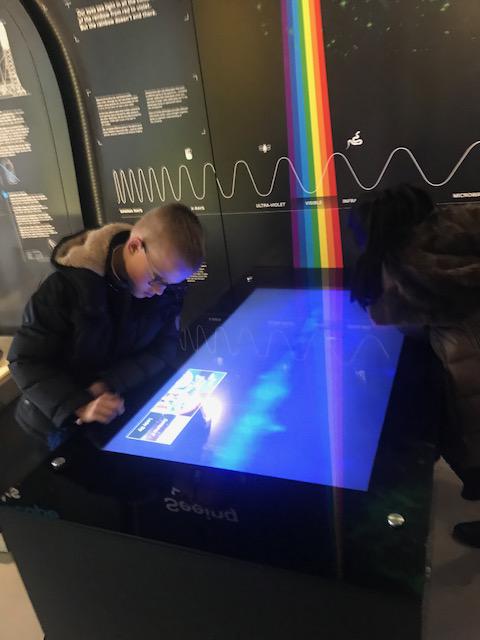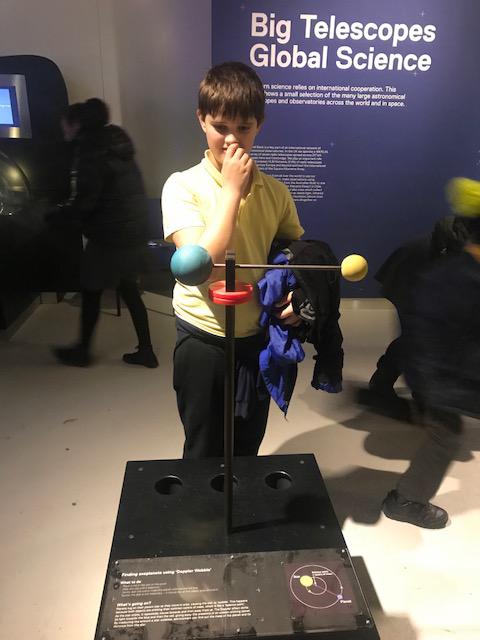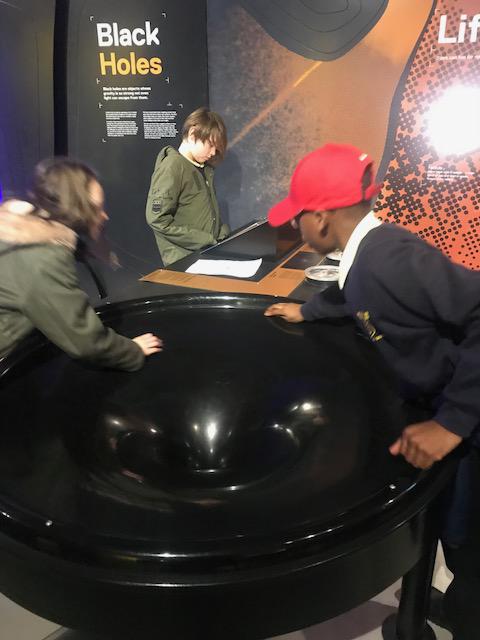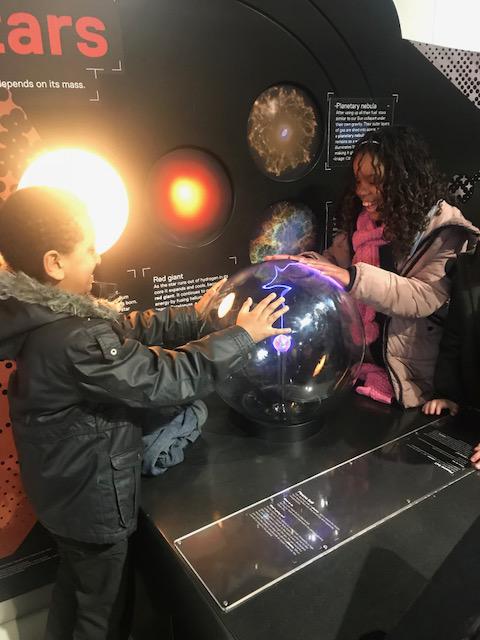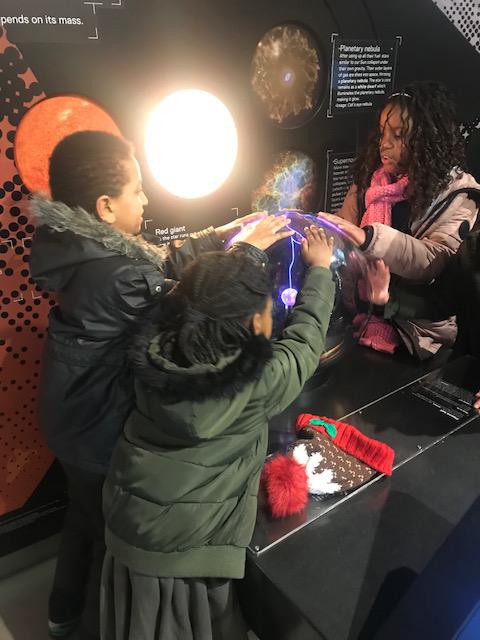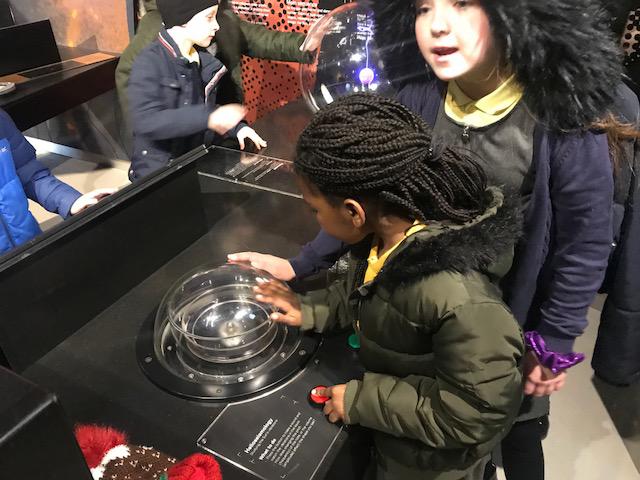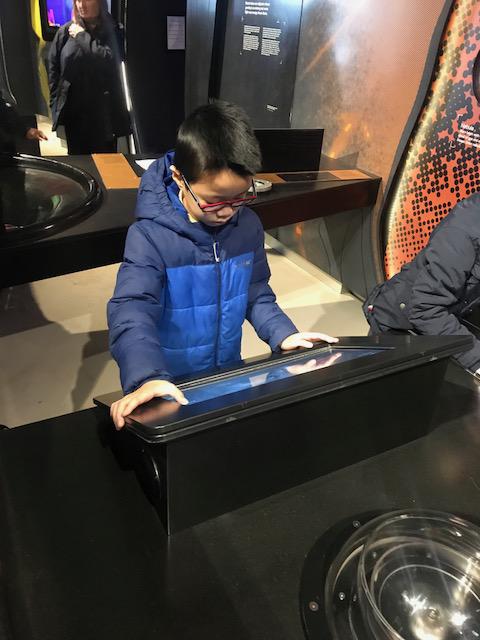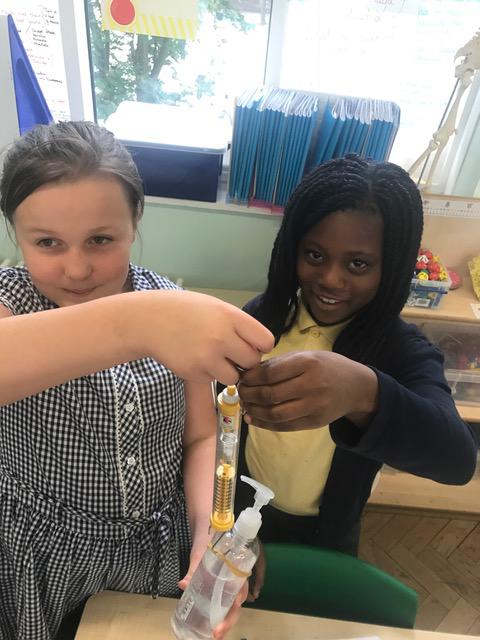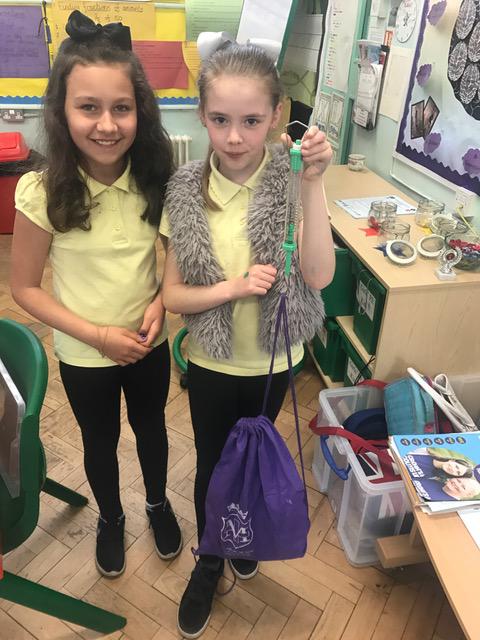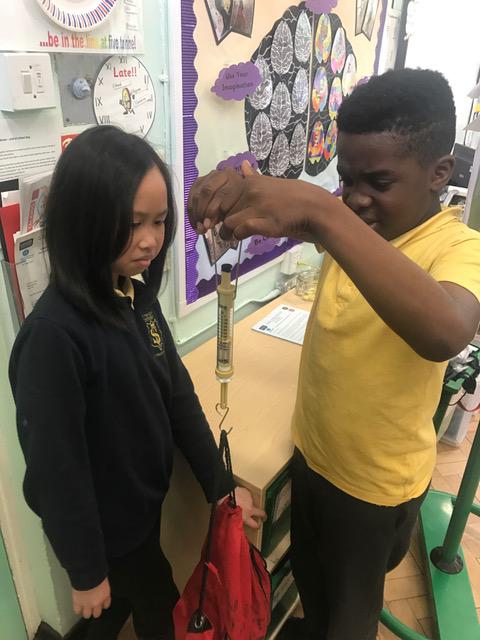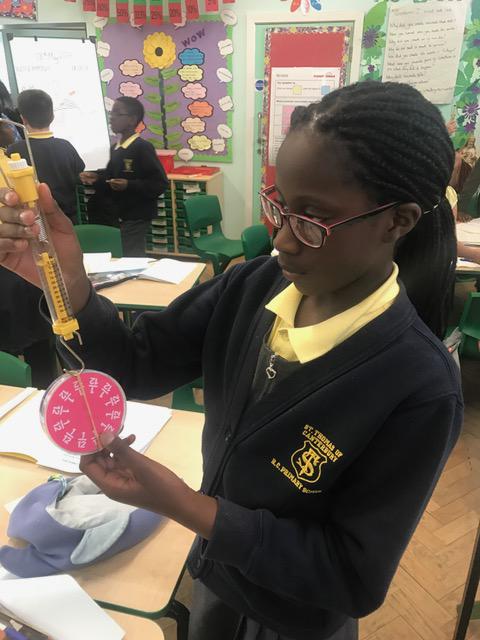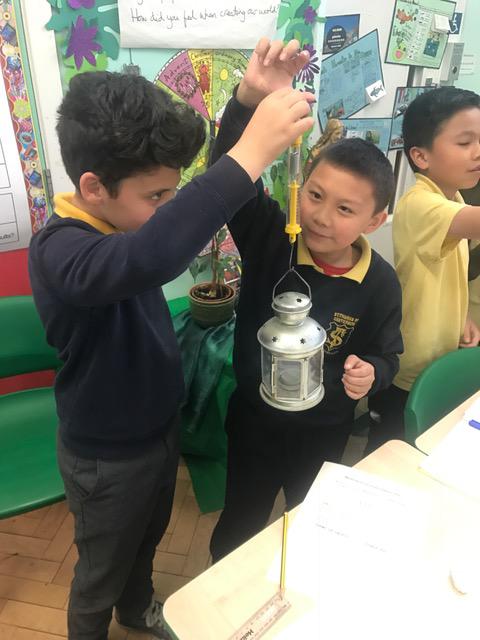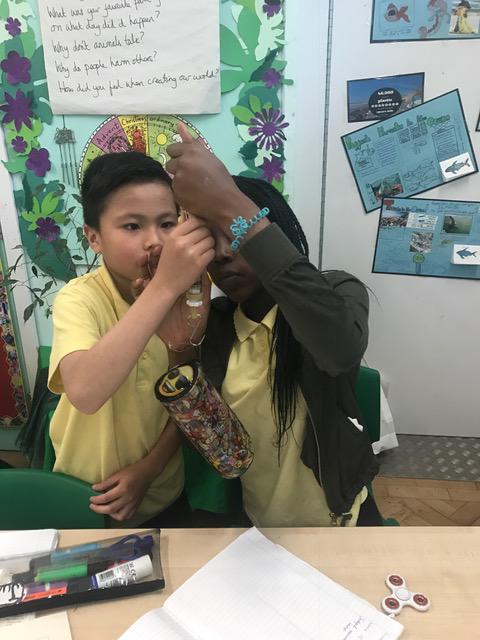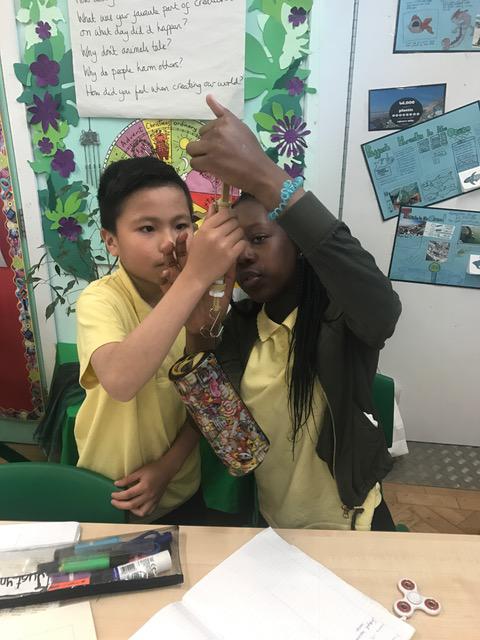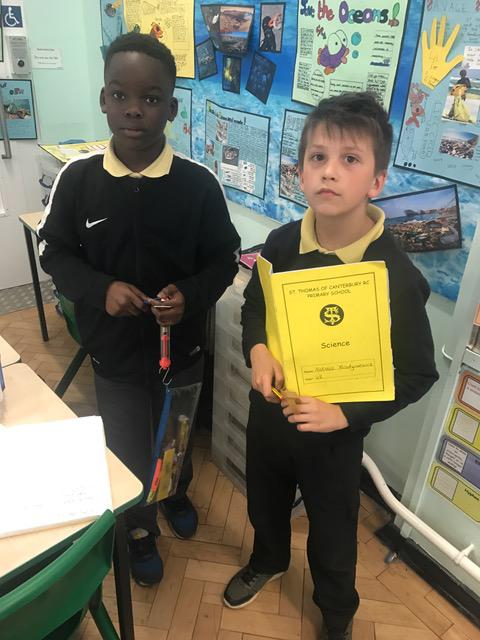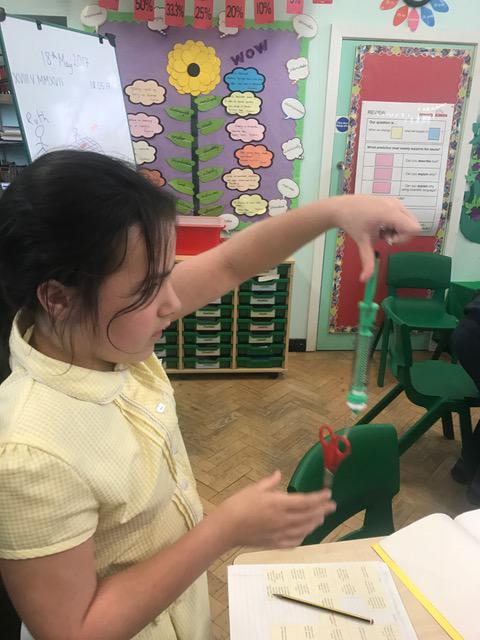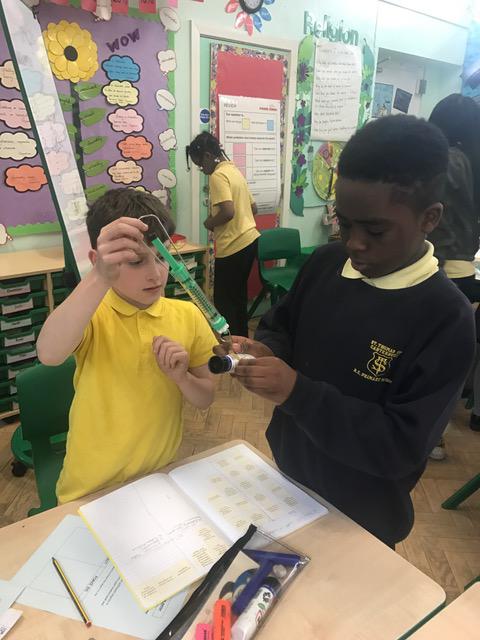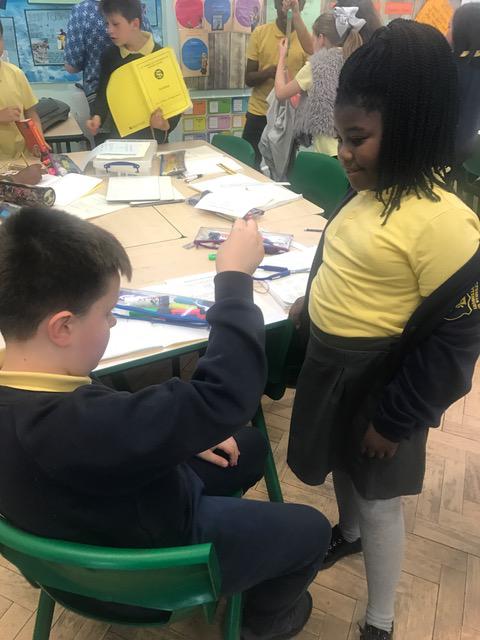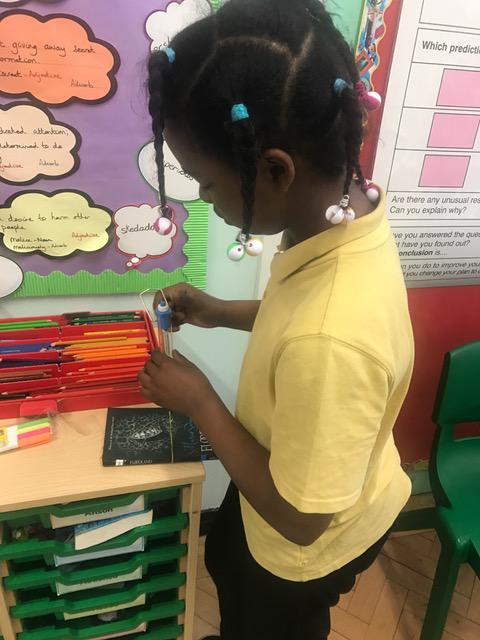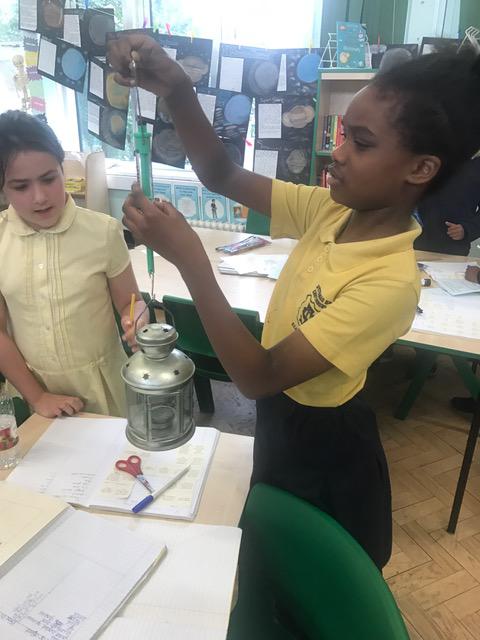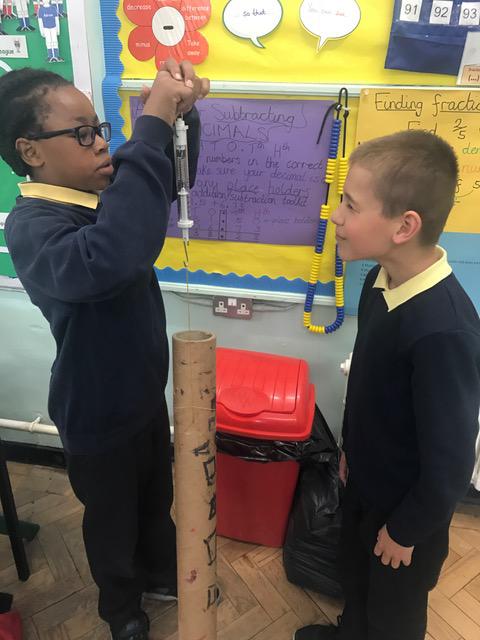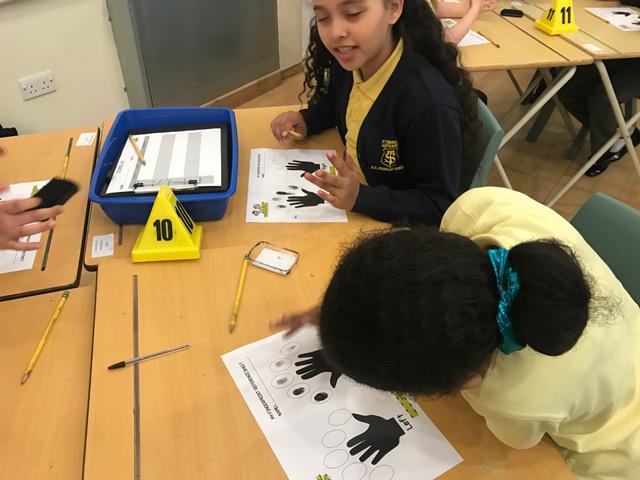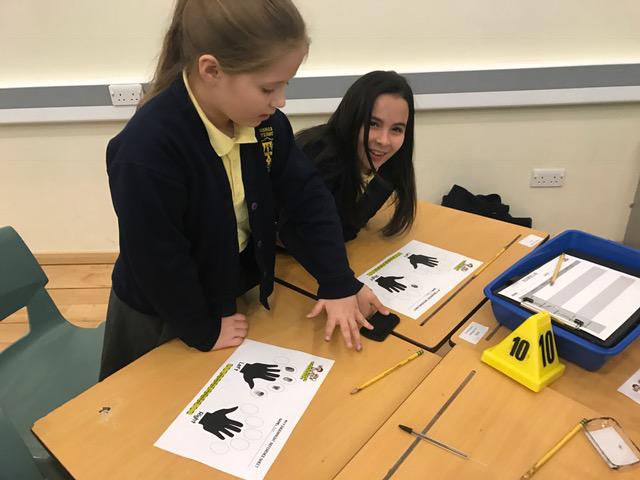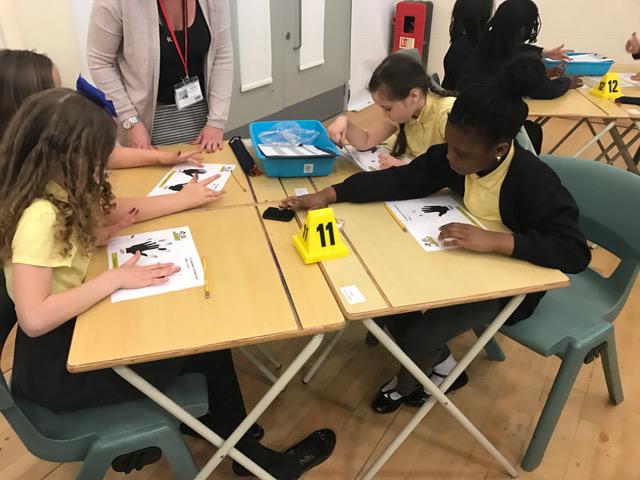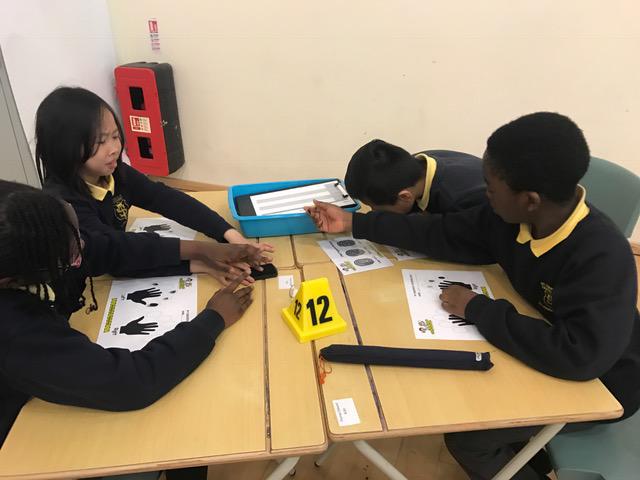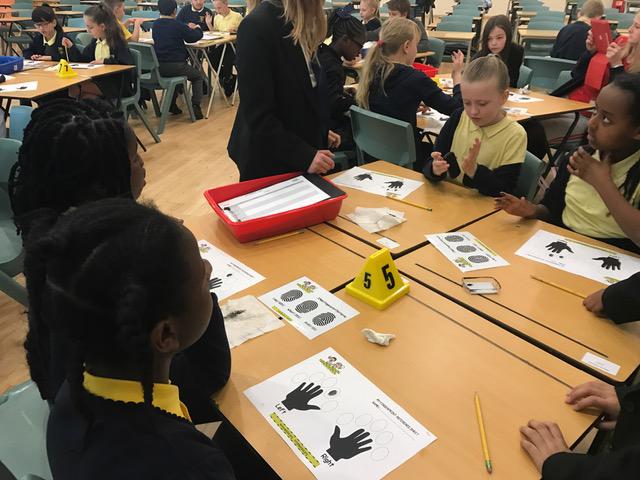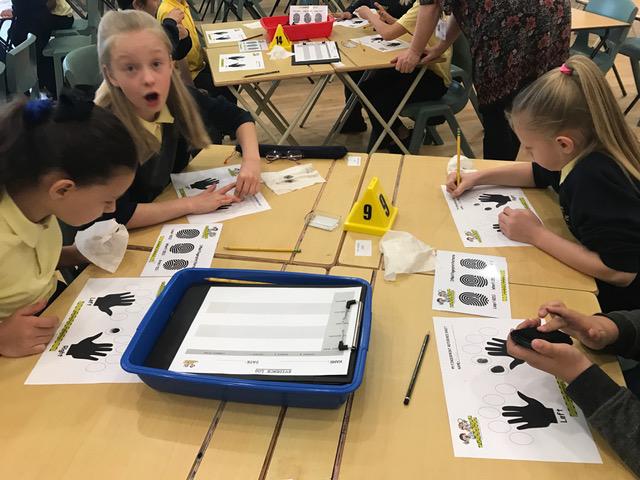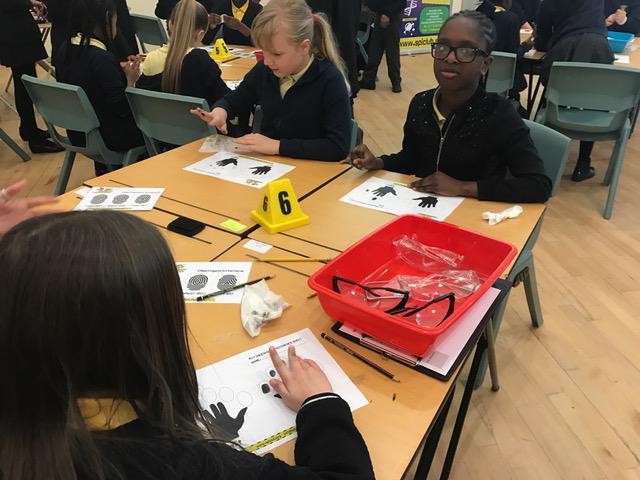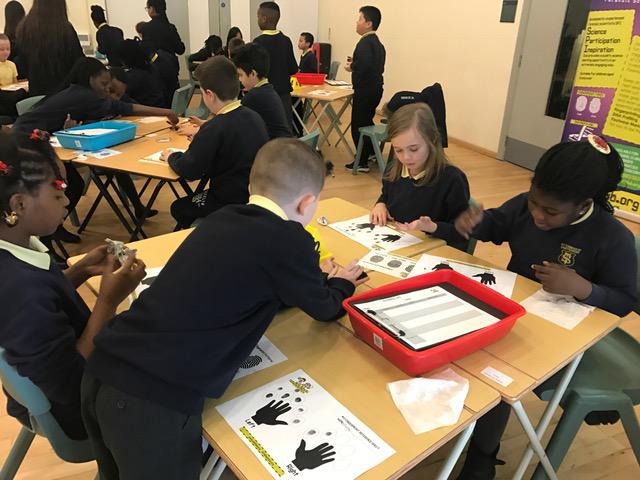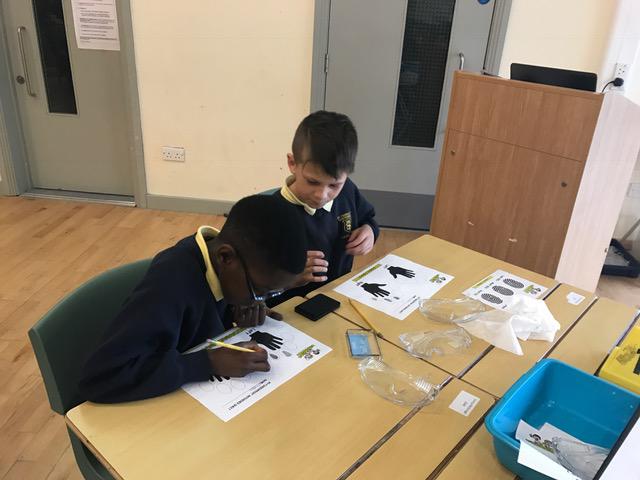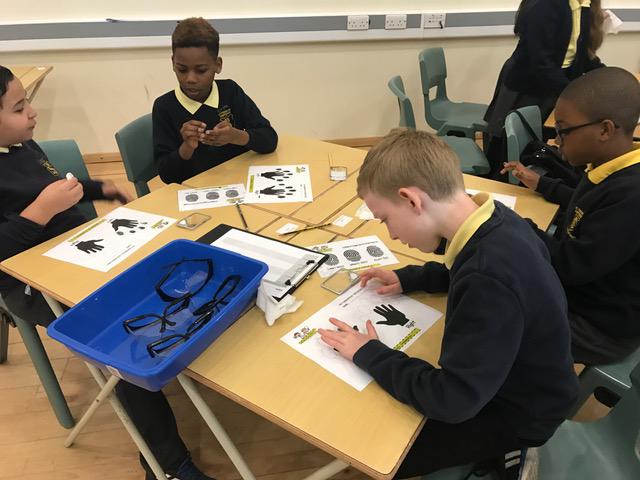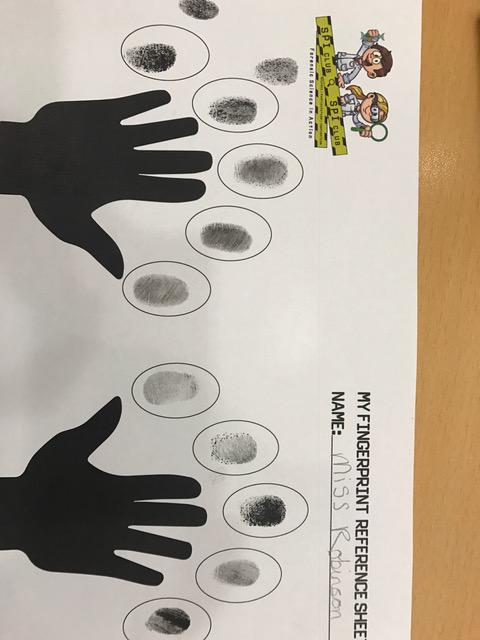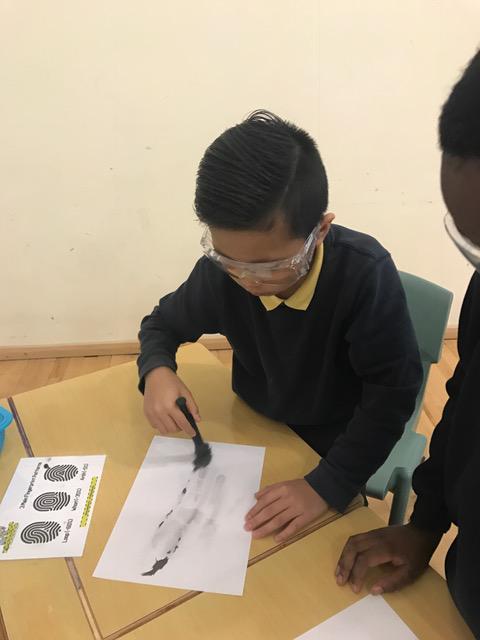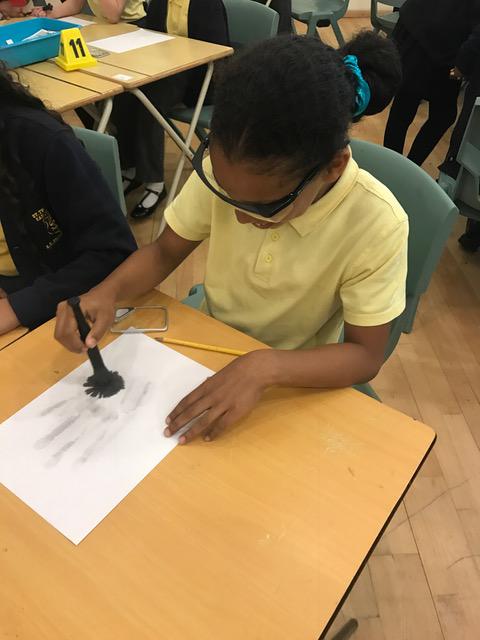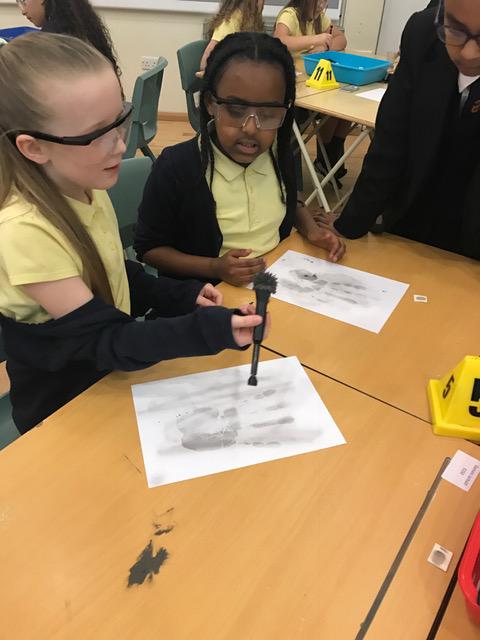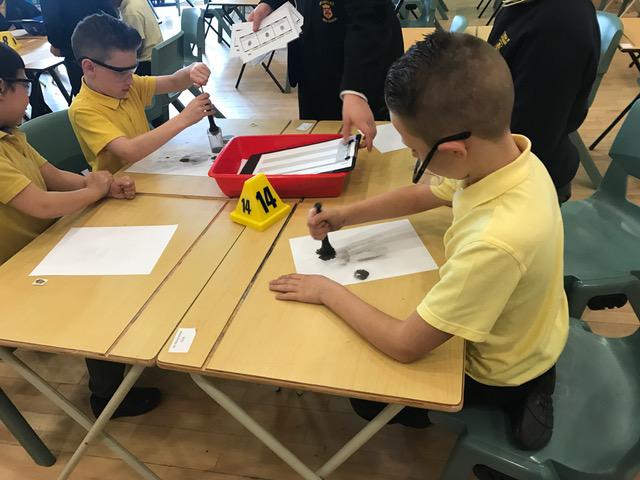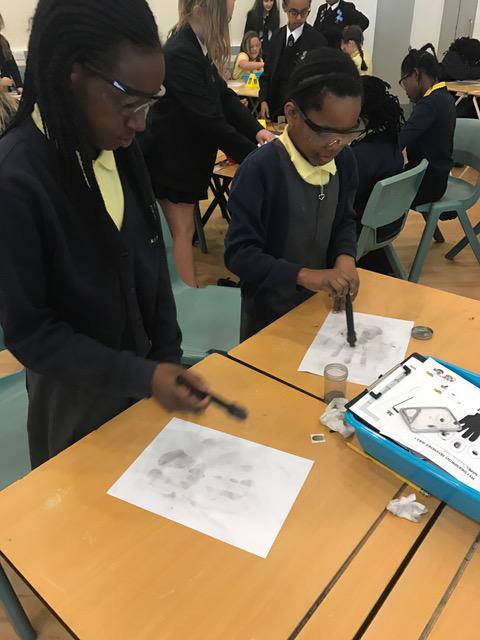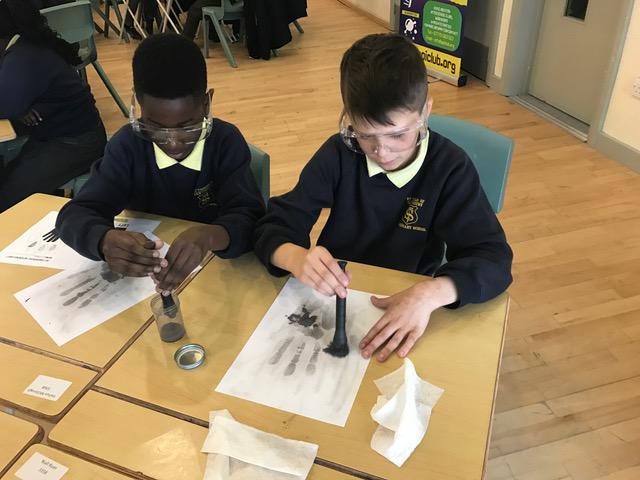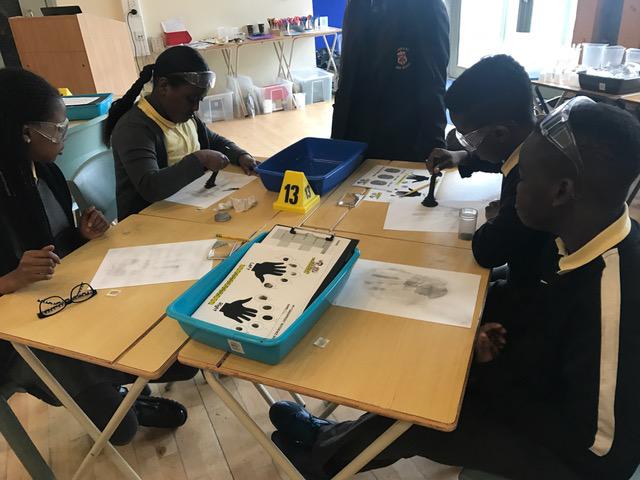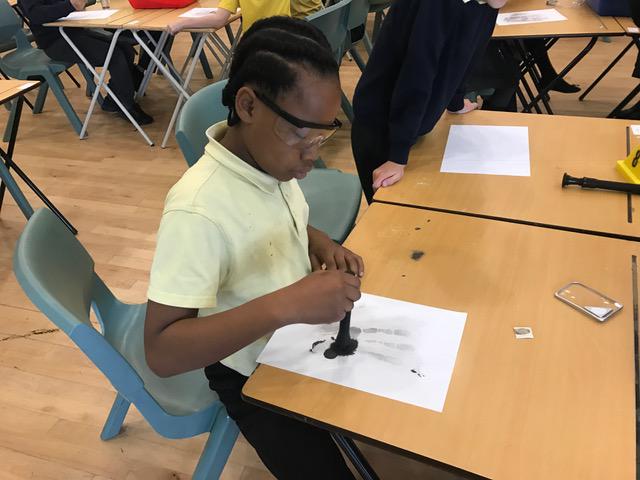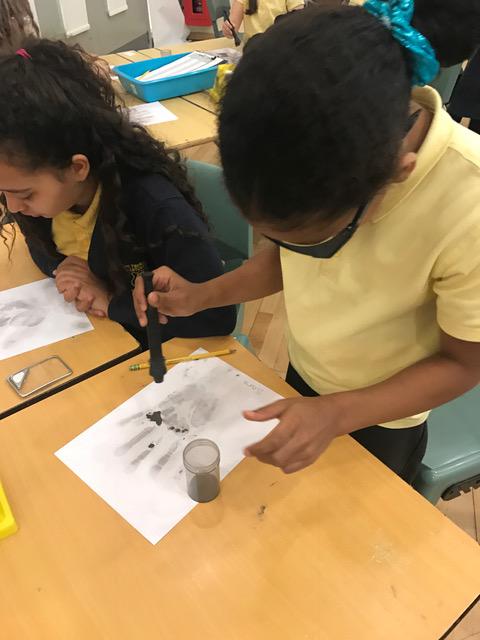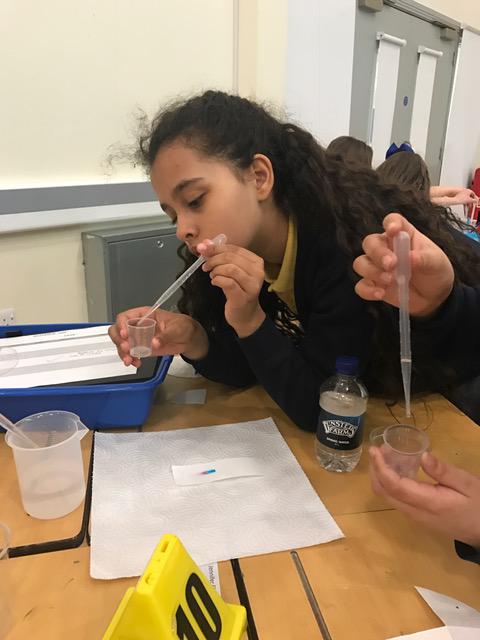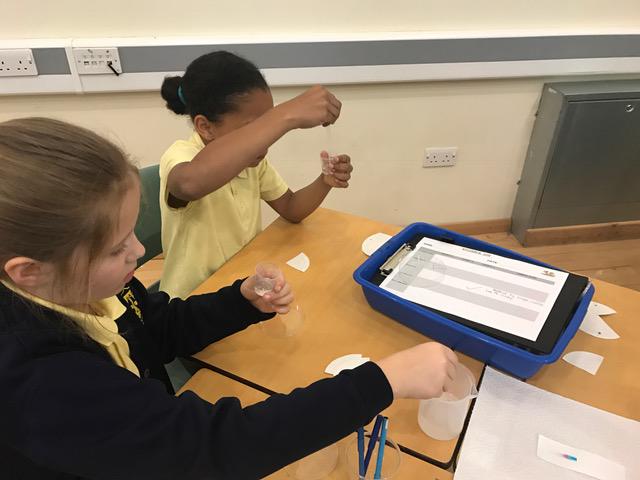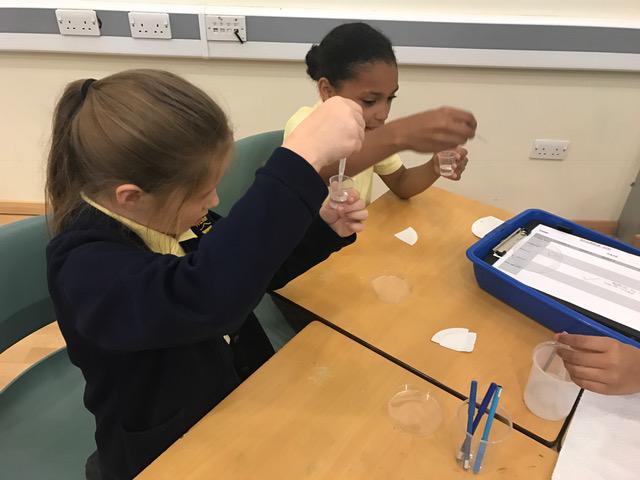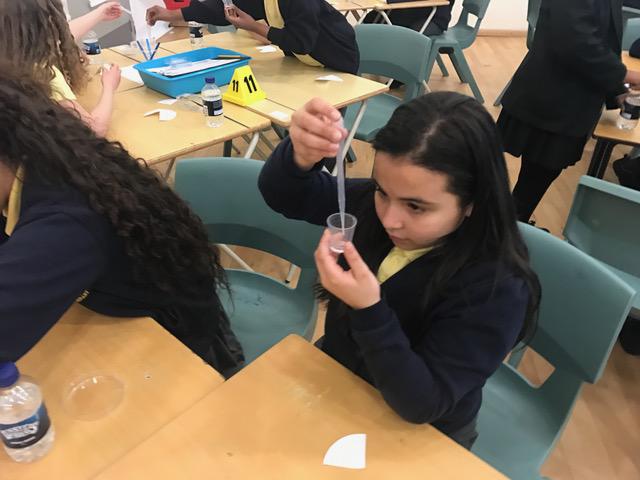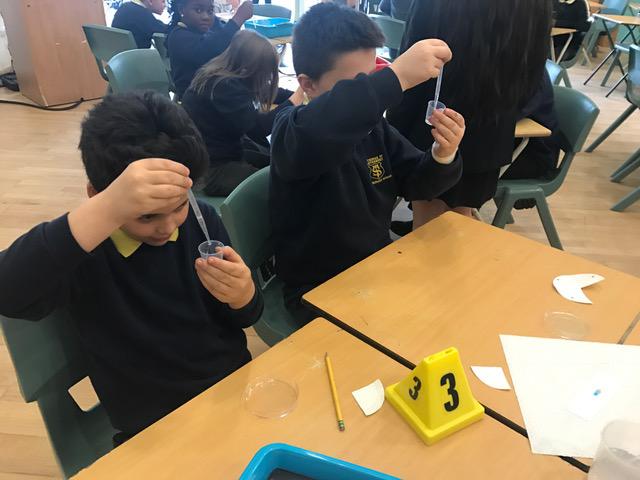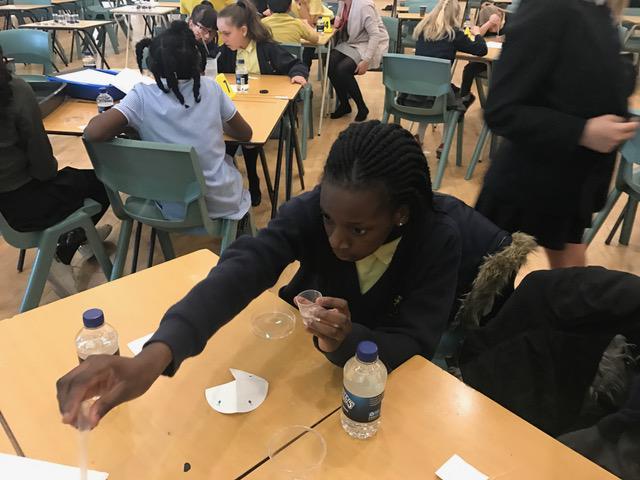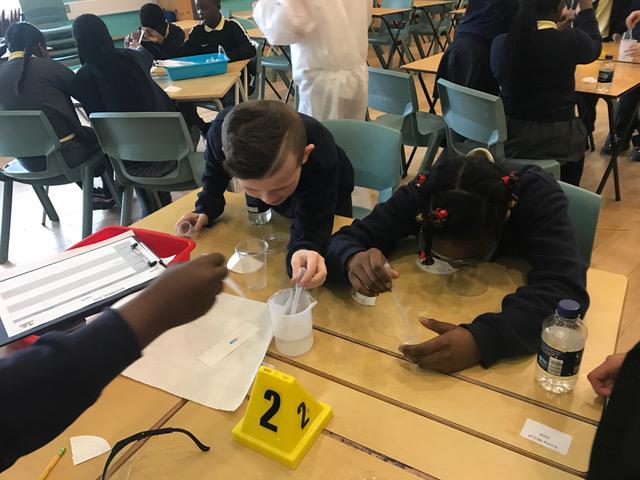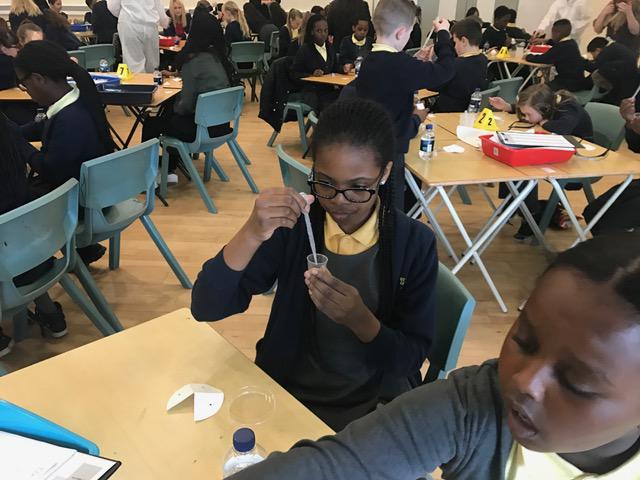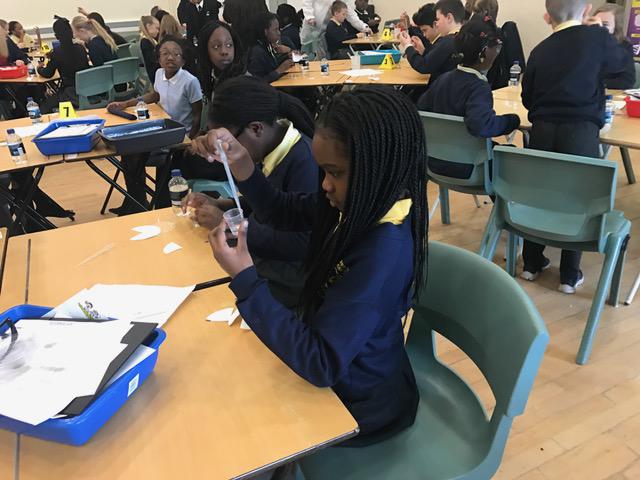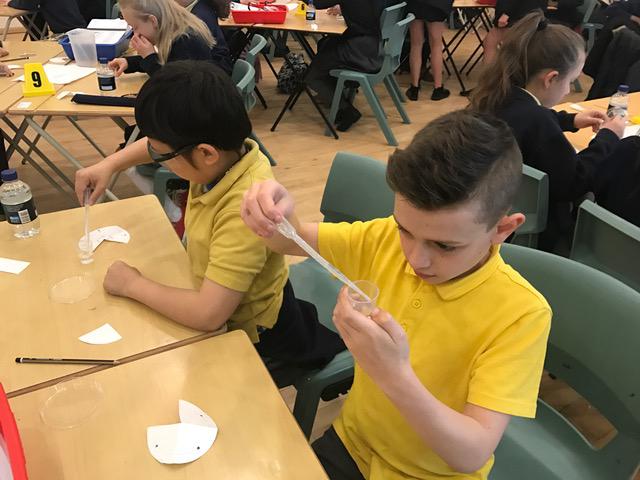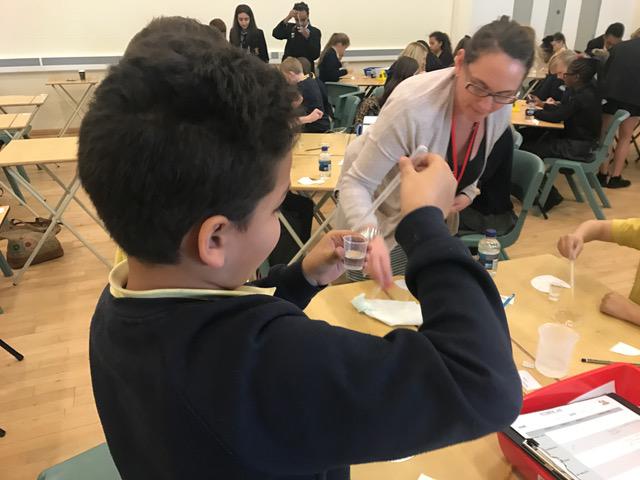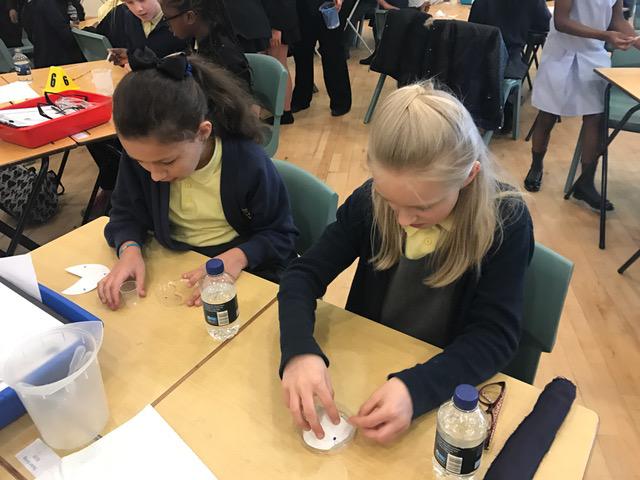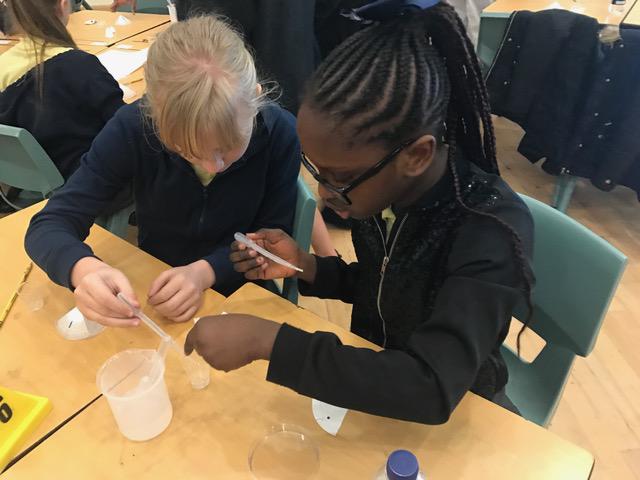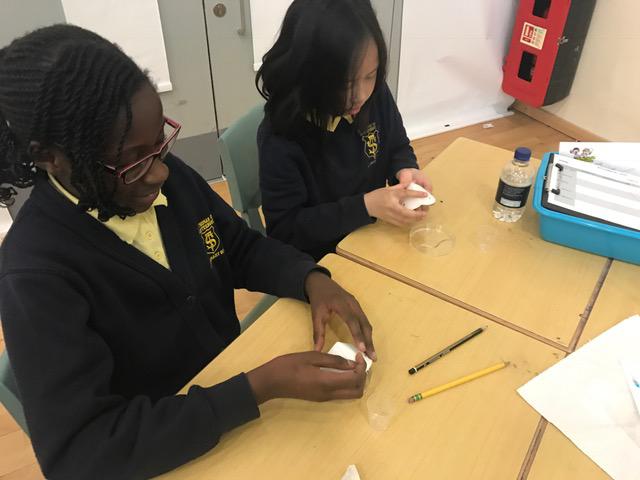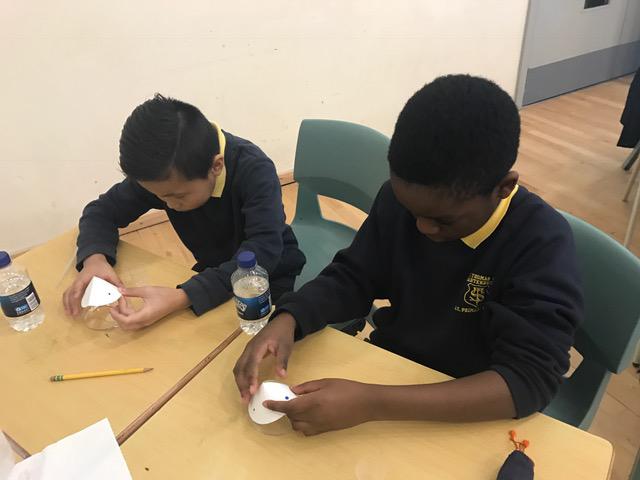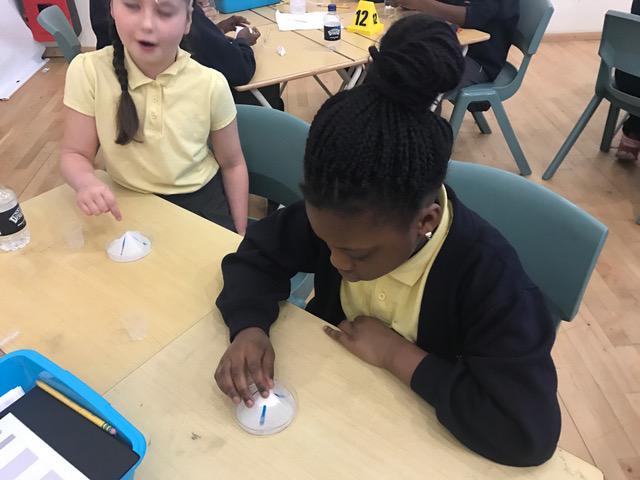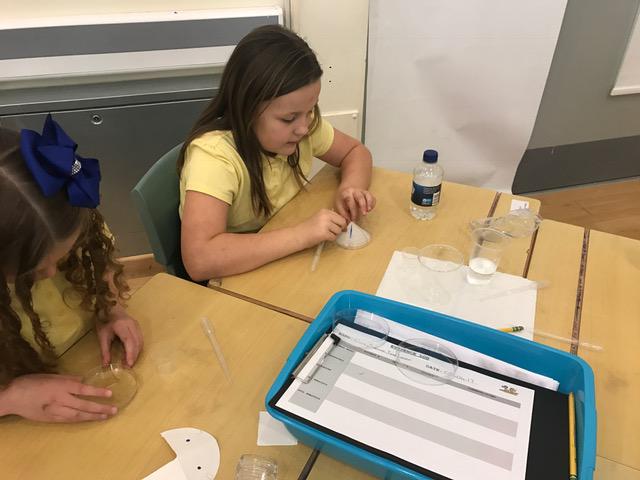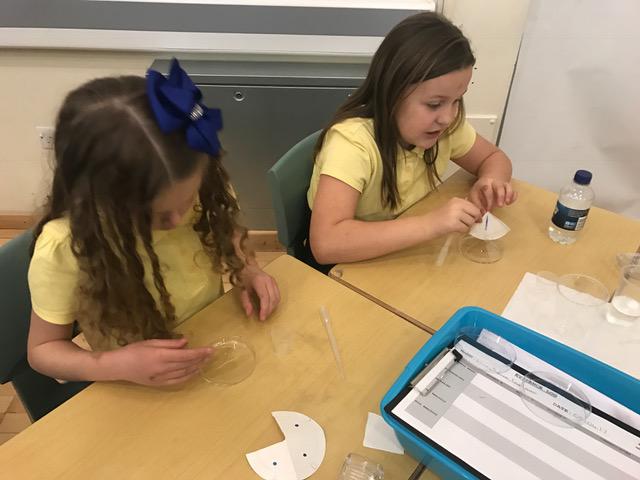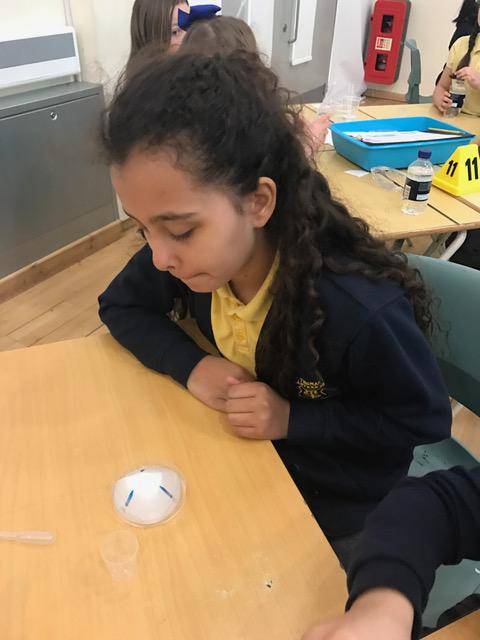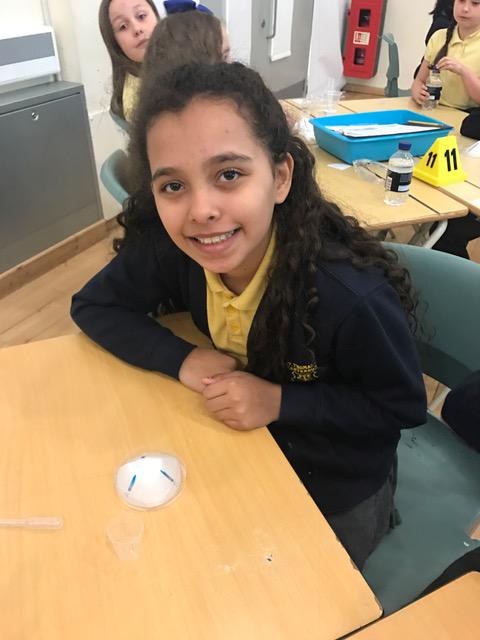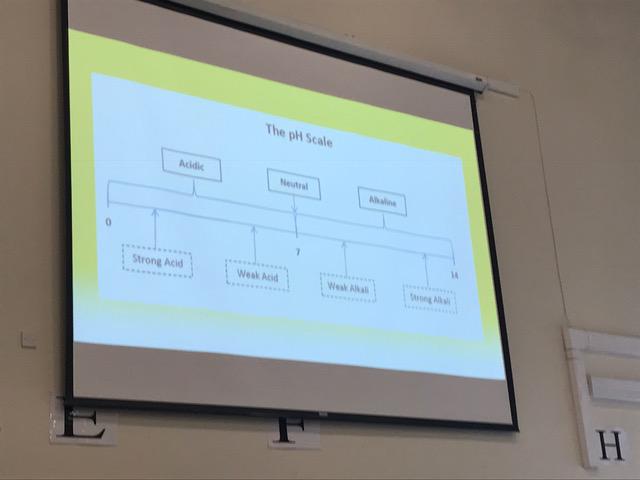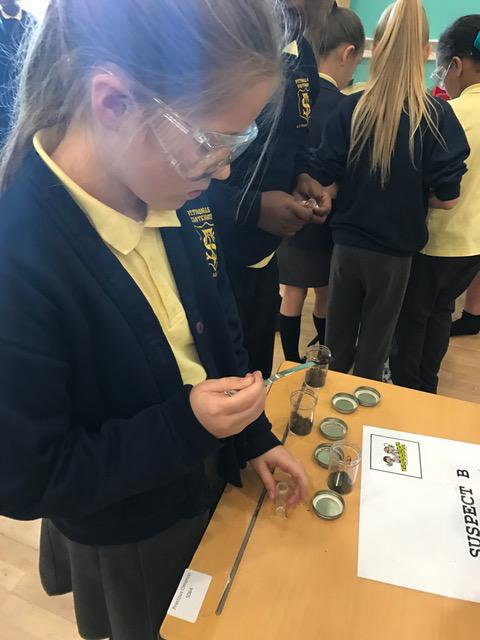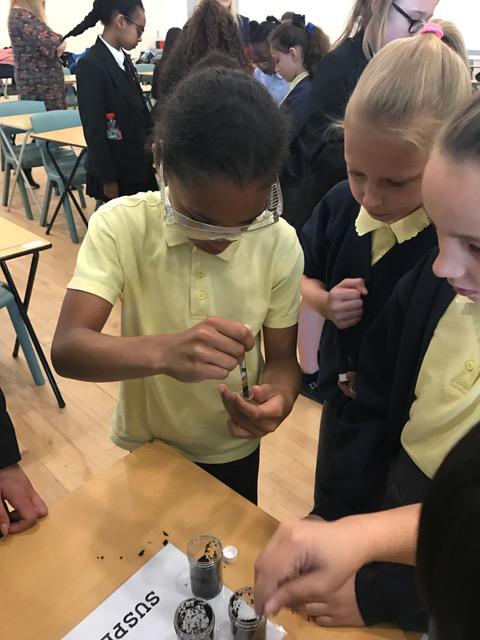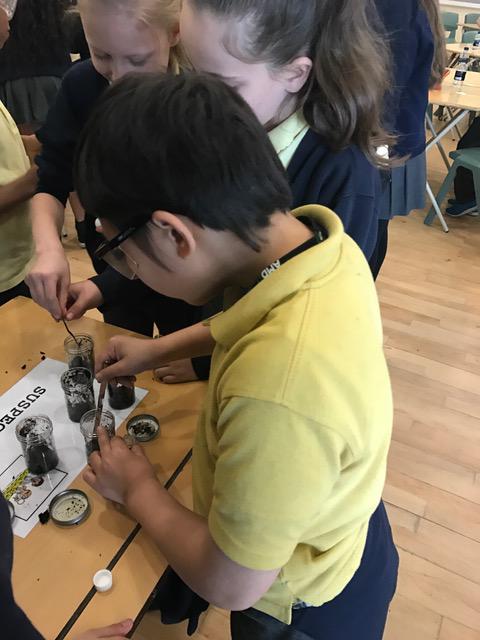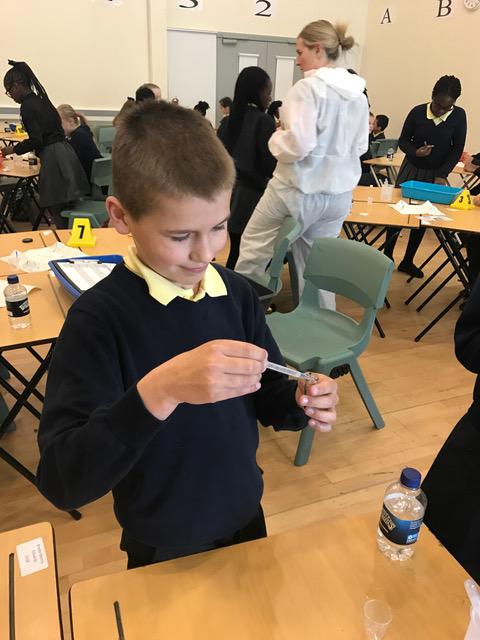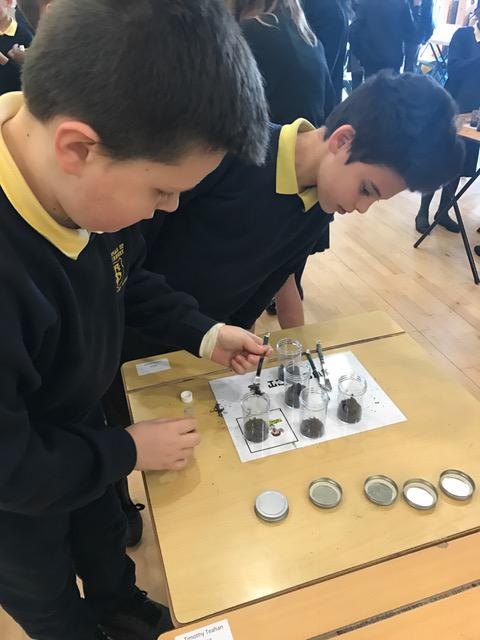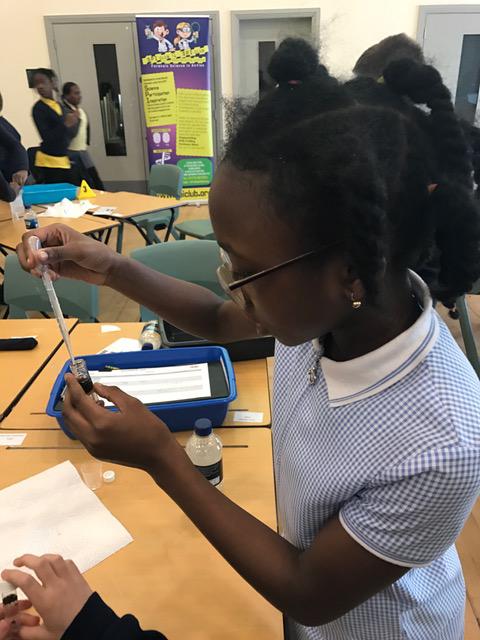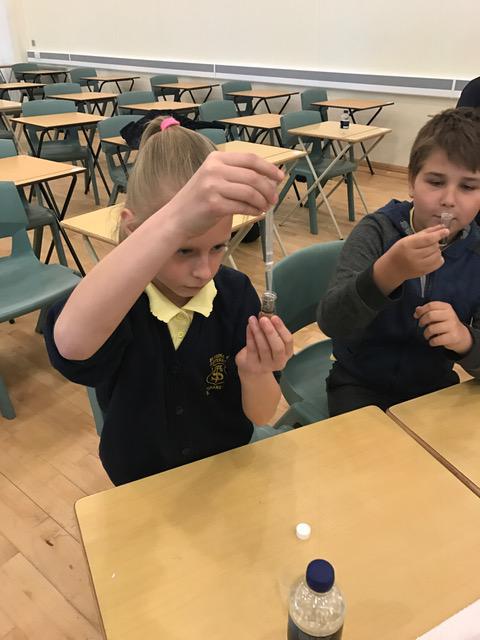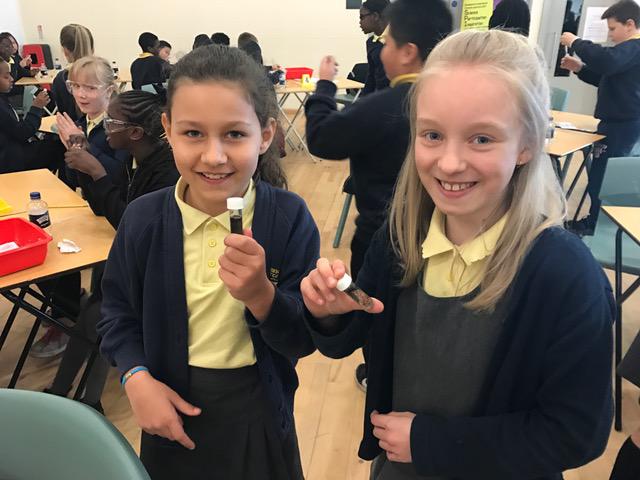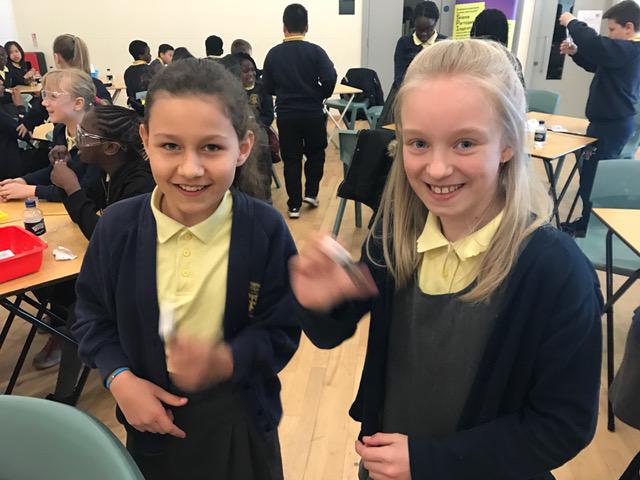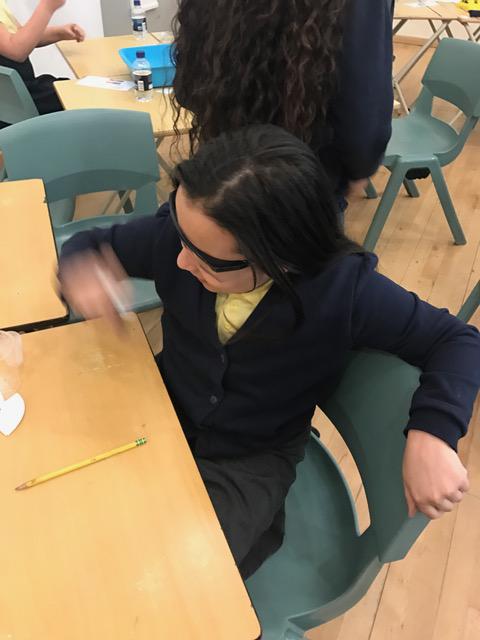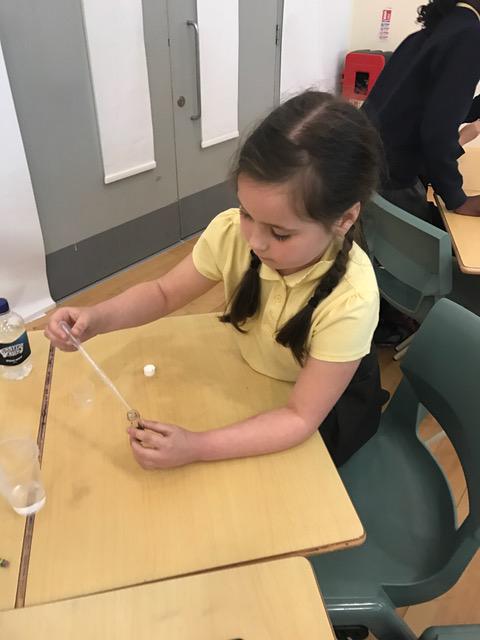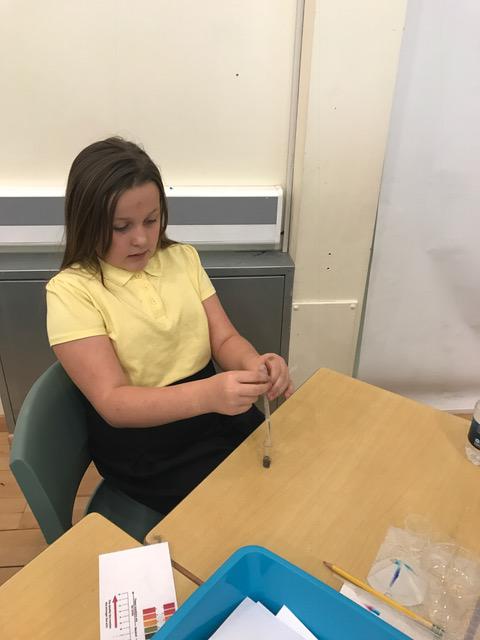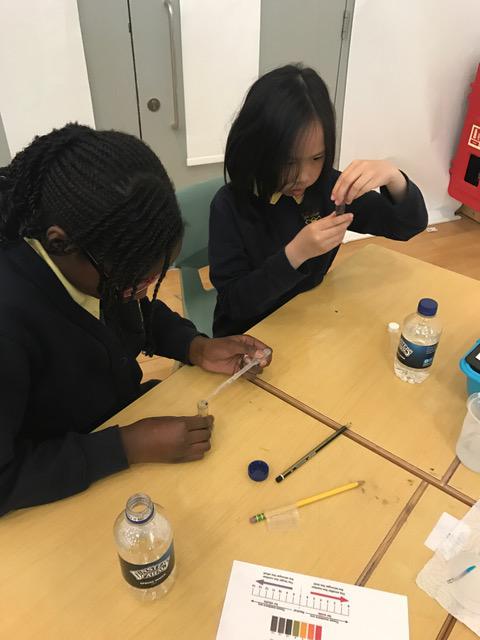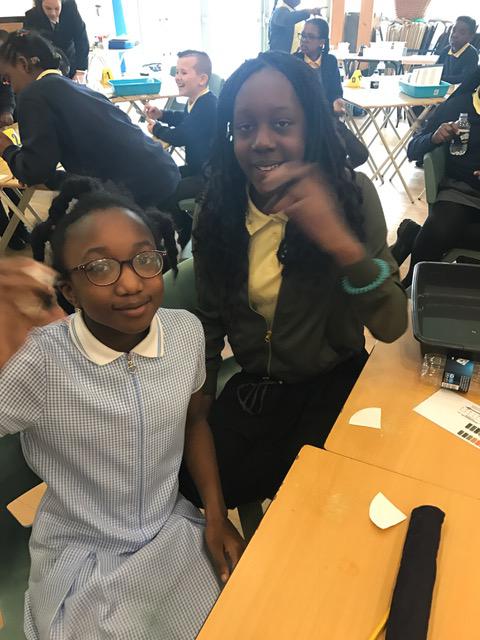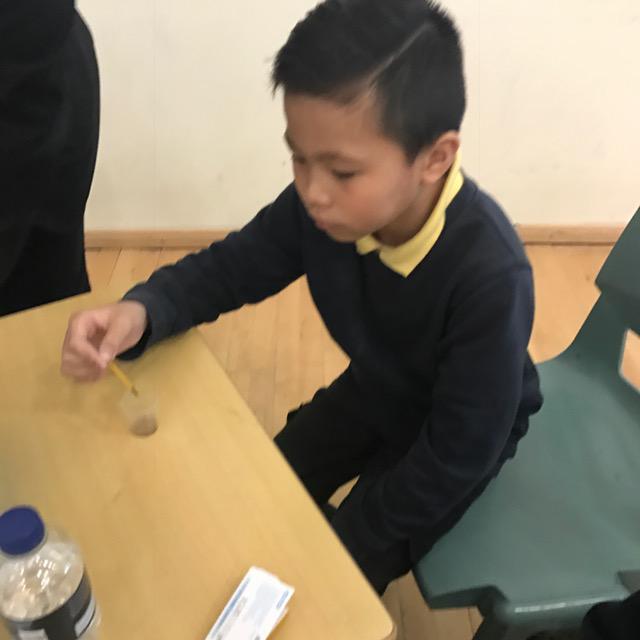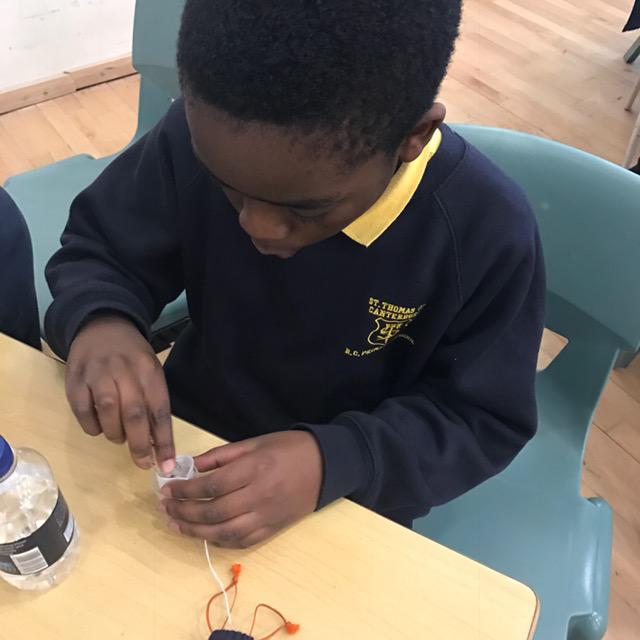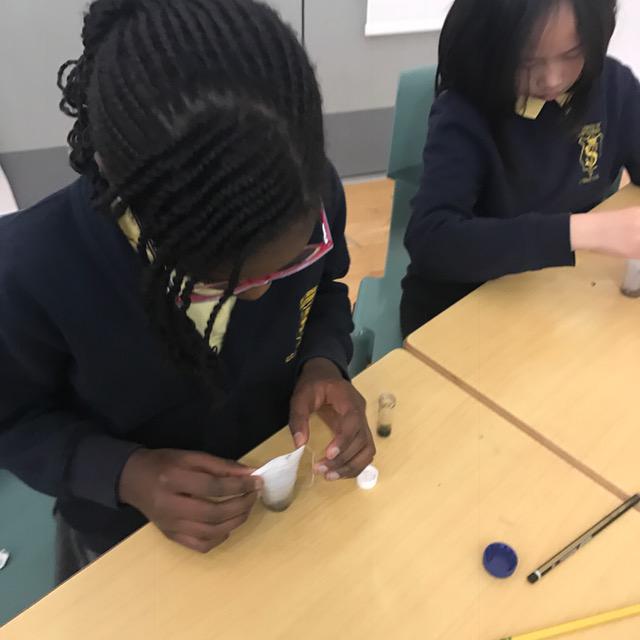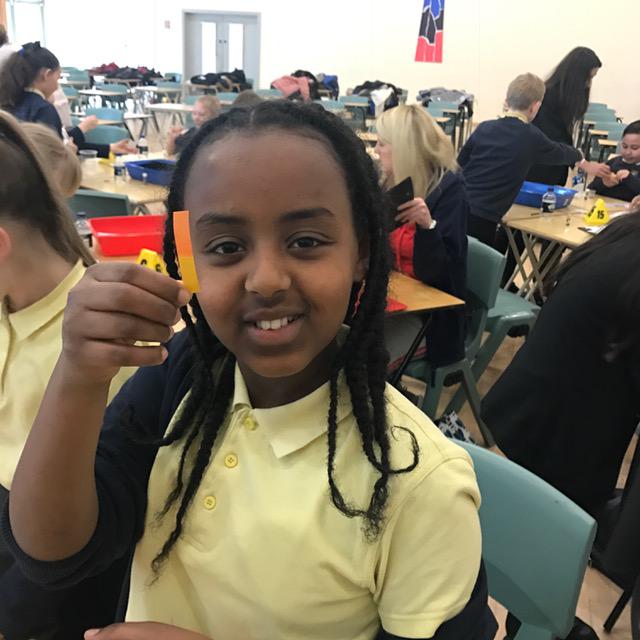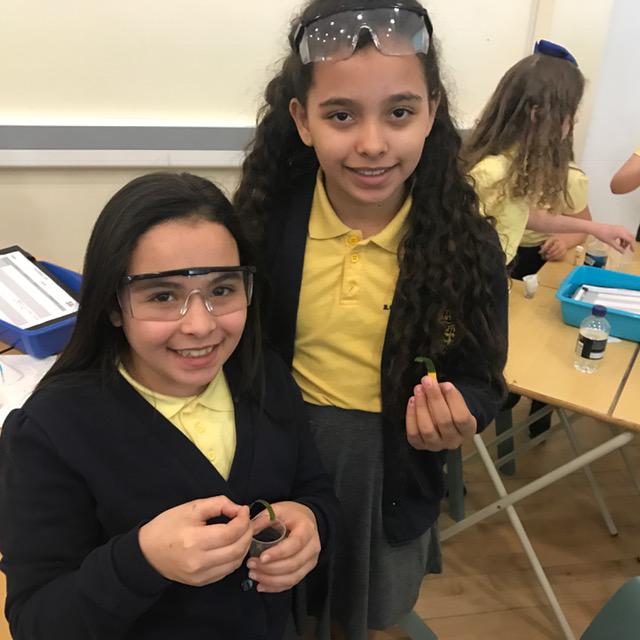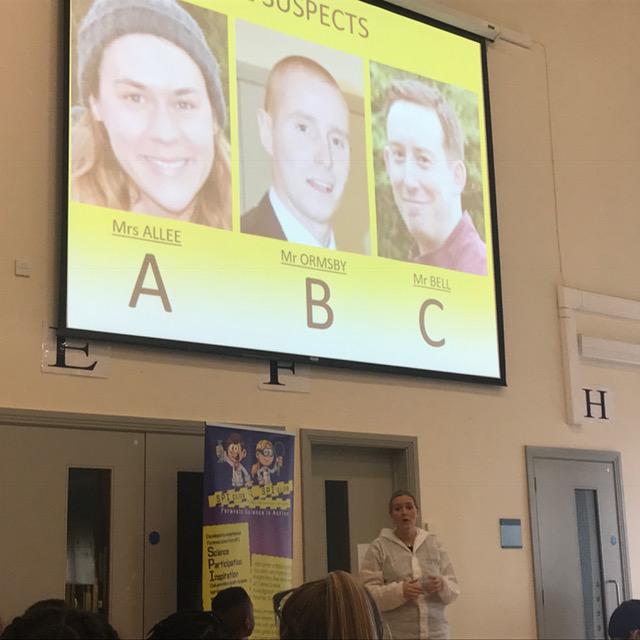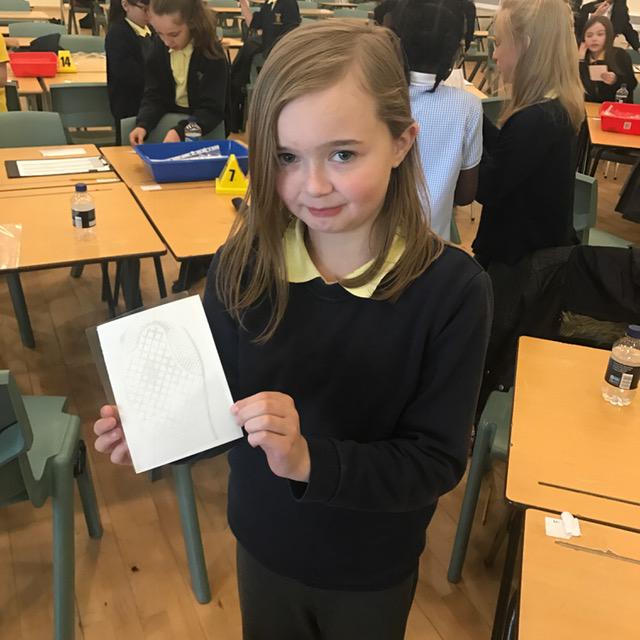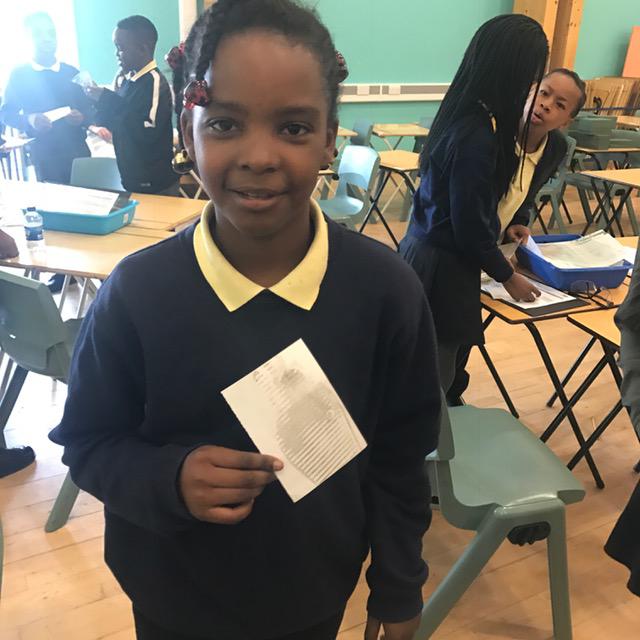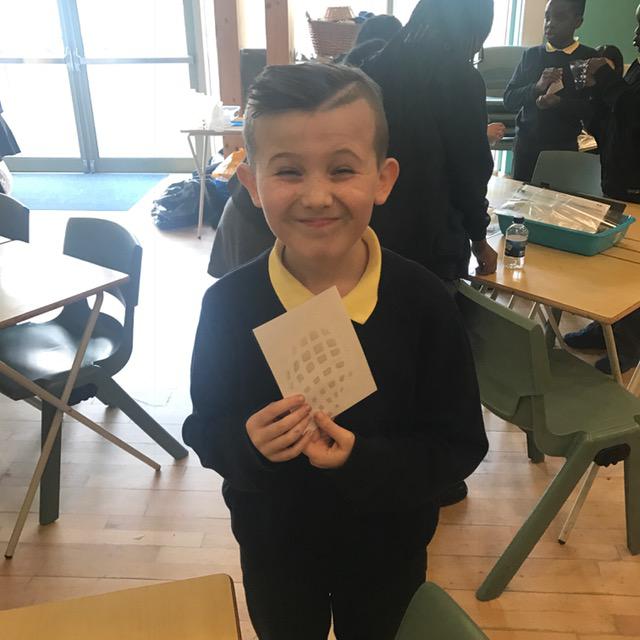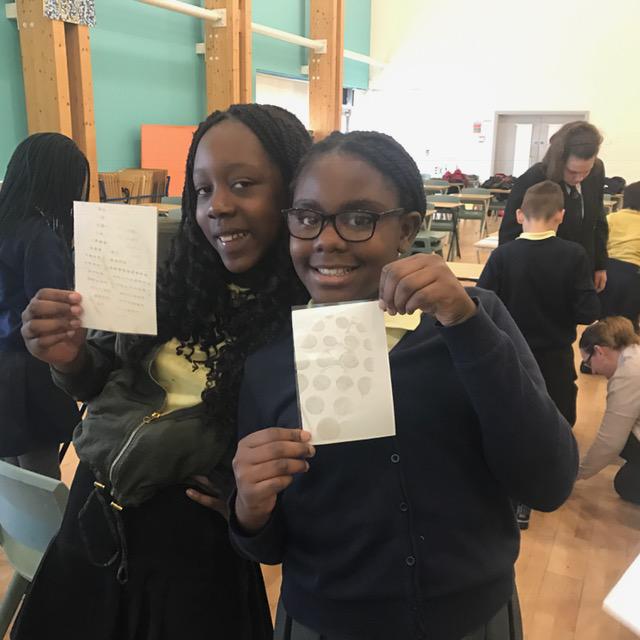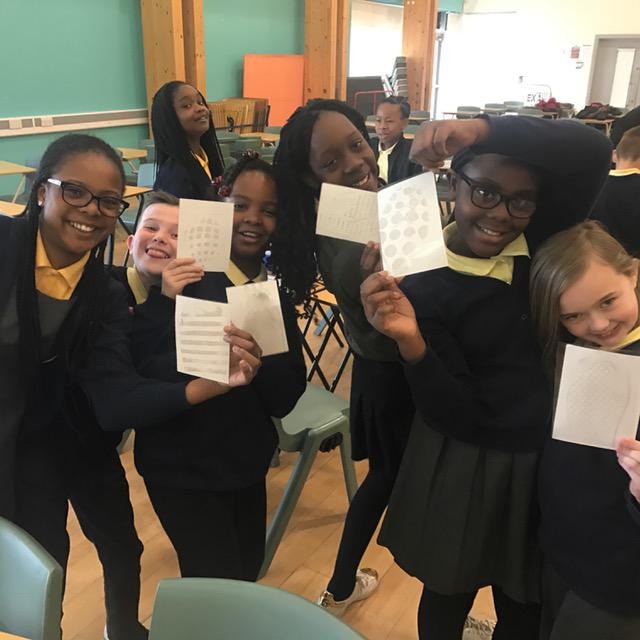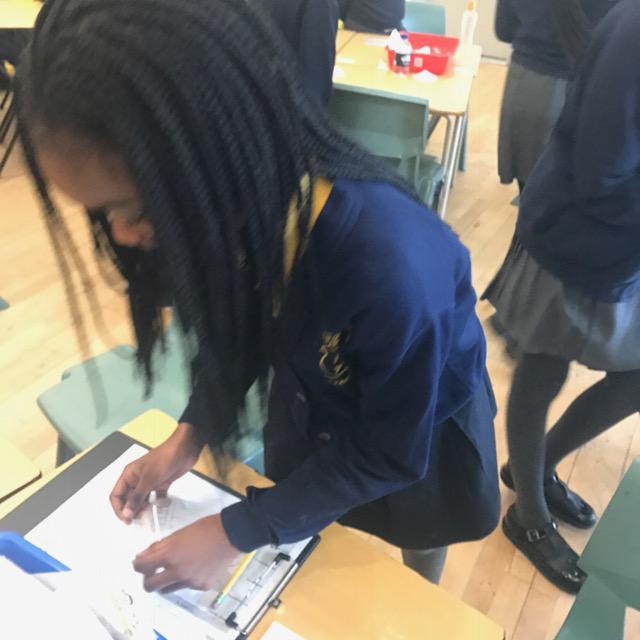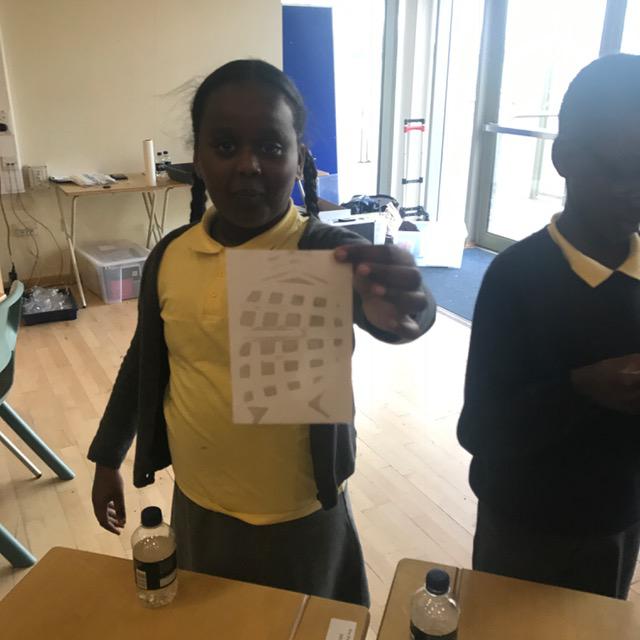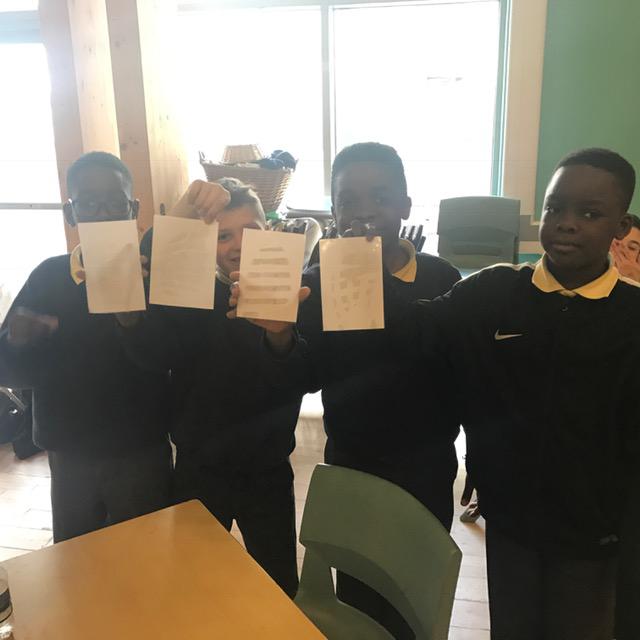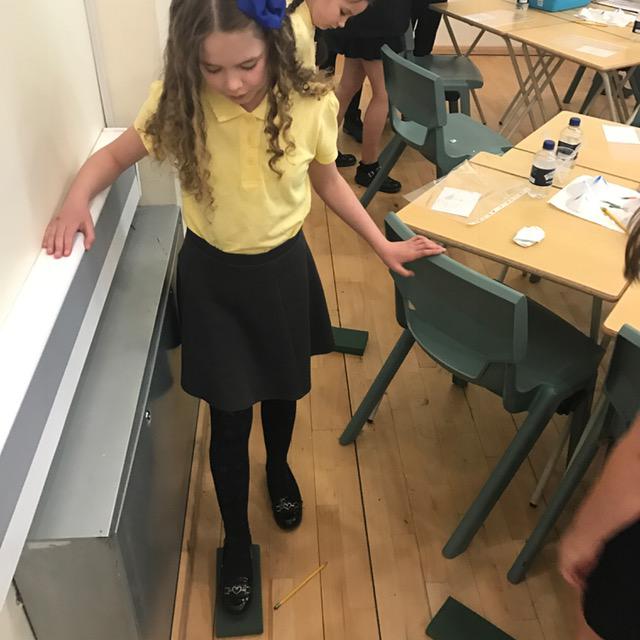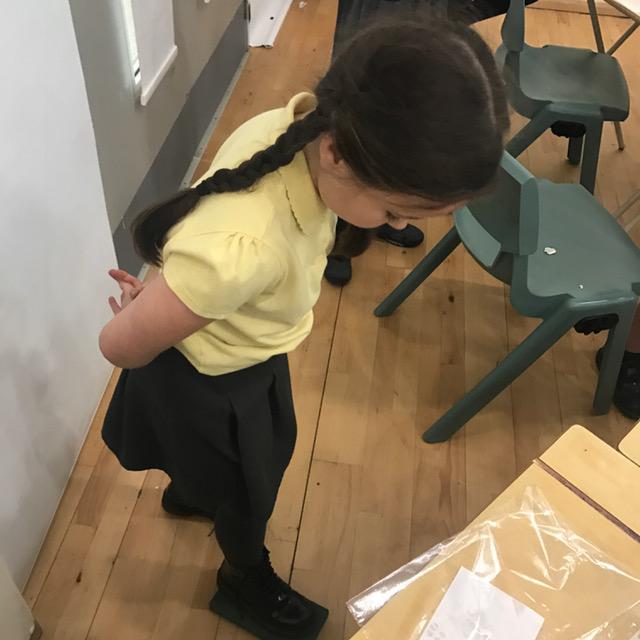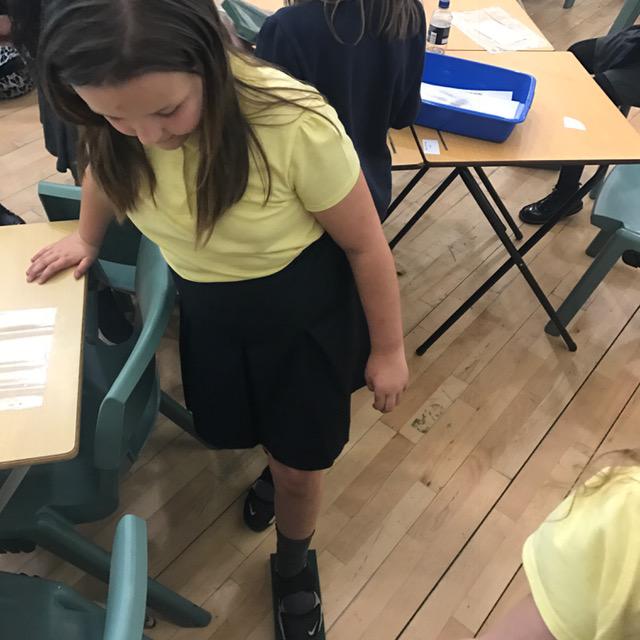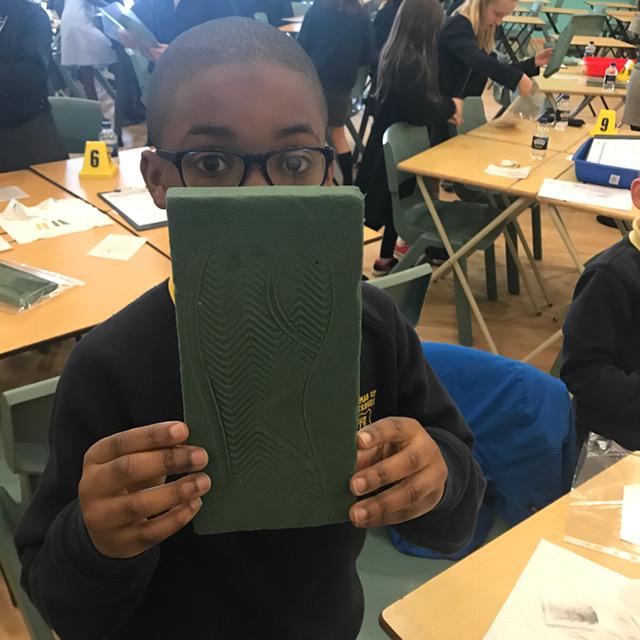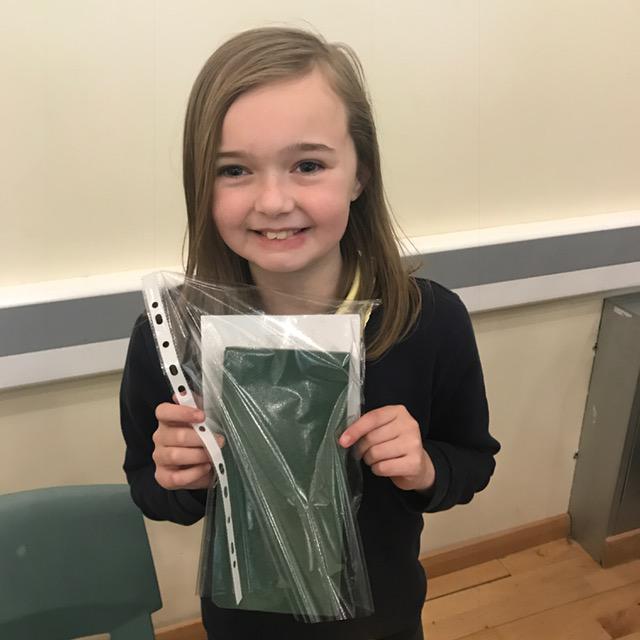Science

“For there is hope for a tree, if it be cut down, that it will sprout again, and that its shoots will not cease.”
Job 14.7

Science Intent Statement
At St. Thomas of Canterbury, we recognise the importance of Science in every aspect of daily life. As one of the core subjects taught in Primary Schools, we give the teaching and learning of Science the prominence it requires. Our curriculum will recognise that as children grow up in an increasingly technologically and scientifically advanced world, they need to be scientifically literate to succeed. We understand the importance of maintaining the curiosity children have established in the EYFS; therefore we deliver a curriculum with scientific enquiry at its heart. Teachers plan engaging and exciting lessons based on a commercially published scheme, adapting each lesson to meet the needs of individual children. Our school intends to make learning in Science accessible to all. The Science curriculum will encourage all pupils to believe in themselves; develop a ‘can do’ attitude and contribute to a positive learning culture.
The programmes of study set out a sequence of knowledge and concepts on a year by year basis. It is vital that, while ensuring children make progress, they also have a secure understanding of each key block of knowledge and concepts in order to move onto the next stage. The goal of our teaching is to make sure children understand the ‘big ideas’ of Science through using a range of enquiry methods. These types of scientific enquiry include: observing over time; pattern seeking; identifying, classifying and grouping; comparative and fair testing (controlled investigations); and researching using secondary sources. Our curriculum ensures that all pupils take part in practical Science and real world experiences, where ever possible. Only through ‘doing’ Science can children develop an understanding of the nature, processes and methods of Science and pose and answer scientific questions about the world around them. We recognise that although scientific knowledge is continually changing, the skills gained from studying science are life-long.
Cross curricular links are a key principal of our Science teaching. Children’s mathematical knowledge will link to their understanding of Science, including, collecting, presenting and analysing data. Connections between Science and literacy are made explicit. Pupils will be familiar with, and use technical terminology accurately and precisely. Opportunities to apply and further develop children’s reading skills are deliberately planned into lessons where ever possible.
Ideas generated today will lead to solutions, practical applications, and new challenges tomorrow. Our ultimate goal is to ensure our children entering KS3 are equipped with the scientific knowledge required to understand the uses and implications of science, today and for the future. We endeavour to ensure that children leave our school as independent, inquisitive scientists.

At STOC, Y1-Y6 have a dedicated science lesson each week, where science is taught by meeting the requirements of the national curriculum.
The national curriculum for science aims to ensure that all pupils:
- develop scientific knowledge and conceptual understanding through the disciplines of biology, chemistry and physics
- develop understanding of the nature, processes and methods of science through different types of science enquiries that help them to answer scientific questions about the world around them
- are equipped with the scientific knowledge required to understand the uses and implications of science, today and for the future
Every science lesson begins with a ‘Flashback Four’, to revisit prior learning from last lesson, last term, last time the topic was taught, and the previous year. Teachers at STOC understand how vitally important it is for children to develop a secure understanding of each key block of scientific knowledge and concepts in order to progress to the next stage of learning. Insecure, superficial understanding will not allow genuine progression. Regular retrieval through The Flashback Four, enables children to retain key knowledge and scientific vocabulary.
The Flashback Four is followed by new learning, linked to the key question for the lesson. Learning is always 'chunked-up', to avoid cognitive overload, with 'working scientifically' embedded within the content of each lesson. For example, in Year 1, children identify and classify animals based on common features, and in Year 4, pupils set up simple practical enquiries, to investigate which materials are good conductors and insulators.


Pupils build substantive knowledge of the main scientific concepts across the three disciplines of science: biology, chemistry and physics. They learn about significant scientists and discoveries and the impact of these on our lives.
Biology
- Animals including Humans
- Plants
- Living Things and their Habitats
- Evolution and Inheritance
Pupils develop an understanding of living things and their environments through the study of animals, humans, plants and habitats. They learn about reproductions, inheritance and evolution through the study of life processes and life cycles.
Chemistry
- Materials
- States of Matter
Pupils learn about states of matter through the study of solids, liquids and gases. They look at the properties of materials, including rocks and fossils, and study reversible and irreversible changes in materials.
Physics
- Light
- Sound
- Electricity
- Forces and Magnets
- Earth and Space
Pupils develop an understanding of the concepts and laws that apply to physics. They study the concept of energy by learning about light, sound and electricity. They develop an understanding of forces by studying and investigating friction, air resistance, gravity and magnets. They learn about Earth and space, studying seasons, day and night, the solar system and beyond.
Working scientifically
Through each science unit, pupils develop their disciplinary knowledge as they learn how to work scientifically. Working scientifically is embedded through all units. Pupils learn how scientific enquiry is used to grow and develop knowledge in science. They learn how scientists use a variety of enquiry strategies to answer scientific questions. Different questions lead to different types of enquiry and are not limited to fair testing. Pupils learn to use these enquiry strategies confidently and know that different strategies may be needed at different times.
Through different units of science, pupils learn the following:
· Observing over time- observing or measuring how one variable changes over time.
· Identifying and classifying- identifying and naming materials/living things and making observations or carrying out tests to organise them into groups.
· Looking for patterns- making observations or carrying out surveys of variables that cannot be easily controlled and looking for relationships between two sets of data.
· Comparative and fair testing- observing or measuring the effect of changing one variable when controlling others.
· Answering questions using secondary sources of evidence- answering questions using data or information that they have not collected first hand.

Reading
In each unit of work, the children are explicitly taught and expected to use scientific vocabulary, accurately and precisely.
Reading is deliberately planned into science lessons, for example, children working scientifically to research scientific evidence. Each year, KS1/KS2 complete a homework project over October half term, where they research the work of their year group scientist.
In EYFS and KS1, children are exposed to a variety of carefully selected high quality texts linked to the science units. Teachers share these texts during book talk and children are able to borrow them from their class lending library, to share with a grown-up at home. This encourages the children to engage with the wonderful world of science outside of the science lesson.
Teachers make excellent use of Salford City Council’s well-resourced library service, borrowing high quality texts linked to their science topics, for children to read for pleasure.
Inclusion
Science is accessible to learners of all abilities at STOC. Lessons are always adapted and adjusted, allowing all pupils to be successful scientists and reach their full potential.
Adaptations may include:
- Adult/peer support
- Adult scribing for pupils
- Concrete and visual approaches to aid understanding
- Pre-teaching vocabulary/new concepts
- Simplifying scientific language
- Scaffolding e.g. pre-made tables/charts/graphs
Character Development
The positive learning culture at STOC encourages all children to have a ‘can do’ attitude to learning, where it is ok to make mistakes. Much of the work we do in lessons is collaborative, developing the children’s cooperation and teamwork skills. Our talented teachers and support staff motivate and encourage pupils, helping them to build resilience and determination to be successful scientists.


‘Curiosity is the very basis of education’
- Arnold Edinborough
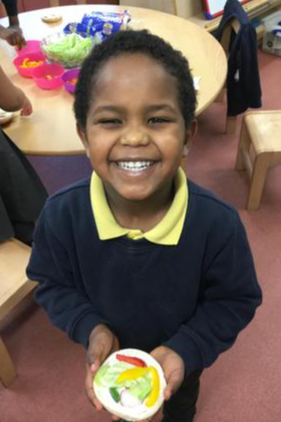
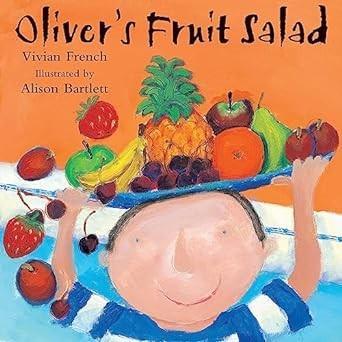
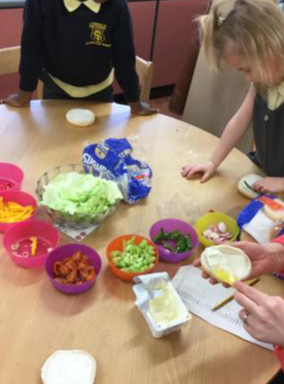
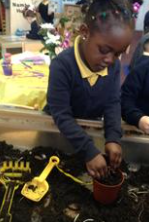
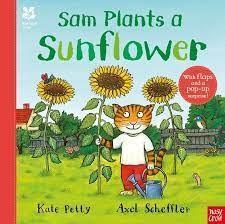
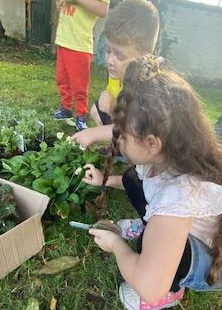
Scientific learning and enquiry for our youngest pupils happens not only through direct teaching, but in the culture of curiosity and intrigue which staff work so hard to create. A hugely important starting point is helping the children to: observe things around them, notice things and begin to develop the language to comment on what they see or experience, and begin to question and wonder why and how things happen.
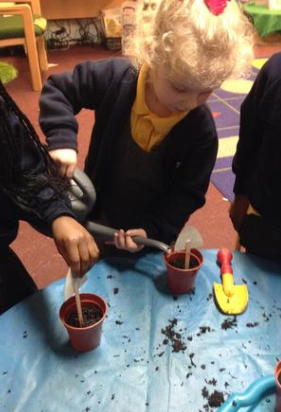
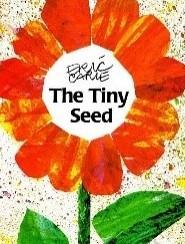
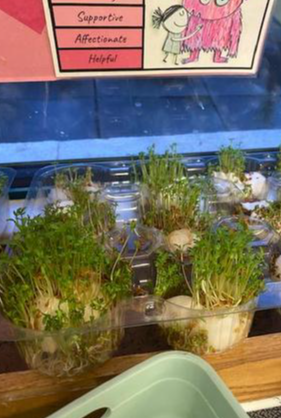
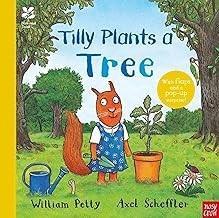
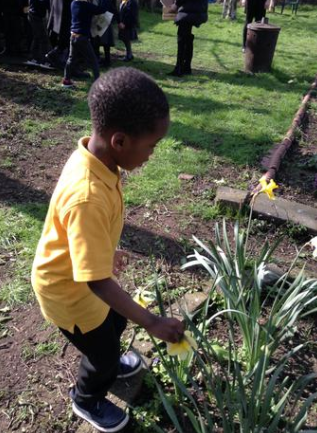
Many everyday experiences, when talked about and exemplified in high quality texts, form the basis of early scientific understanding. A great example is learning about weather: types of weather, dressing for the weather, the effect of weather on the environment and in the activities we choose to do, e.g. puddle jumping, flying a kite or sunbathing! Children enjoy the routine of observing the weather each morning and recording this on their class calendar. This is extended at different points during the year, e.g. in Reception, children complete a homework project observing and drawing the weather for each day of their half term holiday. They also role-play being weather reporters in our classroom weather station.
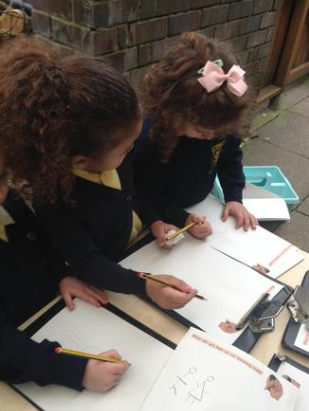
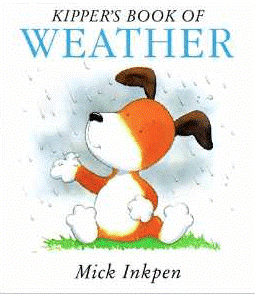
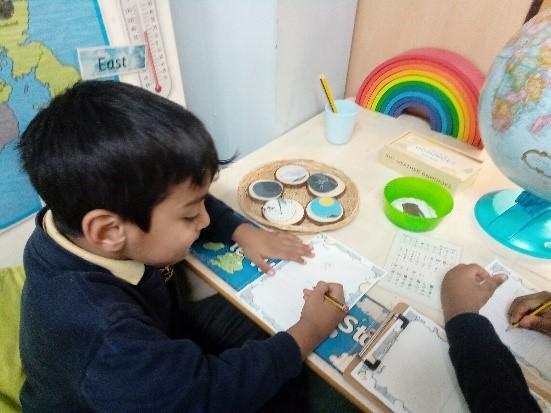
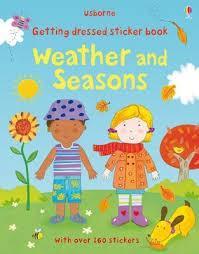
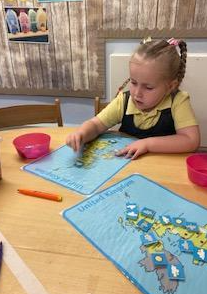
Building on from their knowledge of weather, children are helped to notice and discuss the seasonal changes that happen. This is taught directly at group time, but then returned to and revisited throughout a given season with lots of linked learning in provision, both planned and ‘in the moment’. Staff focus on key language to describe the seasons and choose high quality texts to support this.
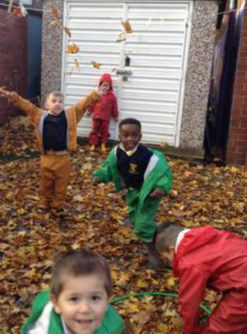
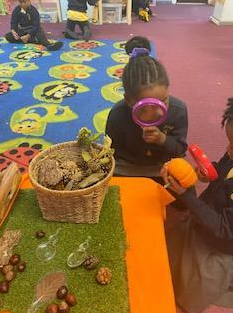
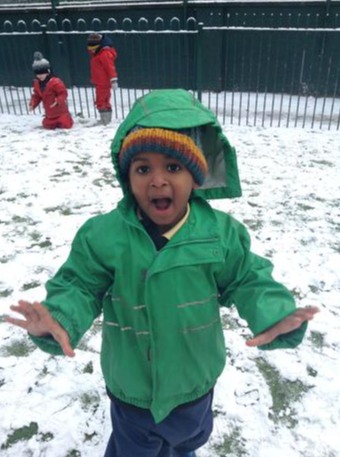
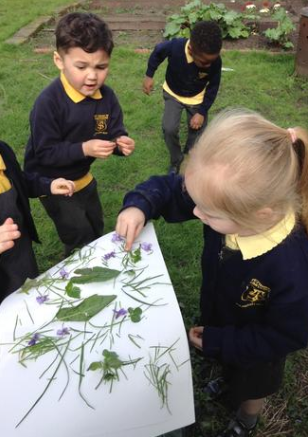
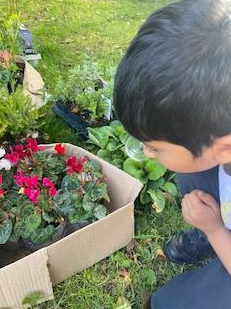
The curriculum in both Nursery and Reception features many different learning themes relating to Science and, within these, children are taught new knowledge and language. Themes taught and revisited include: the human body, our senses, being healthy, animals, lifecycles, materials, forces (including push/pull and later floating/sinking), shadows and plants.
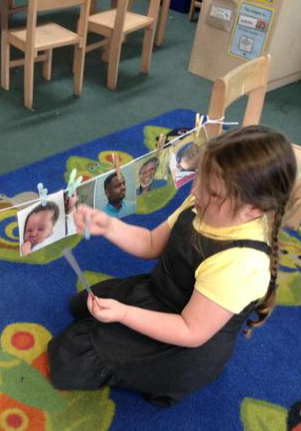
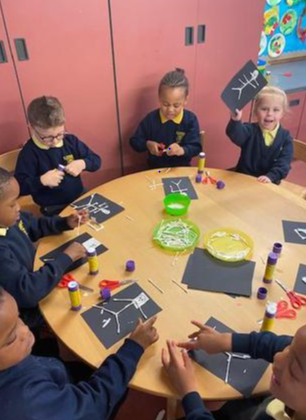
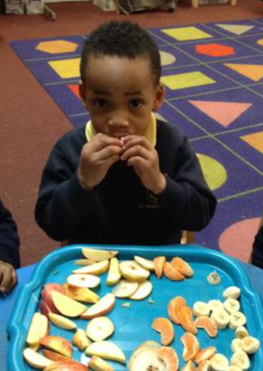
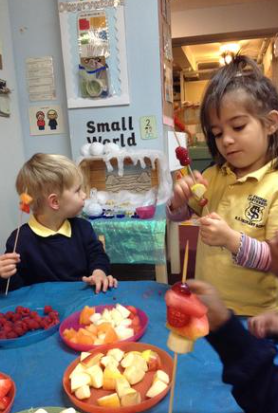
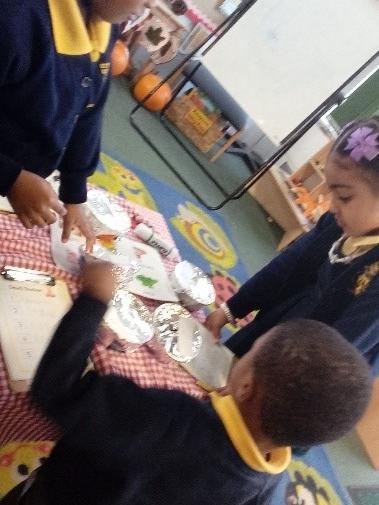
Hands on experiences are key – in terms of engagement, but also in terms of children understanding and building the desired vocabulary. Many experiences are planned and catered for within the classroom provision; however, every effort is made to also source visitors into school and to arrange trips and visits, where possible. Particularly popular is our yearly ‘egg hatching’ experience and farm visit, as well as some more recent events, such as our ‘Owl workshop’.
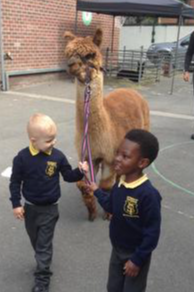
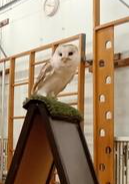
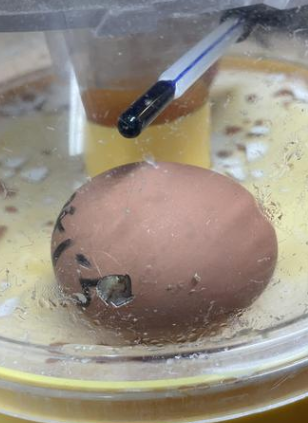
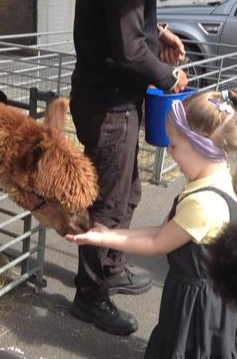
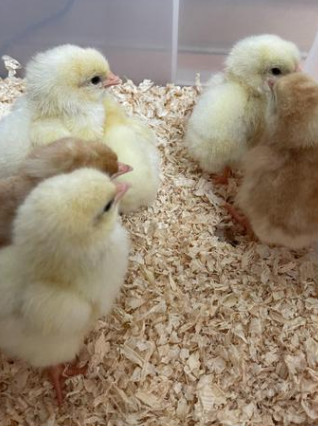
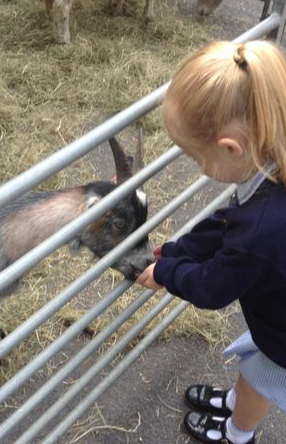
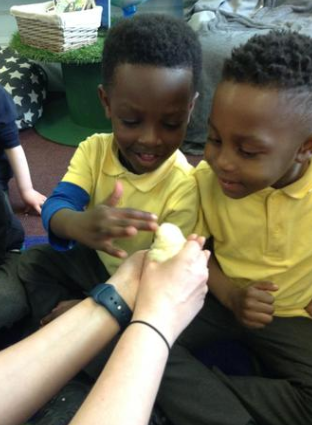
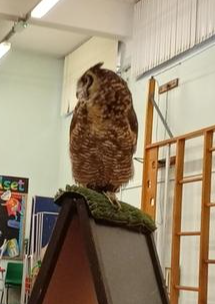
EYFS Curriculum Areas and Strands
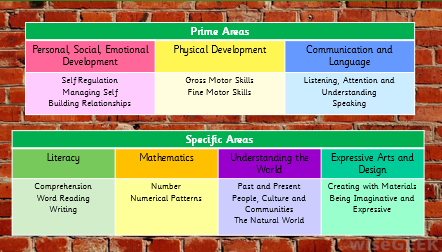
The document provided below titled ‘EYFS Learning Progression for Science’ seeks to exemplify how the subject of Science features and progresses within our Early Years Foundation Stage Curriculum, in preparation for children to then transition to the Primary Science Curriculum. This overview has been tailored specifically: knowledge and skills recorded are those that embody the subject of ‘Science’, but also included are knowledge and skills that underpin, pre-curse or have relevance to learning in Science or to developing as a scientist.
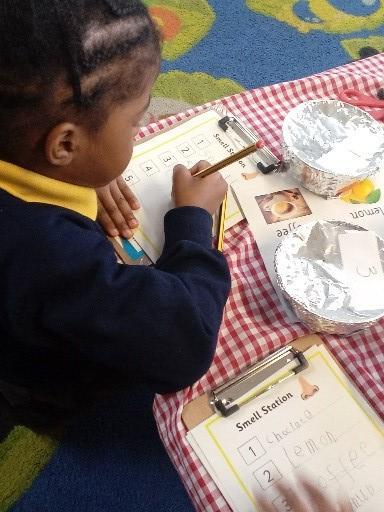
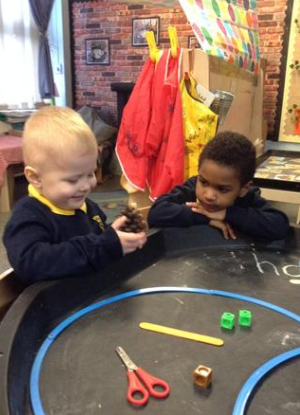
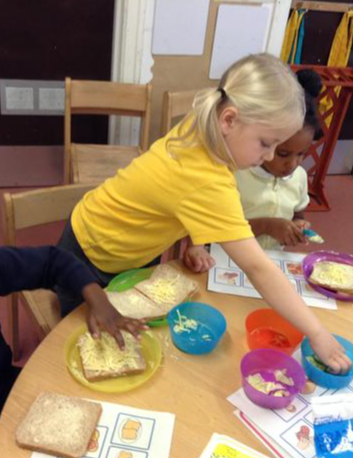

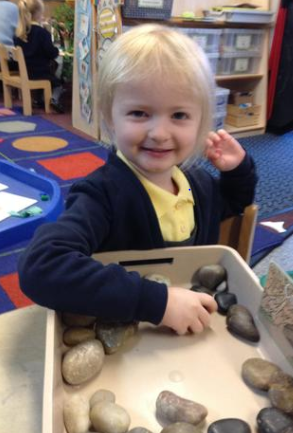
Some skills have a very obvious connection (e.g. within the ‘Knowledge of the World’ specific strand of the EYFS Curriculum – these have been shaded in grey in the document); others, particularly those within the ‘Prime Areas’ of the EYFS Curriculum (Communication and Language, Physical Development and Personal, Social and Emotional Development), are perhaps less obvious, but are in fact of fundamental importance. These skills enable children to engage with and respond to learning within a subject. Within our particular school context, staff in EYFS ensure a heavy focus on the Prime Areas of Learning. This focus is reflected in the inclusion of linked Prime Area Learning in this document.
An additional document titled ‘Accessing Learning’ has been included below. This details skills from the EYFS Curriculum that are of crucial importance in accessing teaching and learning and therefore play a crucial part in our pupils making a successful transition from our Early Years Foundation Stage Curriculum to the Primary Curriculum. These skills can often prove particularly relevant for our most vulnerable pupils, including those with SEND, and so in any instances where a pupil is struggling to participate or progress within lessons, these skills can be considered more closely by teachers.

Human Digestive System
Our Year 4 children have truly risen to the challenge of their holiday homework, creating wonderful models of the digestive system for their current science topic. Well done future scientists!
Y4 Human Digestive Systems
BRIGHT SPARKS ENRICHMENT CLUB
Our Bright Sparks club takes place after school every Tuesday. The children have enjoyed working as part of a team to build structures using only toothpicks and blu-tac! They have applied their knowledge of 3D shapes, whilst developing their skills of joining and strengthening to create sturdy structures. Mrs Quinn and Miss Kakanskas have both commented on how well the Year 3 children have cooperated, sensibly sharing their knowledge and skills.
Year 1 Animal Handling Workshop
To mark the end of their Animals Including Humans topic, Year 1 had a visit from a lady who brought lots of animals in for us to observe and handle. The children used their newly acquired scientific knowledge to name the group that each animal belonged to. They were also able to recall some of the features of the different animal groups. Well done Year 1!
RHS Bridgewater Trip
The Year 6s travelled to the RHS Garden Bridgewater in Autumn 1, to revisit their 'plants' topic in science from the previous academic year.
As well as exploring the 153 acres of gardens, they participated in a workshop where they looked at how plants reproduced, including looking at spores under a microscope, and investigated how some plants have evolved over time.
Waterproof or absorbent?
Year 1 have been working scientifically to investigate which gloves keep our hands dry. We identified the material that each glove was made from and we tried to use the scientific words: 'waterproof' and 'absorbent' to explain why our hands were wet or dry. We learnt that materials like rubber and latex are waterproof because they do not let water pass through, and materials, such as paper and wool, are absorbent because they let water pass through them.
We are scientists!
Click on the link above to see some photos and videos from our extraordinary Science day!
We all had a brilliant time on Science Day, working in groups from different years. The teachers were very impressed with how the children looked after each other and worked as a team, helping each other to build their items and solve any problems along the way.
We watched an unforgettable, impressive science show, followed by making our very own fan-powered cars and rockets! It was most definitely a day to remember!
Year 5
To enhance our learning of Living Things and their Habitats, we visited Chester Zoo. We experienced different animal habitats, such as the bat cave and islands, and we also got to learn about different animal feeding routines.
For our workshop, we explored the Islands exhibit and used classification keys to investigate the five different vertebrate groups. We were challenged to find vertebrate and invertebrate species and presented our discoveries back to the group.
Chester Zoo
Museum of Science and Industry Trip
Year 5 visited Jodrell Bank (a world- leading science research site). The children explored the Lovell telescope, learnt so much from the incredible scientists who work there and they got to experience numerous practical activities. The children asked some interesting questions and received some jaw-dropping answers that blew their minds!
Below, you will find an array of pictures, including some experiments and investigations that were carried out throughout the day.
Jodrell Bank
The Year 5's measuring forces in newtons
The Year 5's had an important task to solve a serious crime! They were given 3 suspects and had to work out who was guilty by assessing the forensics against their statements that were given to the police.
First, the children took fingerprints, which they then analysed against fingerprints left at the scene of the crime. They also brushed for hand prints and investigated footprints. The children enjoyed matching ink samples from a note, using scientific equipment .Finally, through testing the PH level, they took samples to match soil that was found on the scene.
Forensic Scientists for a day!

http://homeworkhelp.stjohnssevenoaks.com/science/index.html
http://www.bbc.co.uk/bitesize/ks2/science/
http://www.bbc.co.uk/schools/websites/4_11/site/science.shtml

Knowledge Organisers
The year group links below will lead you to the Knowledge Organiser for each unit of work. Each Knowledge Organiser contains the key knowledge taught in each topic.

